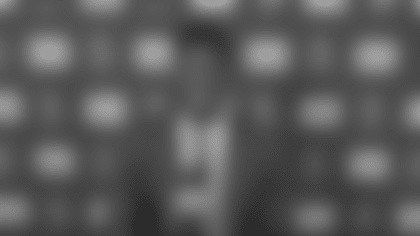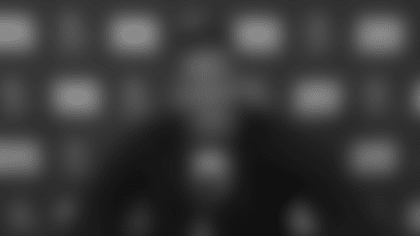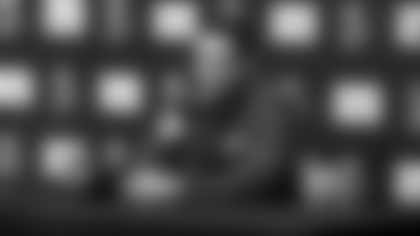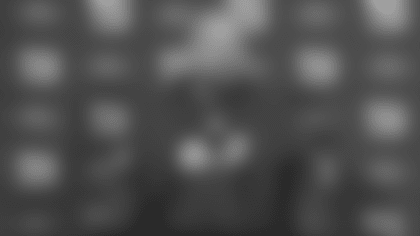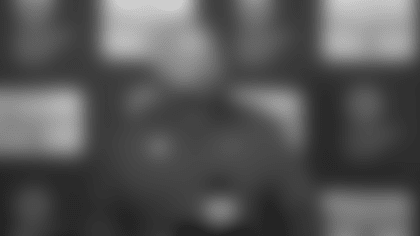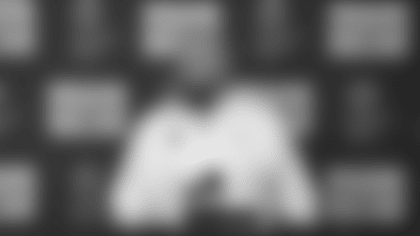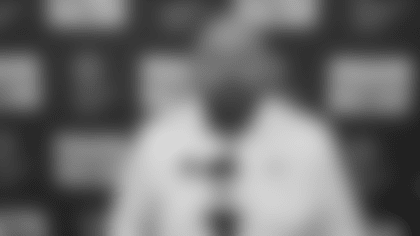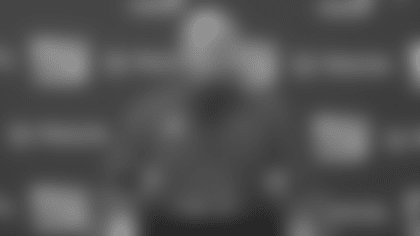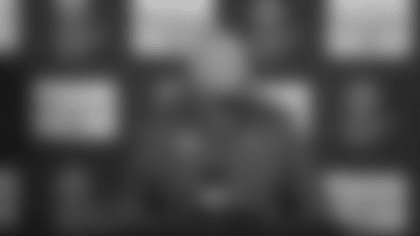Head Coach Joe Judge
Q: Several times this year, you have used a timeout right after the other team has used one. I know they're all unique situations, but do you view that as if you have one available, there's no risk in kind of using it to see maybe what the offense came out in and just using it strategically because you have it?
A: There are all different situations in terms of it. Maybe you're trying to sneak a look at what they're doing. Maybe there's an adjustment you want to make to your own defense or maybe it's a situation where it could be a kicking situation as well. They're all unique. If you have one, you think it's the right time to use it. Ultimately, you'd like to save your timeouts as much as you could for the end of the game. But there are certain situations that may tie into scoring situations, third or fourth down go-for-it situations, or sometimes just within the middle of the drive, you have to go ahead and stop the clock right there and make an adjustment.
Q: I don't have to remind you there's only one win so far, and you're playing the team you have it against. Is there anything you draw from that this week when you talk to the players in terms of either X's and O's or just sort of recapturing the feeling of that win afterwards and things like that?
A: No, the only thing that's relevant from the last time we played this team is what we can learn about ourselves and how we matched up with them individually, and schematically how they tried to attack us. But they've made adjustments as well. We went into the last game plan based on the tape before our game. You go through our game, there were things they did different than we expected. Then they played Dallas and obviously had an explosive game. Then they had a bye week, which gives them time to make adjustments internally. I don't expect to see the same team. They've been playing at a very explosive level. They're very talented. I don't expect to see the same game plan from them. We can't go in and just think it's going to be the same game. Obviously, it's the same uniforms, but they're going to make adjustments. We have to make adjustments as well.
Q: You guys claimed Dante Pettis on waivers. I was just wondering what made you guys want to go and get him and what do you like about him as a receiver? He obviously has experience as a returner from college that was pretty prolific, too.
A: I think there were a lot of guys who had exposure to him from when he came out from college, as you just referred to. He has a level of talent, we'd like to see him in the building and give him a chance to get out there and work. But we're always looking at the waiver all the time and trying to see if there's any way we can add someone to our roster we think can help. He won't be available for a few days until he's through the protocol to get into our program. It gives him a little bit of a window of time to travel and kind of get acclimated. It gives us a little bit of a window of time with the current roster right here. But we have a spot open right now. We're only at 52 until he officially counts.
Q: You said you expect for everything to be business as usual with Golden (Tate) today. Did he report and is it business as usual?
A: Yes.
Q: You're obviously a first-time head coach, sort of a blank slate. How aware are you with every decision you make, you're setting a precedent, whether it's what you did with Golden or with Andrew Thomas for being late? How aware are you of how that's setting a precedent?
A: Yeah, I'm conscious that my decisions will always be looked at throughout the building and for every decision I make. The biggest thing I have to do is be consistent in the decisions I make based on the circumstances involved. I have a philosophy, we have team rules that are clearly laid out to our players. There is not a lot of gray area in anything we do as a program. It's what it is.
Q: I have a different question but just to follow up on that for a second, did you feel the need to talk about this specific case with the entire team? What's the thinking behind that when you get into these situations?
A: Yeah, I address decisions with the team on a regular basis. If something happens, I'll talk to them in the squad meeting or I'll address the captains individually or as a group. But whoever needs to be communicated with, I always keep them in the loop.
Q: Also, what have you thought about your defense this year? How much more are you able to throw at the guys now maybe that you're midway through the season than you were early in the season?
A: At this point in the season, they're used to some of the multiples we're dealing with. It's given them some time, working with Pat (Graham) and those coaches, they've really gotten kind of a feel of being on the same page as them. You can see the players able to handle more right now. Not because they couldn't handle it mentally before. It just was a new system. There are a lot of details in terms of how you want to do things. When I turned the tape on from the other night, I saw our defense doing a lot of things that we've been working on one way or another over the last, call it a month or so, that are really starting to take shape in the way that we really pictured with the details, the understanding, the adjustments, the communication. That's moving in the right direction. I think Pat's doing a great job with that. The entire defensive staff does a tremendous job in terms of trying to find the right matchups for our guys and the right plan on a weekly basis.
Q: You talk all the time about things you'll tolerate on the team with the players and things you need to improve with the team with the players. But you always mention the coaches with that, too. Players and coaches. Is this a sign of how demanding you are with your staff? Also, do you look at this as a growing staff also that needs to improve along with the players?
A: I need to improve, every coach on the staff needs to improve, every player needs to improve. That's our job. On a daily basis, we have to come in and be better than we were the day before. There are no exceptions, no matter what your record is, what point you are in your career. That never stops. Improvement has to be the constant right there. But the reason I talk about the coaches is because, yeah, we're all held accountable. We're all responsible for how our players are playing, how our units are playing and how our team is playing. That's our job. We're measured by the results on the field. Every coach is held accountable like every player is held accountable. It starts with me.
Q: What did you think of Andrew Thomas the other day? Did you think that he took a step forward?
A: Yeah, I've seen this guy take a step forward every week. I thought he did a good job the other night, along with Shane (Lemieux) and Matt (Peart) and Nick (Gates) and Cam (Fleming) and Kevin (Zeitler). I thought they all played a good game, played a tough game. There were obviously plays you turn on you have to correct technique or maybe an assignment or communication thing. That's always going to happen. We're always striving for the perfect game, but within that, we're all perfectionists so we're always going to find something to go ahead and pick on and make sure we tweak and improve. That being said, this guy has been playing with great effort every game. He's been doing a really good job coming to work every day and just putting the team first and doing everything we ask him to do.
Q: Logan (Ryan) shared with us yesterday the story about what had transpired with his wife and the medical situation. But he told the story I think to kind of praise you and the organization and what you're trying to build. Can you shed any light in terms of your approach when something like this happens with a player? I know earlier this season, what happened with Derrick Dillon and letting him go home and come back. How important is that, to let your players know that that's the way things work within your program?
A: I think you need to keep things in perspective. There are some things that a guy may come to you and you say, 'hey look, we can't miss practice or a game for that.' There are other things that are real life critical. You have to have relationships with your players that you understand what makes them tick, and they have to have a relationship with you to understand that you have their best interests at heart. We're very demanding of our players. I don't apologize for that. I'm not going to apologize for that. I'm very critical of our guys and I'm very blunt and honest with them. But at the same time, if you generally care about the players you're coaching, then you can coach them hard and you can be critical, because they understand at the end of the day that you're coming from a genuine place and you're being sincere to try and help them. I don't want to go too far into Logan's situation. Pat (Hanlon) mentioned to me earlier that he had shared that story. To me, look, there comes a point where you have to keep in perspective that your job, no matter what the profession is, is your job and your family is your family. You have to take care of your family first. I've known Logan for some time. He's a tremendous family man. But for any player in our locker room, if they have a similar situation, it's always going to be you put your family first. That's something I played and worked for a lot of coaches that have always put those priorities in line. The few exceptions that I've been around, more in the avenue of assistants that didn't put those things in priority, it was tough to buy into what they were trying to sell to me in the position room, to be honest with you. They kind of lost me pretty fast as a player. I always took that with me when I got into coaching that you can't make it all about the X's and O's. As a coach, I can't ever let players feel any kind of pressure that we may feel as coaches. That's not their job. It's our job as a team to perform and improve. But I'm a very big believer in relationships within a team. It kind of ties in a lot to what I said yesterday in terms of keeping things internally. That helps as far as keeping these relationships strong and building that trust we need to get through a lot of situations.
Assistant Head Coach/Defensive Coordinator Patrick Graham
Q: On third and long, obviously you have a decision every time whether you're going to rush and blitz or you're going to send maybe three and play coverage. What goes into that decision and what are the pros and cons of each approach?
A: Like always, it usually starts with the people, that's how I look at it. How many people do we have to cover? If the number gets great, we have to be mindful of that. Personally, for me, after the people, how many people do we have to cover, before I even get to our guys is the experience of the quarterback. To me, in those third and longer situations, in my short two years of being a coordinator, when you play zone sometimes, I get worried sometimes based on the experience of the quarterback. Sometimes I like to be on him more based on the experience of the quarterback if they're younger. That's just in a general, like you when you ask a big picture, I'm not saying it specifically for this week. If you ask me when I'm at the pool in June, that's what I'm thinking. From there, it's just in terms of the rush and the part of the game that we're at. If it's the end of the game, you need the play, you might want to force the ball out quick, so you bring a certain rush to get the ball out quick. If it's early in the game and just a little bit more conservative by nature, then you might three-man rush it. Try to manipulate it so you can get some pressure off of it. Those are some of the things that go into mind right there. For me, it starts with who we're covering, who's the quarterback and from there the situation and where it's at in the game.
Q: Can you talk about the challenges and maybe the difficulty of manufacturing a pass rush? Some guys have one guy who's going to get 10 or 15 sacks, maybe two guys. You guys are on pace for 40 sacks, but no one is on pace for double digits. You don't have (Lorenzo) Carter, you don't have (Oshane Ximines) X-man. (What's) the challenge of a guy that has to move these chess pieces around?
A: I think it's less the chess pieces moving around, it's more these guys just figuring out ways to get to the quarterback. Our guys, they work pretty hard at it. In terms of the coaches that deal with it the most, Bret (Bielema) and Spence (Sean Spencer), they deal with a lot with the pass rush. I would say that Kevin (Sherrer) is involved with that as well. By nature, because I am an old D-line coach, I get involved in the pass rush a little bit. I think the fun part about it is we have to be coordinated. I think the more you look at how this league is changing and it starts probably in Pop Warner and how it is in college, all these quarterbacks can move. When I first got in the league, it was certain quarterbacks you had to worry about them getting out of the pocket. Everybody is live in the red area, everybody will scramble in the red area, we all got that; there's points at stake, all that stuff. Out on the field, when I first got in the league, we didn't have to deal with that many quarterbacks that could move and you were worried about it. You could play 2-man and not worry about it because so and so wasn't going to scramble. You didn't have to worry about spying him. The more quarterbacks that can move, you just go up and down the list of quarterbacks we've played. Really, you say Tom (Brady), but Tom moves in the pocket pretty decent. I'm not saying he is going to scramble for 20 yards. We've dealt with every week a quarterback who can move. That's probably the challenge. Even if you've got that guy who can get 12 to 15, that's cool. The other elements of the rush, you have to piece it together to make sure you're caging the quarterback up. That's what we have to keep continuing doing a better job of. Not letting them extend plays. I think it's fun anytime we get the chance. I don't know if it's based on our players but just the challenge of rushing an offense. The O-line coaches in the league, there's only 32 of them and they're really good. Usually, you look at most staffs, the O-line coach is the best coach on the staff in terms of detail. I tell the guys all the time, if you want to know anything about yourself, you need to go ask the O-line coach. I'm sure he has a list up on those guys all the time. You want to know what you're doing, ask the O-line coach. That's probably the biggest challenge right there.
Q: How are you guys incorporating new players every week so seamlessly? It seems like every week you either have new players to the roster that are suddenly playing say 30 or 40 snaps. Or rookies that you're acclimating that haven't played yet and suddenly are making big plays for you. I would imagine there is a lot of detail and a lot of preparation even weeks ahead for some of these guys for these roles. How much detail is there put into that? Why are you guys looking like a defense that maybe has been together even though you keep adding new pieces?
A: First is the hard work the guys put in. Whether it's they are a rookie or it's their first day here, they have to put in the work to see the results. We want to push people to get out on the field, but if they don't show us they can handle it, it's not going to work out. They do that. Secondly, I would say it's the coaches. Not just the position coaches like Bret, Spence, Kevin, Jerome (Henderson). It's also the guys behind the scenes like Mike (Treier), Blev (Anthony Blevins), Jody (Wright). Those guys, when we're game planning and you have new guys, they spend the time, whether it's zoom or what have you, to get these guys right to help them get prepared. That plays a huge role in what we do. It's a huge role in terms of their development in terms of being young NFL coaches. We can push that down the line. To me, I remember when I was put in that position. I was proud when I'm like you know what, I helped get that guy right. It was a big deal. He gets his one or two plays in the game and he gets it right. I'm sitting there and you get pat on the back like you got him right. That's a big part of it. Is there detail? I hope, yeah. We have to be detailed about everything. Really it comes down to development of players. Football is a physical game, you're going to lose guys throughout the season. You have to be constantly thinking about developing players, the roster. Joe does a great job of laying that foundation. Again, that's how we learned. Those guys that aren't playing in September, they're going to be playing in November. That's just how it happens. Something is going to happen, they have to play. You have to look ahead in terms of the development of your roster or you're going to get caught short. Nobody cares, Washington doesn't care if so and so is hurt, they don't care. They are going to go out there and try and kick our butt, they don't care. You have to develop the roster and hope those guys are prepared and put the work in to do so.
Q: James Bradberry seemed to travel a lot last week. What goes into that decision? Is it the other receiver you want to take out of the game or is it part of the game plan? McLaurin this week is a pretty good guy, too.
A: Yeah, pretty good, to say the least. I think part of it is strategy, I'll give you that. Part of it is strategy, you can start the game one way and then say okay we're going to switch it in the second quarter. We started the game one way, okay we're going to switch it in the second half. That's part of the whole chess piece moves like we were talking about earlier. Then it's definitely based on the people like in terms of skill set. How do we see the matchup? Do you take into account the other people playing defensive back? Absolutely. Does so and so matchup better with him, so let's move these pieces around. Just by nature, JB (James Bradberry), he's been in the league longer. He can matchup with numerous guys. He's a good chess piece to have, I keep using that phrase. He's a good piece to be able to move around because we can match up him different places to help make it easier or help play to our advantage with some of the other positions. I think that answers your question.
Q: You mentioned the acclimation for guys coming into the defense. I'm just curious from the rookie perspective, you mentioned that you guys are always looking ahead. Take us inside that process a little bit. How far in advance are you with some of these guys? Is it a delicate balance to not rush guys based on need? When Zo went down, you could've pushed X-man, you could've pushed more snaps on the rookies. It seemed like you kind of stuck to the plan rather than putting those guys maybe in positions that they would not succeed.
A: I think, just like I've always said, everything is a reflection the head coach's vision. I've been lucky in my career every place I've been. I've been able to hear what the coach's vison is and I understood it. Just being close with Joe as a coach and as a friend, I see his vison for the team in terms of how we have to develop these young guys. When we draft the guys that we had on defense, we knew that whatever the process was going to be, we had to keep pushing it to get them better. Improve daily and then put a little bit more on their plate and then the coaches understand that. That comes from being like-minded and understanding that part of it. How far ahead do you look? Joe talks about breaking up the season in quarters, he talked about that. We all know about Thanksgiving, that's when football starts. To me, you're trying to always build towards that. When you hit November, you're playing your best football and you're playing your best football with who's available because something is going to happen. Because I have been in the league a few years, as soon as the season ended and we drafted guys, I'm starting to think about that, to be honest with you. Not the minute details of it, but you have to think about it. You draft a young guy, where's he at? We had Zo (Lorenzo Carter), we had X (Oshane Ximines), we had Fack (Kyler Fackrell). Where are these young edge guys going to play into it? Are they going to start right from jump? No. You have to say how are we going to develop them? What is the best way to do it? That's how you go about it and see how you use them as weapons. If we need them against Washington, let's use them against Washington if that plays into the game plan. You have to look ahead, that's how I was taught to do it.
Q: You guys have told us from the start that this is going to be a very multiple defense. It looked on Monday night like you kind of threw everything you had at Tom Brady. How much of that would you have been able to do earlier in the season? Obviously, there were the limitations this summer and in the spring in general. How much more can you add going forward?
A: The beauty of how we've installed and how Joe laid it out that he wanted us to talk to guys. We spent a lot of time in the spring and again, learning this from Flo (Brian Flores), learning this from Matt Patricia, learning this from Bill (Belichick), install the core concepts. So, install cover three. Don't worry about whatever the call is for cover three, install the version of cover three. What's the curl flat, what's a hook curl? If they can understand that and the whole group can understand it, then you can have 10 calls that are still cover three, but people are in different spots. We took our time to do that and that's what I've learned over my career, that's the best way to do it. To be able to be more multiple as you push down the year. Whether it's cover two or whatever it may be. Just making sure they understand what the core concepts are, so I can say, 'okay, you go play this spot.' Play this spot, it's the same thing, you were in the same meeting. Same meeting, same technique, go do that. Obviously, it grows as time goes on. I'm just telling you, we're not doing that much stuff. I know everybody is thinking it, but we're not doing that much stuff. We just try to do what we can execute, and the guys are trying to do it at a high level. We have a ways to go in terms of improvement. I obviously have to do a better job coaching and a better job of getting them to understand all the fine details of it and also calling the game. It comes from the hard work they put in in the spring and the zoom meetings, to be honest with you. I would assume that even Dalvin (Tomlinson) could tell what the job of the curl flat is.
Q: It seems like the league is trending a lot more toward just generating front four pressure. Your players seem to do it, you guys have done a real nice job. Can you talk about what Leonard Williams and Dalvin Tomlinson have been able to do and how they have grown as pass rushers this year?
A: I think they all have the talent. Obviously, there is nothing new that I've done. As you've seen on tape, that's why we're willing to put them in those spots. The thing I've seen in terms of development. The biggest thing for Leo (Leonard Williams) was let's hit quick man, let's go. Let's hit the move quick and let's go, get to the quarterback. Just do that. Dalvin, he's playing with good pad level. He's always been powerful, he's always been explosive. He always has good hands in terms of his hand work. The biggest thing for me is pad level. When it comes back to the rush, fortunately football is simple and I'm a simple dude. It comes back to pad level. The pad level leads to the violence, whether it's the run game or the pass game. You ask those guys, they might think I'm a jerk. I don't talk to them about any moves, I don't care. I just say you have to be lower than them and that's all I say to them, period.
Offensive Coordinator Jason Garrett
Q: I'm just wondering how much have you sensed frustration, if at all, with Golden Tate and sort of the role he's playing here?
A: I don't really want to comment much on that. That's something for Coach Judge to comment on. Obviously, Golden has done a good job for us when given opportunities. We try to get opportunities for all of our guys and give them chances to help us contribute.
Q: Do you feel the need at least to talk to veteran players who are kind of in that position and kind of explain to them what you guys are thinking and what their role is and really define it for them?
A: I think what you try to do as a coach is communicate with all your players, and have those conversations and communication be daily. Obviously, guys' roles on teams change day by day, week by week. We're doing everything we can to try and win a ball game. We as coaches and our players understand that you have to embrace every role that you're in.
Q: Did Andrew (Thomas) take a step forward you think in your last game? It seemed like he played a little better, had some good blocks. Were you encouraged by his performance?
A: Yeah, Andrew's a young player. It's hard to play in the National Football League as a rookie. It's particularly hard to play left tackle in this league, and particularly hard to go against some of the rushers he's gone against over the first half of the season. Throughout the season, he's done some good things. Obviously, there are plenty of areas where he needs to get better. But we all need to get better. Every player on our team, every coach on our team. I thought he did a good job in the game the other night against a really good defensive front, really good pass rushers. He hung in there well. Really good evidence of him run blocking at a high level and pass protecting at a high level. But certainly not a perfect performance. A lot of stuff in the game you go back and you say, 'this can be better, this can be better.' That's what we'll continue to do with him and everybody on a week by week basis.
Q: Daniel (Jones) said the other day that he needs to do a better job of understanding when the play is over. You were a quarterback, obviously. How difficult is that to "give up on a play"? Also, have you dealt with other quarterbacks that you had to coach that out of also, and how did you do that?
A: I think that's the nature of most quarterbacks. Quarterbacks who are worth their salt have a playmaking instinct in them. They want the ball in their hands and they want to be the guy who's guiding the offense but making an impact on what goes on on the field. I would say every quarterback I've been around who's been a really good player has that same instinct. Over time, you learn through experience what plays you simply have to fold on, and you have to get the ball out of your hand and live for another day. Whether it's punting on the drive or just simply going to second and 10, I think that's an important thing to understand. The more situations you're in, if you approach them the right way, you'll learn from those experiences. Daniel continued to do that. Most guys I've been around have gone through that very similar process.
Q: Did you have any moment on the field that you did something and you were told, 'look, the play is over, don't be a hero'? Was there anything that stuck into your head that helped you?
A: When I was player? Yeah, I didn't have those playmaking capabilities that these guys have. But certainly, it's the same thing. It's a mentality that you have to develop over time. We ask our quarterbacks to run our offense, make plays in the passing game, make plays with your feet. You're always balancing that with putting your team in a position where they can be successful. Taking care of the football is a big part of that. That's a process that I believe all quarterbacks go through. I certainly went through it at different points in my career.
Q: As far as it goes with Daniel, are there things that you can simulate in practice to kind of drill that into him a little bit more? That sometimes you just need to get rid of it or sometimes just take the sack. Are there things in practice you can simulate rather than just drilling it through game film?
A: I think the most important part of practice is 11 on 11 type situations and trying to make those as realistic as possible. You try to do that in seven on seven situations, even when you're working on one on one. If the timing isn't right and you have to move on, try to make it as game-like as possible. There are certainly plenty of drills we do in individual period to try to help all our quarterbacks do those things well physically and also with their decision-making. That's a big part of coaching quarterbacks, and we'll continue to try to do that.
Q: Do you sense the requisite urgency on his part to kind of combat this, because it seems like it's an ongoing thing and has been since he arrived in the league?
A: I don't think there's any question he recognizes the urgency of it. Daniel is such a hardworking guy, he's such a passionate guy. He's so invested in being the best player he can be and helping us be the best team we can be. We love his approach. We love what he's all about. He's done so many good things for us this year. But we do have to eliminate the negative plays, and he recognizes that. That will be a thing we continue to work on and focus on as we move forward.
Q: Do you think you're at a point now halfway through the season without a preseason that you have a better feel of what all your players can do and how to scheme them? It did seem on Monday night like you had the Buccaneers chasing a lot, that guys were open, that with the exception of the two turnovers, it seemed like you guys were clicking. I was wondering if you think without that preseason, it just required a little time to kind of learn the talents and skillsets of everybody before it got going.
A: I just think it's an ongoing process with coaches. You're always trying to learn more about your individual players and what they're capabilities are, and then different parts of your unit. Whether it's your offensive line or your tight ends, receivers, quarterback, runners, you're always trying to learn them and play to their strengths and minimize maybe some of their deficiencies. That's a big part of coaching wherever you are. I think the more you're around people, the more you get to know them, and maybe most importantly, the more guys get experience, a lot of young players playing for us right now are learning as they go. Again, their approach has been outstanding. I think you see them improve. They improve on a daily and weekly basis. That's really what you're asking for from them as a coaching staff, is to come in the building every day with the right mindset and the right mentality to continue to grow and get better. I believe we've done that. We have a long way to go, obviously, individually, as a unit, as a team. But guys are approaching it the right way, and that gives us a real good chance to get better week by week.
Q: This question kind of complements that. How much has your playbook expanded as the season has progressed? Is that just sort of a natural thing where you can't throw everything out there Week 1, and it just builds to this point?
A: Again, I think it's knowing the players and being able to play to their capabilities. It comes with experience, it comes with time. You have to practice, you have to practice together. Unfortunately, nobody in the league this year had preseason games. That's a great opportunity to grow and get better. But over the course of the season, the best teams are the ones that grow and get better. They're better in Week 2 than they were in Week 1, better in Week 3 than in Week 2. That doesn't always have to be a progression where it's always taking steps forward. But over the course of the season, you have to improve, you have to get better, and you have to make that a point of emphasis for everybody in the organization. Again, our guys go about it the right way, and I think that's given us a chance to grow and get better offensively and broaden our capabilities. Hopefully, that will continue this week.
Special Teams Coordinator Thomas McGaughey
Q: You're probably the only staff in the NFL with three guys on it who were or are special teams coordinators. What does that brain power do? Does it allow you as a staff to do some different things? Your stuff last week with the putting pressure on the punter and not putting a guy back. What is that like, that whole synergy, with three guys who were coordinators you can kind of bounce things off of?
A: It's a ton of experience here in the building. When we sit down to game plan, it's a collaborative effort. We sit down and try and find ways to give us an edge as a group. Being able to have all the different experience and knowledge in the building, obviously that's a benefit. At the end of the day, we all come together, we make a decision. Once we make the decision, we go on the field and we try to go execute. That's the bottom line. It is good having all that experience in the building for sure.
Q: Do you find yourself interacting with Joe as the head coach more than you have done in the past with other head coaches who didn't have that special teams background?
A: Absolutely. It's definitely been a different experience for me as far as being a coordinator. Having a head coach who has been a coordinator before, I've had that experience before. Coach (Dick) Vermeil, I was a young coach and coach Vermeil was obviously an older veteran coach at the time. Being able to talk to your head coach and he understands exactly what's going on. How to attack it or what's the issue, what's the problem or with the 46-man roster. All those things that go into being a special teams coordinator, all the nuances of the job. It's excellent having him as a head coach.
Q: You guys claimed Dante Pettis yesterday. I know he's not going to be in the building for a while. What did you see from him as a special teamer coming out of college?
A: Dante Pettis was one of the best punt returners in the history of college football. He had, I think, it's nine punt returns for touchdown. Obviously, he's had some success in the past. Hopefully, once he gets here, we'll find out what his skill set is, what he can do. Find his strengths and try to play to that.
Q: On those punts last week where you had 11 guys up. Obviously, you are trying to block it. What's sort of the overarching goal there? What are you looking for?
A: Just to pressure the operation. If we block it, then that's gravy. Any time you can put pressure on the punter, that's what you want to do. That was what we decided to do. Came up, not short but you wished you could've blocked it. We had a good net result of it, a 33-yard punt, so it was definitely beneficial.
Q: How much did the wind play a factor? It didn't seem like either punter was really booming the ball. Does that play into it too?
A: The wind wasn't a strong factor. We were actually anticipating 30 to 40 mile an hour winds. During the day, it was blowing really strong. Once we got into the stadium, it was non-existent. It was still a little cool out there and obviously the ball is not going to fly as far as it normally does in 70 or 80 degree weather. It was a little different for Bradley (Pinion). We just pressured him and came up a little short.
Q: It looked like you had a new kickoff returner. What did you think? He had a couple pretty good returns. That seemed to me to be the way he earned himself more opportunities there.
A: Dion (Lewis) has done it before in the past. He's an experienced guy, he's scored touchdowns before in the past. I think it was a combination of our guys up front blocking better and just him understanding where to fit and where he needs to go. Dion is fearless, so he is going to hit it hard, straight, and fast. We got a good result, we got a couple good results.
Q: Why make that change now? What was the thinking behind it? You obviously had him the whole time as an option.
A: It was more of a situational deal. We were anticipating the wind and all that different stuff. We just threw him back there just to see if we could make some plays and it worked.
Q: I know playing Washington for a second time in a couple weeks. Offensively, defensively we would think familiarity with both teams, maybe you look to throw some wrinkles. From your perspective, can you guys do anything differently? Are there things you may have noticed in the first game and you think we can kind of attack them a little differently now? How does that work from your perspective? Does that familiarity with the units help?
A: That's from week to week. The tightness of the time is a little different. There's always a wrinkle here or a wrinkle there. Something that you can do differently than what you did the last time. The most important thing is just us. It's not about them, it's more about us and what we do and how we do it. We talk to our players about that all the time. Just the fundamentals of the techniques and the execution of the scheme. That's our main priority. Obviously, we're playing Washington, but we'll probably focus a little bit more on what we do and how we do it.
Q: Not to belabor the punt block thing. Is that just as simple as maybe you see possible weaknesses you can exploit in that specific opponent? That's an opponent specific strategy?
A: When you look at that tape and you look at certain people across the league, again this is a people league. When you think you can take advantage of a situation or you think you can put pressure on a punter, it might be situationally, conditions, it could be very windy. Is it a situation where he's going to have trouble handling the ball? Could the ball move? All those different things play into it. It's not just a certain guy, it could be a plethora of things that go into game planning. When we go in, we take all those things into consideration. Once we come up with a plan, we just try and go execute.
Q: Obviously, it was a good return by Dion (Lewis), but if he kicked it outside it looked like he might have been able to score. Would you coach that point hard to a veteran the same way you would a kid?
A: I don't have that ball in my hand. I can play coach on Monday or Tuesday when we come in and watch the tape. At that point in time, he has the ball in his hands. We put him back there because we trust him. When you get the ball in your hand and you make an instinctual play, obviously, we can go back and re-wind the tape and say, 'hey look, you should've cut over here.' He knows the same thing. He said it to me when he came in on Tuesday. I never tell those guys… they know where the play is designed to go, but if they make an instinctual play, then that's on them.
Linebacker Carter Coughlin
Q: Back in the summer and you start thinking about when you're going to get your first career sack, I don't know if Tom Brady would have been at the top of the list. What are the emotions Monday night? Obviously, you guys would have loved to come out on top, but regarding that play and getting a chance to get on the board, so to speak, with a future Hall of Famer?
A: Yeah, absolutely. Since day one, my goal has really just been to make the most out of whatever opportunities I'm given. That started out with special teams. I've been able to work my way into a little third down action and some defensive packages, and I'm going to continue to make the most of my opportunities. But when it came to it on Monday night, it was one of those things where I had been working it all week and executed it. But the cool thing about a sack is it's really an entire defensive unit getting that sack when you think about it, especially the one that I got. If Cam (Brown) and (Kyler) Fack(rell) didn't do their jobs, then I wouldn't have gotten the sack. That's what's cool about it. After it happens, celebrate with the team. Obviously, it felt really cool. But it was one of those things I couldn't think about it too much during the game. I got to celebrate a little bit afterwards, I talked to my parents and stuff like that. But that was coupled with a really disappointing loss. I would have traded anything to get that team win. Coming back today, coming back yesterday, we've been working really, really hard to bounce back after that and continue to improve week in and week out.
Q: One of the things I've noticed of late is if you look at the number of young guys who are making contributions, it seems like everybody is doing it. What does it feel like as a young guy and seeing everybody chipping in?
A: It's really cool to see the way that our team has really brought along the rookies. I know that's not the place everywhere, but I know at least in the outside/inside linebacker room, all of the veteran guys have been incredibly helpful for me, for Cam, for the rest of the linebackers, and I know that's throughout the team. We have a really special culture here in that way that the older guys look out for the younger guys. As I've kind of gone back and forth between the inside and outside room, I've needed some extra help from guys like Kyler Fackrell and Blake Martinez and all those kinds of guys. They've really been there for me. They've been helping me out day by day. That's what you see when the young guys get on the field. We're ready, we're confident, we're prepared, and it's continuing to increase, which has been really, really cool. It's a fun energy when I'm out there and I'm looking across the line and I have my rookie brother Cam Brown across from me. It's really cool. Then seeing the way that guys on offense have been stepping up. It's a special team dynamic, I think.
Q: Have you had a chance to go against Andrew Thomas at all?
A: I have, he's a stud. He's unreal, yeah. Matt Peart, too. Really, really good.
Q: And Shane (Lemieux) added to the mix now, too.
A: Oh yeah. Shane's a beast inside. You go against Shane Lemieux and you know he's going to thump you.
Q: You kind of touched on inside, outside. You've gone this year I think you've gone from outside linebacker to inside, now back to outside. Has that made the transition, your rookie year, more complicated, more difficult for you?
A: I'd say maybe on the forefront of having to transition from outside to inside and back, and kind of going back and forth. Maybe in the beginning it did. But the way I look at it is it's a pretty unbelievable opportunity for me to really hone in on what is the entire defense doing. It's a totally different feel playing outside linebacker compared to inside linebacker. But me being able to do both, I'm really understanding our defense and understanding where the inside linebackers are fitting because I know where I am as an outside linebacker, and things like that. I'd say yeah, at the beginning it was more difficult. But I'm really thankful that I've gotten to do that.
Q: Just to build on that point you made about the rookies working into the lineup. Did you know that was the plan? Did they tell you, 'we're going to get you on the field'? I know there have been injuries. Mentally, did you prepare for this or is it just kind of take it as it comes?
A: It's take it as it comes. It starts off with you getting an opportunity and you need to make the most of it. For all of us, it started on special teams. We take pride in that, especially as a New York Giant, the way we execute on special teams, the way we work as a special teams unit. You make the most there, then the coaches trust you and kind of sugar you into a little defense and see how you do there and make the most of that. Then it continues to increase. That's kind of been all of our journey. Each of us has done it in different ways and had different opportunities where we've made the most of it, and that just builds trust. When you have young guys on the field, the biggest thing is do you trust them to do the right thing, to do their job? It's been cool to build trust with the coaching staff for me and the rest of the young guys.
Q: Did you say anything to Tom Brady during the sack or after the game or anything?
A: No, I didn't say anything to him after the sack. The moment it happened, I was like 'wow, I can't believe that just happened.' It was kind of like a little blackout moment. I only got to think like that for three seconds and then it was back to 'we need to go win this game' and stuff like that. But I didn't say anything to him.
Q: When an offensive player gets a first touchdown or a first catch, they keep the ball. What does a defender do for his first sack?
A: Keep my jersey and sign it. It's definitely a cool memory. Definitely something I'll remember forever.
Left Tackle Andrew Thomas
Q: The is your first time going up against an opponent for a second time. What are the dynamics of that? How do you approach that? Do you have to change your game, or do you just know more about your opponent?
A: I think it's the same approach. You go back in like you don't know anything about the team. Looking at all their different pressures, looking at their fronts. You go back and watch the games they played since they played us and see if there's any adjustments. See if there is anything they would do differently than the first time.
Q: How do you feel about your play right now? Do you feel like you took a step forward on Monday? What do you feel about where you are right now?
A: Still a lot of work to do. I think I'm making progressions every week. Small steps every day, but I'm continuing to work on getting better.
Q: What specifically is there that you feel like you need to do better that you are making progress with?
A: It's just focusing on my technique. Trying to make it muscle memory, so I don't have to think about it. There will be some plays where I might slip up with my hand placement or my footwork in my set. Just trying to nail all those things in so I do it every time.
Q: Coach Judge says a lot of times rookies come into the league and they think they're prepared, they think they know what they're in for. They think they are ready, but they have no idea. Halfway through your first season, can you see what he's talking about after playing eight games?
A: Definitely, it's tough being a rookie. Playing against guys every week that are very talented, very good at what they do, been doing this for a long time. It's part of it, I knew it was going to be tough. I'm just going to continue to work and get better.
Q: This is your first experience in New York. How is the first half year, three months, four months? How has it turned out to be? Is your dealings with the media different than in Georgia?
A: Not necessarily, I did media at Georgia. Obviously, the only difference this year is obviously the COVID protocols. Not being in person is the only thing that's different. The same type of questions and things like that, it's the same.
Q: Is there as much criticism?
A: I would definitely say there is more because it's a bigger stage playing for the New York Giants. There are a lot of fans, a lot of people that watch. For me personally, I just have to stay in tune to what I'm doing and what's going on inside this building. That's what I've been doing so far.
Q: What did you think of playing against Chase Young last time? Do you understand that you guys are kind of, being in the same draft and where both teams landed at the end of last season, are going to be linked at least for the near future?
A: Yeah, he's a great player. That whole front is very talented. They have some really good pass rushers. Chase, in particular, is very athletic. Very good lateral quickness, he can move side to side pretty well. It's going to be a good matchup for all of us.
Q: What about being linked because of the draft? Is that something that you're aware of?
A: You hear about it, but I don't focus too much on it. Montez Sweat, (Ryan) Kerrigan, all those guys are really good. I can't get too focused on one guy because I'm going to see multiple in a game.
View photos from the all-time series between the New York Giants and the Washington Commanders.
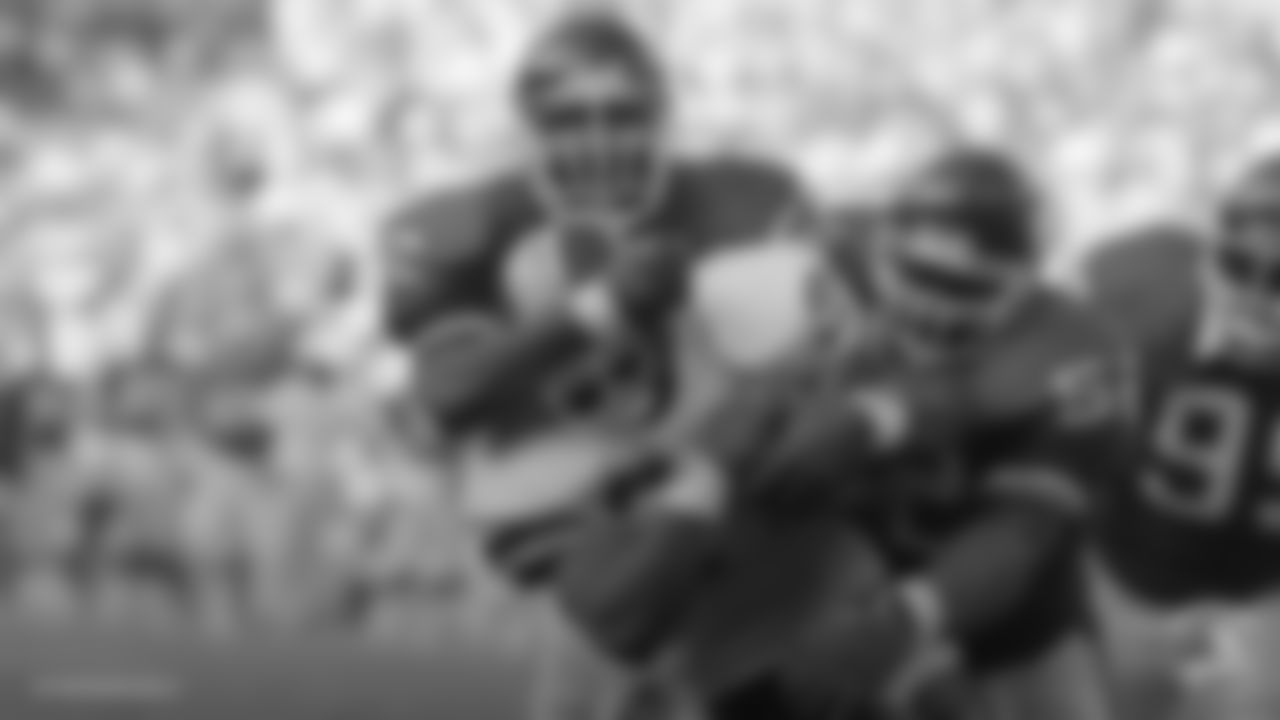
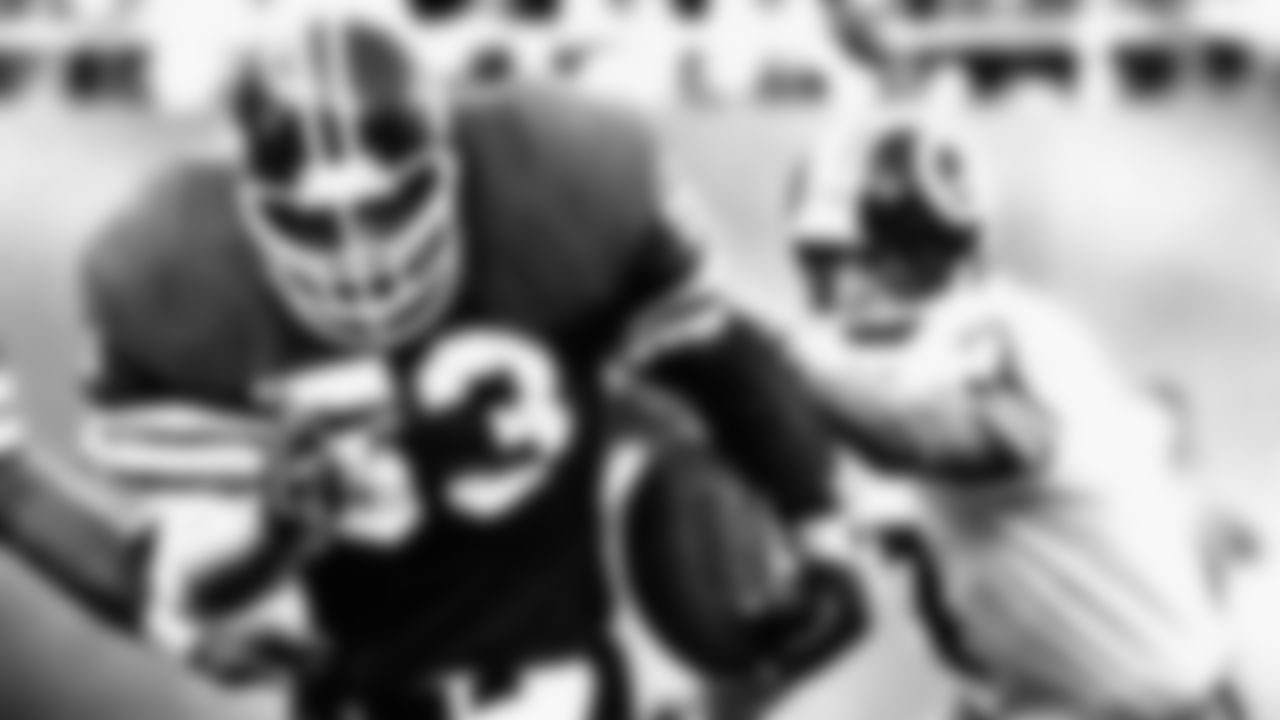
Harry Carson of the New York Giants, left, runs with a fourth quarter intercept on of a Washington Redskins pass at Giants Stadium, Oct. 22, 1978 in East Rutherford, as Redskins quarterback Joe Theismann tries to make a tackle. The interception sealed the Giants' 17-6 upset win over the Redskins. (AP Photo/Bill Kostroun)

Washington Redskins running back Cliff Battles (20) against the New York Giants on Dec. 5, 1937 at the Polo Grounds. (AP Photo)
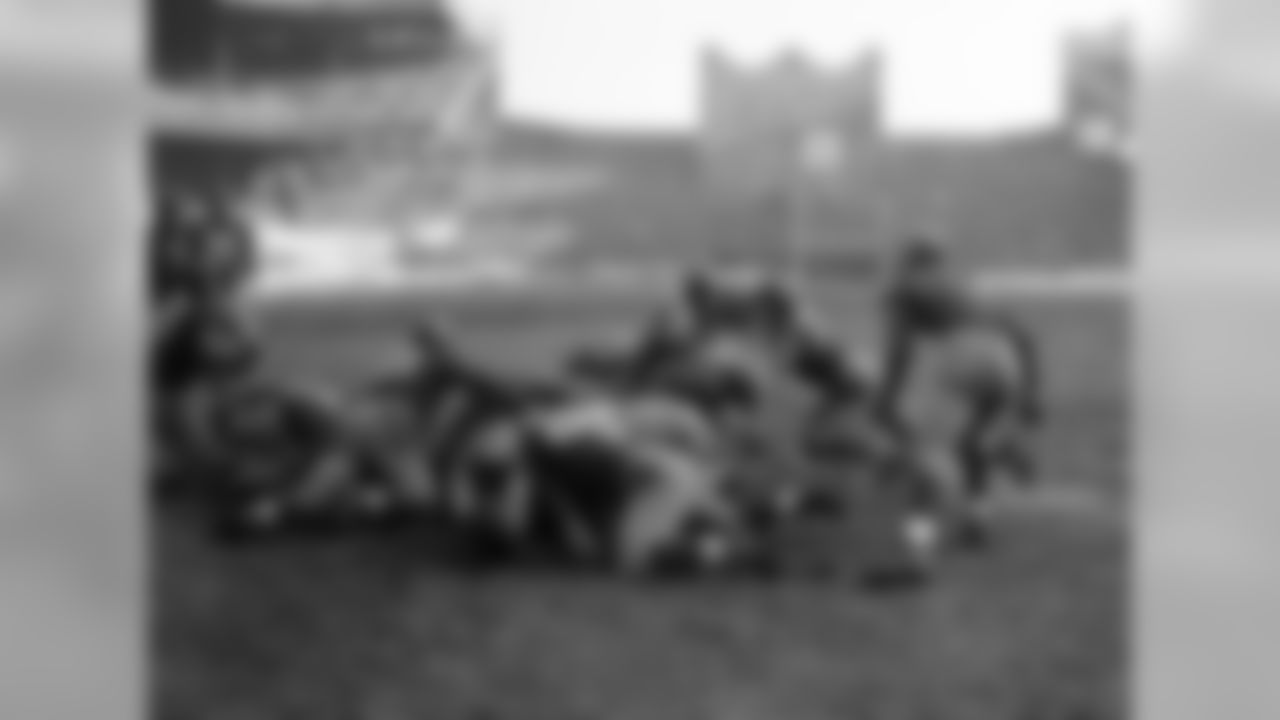
New York Giants fullback John Karcis plunges to score from the one foot line against the Washington Redskins at the Polo Grounds in New York City, Dec. 4, 1938. A crowd of 57,461 saw the Giants win, 36-0, to take the Eastern Division title. (AP Photo)
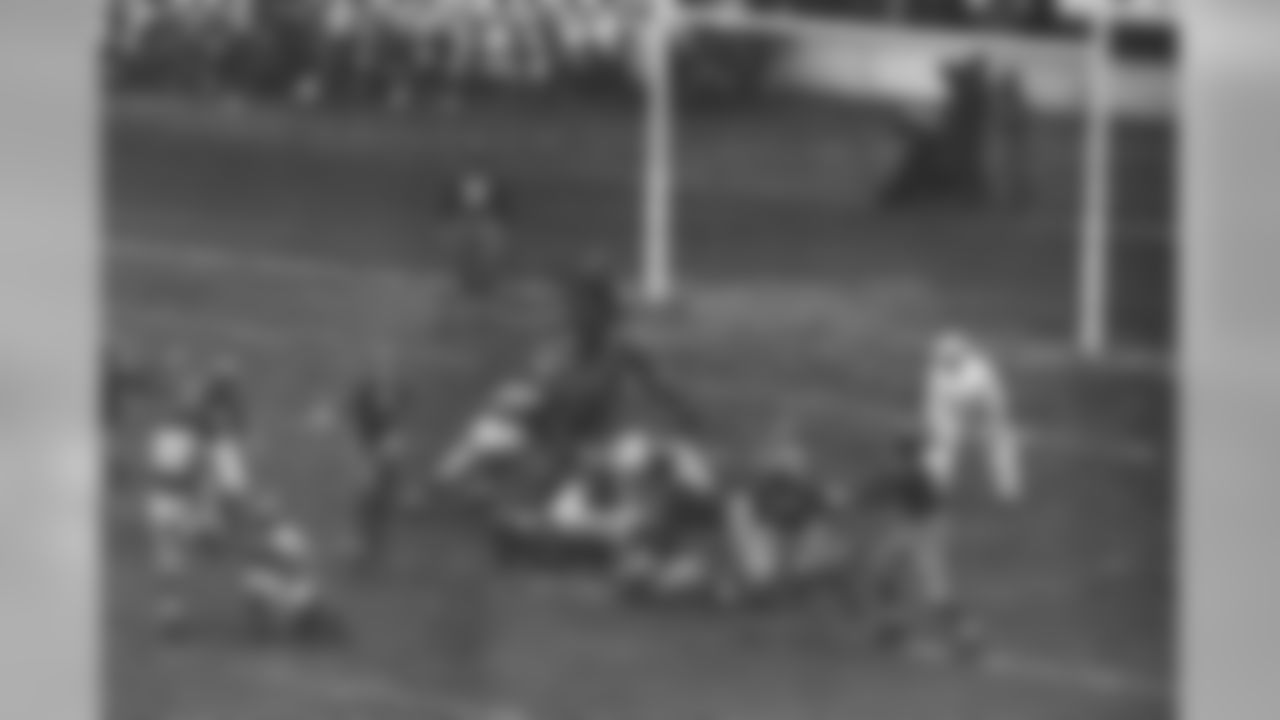
Ken Strong (30), kicking the 2nd of 3 field goals which scored for the New York Giants in their game against the Washington Redskins at the Polo Grounds in New York City, Dec. 3, 1939. The Giants Won 9-7. The ball is in the air just above Frank Filchock (30) of Redskins. The victory gave the Giants the Eastern Division Championship of the National Football League for the 2nd consecutive year. Redskins shown are Jim Barber (15) and Steve Slivinski (16). Giants are Tuffy Leemans (4), John "Bull" Karcis (11); Ed Widseth (50) and Nello "Flash" Falaschi (28). (AP Photo)
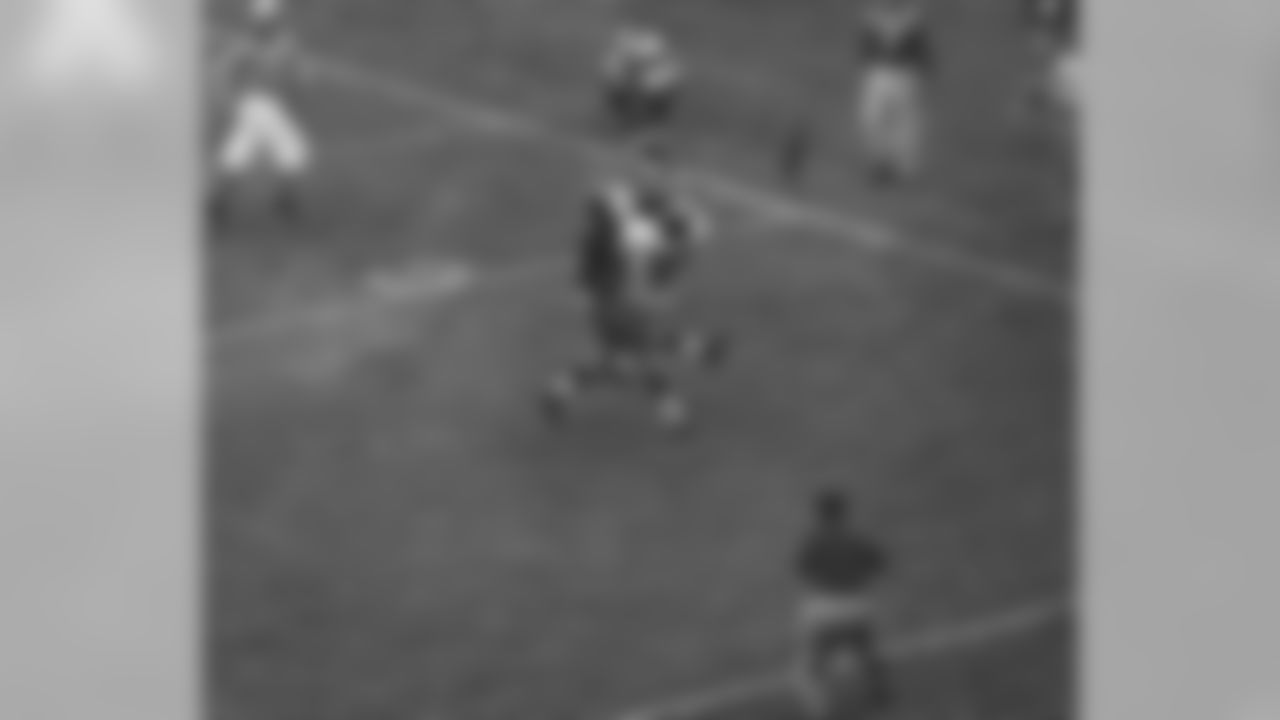
New York Giants end Bob Schnelker, (85), catches a pass in the end zone for a touchdown despite close guarding by Washington Redskins' safety man George Rosso, (20) in second quarter of game Oct. 24, 1954 at the Polo Grounds in New York City. Giant quarterback Charley Conerly fired the scoring pass from four-yard line. Giants won 24-7. (AP Photo/Harry Harris)
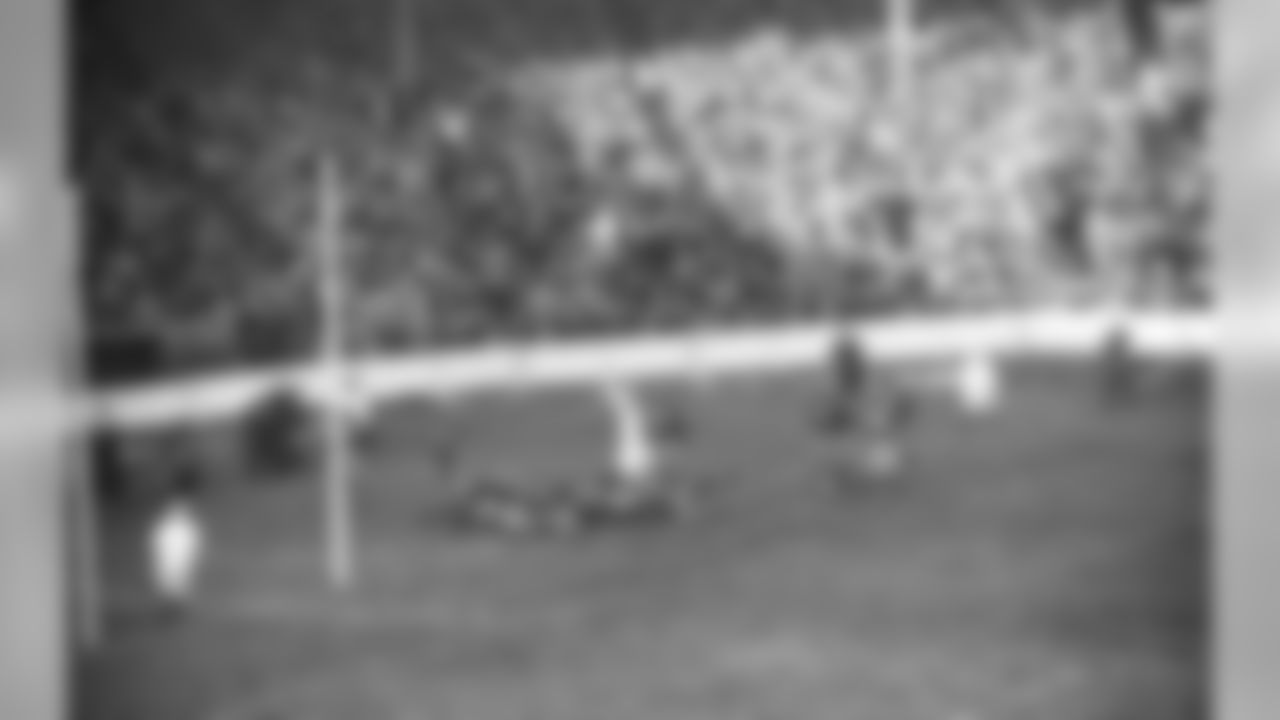
In this pile is John Karcis, Giant back, hugging the leather while an official flings up his arms to signal the Giants' first touchdown against the Washington Redskins at New York on Dec. 4, 1938. Giants went on to pile up a 36-0 score. (AP Photo)
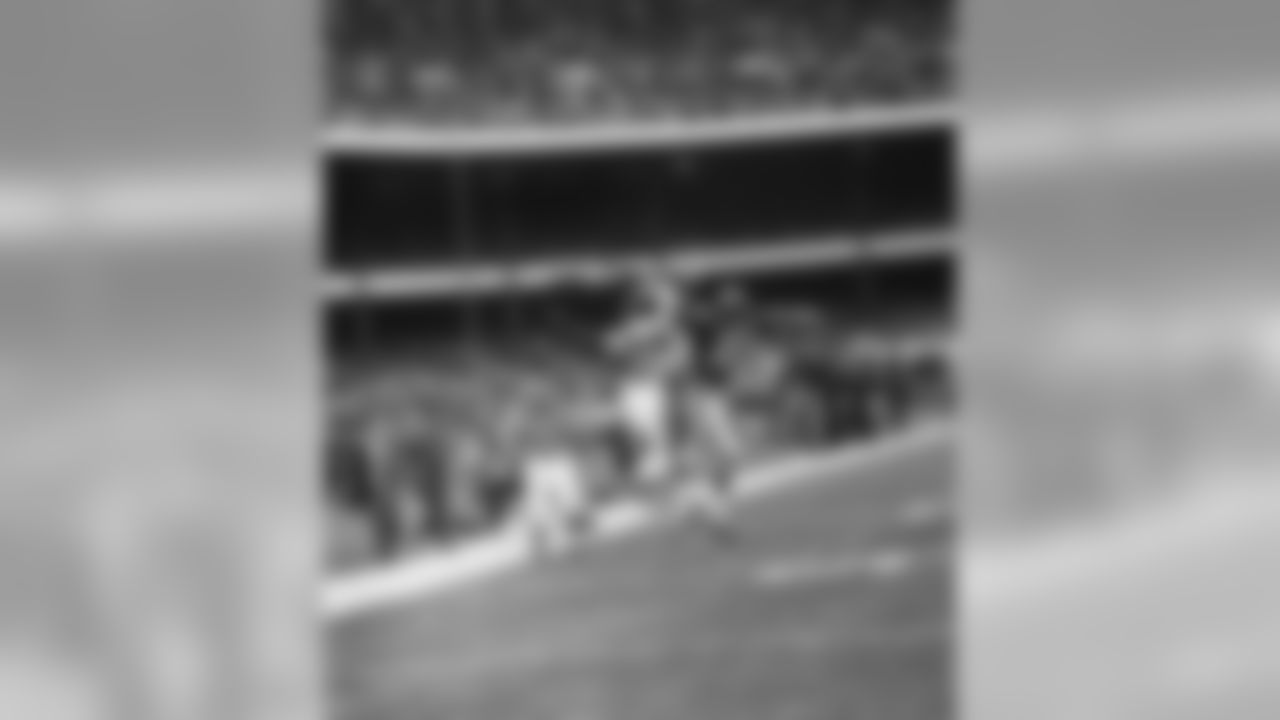
End Charley Taylor, 42, of the Washington Redskins leaps in vain for pass from quarterback Sonny Jurgensen which goes out of reach in first quarter against New York Giants at Yankee Stadium on Sept. 29, 1968 in New York. Giants' defensive back Scott Eaton, 20, matches leaps with Taylor in a try to deflect the ball. (AP Photo)
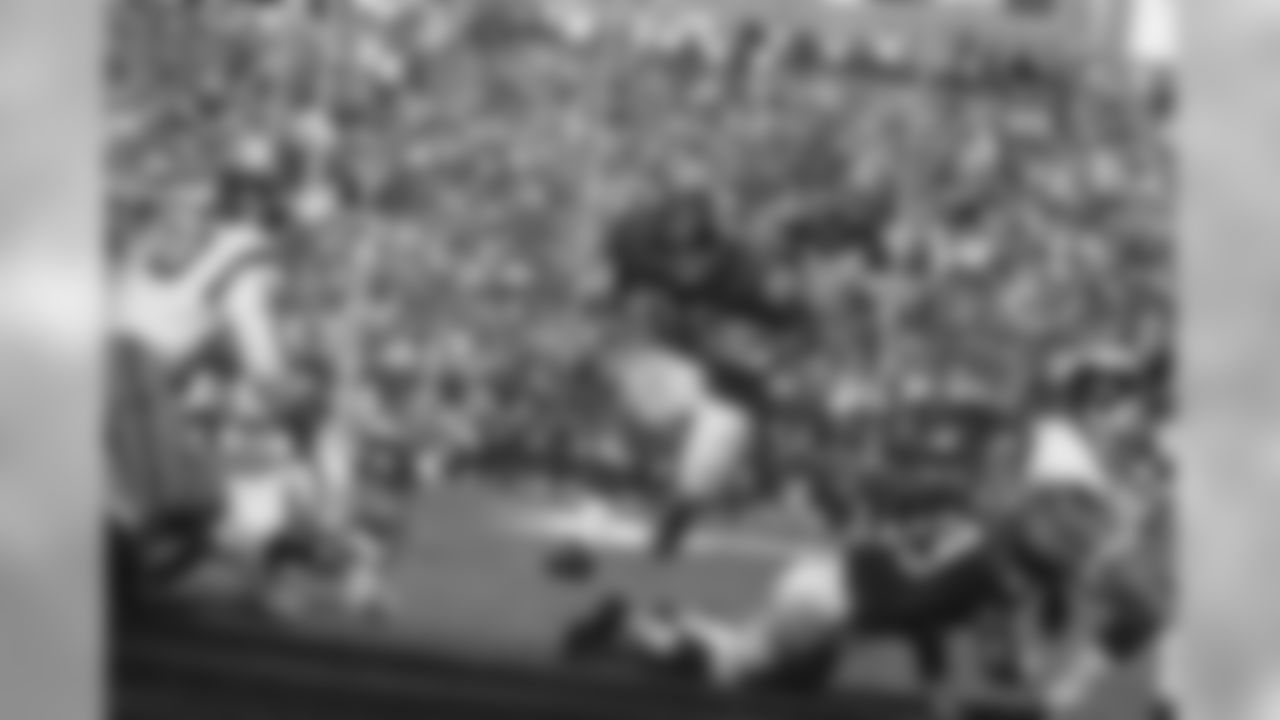
Fullback Chuck Mercein of the New York Giants, 29, carries ball through what seems to be a wide opening in third quarter at New York's Yankee Stadium on Oct. 16, 1966. This play ended in no gain as Gregg Larson, 53, goes down and Washington Redskins back Sam Huff, 70, moves in to make the tackle. Other identifiable Redskin is end Carl Kammerer, 66. Giants took the game, 13-10. (AP Photo)
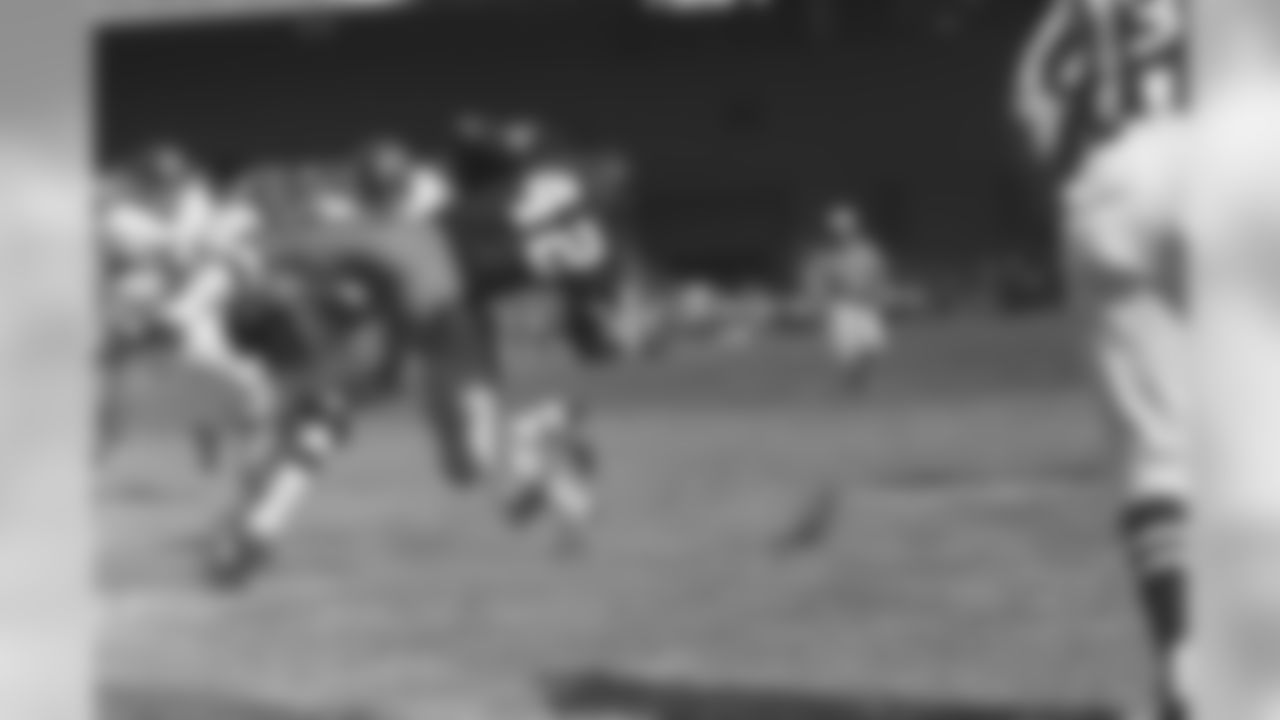
Charley Taylor of the Washington Redskins, takes to the air as he is hit by Clarence Childs of the New York Giants, in the second quarter of game on Oct. 2, 1967 in Washington. Taylor was stopped after catching a pass from quarterback Sonny Jurgensen and chalking up a five-yard gain. Other Giant players are: Ken Avery, 54, and Vince Costello, 57. Washington won 38-34. (AP Photo)
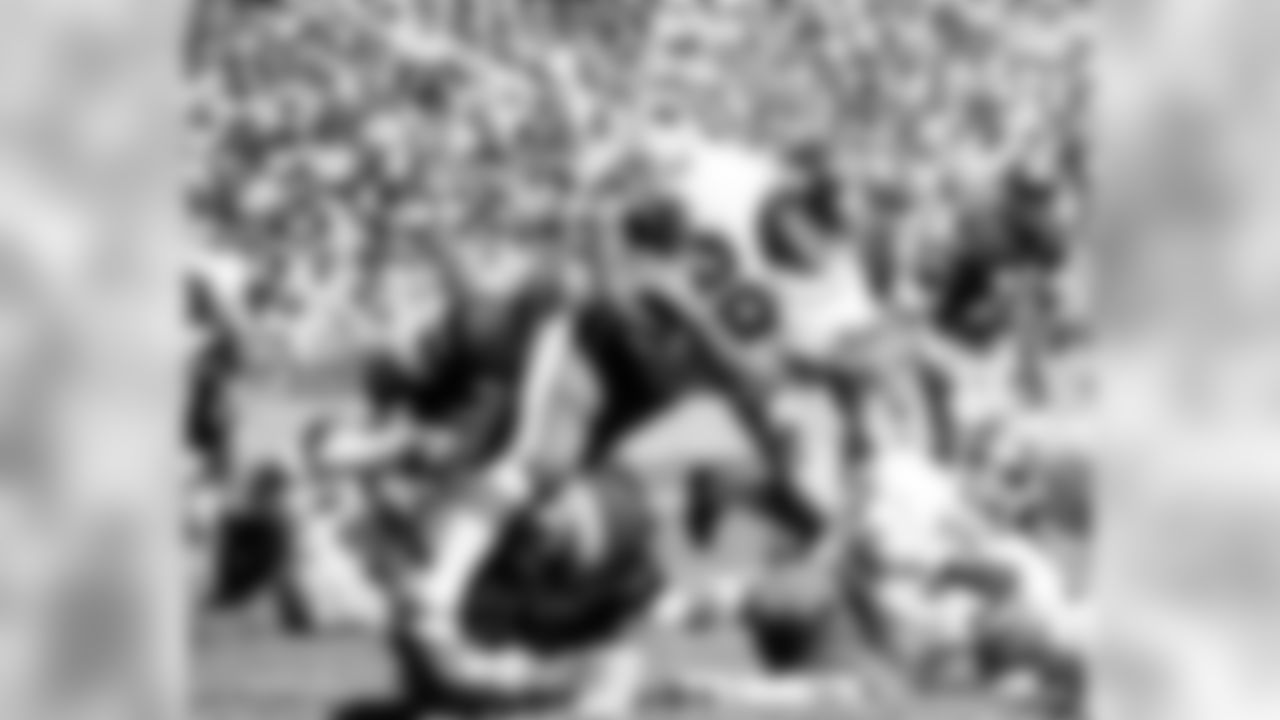
New York Giants Larry Czonka carried the ball Sept.12,1976 in game against the Redskins in Washington. The game marked Czonka"s return to the NFL where he played for the Miami Dolphins before a stint with the short- lived World Football League. (AP Photo/Charles Tasnadi)
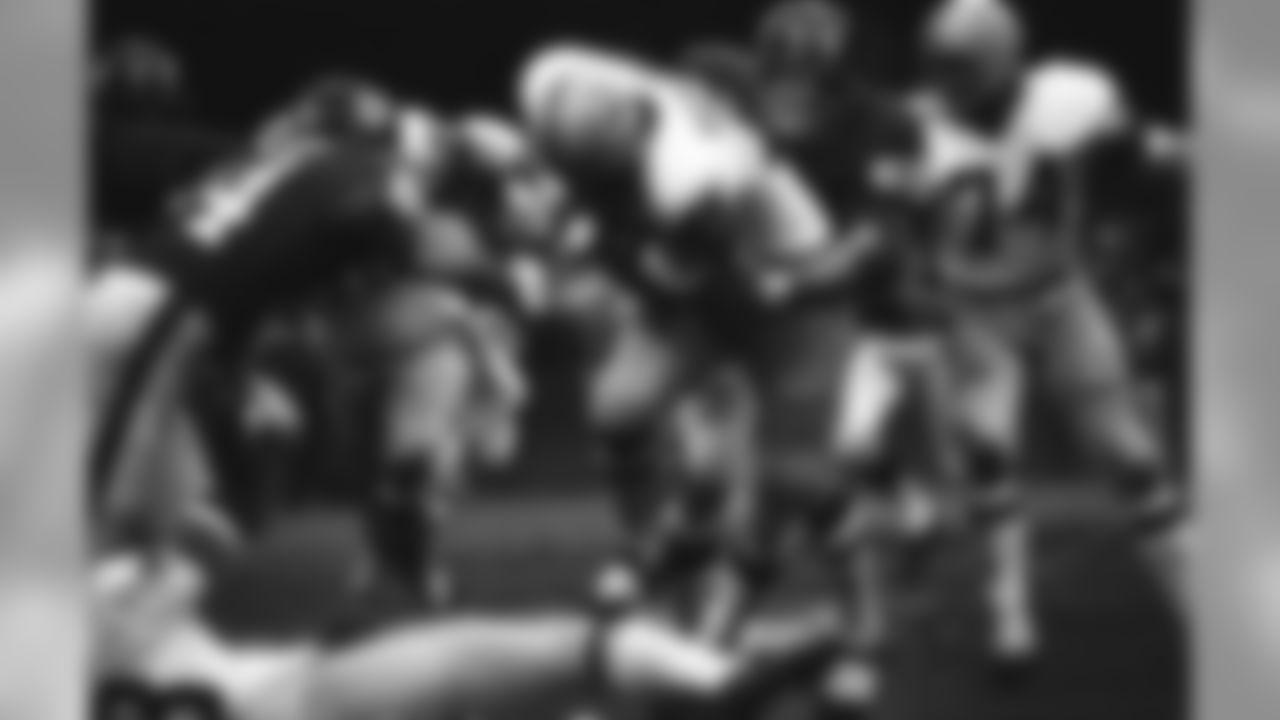
Washington Redskins running back Charley Harraway (31) is held to a no gain by New York Giants Jim Files (58) during the first quarter at Yankee Stadium, Nov. 15, 1970, New York. Giants won, 35-33. The rest of the players are unidentified. (AP Photo/Harry Harris)
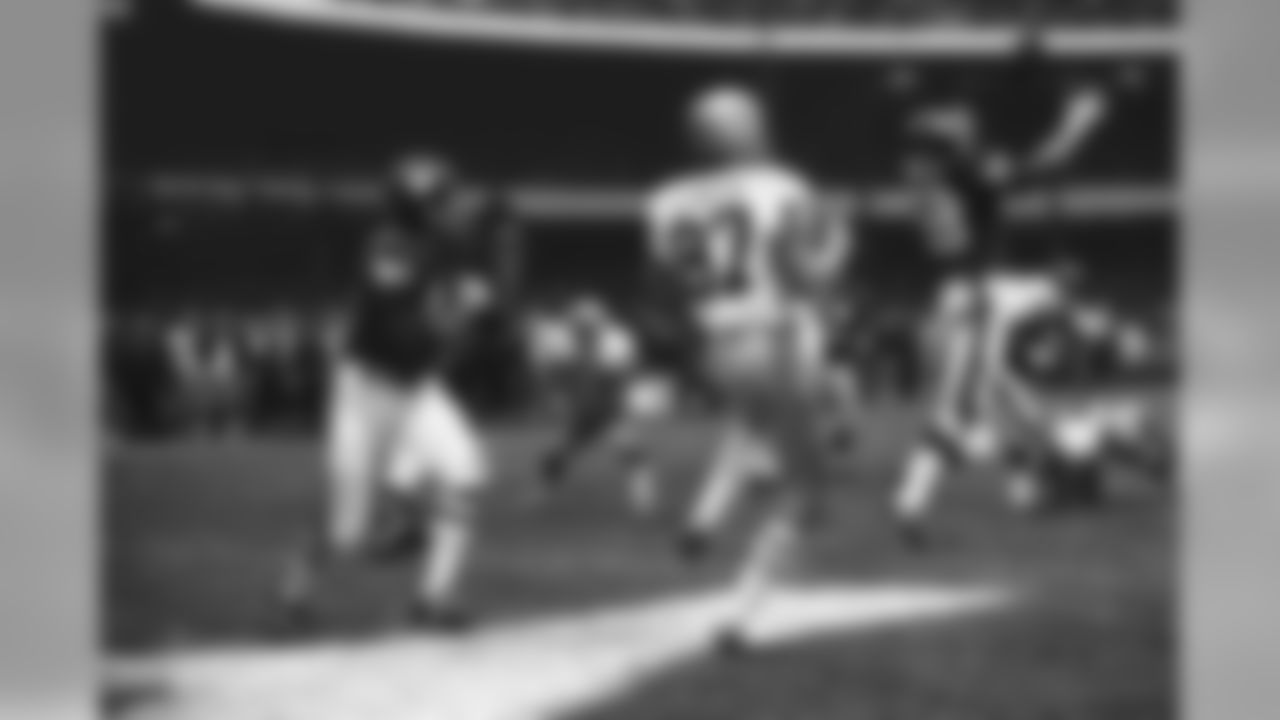
New York Giants middle line backer Jim Files intercepts pass from Washington Redskins quarterback Sonny Jorgensen intended for Redskins tight end Jerry Smith (87) at the Giants goal line during first quarter of game at New York's Yankee Stadium on Nov. 15, 1970. Files ran the ball back to the Redskin's 8 yard line. Giants won, 35-33. (AP Photo/Harry Harris)
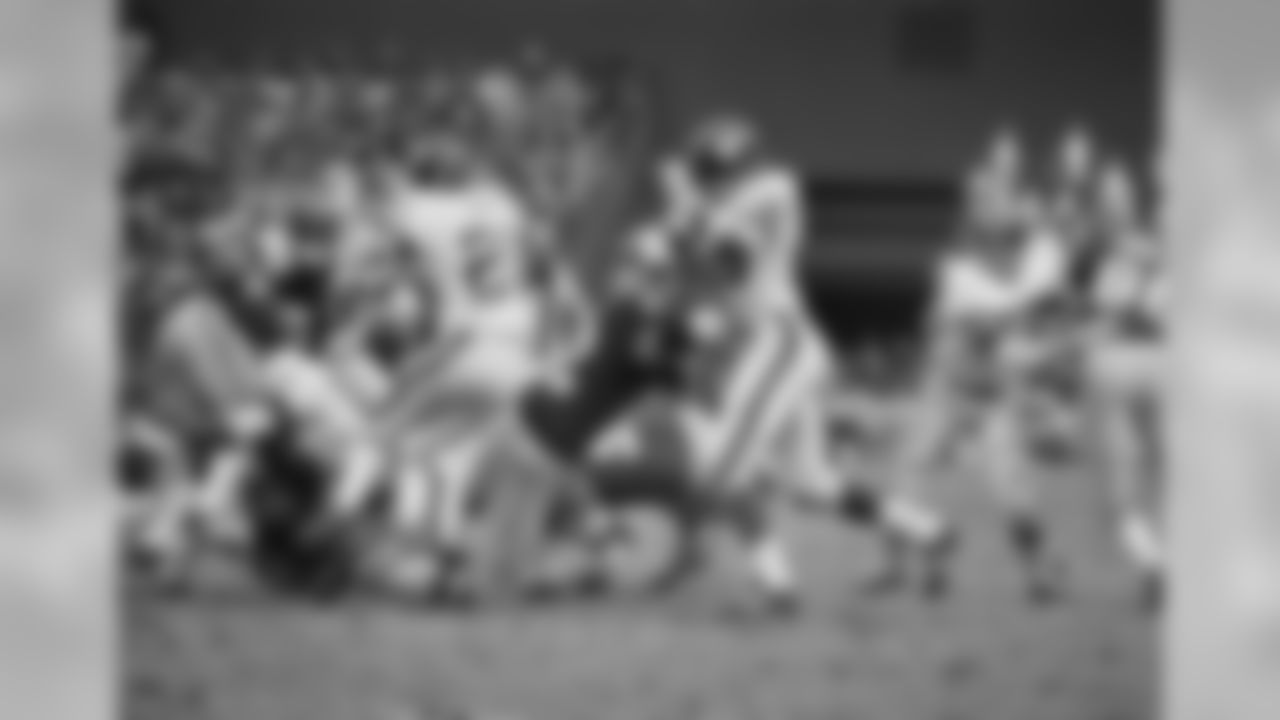
New York Giant tacklers converge on Redskins; Larry Brown after he picked up a good gain during game on Sunday, Dec. 5, 1971 in Washington. Giant tacklers are Ron Hornsby (67) and Scott Eaton (20). Brown gained 129 yards to help Washington defeat the Giants 23-7. (AP Photo/HWG)
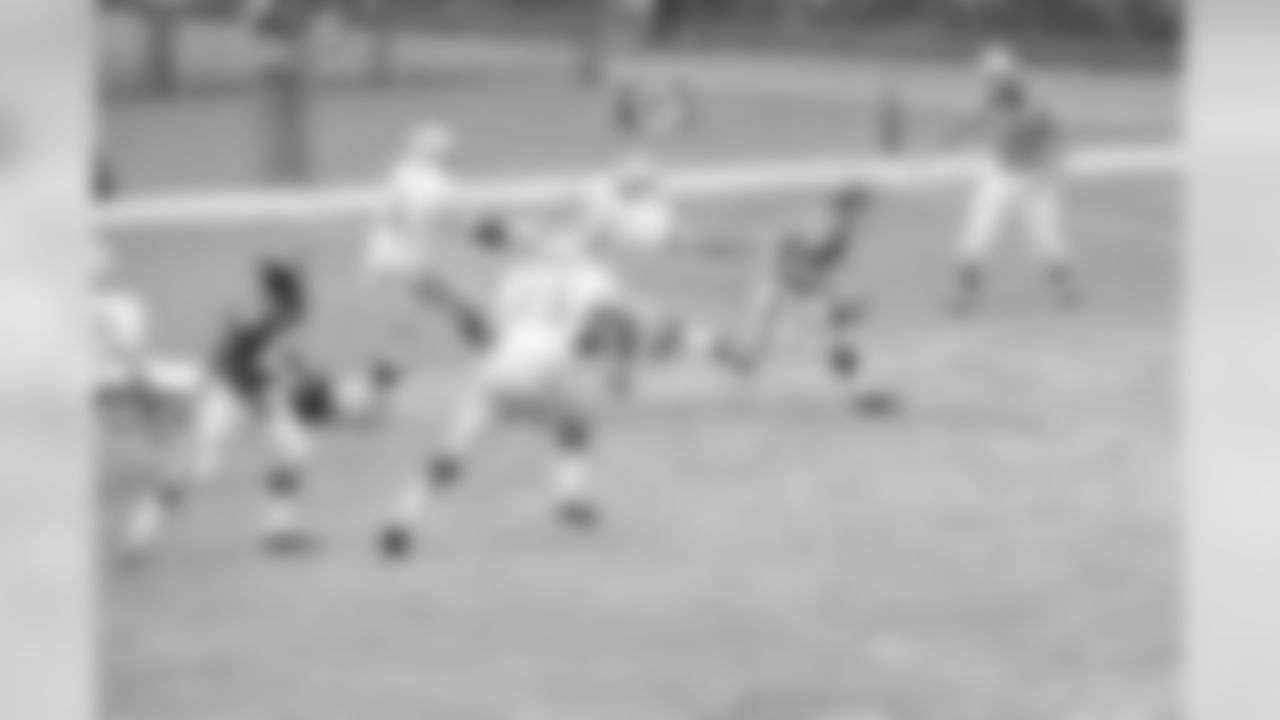
Quarterback Fran Tarkenton of the New York Giants is pressured by three Washington Redskins during third quarter action at Yankee Stadium in New York, Sept. 26, 1971. Grabbing Tarkenton's jersey is Chris Hanburger (55) and coming up to help are Manuel Sistrunk (64) and Verlon Biggs (89). Tarkenton was dumped for a ten-yard loss on the Giants' five yard line.(AP Photo/Harry Harris)
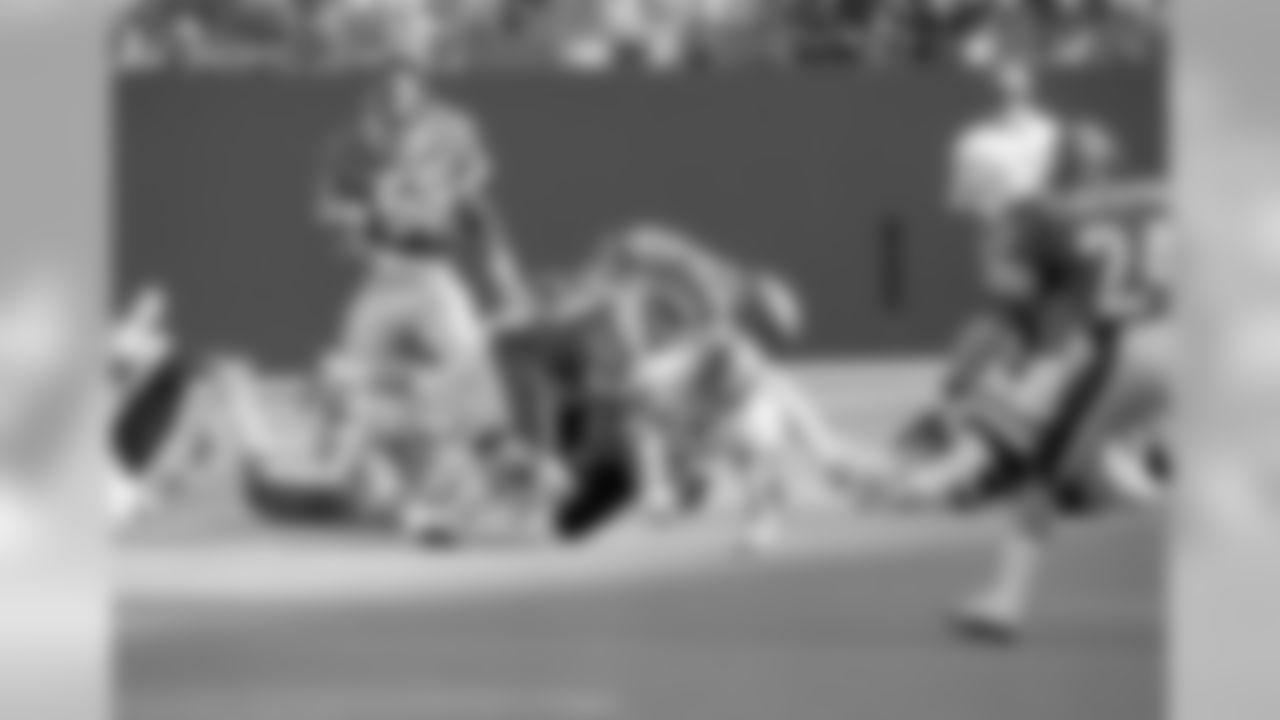
Washington Redskins running back John Riggins, right, fumbles the football when hit by the New York Giants Dan Lloyd (54) in the first quarter of their game at Giants Stadium in East Rutherford, N.J., Nov. 25, 1979. The Giants recovered the fumble but were unable to score on the next series of downs. (AP Photo/Ray Stubblebine)
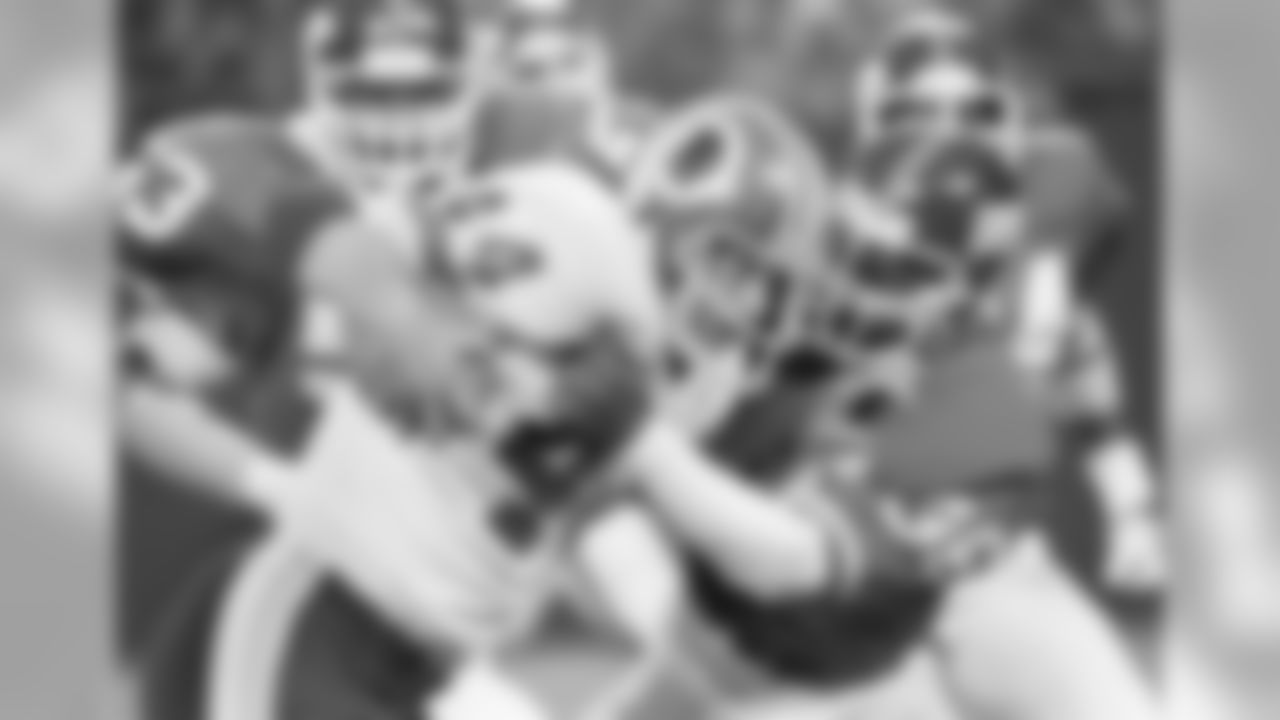
Washington Redskins running back John Riggins, left, is caught on a run by the New York Giants Mark Haynes in the first quarter of their game at Giants Stadium in East Rutherford, N.J., Nov. 15, 1981. (AP Photo/Ray Stubblebine)
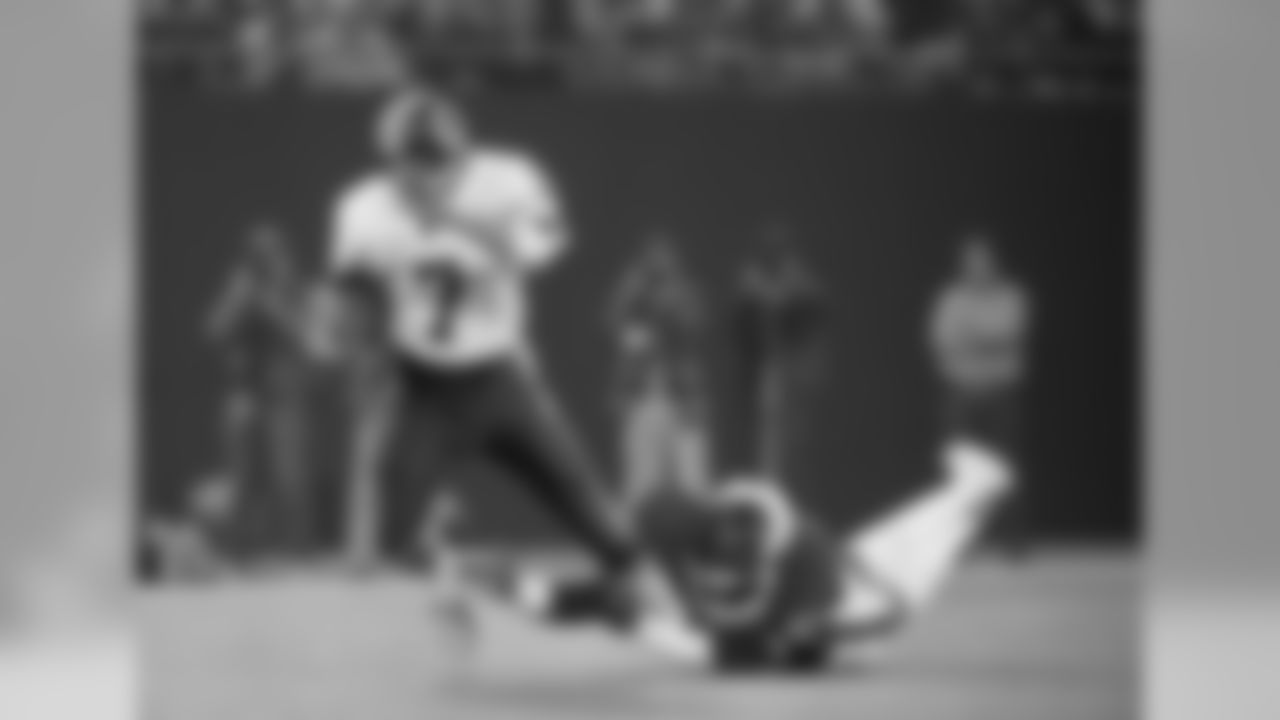
Washington Redskins quarterback Joe Thiesmann tries to evade a second quarter tackle by the New York Giants Byron Hunt, right, but was pulled down for a short gain in NFL game, Nov. 21, 1982 at Giants Stadium in East Rutherford, N.J. (AP Photo/Ray Stubblebine)
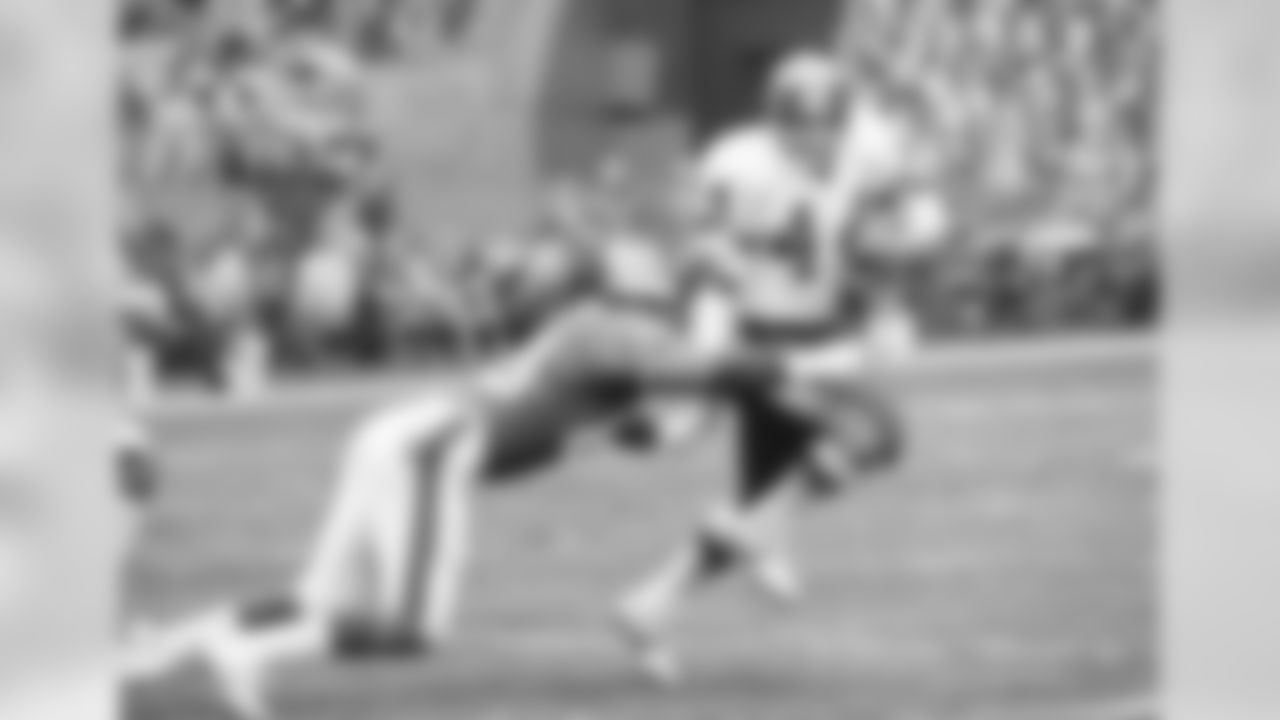
Washington Redskins running back John Riggins (44) is about to be tackled by New York Giants defensive end Phil Tabor (80) during first quarter action at RFK Memorial Stadium in Washington, Dec. 19, 1982. (AP Photo/Ron Edmonds)
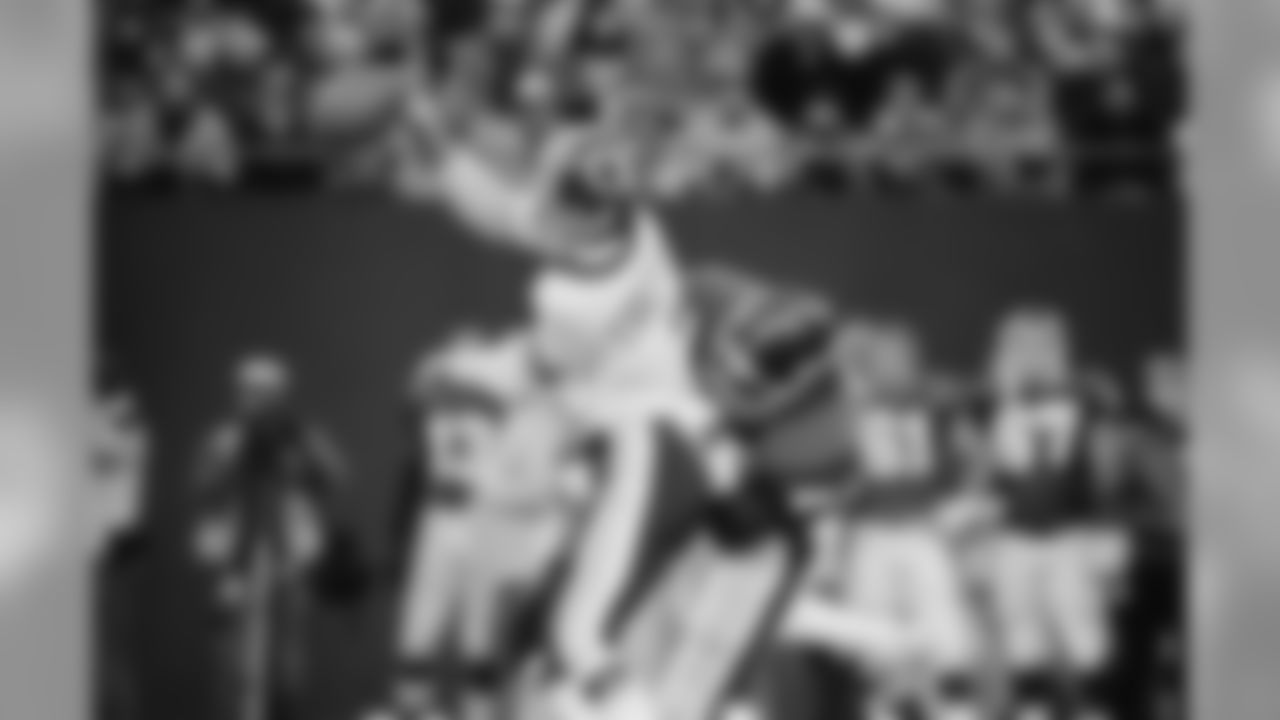
Washington Redskins Joe Theismann looks downfield for a receiver as he is being pulled down from behind the New York Giants' Lawrence Taylor during the first quarter of their game at Giants Stadium in East Rutherford, N.J., Nov. 13, 1983. Theismann was penalized for grounding the ball on the play. (AP Photo/Bill Kostroun)
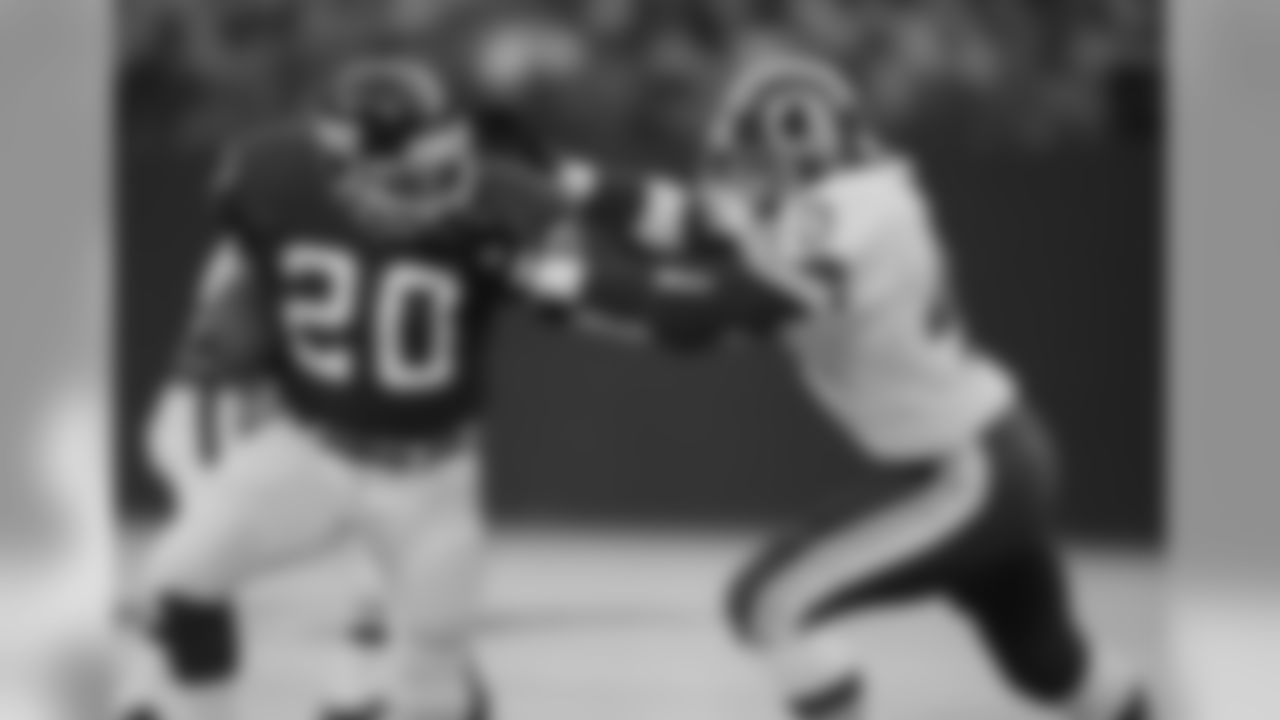
New York Giants Joe Morris breaks away from Washington Redskins Alvin Walton as he runs with the ball during first quarter NFC championship action at Giants stadium in East Rutherford Sunday, Jan. 11, 1987. (AP Photo/David Fields)
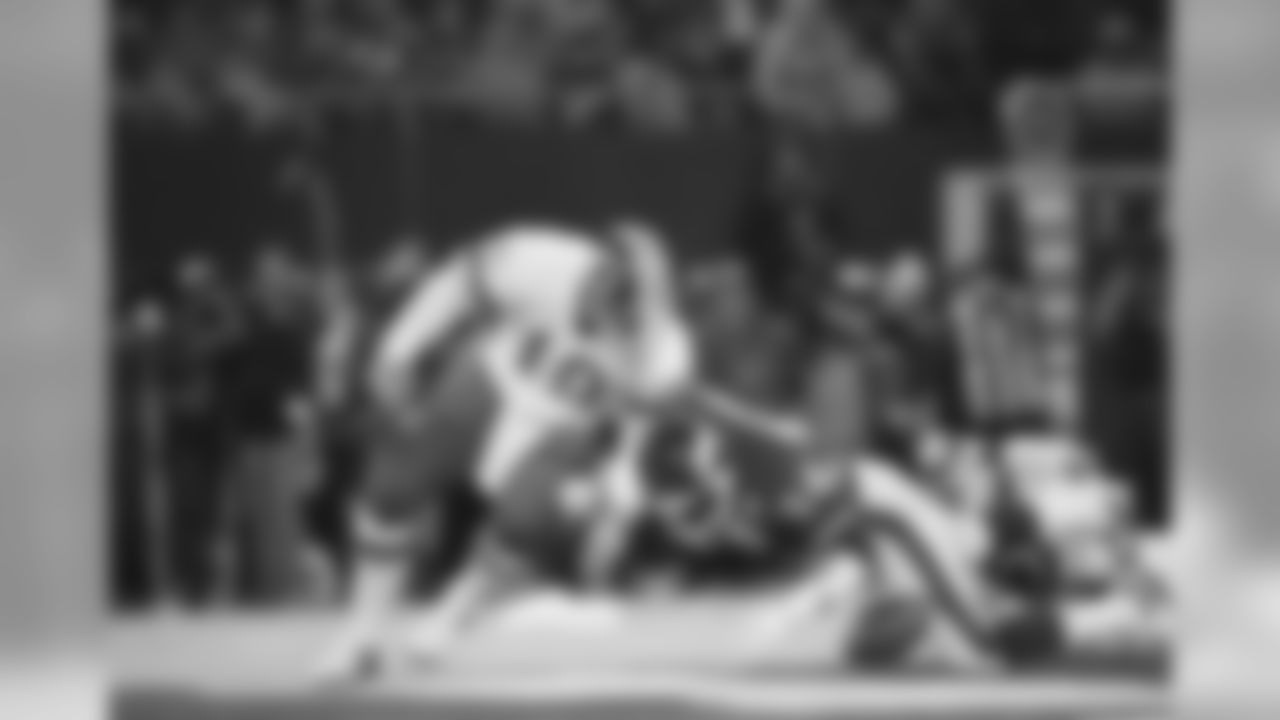
Washington Redskins quarterback Jay Schroeder is blocked by New York Giants Elvis Patterson as he makes a vain attempt to recover the ball after a bad snap on a field goal attempt during first half NFC Championship action at Giants Stadium in East Rutherford, Sunday, Jan. 11, 1987. At far right is Redskins Jess Atkinson. (AP Photo/Elise Amendola)
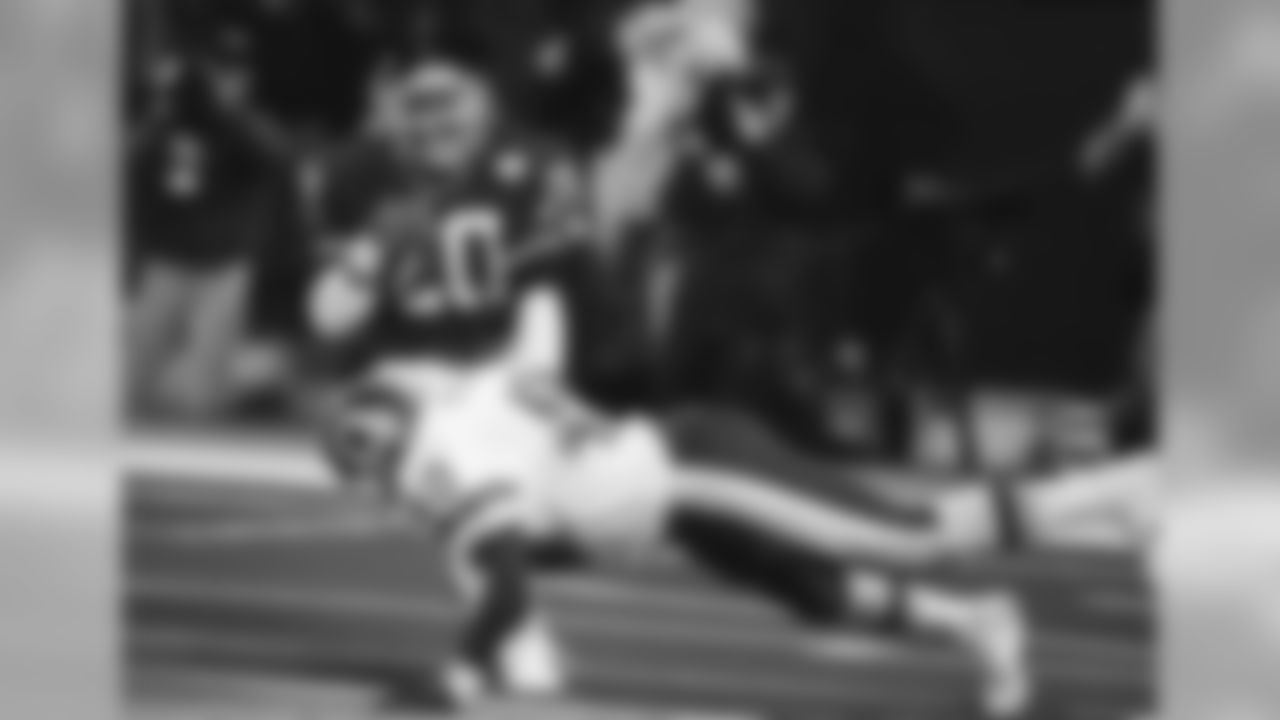
New York Giants Joe Morris breaks past Washington Redskins Alvin Walton into the end zone for an one yard touchdown run in the NFC Championship game at Giants Stadium in East Rutherford, N.J., Sunday, Jan. 11, 1987. (AP Photo/Rusty Kennedy)
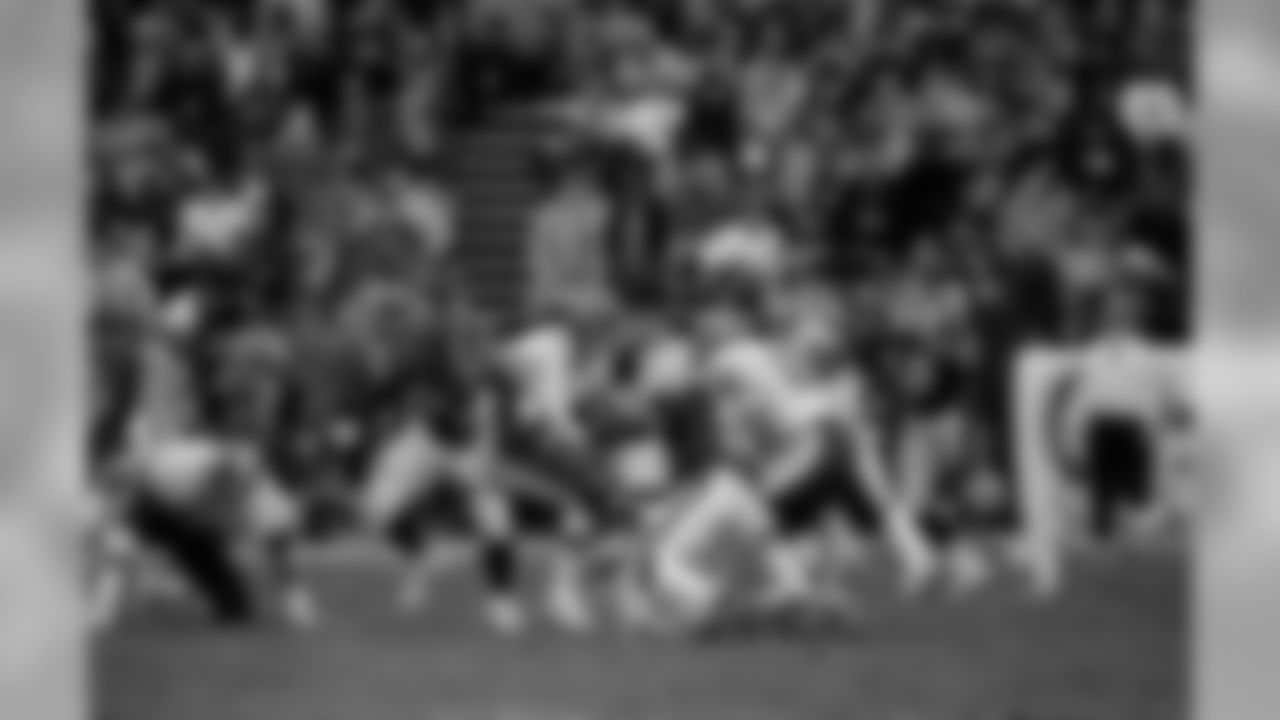
Washington Redskins quarterback Jay Schroeder (10) is grabbed by New York Giants Lawrence Taylor (56) as defensive end Leonard Marshall (70) moves in for the sack during fourth quarter action at RFK Stadium in Washington, Dec. 8, 1986. Redskins guard Raleigh McKenzie, right, can't prevent the sack. New York beat Washington 24-14 to take the lead in the NFC East. (AP Photo/Ron Edmonds)
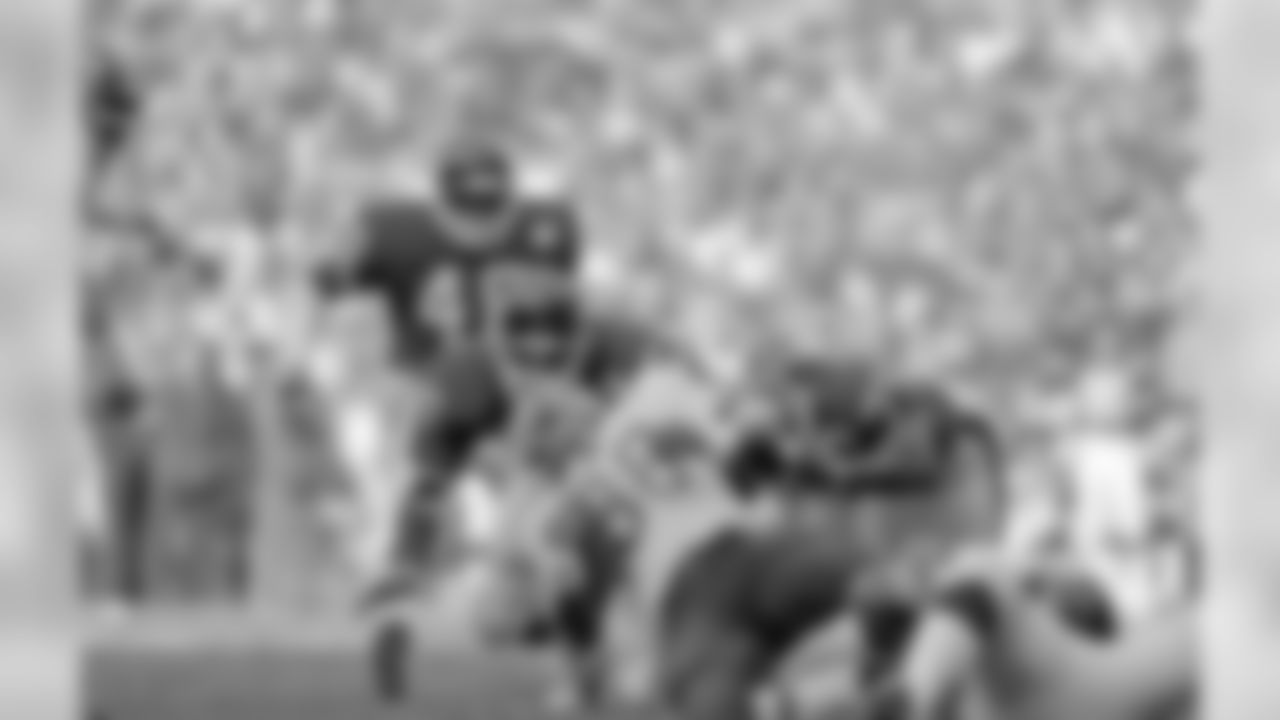
Washington Redskins running back George Rogers (38) is brought down by New York Giants linebacker Carl Banks (58) and defensive end George Martin (75) after a yardage gain in the first quarter action at RFK Stadium in Washington, Dec. 7, 1986. The Giants and Redskins are battling out for the lead in the NFC East. (AP Photo/Ron Edmonds)
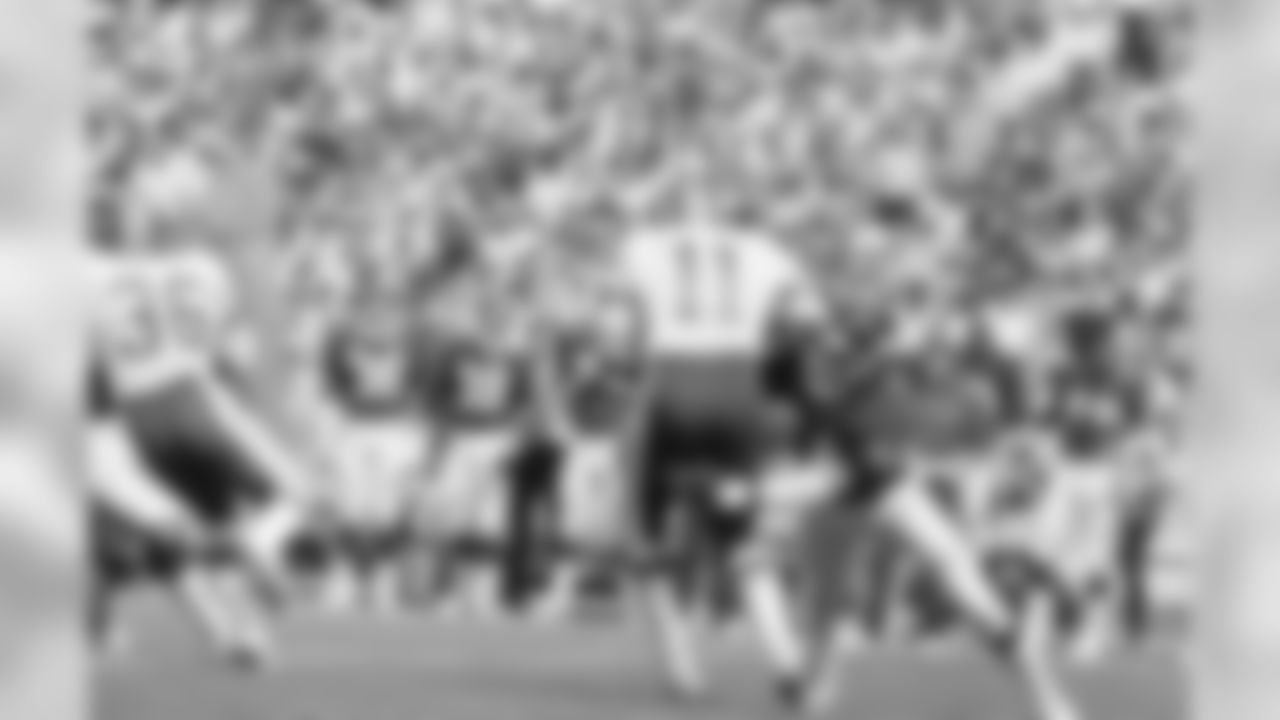
New York Giants' Lawrence Taylor, right, causes Washington Redskins' quarterback Mark Rypien to fumble the ball during first quarter action at RFK Stadium on Sunday, Oct. 2, 1988 in Washington. (AP Photo/Doug Mills)
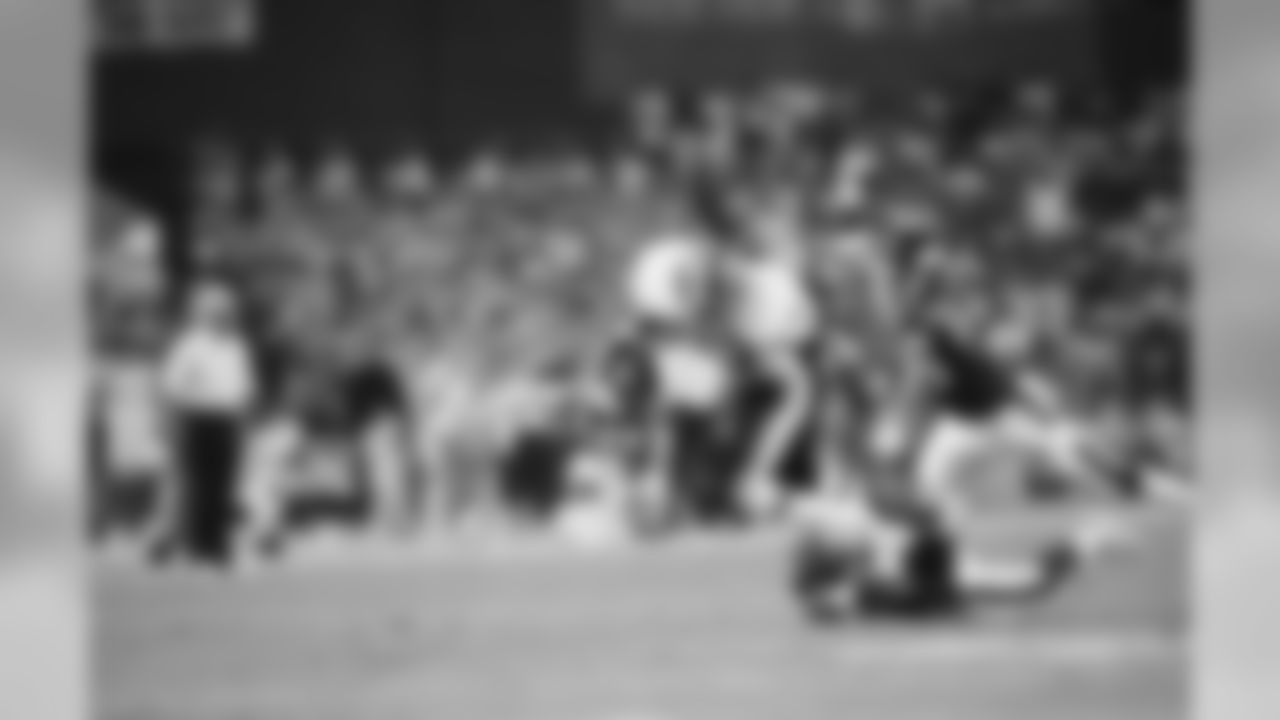
Washington Redskins Gerald Riggs tries to break free from New York Giants' Greg Jackson, on ground, as Giants' Lawrence Taylor, right, moves in to cap the play during first quarter action at RFK Stadium in Washington, Sept. 11, 1989. (AP Photo/J. Scott Applewhite)
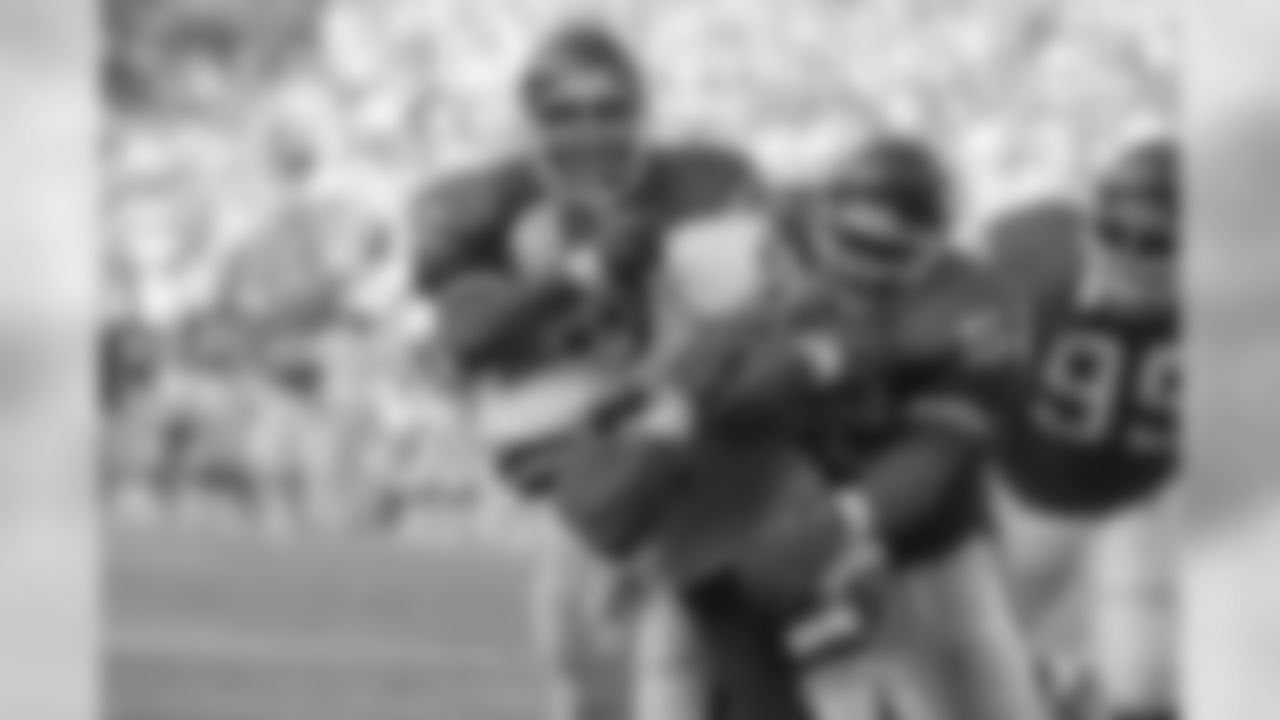
Washington Redskins running back Earnest Byner (21) is tackled by New York Giants defenders Lawrence Taylor (56) and Pepper Johnson (52) during first quarter NFL action at RFK Stadium in Washington, D.C., Sunday, Oct. 14, 1990. (AP Photo/Doug Mills)
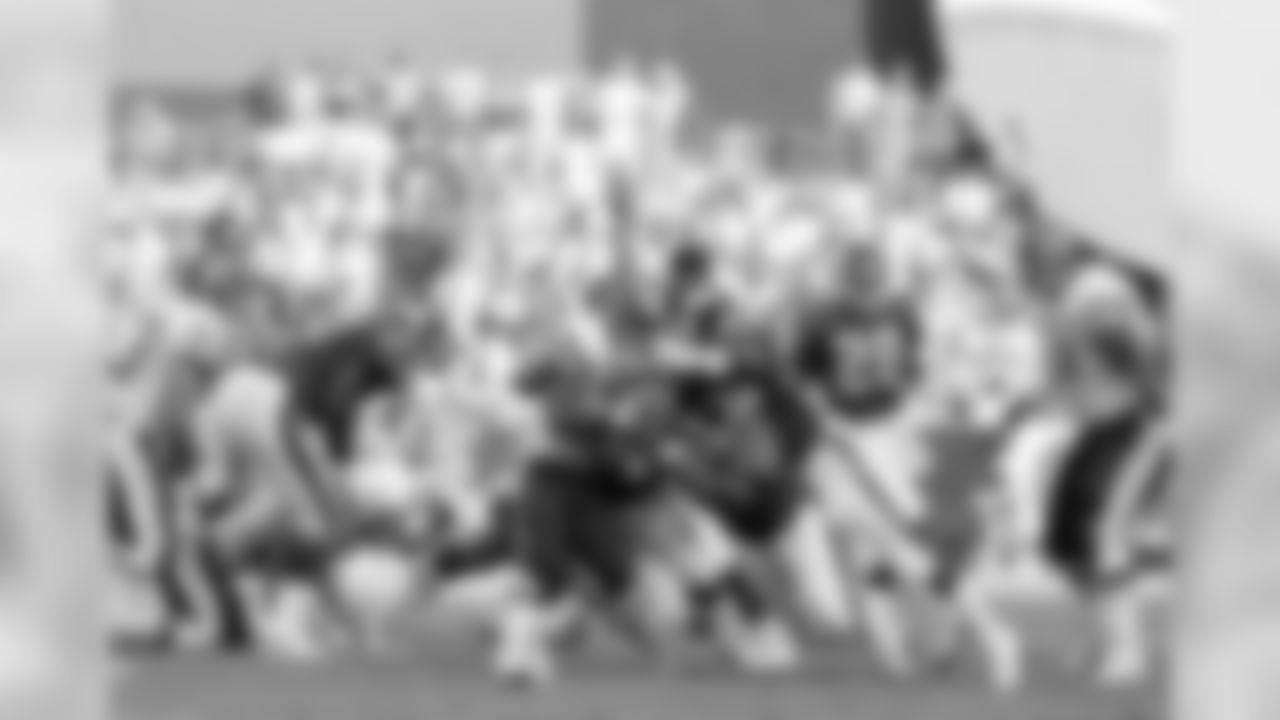
Washington Redskins' running back Earnest Byner (21) is stopped by New York Giants' defender Pepper Johnson (52) and Johnie Cooks (98) during first quarter action at RFK Stadium in Washington, Oct. 14, 1990. Everson Walls is in background right. (AP Photo/Doug Mills)
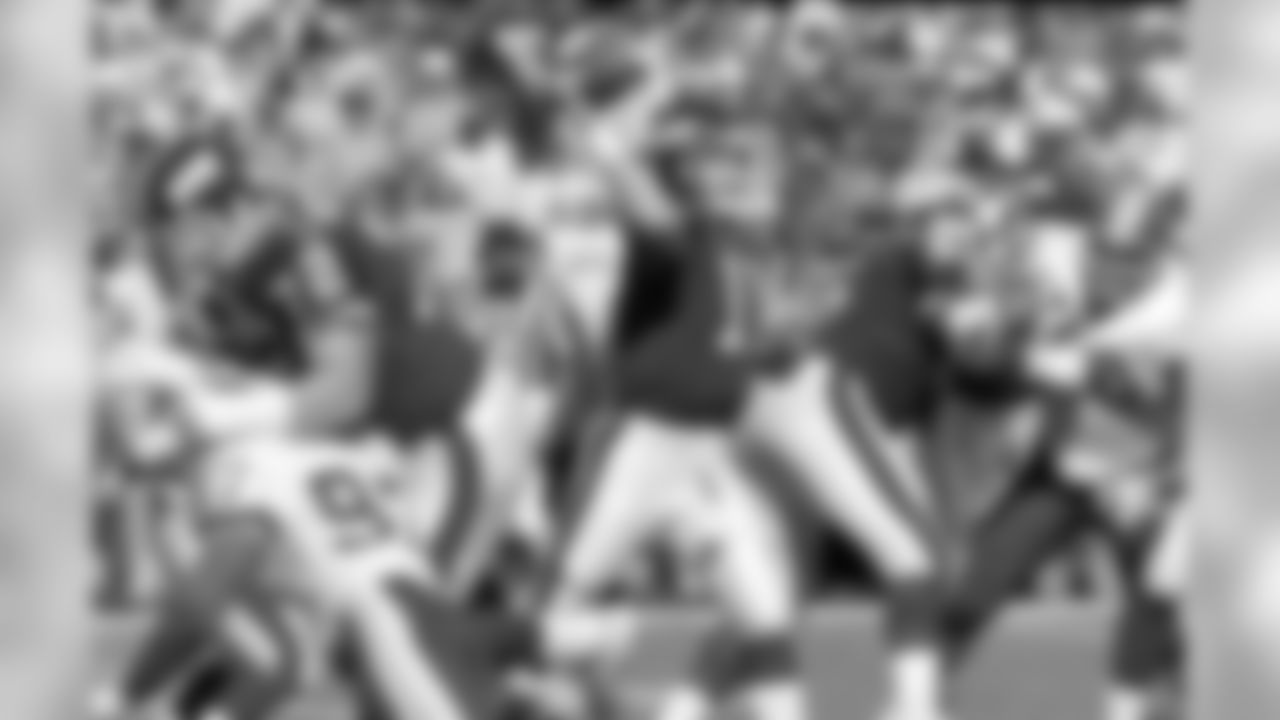
New Yorks Giants quarterback Phil Simms throws for a first down during the third quarter of the game against the Washington Redskins, October 10, 1993, at RFK Stadium in Washington, D.C. (AP Photo/Joe Marquette)
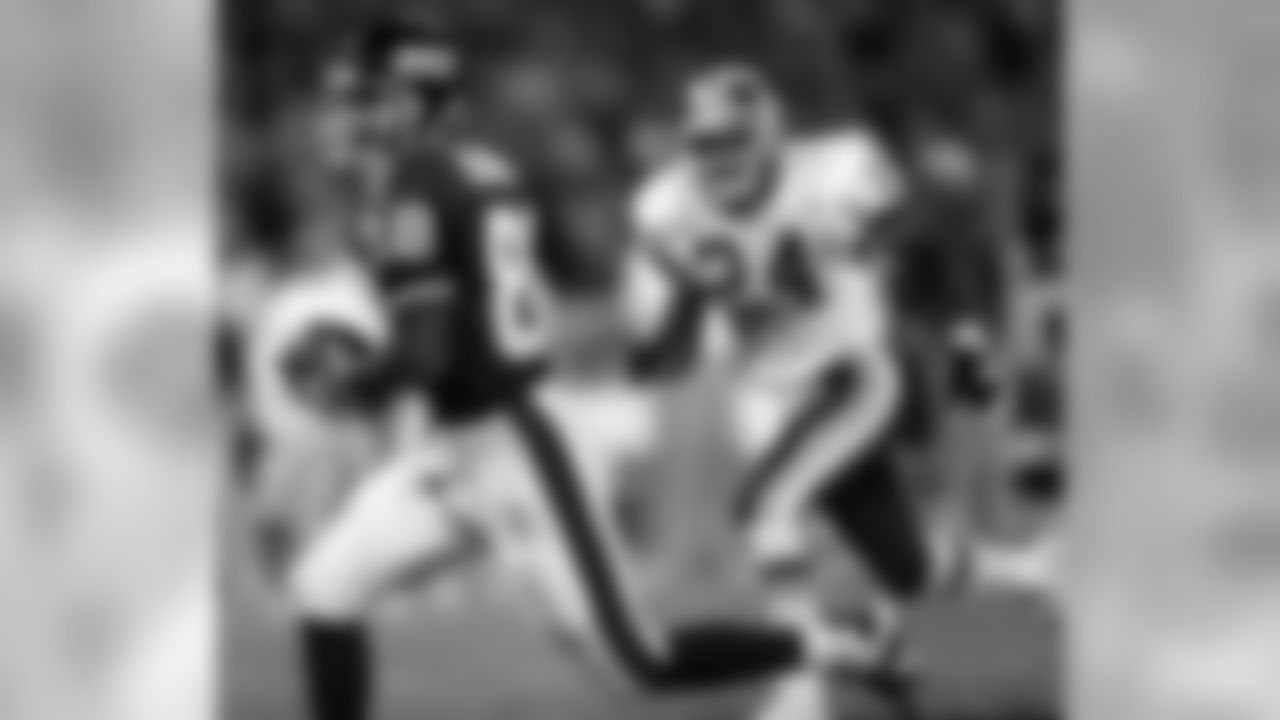
New York Giants wide receiver Mike Sherrad heads for the end zone to score as Washington Redskins' safety Tom Carter tries to make the stop during second quarter action Sunday Oct. 29, 1995 at RFK Stadium in Washington.(AP Photo/Denis Paquin)

New York Giants receiver Ed McCaffrey snares a 17-yard pass from quarterback Jeff Hostetler over Washington Redskins cornerback R. J. Johnson (47) during the second quarter of game at RFK Stadium in Washington, D.C., Nov. 1, 1992. (AP Photo/Wilfredo Lee)
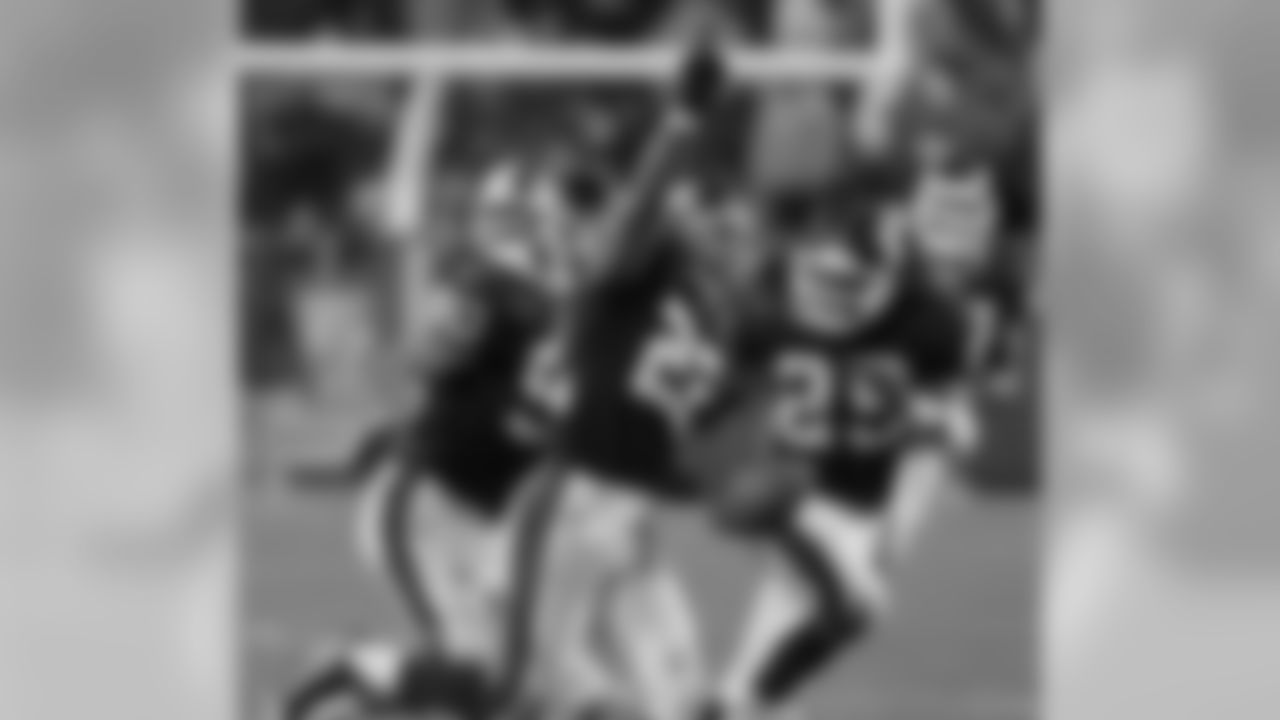
New York Giants' Phillippi Sparkes holds his second interception of the night with teammates Tito Wooten (29) and Corey Widmer (90) during overtime aginst the Washington Redskins at Jack Kent Cooke Stadium in Landover, Md. Sunday Nov. 23, 1997. Sparks had two interceptions off of back-up quarterback Jeff Hostelter during his team's 7-7 tie with the Redskins. (AP/Doug Mills)
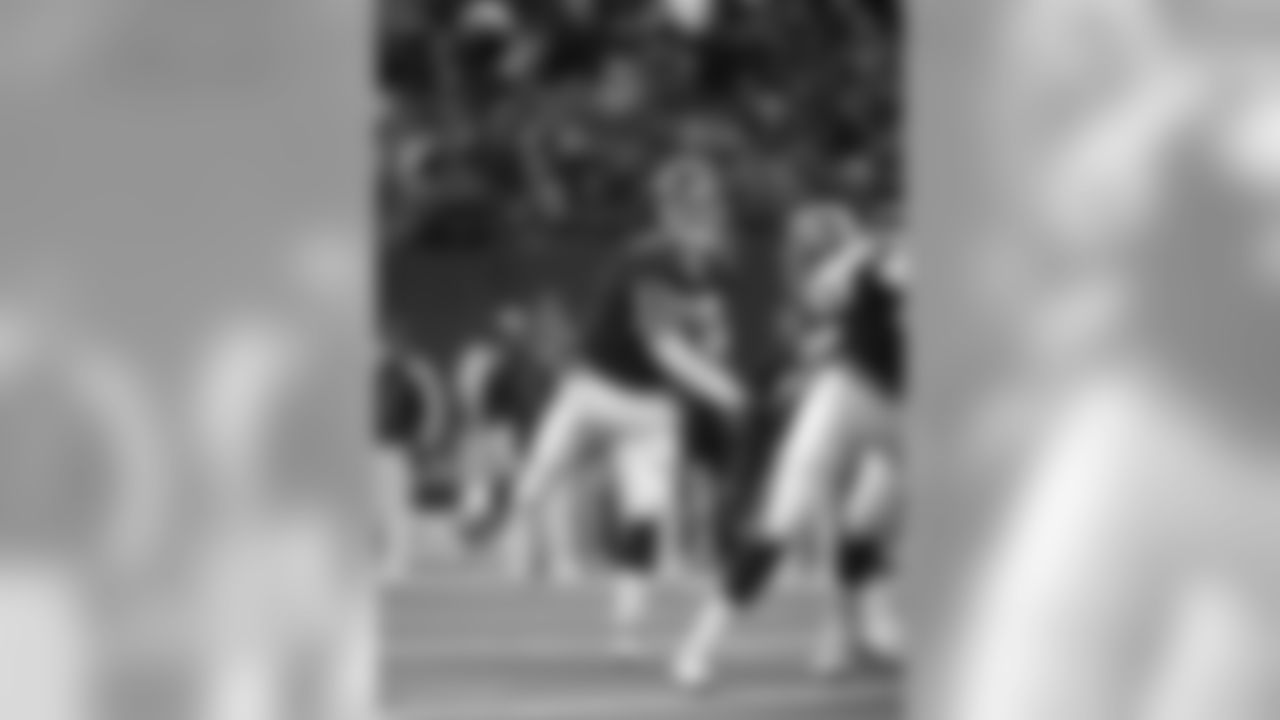
New York Giants quarterback Danny Kanell (13) is seen in action during an NFL game against the Washington Redskins, Saturday, Dec. 13, 1997, in East Rutherford, N.J. (Allen Kee via AP)

New York Giants running back Rodney Hampton (27) is seen in action during an NFL game against the Washington Redskins, Saturday, Dec. 13, 1997, in East Rutherford, N.J. (Allen Kee via AP)
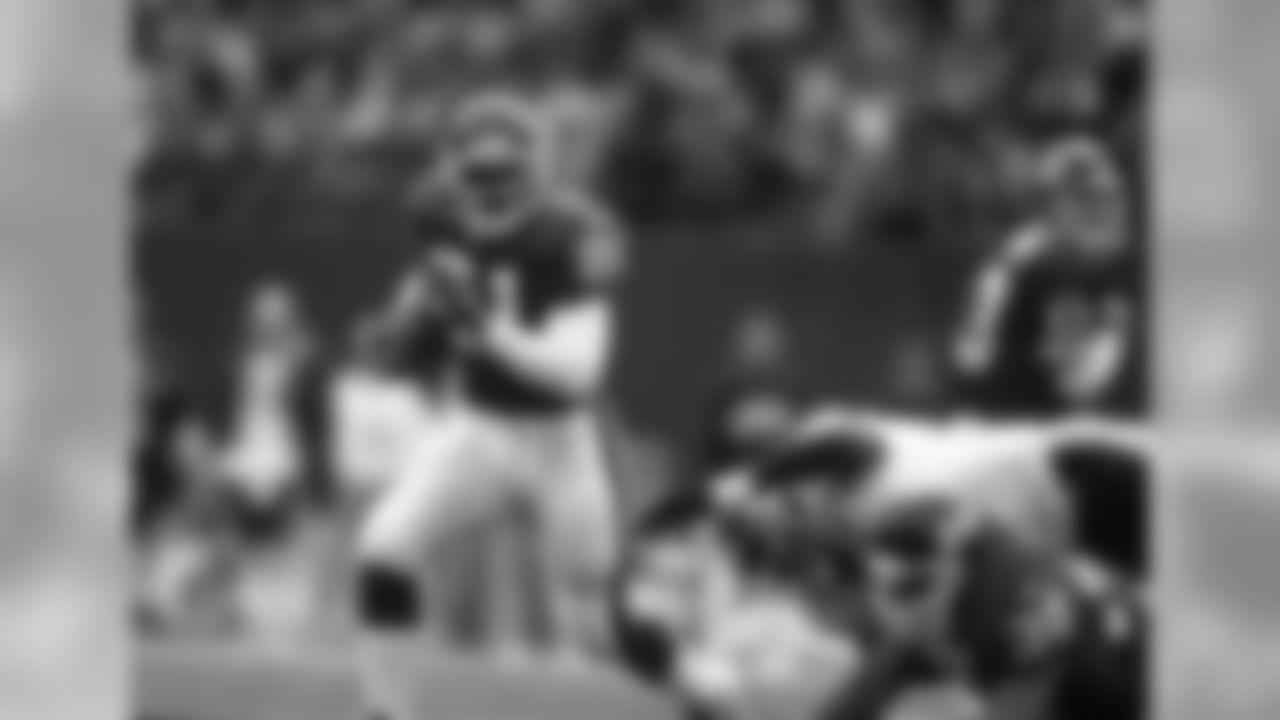
New York Giants running back Tiki Barber (21) is seen in action during an NFL game against the Washington Redskins, Saturday, Dec. 13, 1997, in East Rutherford, N.J. (Allen Kee via AP)

New York Giants defensive end Lawrence Taylor (56) rushes the passer against the Washington Redskins at RFK Stadium, Oct. 10, 1993, during an NFL game. (Al Messerschmidt via AP)
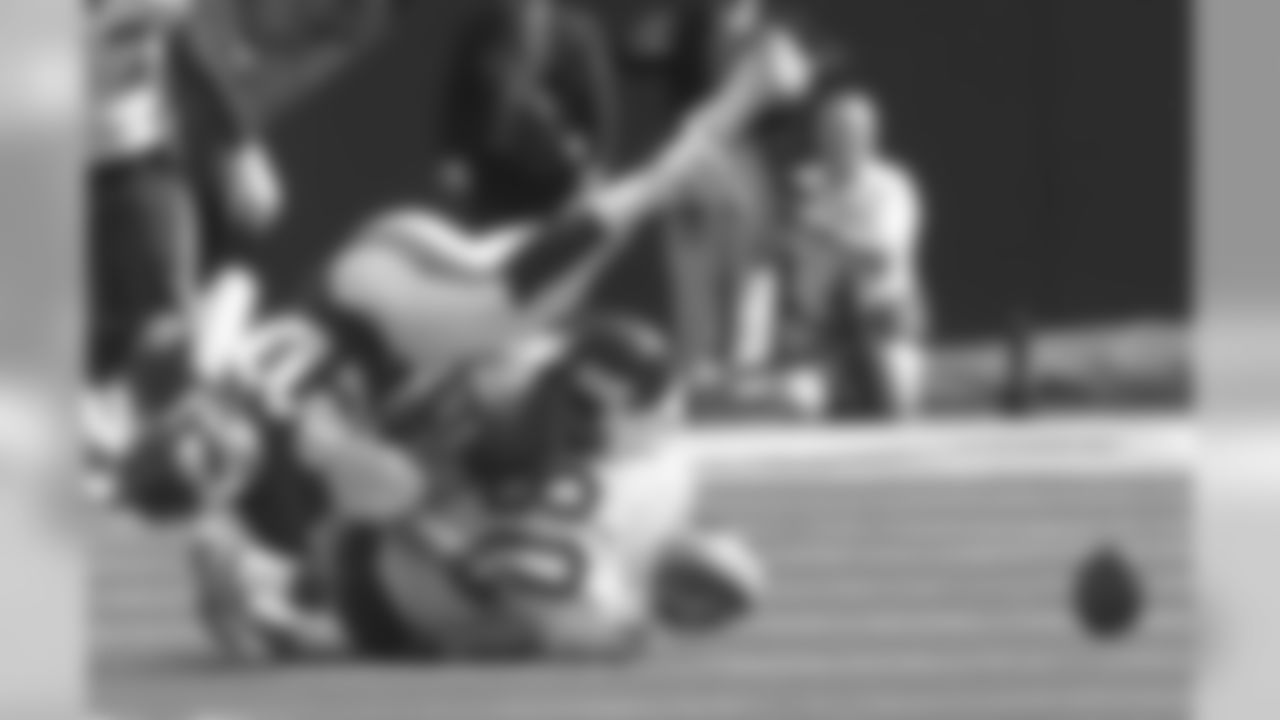
A pass from Washington Redskins' quarterback Brad Johnson falls incomplete as Redskins Stephen Alexander (90) is taken down by New York Giants' Ryan Phillips (91) in the second quarter Sunday, Sept. 19, 1999, at Giants Stadium in East Rutherford, N.J. Giants Sam Garnes (20) tumbles over them. The Giants lost their home opener 50-21. (AP Photo/Ron Frehm)
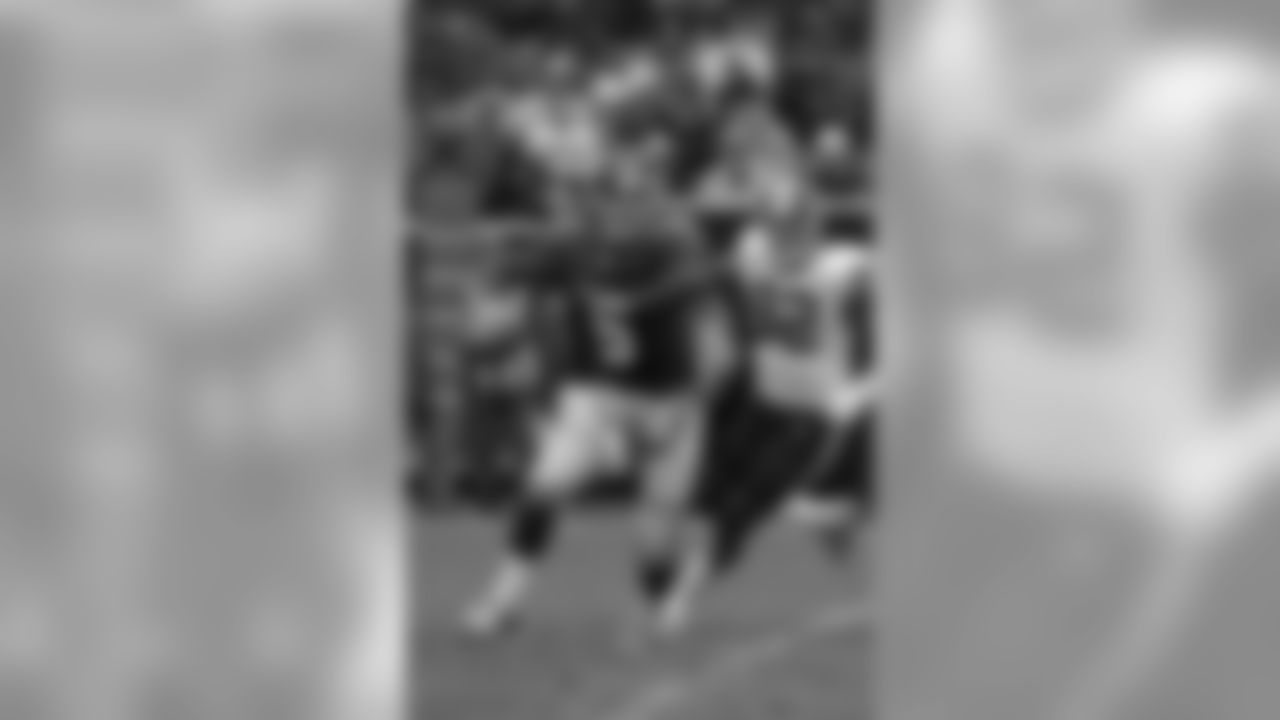
New York Giants quarterback Kerry Collins (5) searches for a reciever downfield as he is pursued by Washington Redskins' Daryl Gardener (92) during the second quarter Sunday, Nov. 17, 2002, at Giants Stadium in East Rutherford, N.J. Collins threw for 211 yards in the Giants 19-17 victory over the Redskins. (AP Photo/Tom Sperduto)
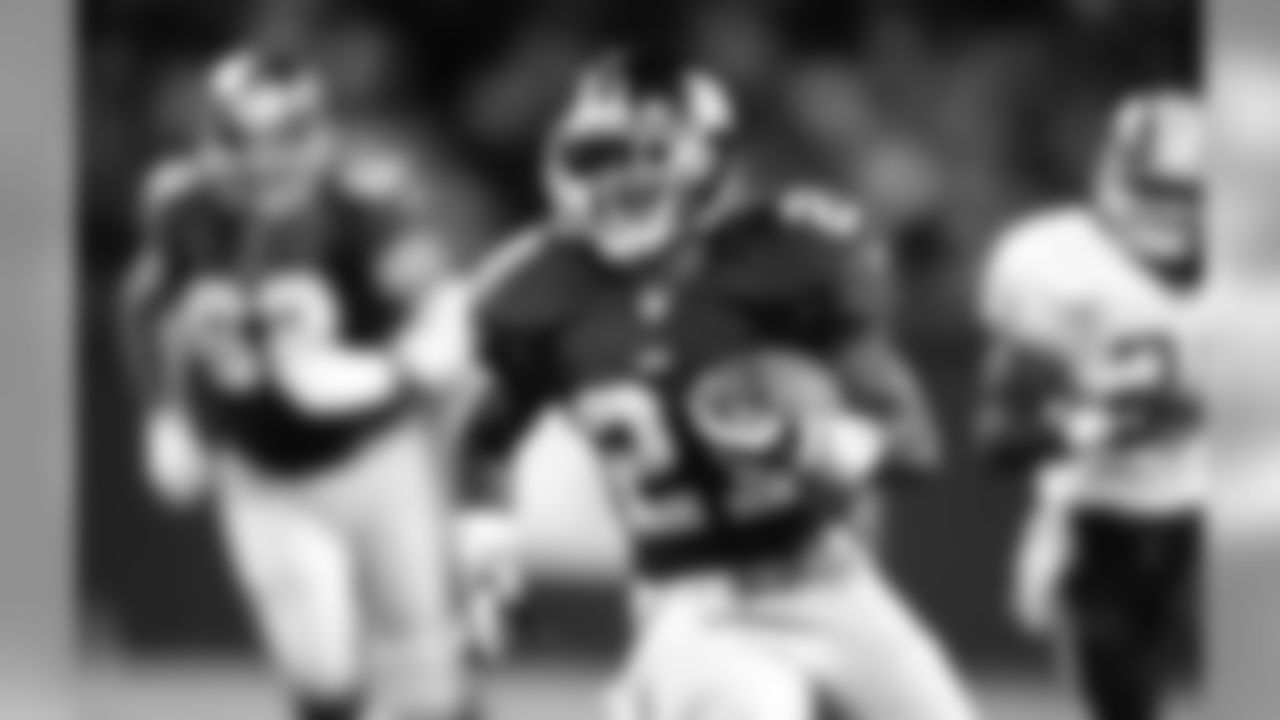
New York Giants running back Tiki Barber (21) is seen in action during an NFL Game against the Washington Redskins Sept. 24, 2000, in East Rutherford, N. J. (Evan Pinkus via AP)
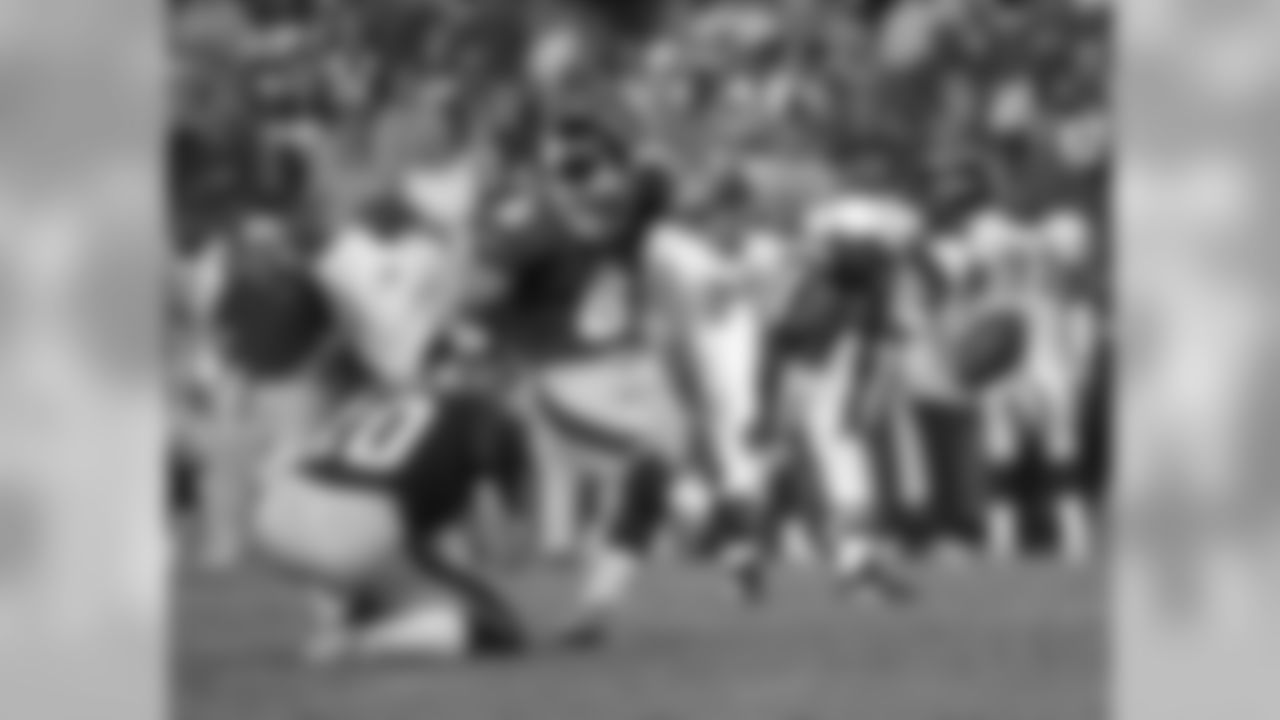
New York Giants' Matt Bryant (8) kicks the game-winning 29-yard field goal in overtime to beat the Washington Redskins 24-21 Sunday, Sept. 21, 2003, in Landover, Md. The holder is Jeff Feagles. (AP Photo/Gerald Herbert)

New York Giants' Amani Toomer, foreground, pulls in a pass over Washington Redskins' Champ Bailey on a 54-yard touchdown pass play Sunday, Sept. 21, 2003, at FedEx Field in Landover, Md. (AP Photo/Gerald Herbert)
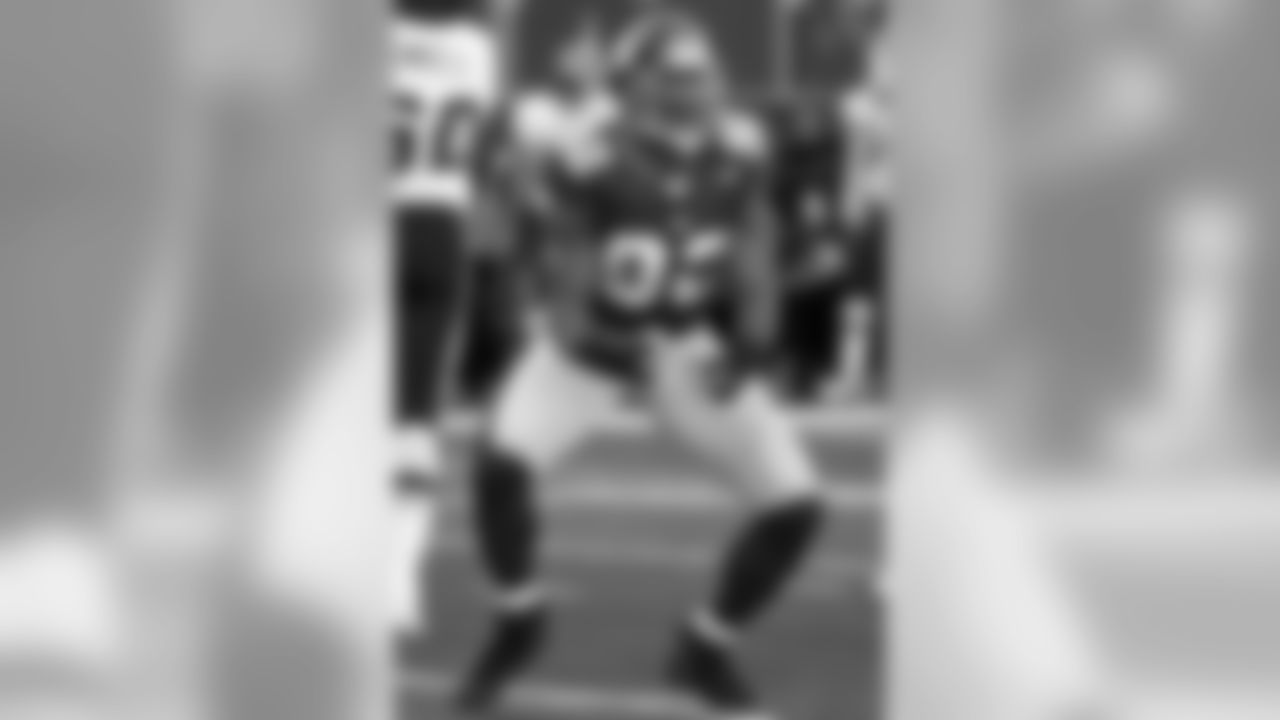
New York Giants defensive end Michael Strahan (92) celebrates after sacking Washington Redskins quarterback Mark Brunell during the first quarter Sunday, Oct. 30, 2005 at Giants Stadium in East Rutherford, N.J. The Giants had five sacks as they beat the Redskins 36-0. (AP Photo/Bill Kostroun)
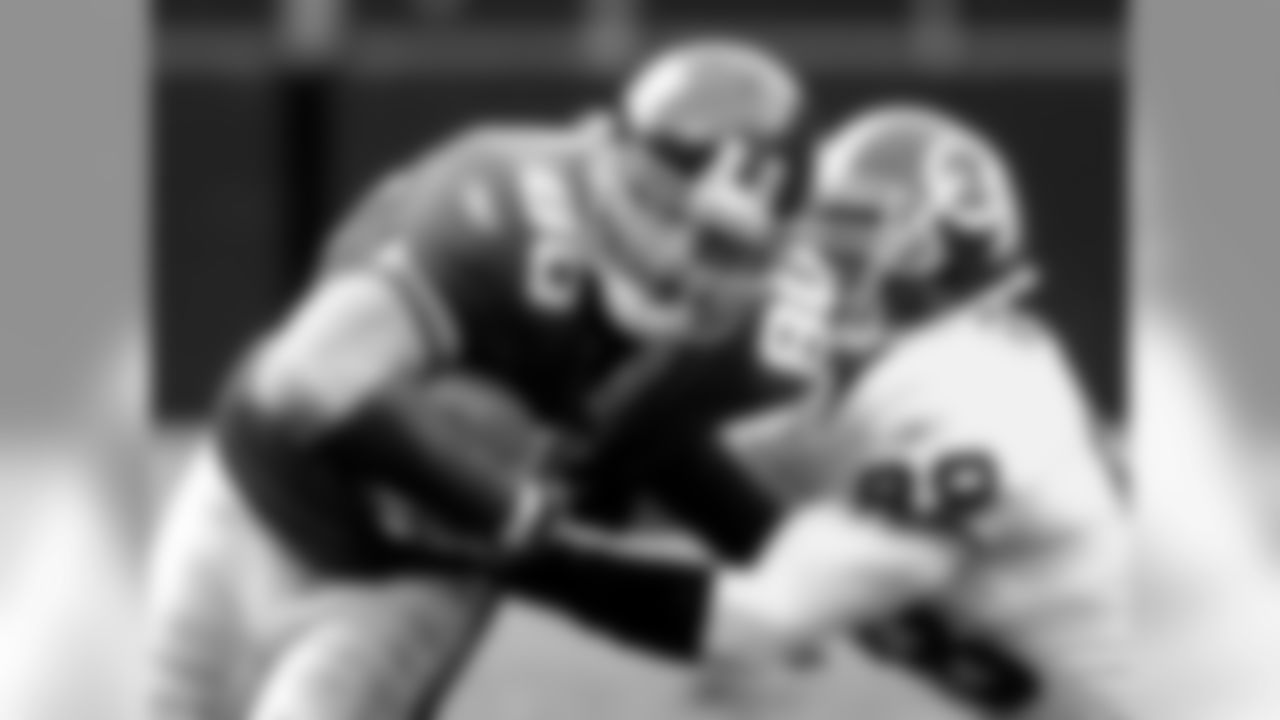
New York Giants tight end Jeremy Shockey, left, is tackled by Washington Redskins linebacker Jessie Armstead after gaining seven yards and picking up a first down during the first quarter Sunday, Nov. 17, 2002, at Giants Stadium in East Rutherford, N.J. Shockey had 11 catches for 111 yards leading the Giants to a 19-17 win over the Redskins. (AP Photo/Bill Kostroun)
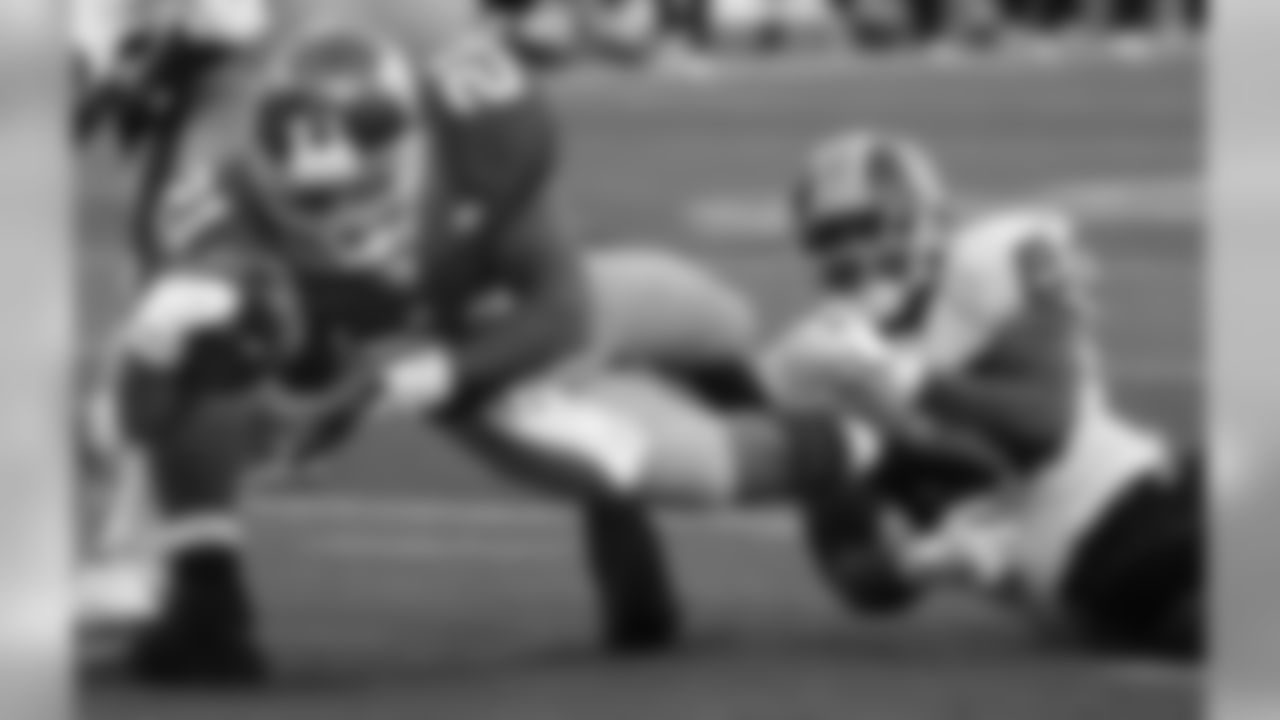
New York Giants Tiki Barber falls in for a third quarter touchdown after breaking free from the grasp of Washington Redskins Pierson Prioleau, Sunday, Oct. 30, 2005, at Giants Stadium in East Rutherford, N.J. The Giants shoutout the Redskins, 36-0. (AP Photo/Kathy Willens)
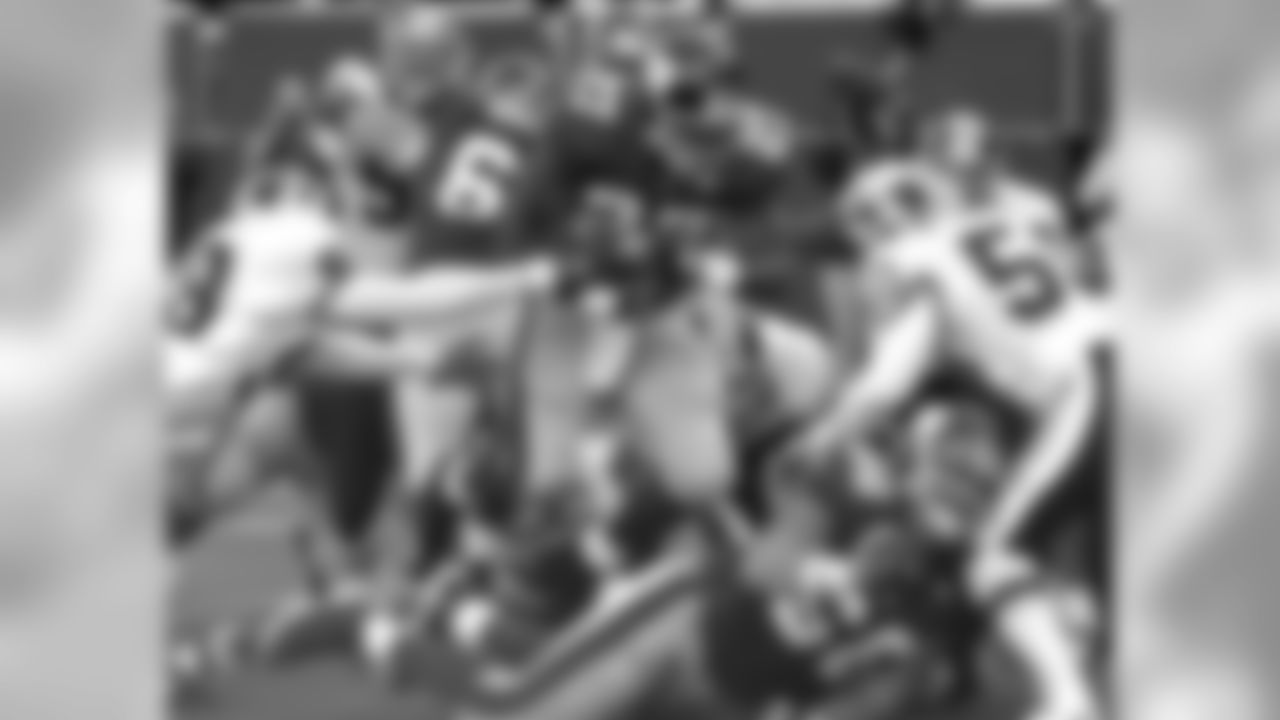
New York Giants running back Brandon Jacobs (27) goes over guard David Diehl (66) as he blocks Washington Redskins linebacker Khary Campbell (50) to score a touchdown during the second quarter Sunday, Oct. 30, 2005 at Giants Stadium in East Rutherford, N.J. The Giants won 36-0.(AP Photo/Bill Kostroun)
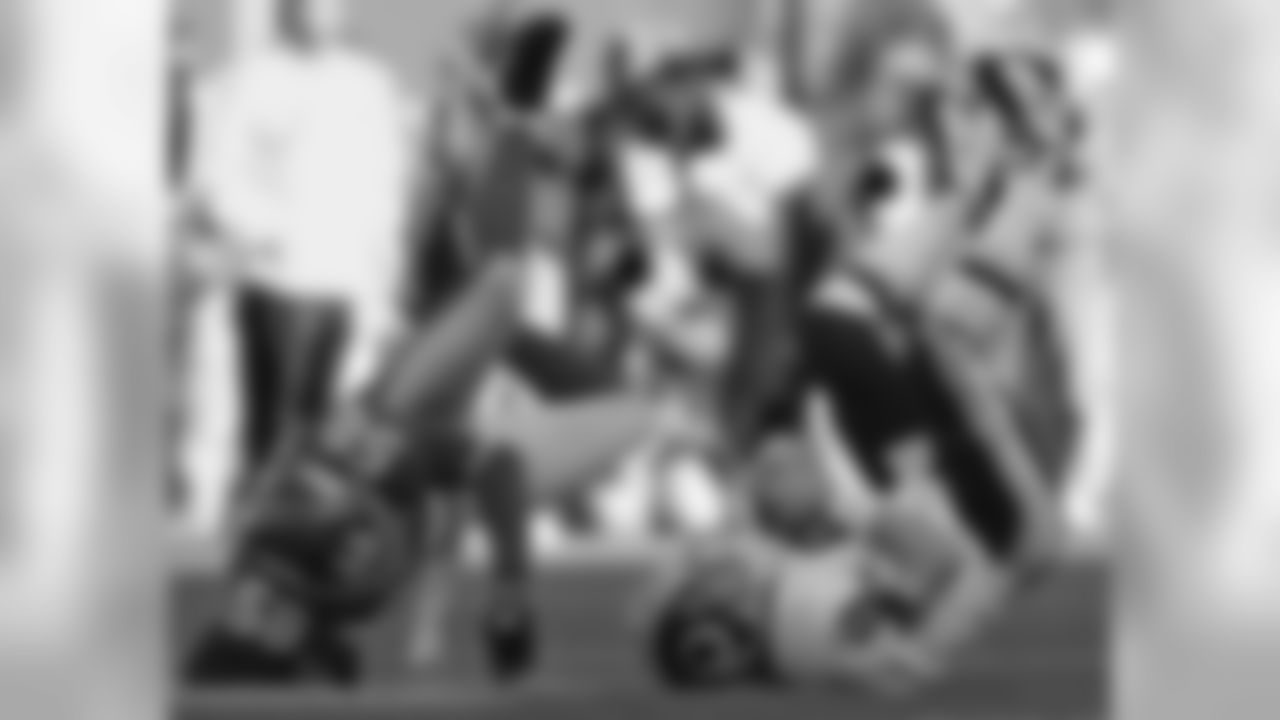
Washington Redskins quarterback Mark Brunell hits the turf with New York Giants linebacker Antonio Pierce in the second quarter of the Giants' 36-0 shutout of Washington, Sunday, Oct. 30, 2005, at Giants Stadium in East Rutherford, N.J. (AP Photo/Kathy Willens)
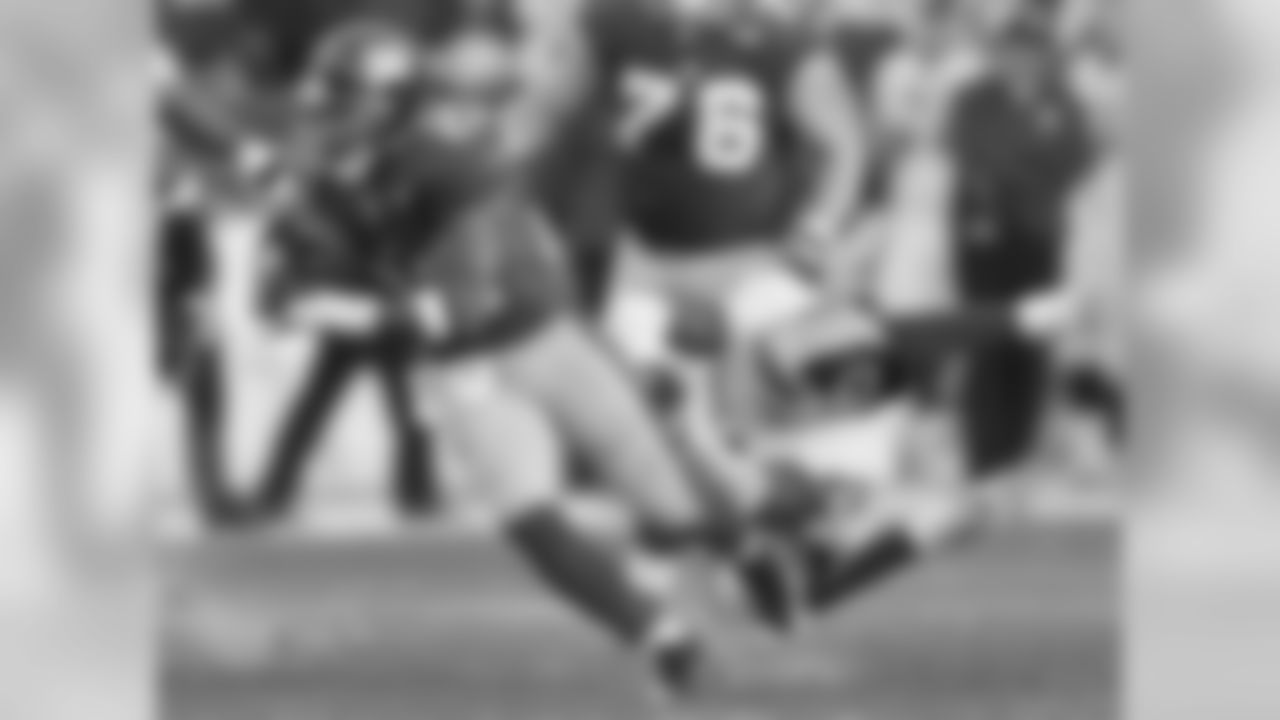
Washington Redskins linebacker Marcus Washington, right, dives for New York Giants running back Tiki Barber (21) during the third quarter of a NFL football game, Saturday, Dec. 24, 2005, at FedEx Field in Landover, Md. The Redskins won, 35-20.(AP Photo/Nick Wass)
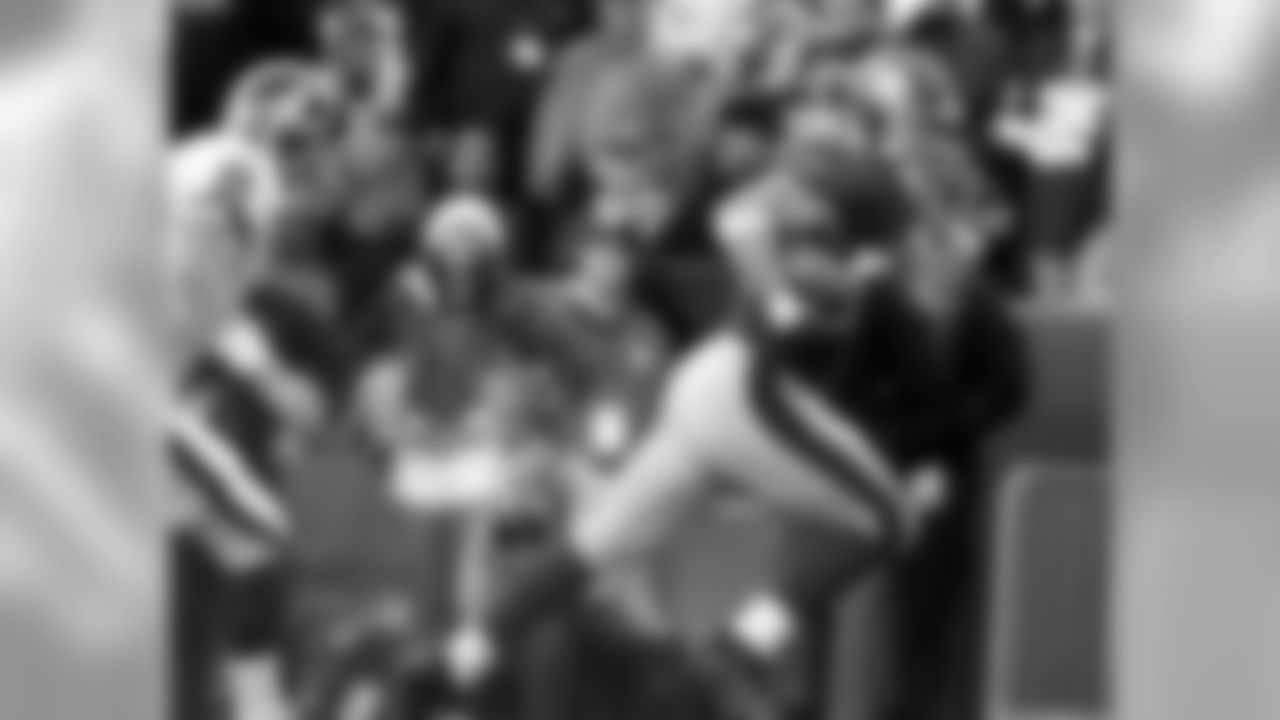
New York Giants linebacker Chase Blackburn, right, runs past Washington Redskins quarterback Mark Brunell (8) for a touchdown after he intercepted a Brunell pass during the first quarter of a NFL football game, Saturday, Dec. 24, 2005, at FedEx Field in Landover, Md.(AP Photo/Nick Wass)
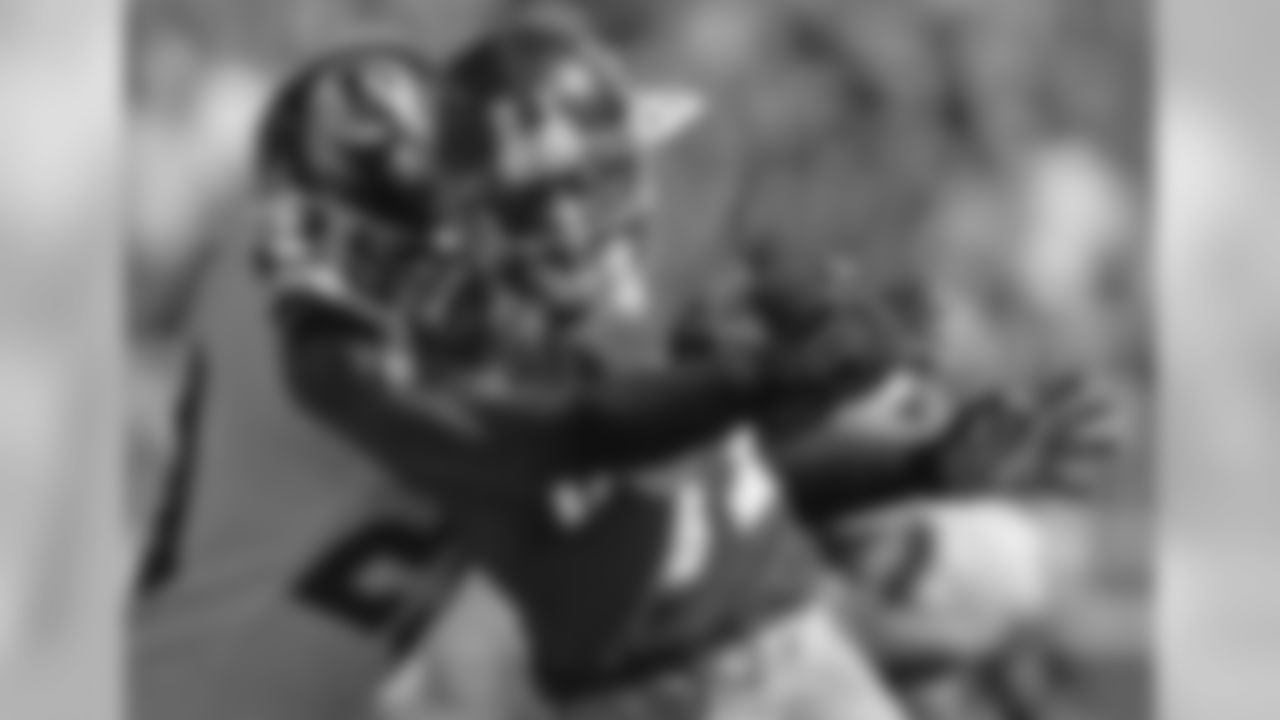
Washington Redskins' Mike Rumph tries to take down New York Giants' Amani Toomer (81) after a 44-yard reception during the first quarter of NFL football in East Rutherford, N.J. on Sunday, Oct. 8, 2006. (AP Photo/Tim Larsen)
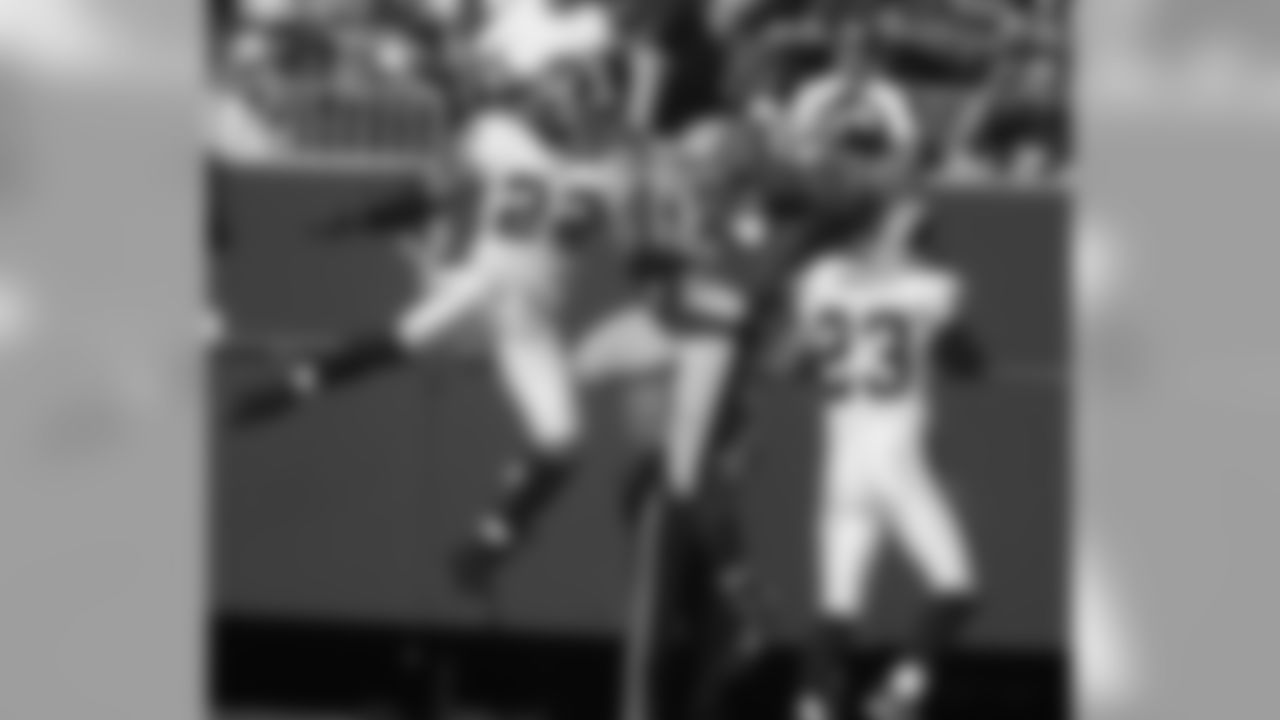
New York Giants' Amani Toomer, center, makes a 22-yard reception between Washington Redskins' Carlos Rogers (22) and Reed Doughty (23) during the third quarter of NFL football in East Rutherford, N.J. on Sunday, Oct. 8, 2006. The giants won 19-3.(AP Photo/Tim Larsen)
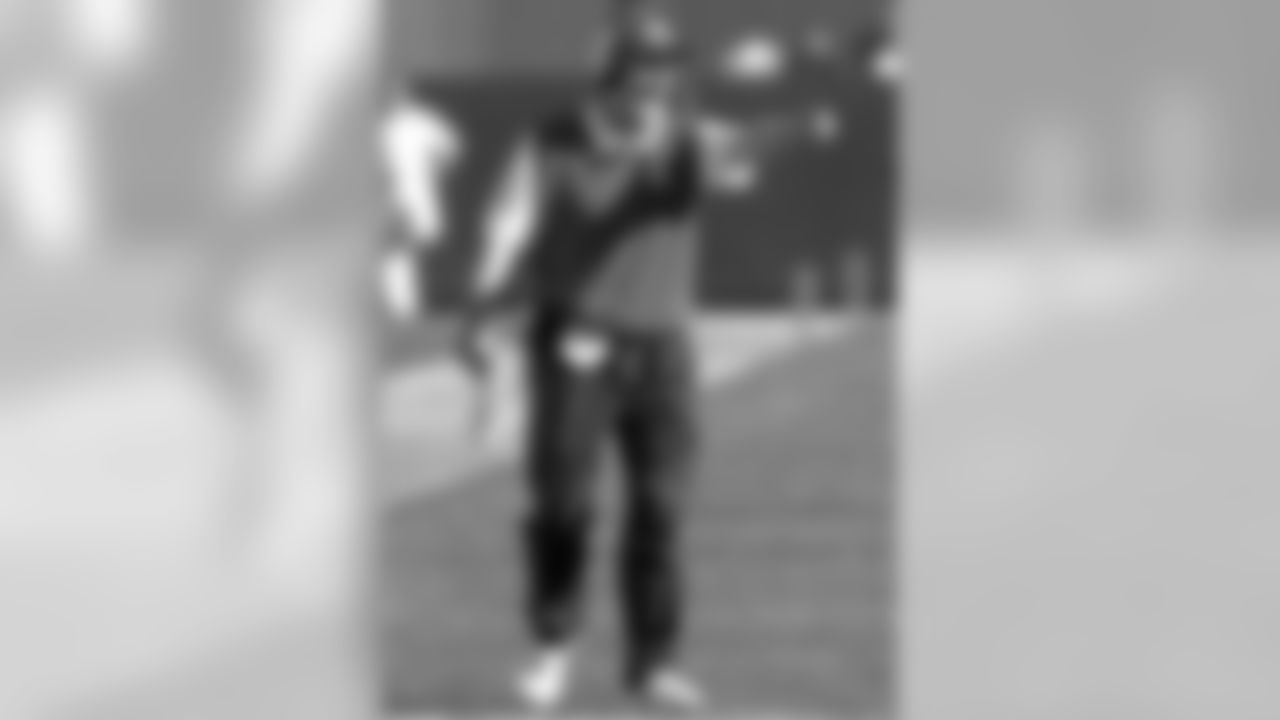
New York Giants coach Tom Coughlin reacts during the fourth quarter of NFL football against the Washington Redskins, Sunday, Oct. 8, 2006, at Giants Stadium in East Rutherford, N.J. The Giants beat the Redskins, 19-3. (AP Photo/Bill Kostroun)
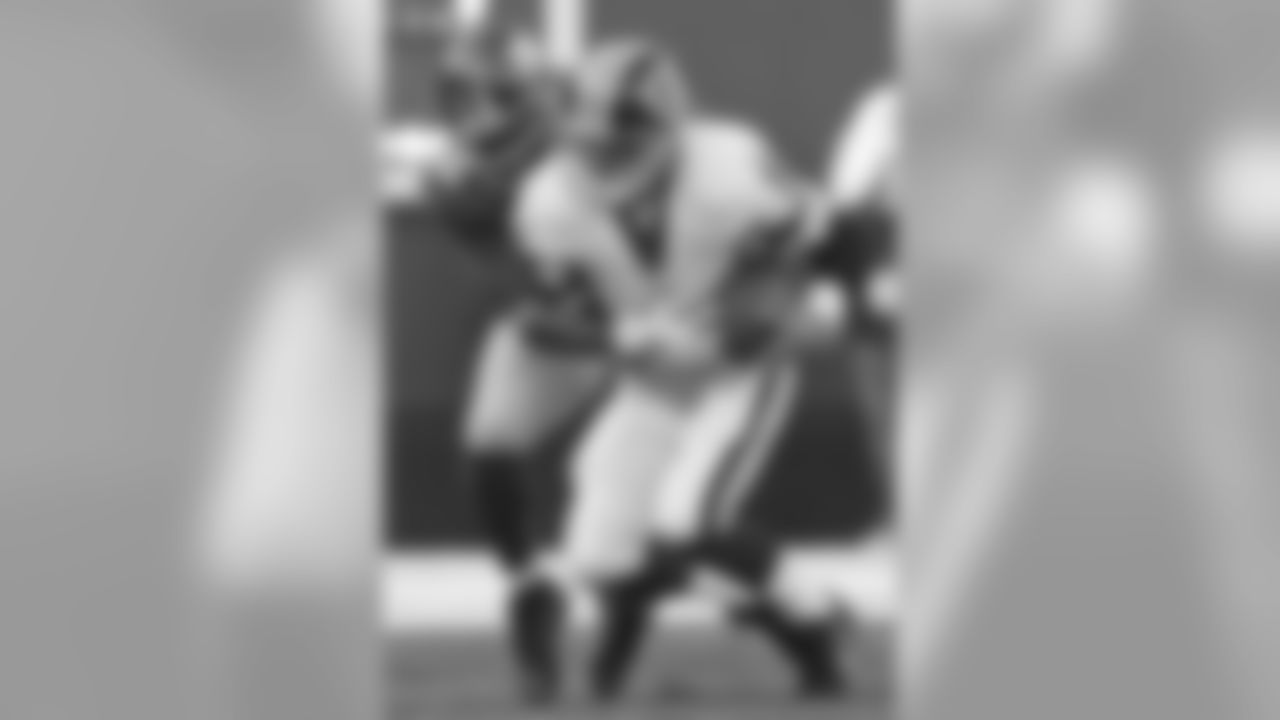
Washington Redskins' quarterback Mark Brunell (8) is sacked by New York Giants' Osi Umenyiora (72) during the fourth quarter of NFL Football in East Rutherford, N.J. on Sunday, Oct. 8, 2006. Giants won 19-3. (AP Photo/Tim Larsen)
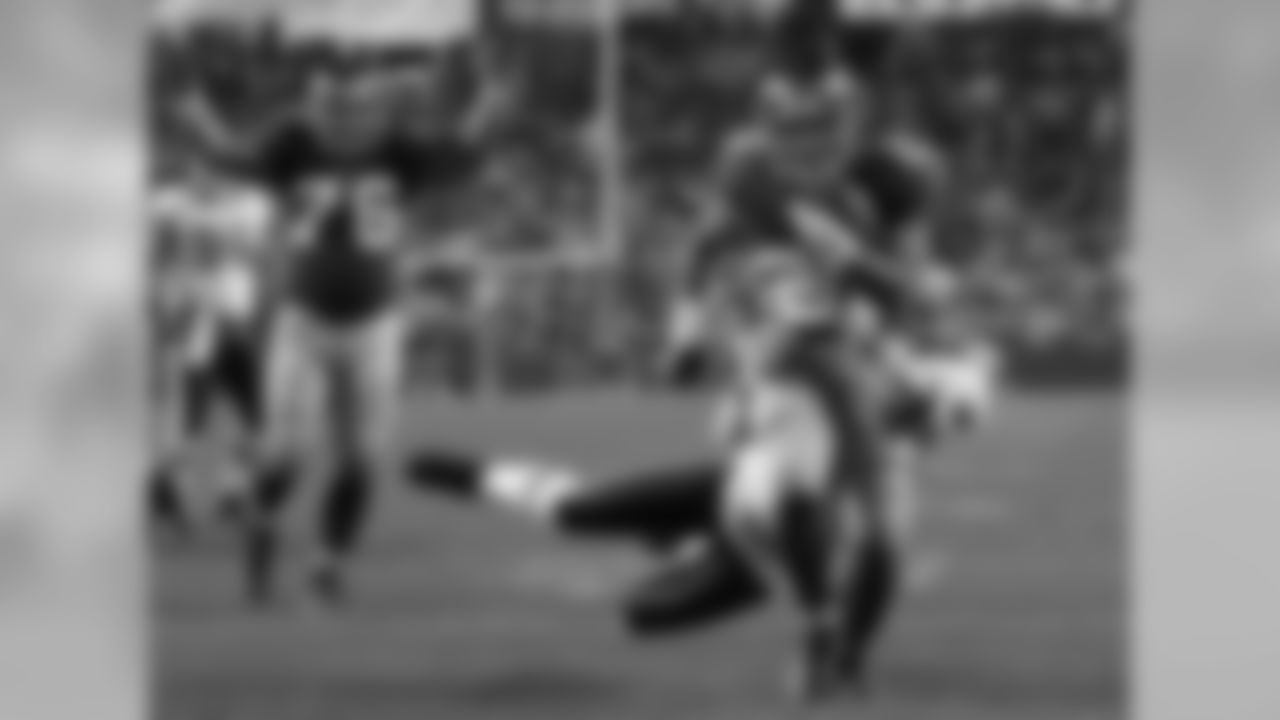
New York Giants running back Tiki Barber, front right, drags Washington Redskins safety Sean Taylor into the end zone for a touchdown as Giants lineman Chris Snee, left, celebrates during the first half of an NFL football game Saturday, Dec. 30, 2006, in Landover, Md. (AP Photo/Nick Wass)
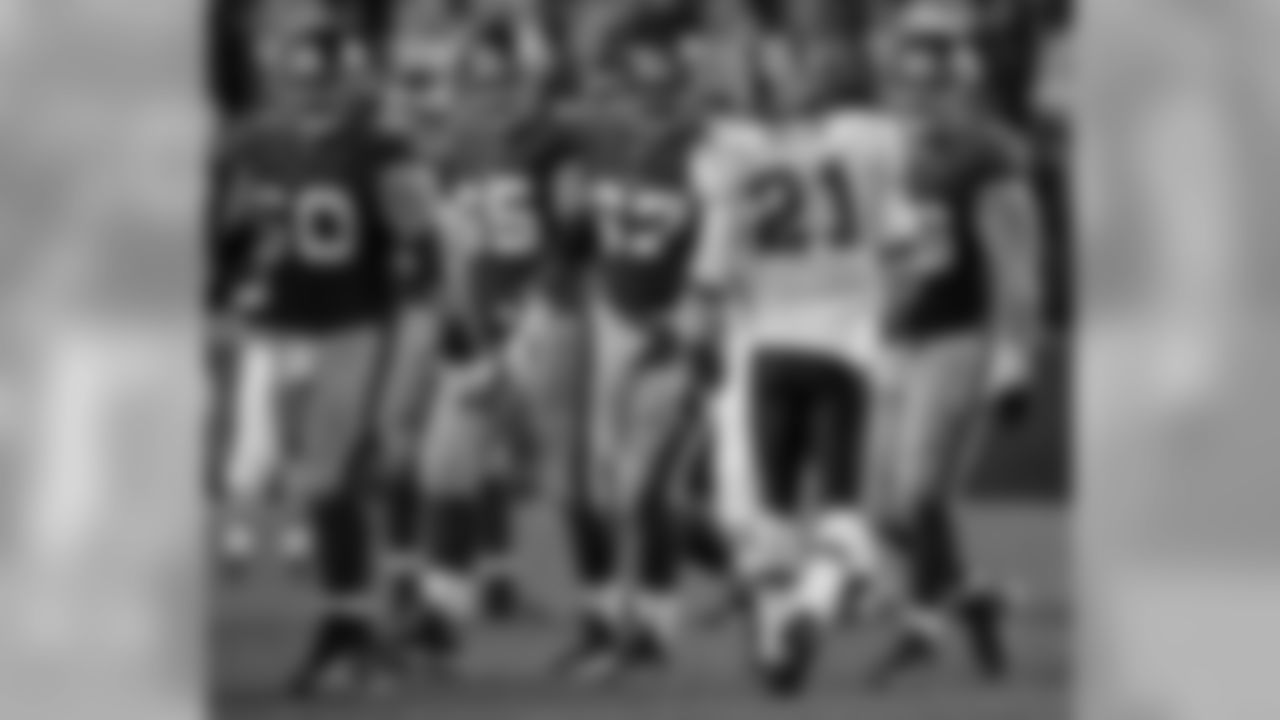
Washington Redskins safety Sean Taylor (21) has words with New York Giants offensive linemen, from left, Shaun O'Hara, Grey Ruegamer, Kareem McKenzie and Chris Snee during the second half of an NFL football game Saturday, Dec. 30, 2006 in Landover, Md. The Giants won 34-28. (AP Photo/Chris Gardner)
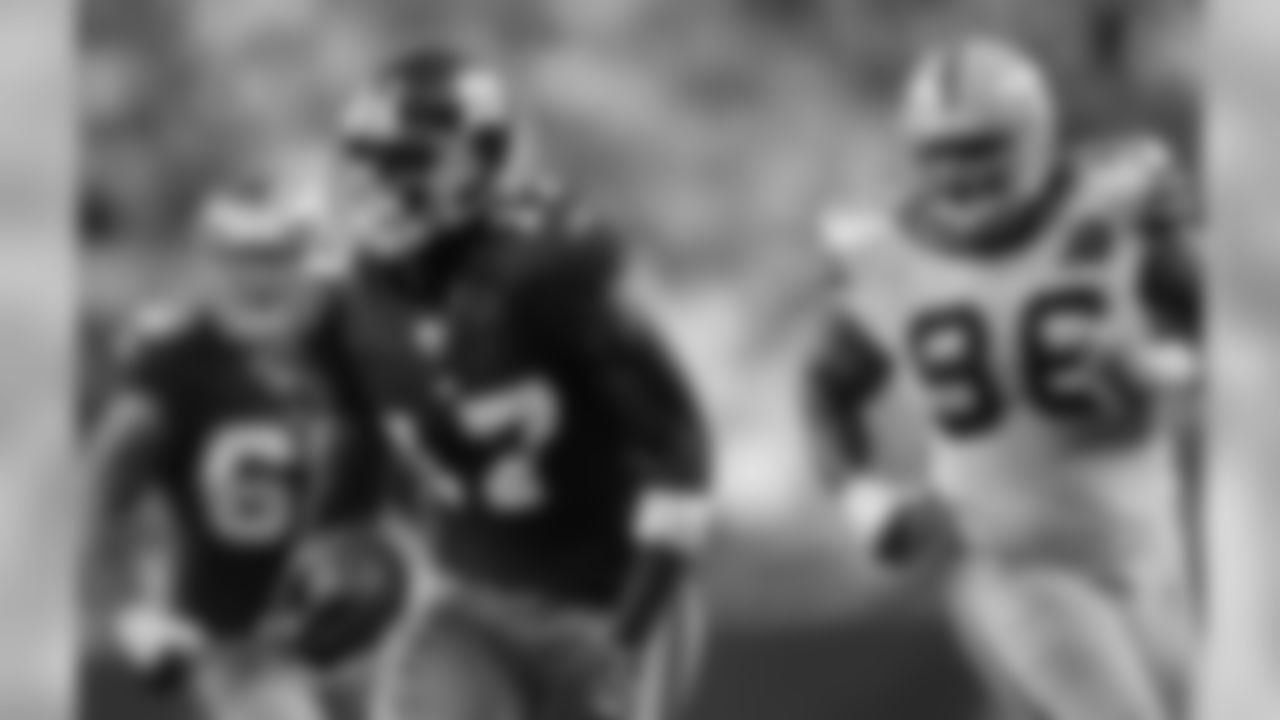
New York Giants wide receiver Plaxico Burress (17) runs on a 33-yard touchdown reception in the fourth quarter of an NFL football game against the Washington Redskins in Landover, Md., Sunday, Sept. 23, 2007. The Giants won 24-17. Redskins' Barry Cofield (96) defends. (AP Photo/Manuel Balce Ceneta)
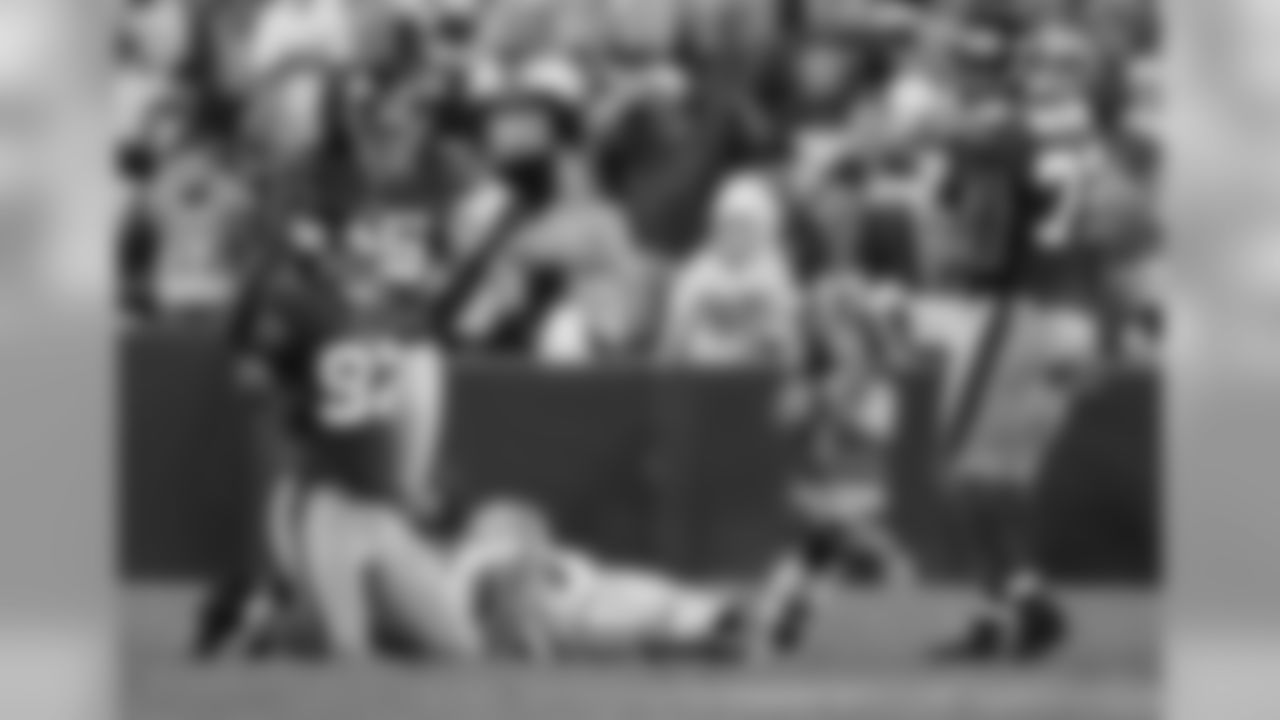
New York Giants' linebacker Mathias Kiwanuka (97), celebrates sacking Washington Redskins quarterback Jason Campbell, on the ground, during the fourth quarter of an NFL game at the Fedex Field in Landover, Md., Sunday, Sep. 23, 2007. Giants won, 24-17. Others are Gaints' Mitchell Kawika and Osi Umenyiora. (AP Photo/Manuel Balce Ceneta)
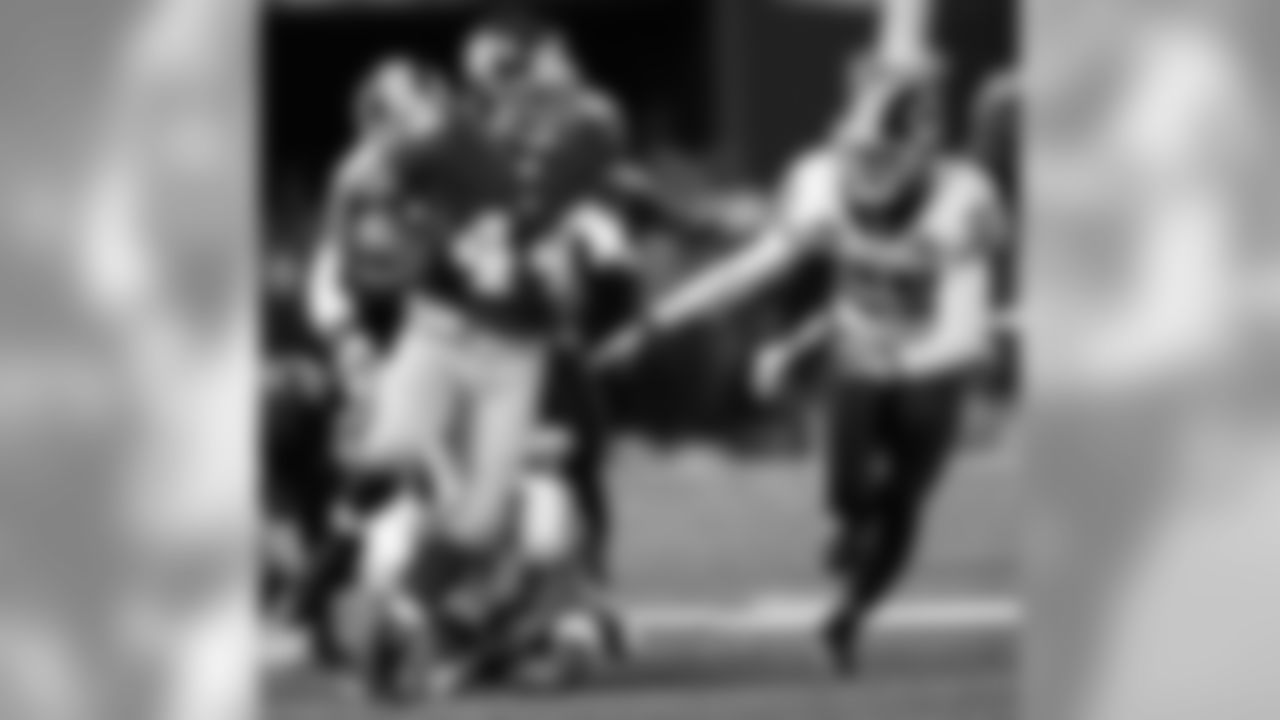
New York Giants' running back Ahmad Bradshaw (44) carries the ball as he is chased by Washington Redskins' Leigh Torrence (29) during first quarter NFL football Sunday, Dec. 16, 2007 at Giants Stadium in East Rutherford, N.J. (AP Photo/Mel Evans)
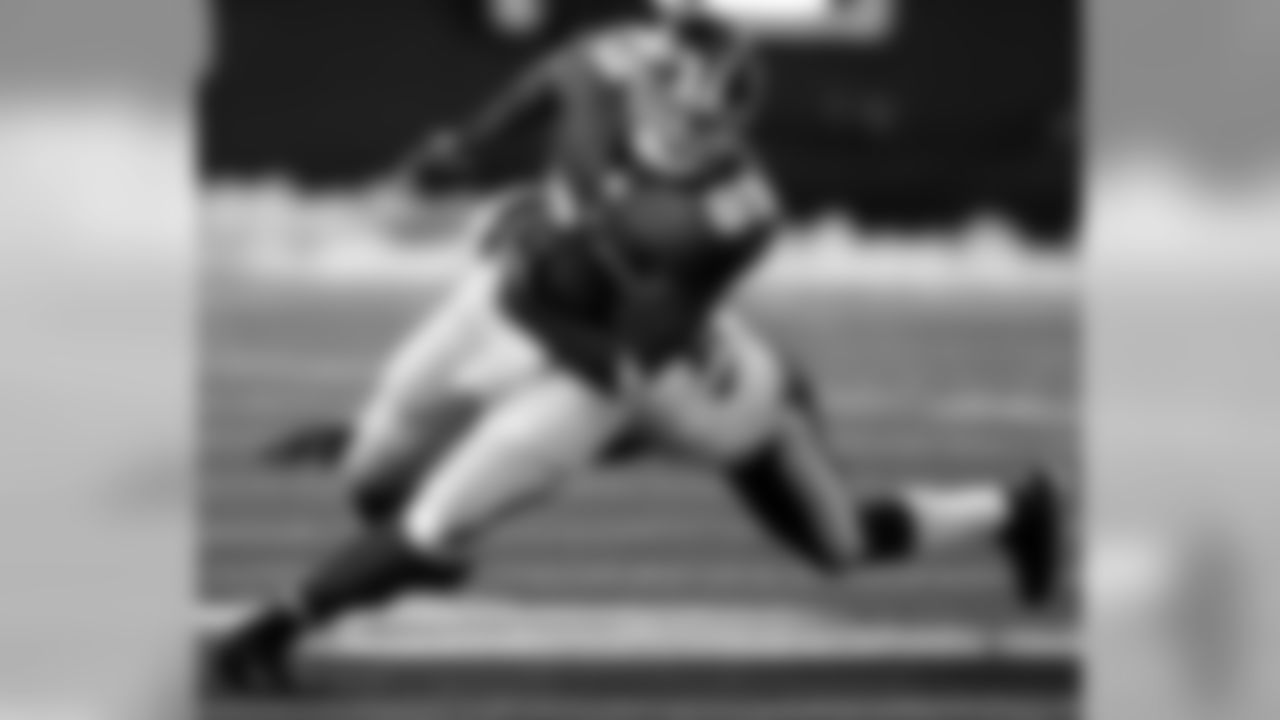
New York Giants' Kevin Boss (89) runs with the ball during the fourth quarter of an NFL football game against the Washington Redskins Sunday, Dec. 16, 2007 at Giants Stadium in East Rutherford, N.J. The Redskins won 22-10. (AP Photo/Mel Evans)
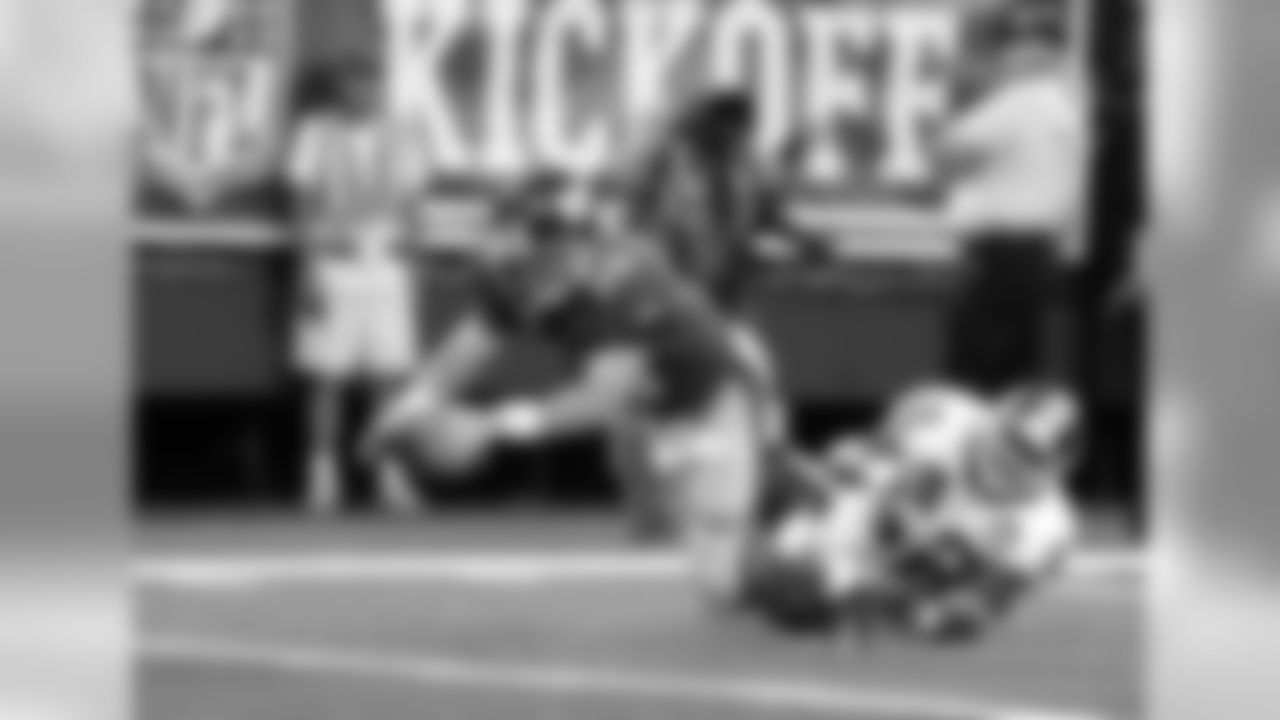
New York Giants' quarterback Eli Manning, left, dives for a touchdown past Washington Redskins' Rocky McIntosh during the first half of an NFL football game at Giants Stadium in East Rutherford, N.J., Thursday, Sept. 4, 2008. (AP Photo/Seth Wenig)
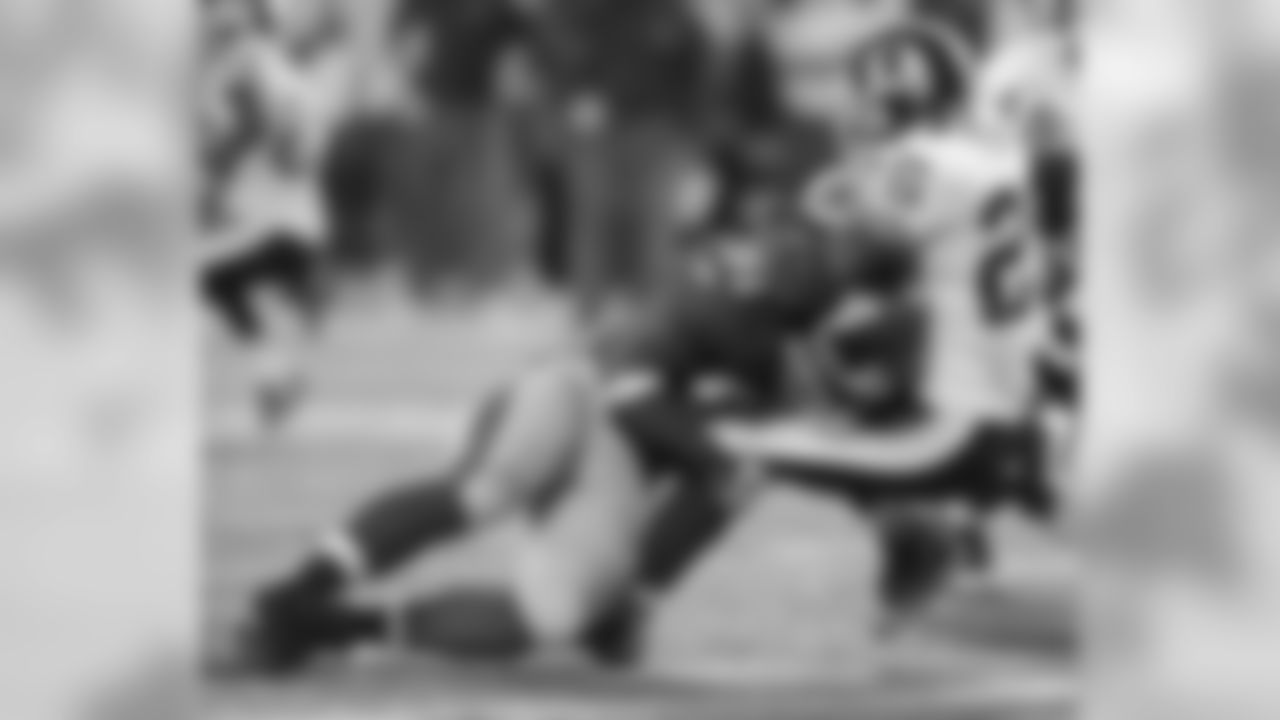
New York Giants defensive end Justin Tuck, left, tackles Washington Redskins running back Clinton Portis during the fourth quarter of an NFL football game Thursday night, Sept. 4, 2008, at Giants Stadium in East Rutherford, N.J. The Giants won 16-7. (AP Photo/Bill Kostroun)

New York Giants running back Brandon Jacobs (27) leaps towards the end zone for a touchdown as Washington Redskins linebacker Rocky McIntosh (52) defends during the third quarter of an NFL football game in the rain, Sunday, Nov. 30, 2008, in Landover, Md. The Giants won 23-7. (AP Photo/Nick Wass)
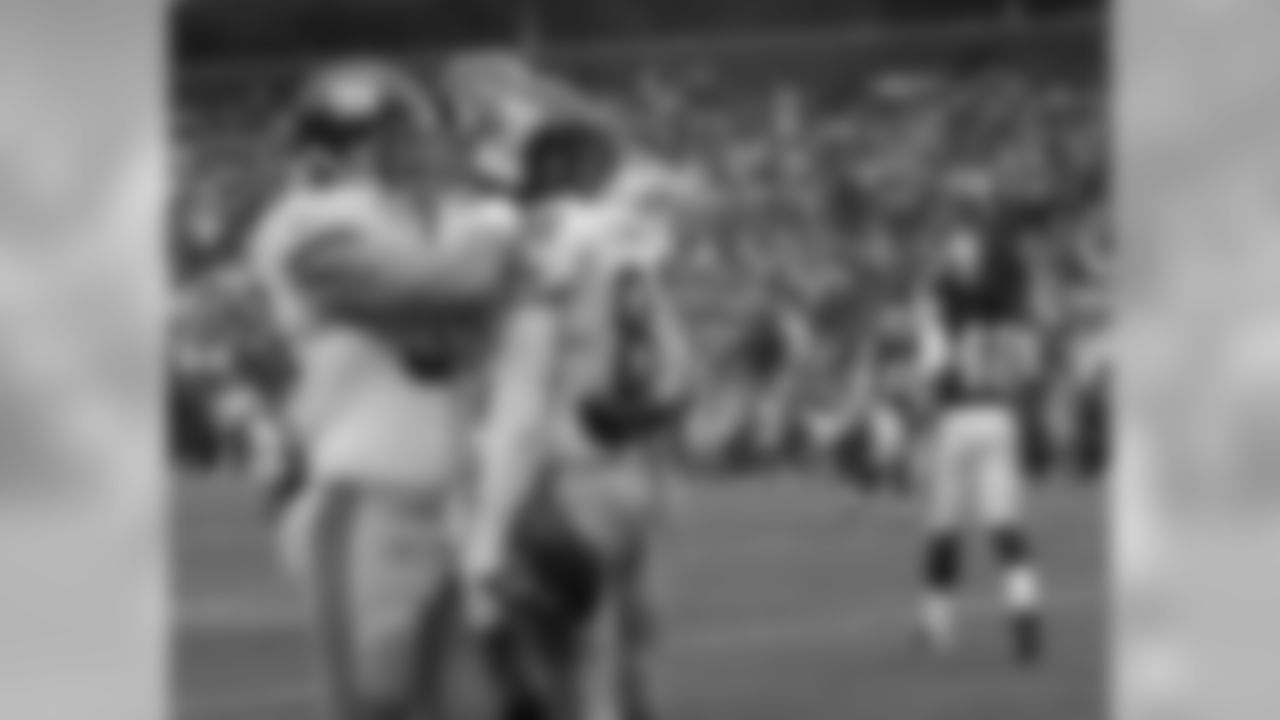
New York Giants wide receiver Amani Toomer (81) is congratulated by fullback Madison Hedgecock, left, and, tight end Kevin Boss, center, after scoring a first-quarter touchdown against the Washington Redskins during an NFL football game in Landover, Md., Sunday, Nov. 30, 2008. The Giants won 23-7. (AP Photo/Susan Walsh)
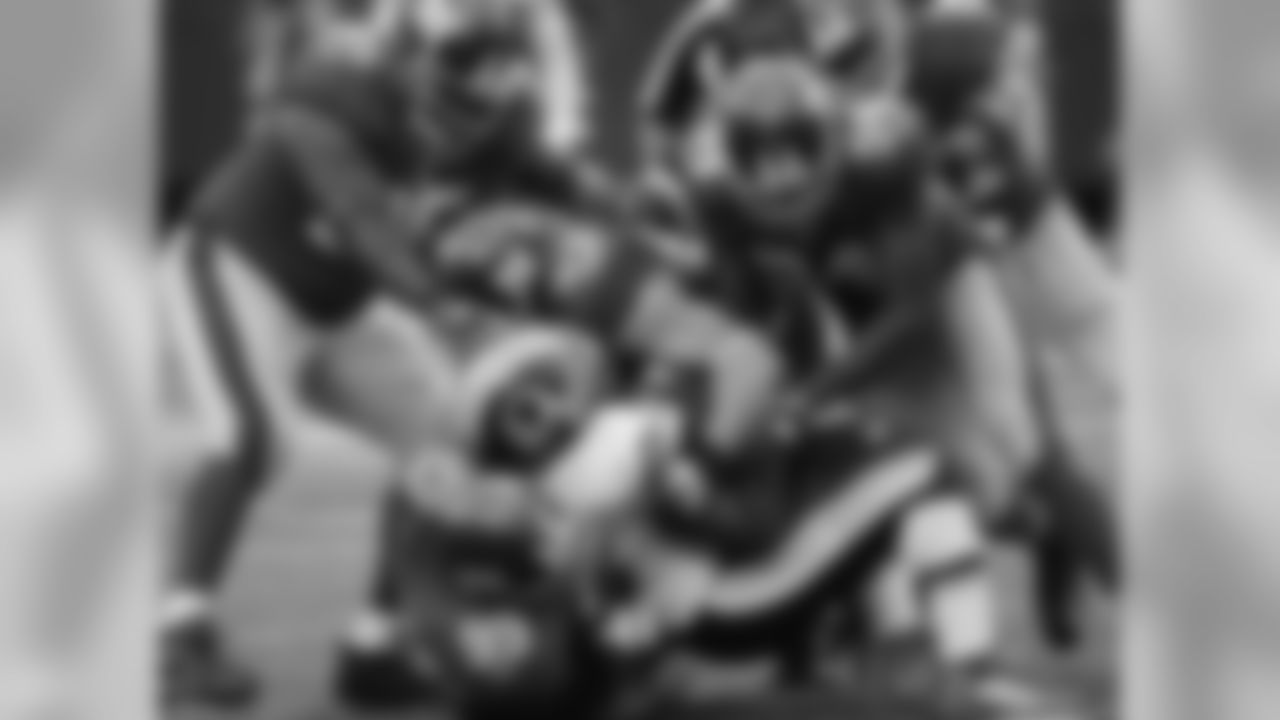
Washington Redskins running back Clinton Portis is tackled by New York Giants' Chris Canty (99), as Chase Blackburn (57), Mathias Kiwanuka (94), Rocky Bernard (95) and Kenny Phillips (21) converge during the second half of an NFL football game Sunday, Sept. 13, 2009, in East Rutherford, N.J. The Giants won 23-17. (AP Photo/Bill Kostroun)
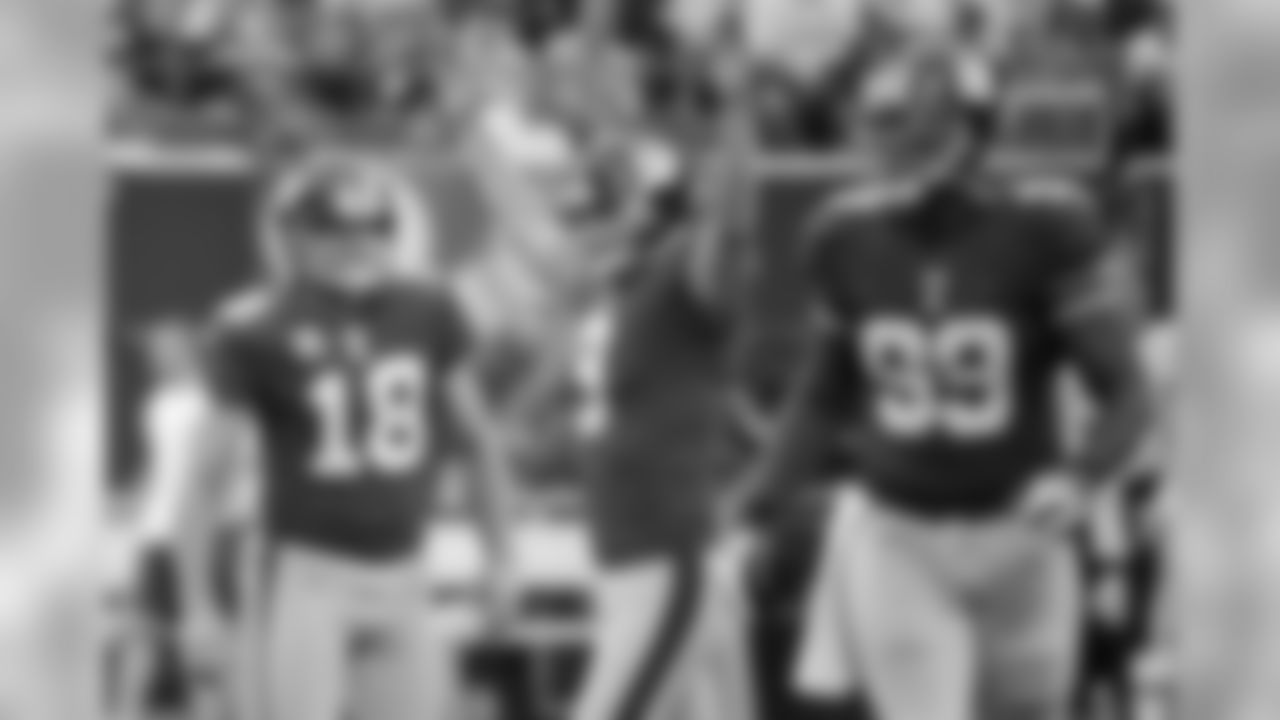
New York Giants' Lawrence Tynes (9) reacts after hitting a 45-yard field goal as teammates Jeff Feagles (18) and Chris Canty (99) stand nearby during the fourth quarter against the Washington Redskins in an NFL football game Sunday, Sept. 13, 2009, in East Rutherford, N.J. Tynes had three field goals as the Giants won 23-17. (AP Photo/Bill Kostroun)
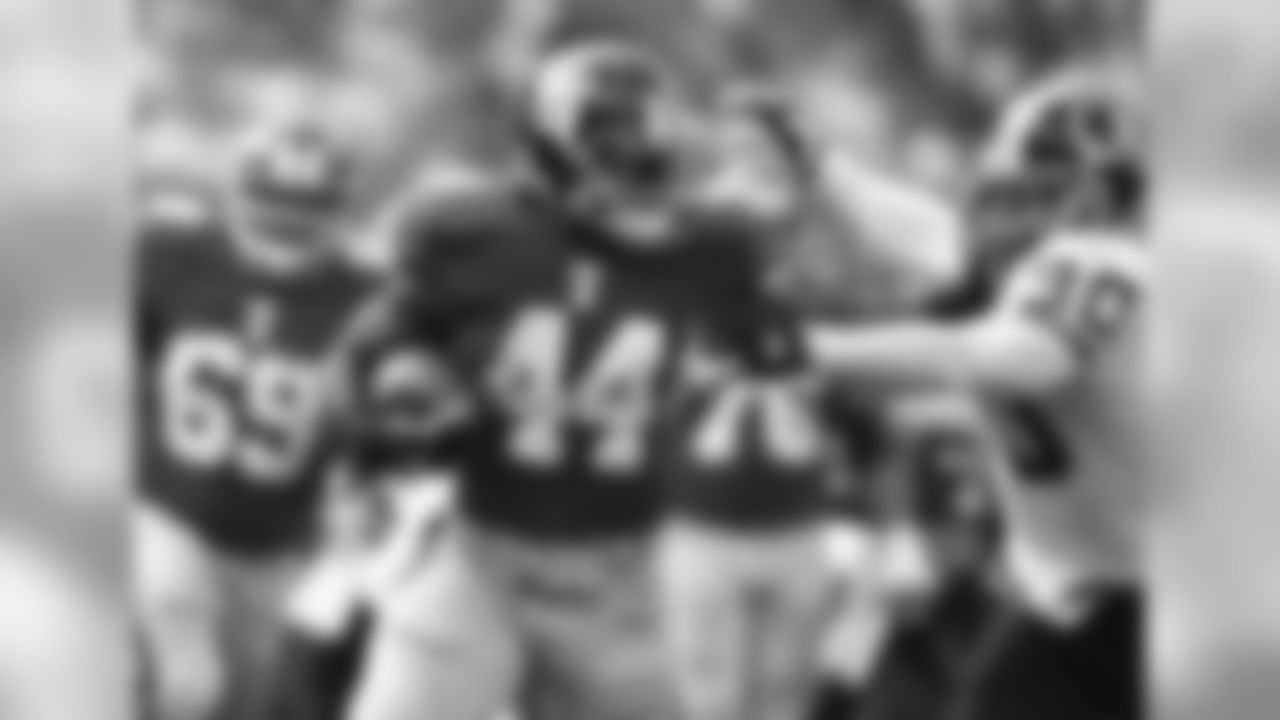
Washington Redskins safety LaRon Landry (30) attempts to tackle New York Giants running back Ahmad Bradshaw (44) during the first half of an NFL football game between the New York Giants against the Washington Redskins, Sunday, Sept. 13, 2009 in East Rutherford, N.J. (AP Photo/Tim Larsen)
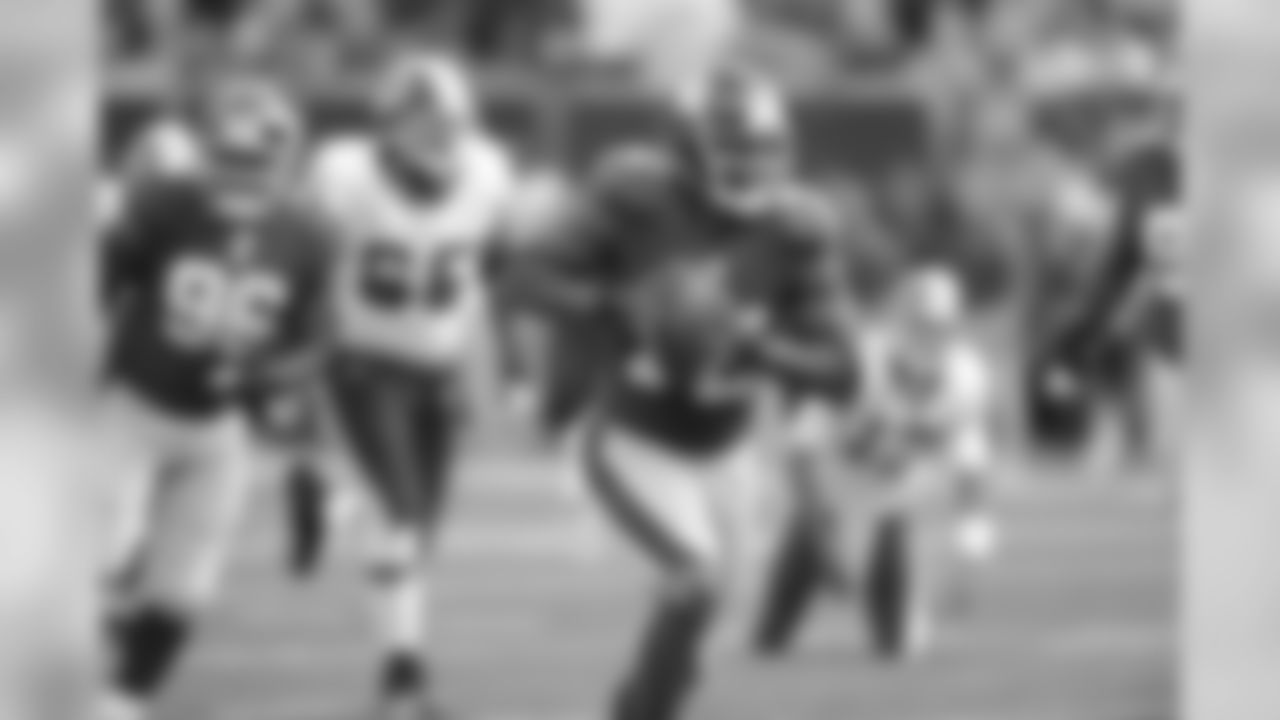
New York Giants defensive end Osi Umenyiora (72) recovers a fumble and returns it for a touchdown against their NFC East rival Washington Redskins during a NFL football game at Giants Stadium in East Rutherford, New Jersey on Sunday September 13, 2009 (AP Photo/Evan Pinkus)
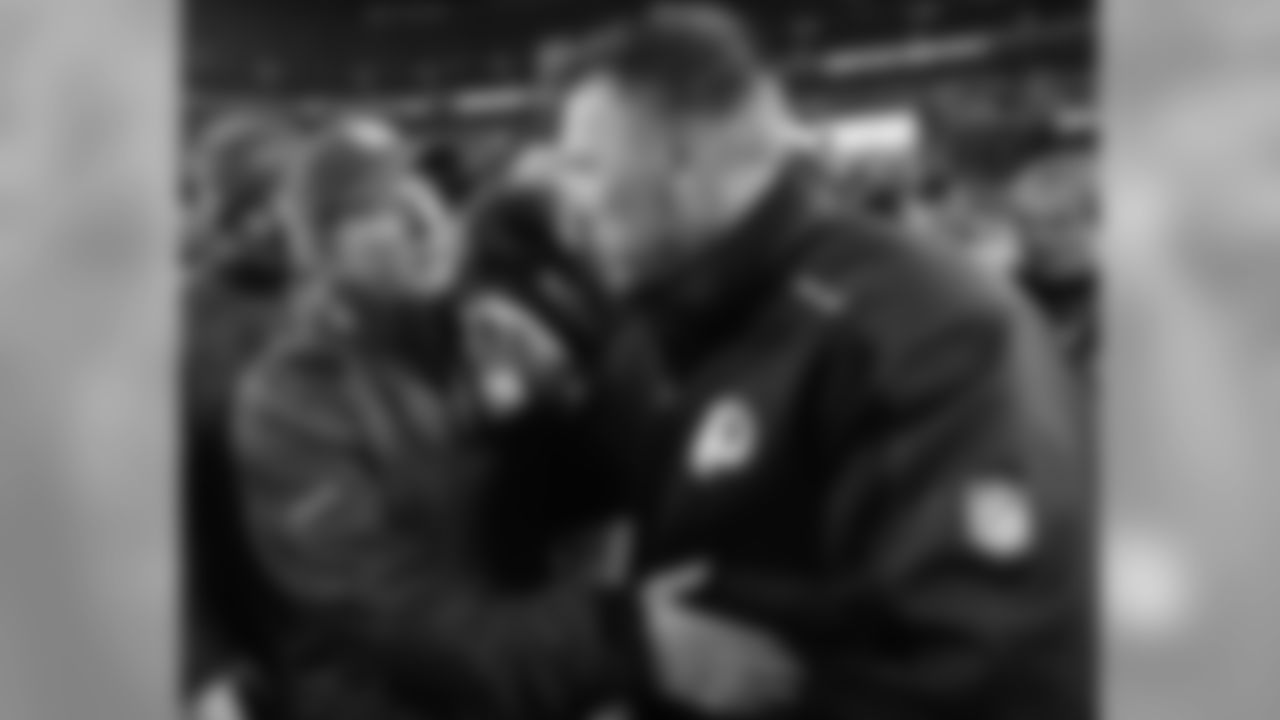
New York Giants coach Tom Coughlin, left, greets Washington Redskins coach Jim Zorn after the Giants' 45-12 win in an NFL football game, Monday, Dec. 21, 2009, in Landover, Md. (AP Photo/Alex Brandon)
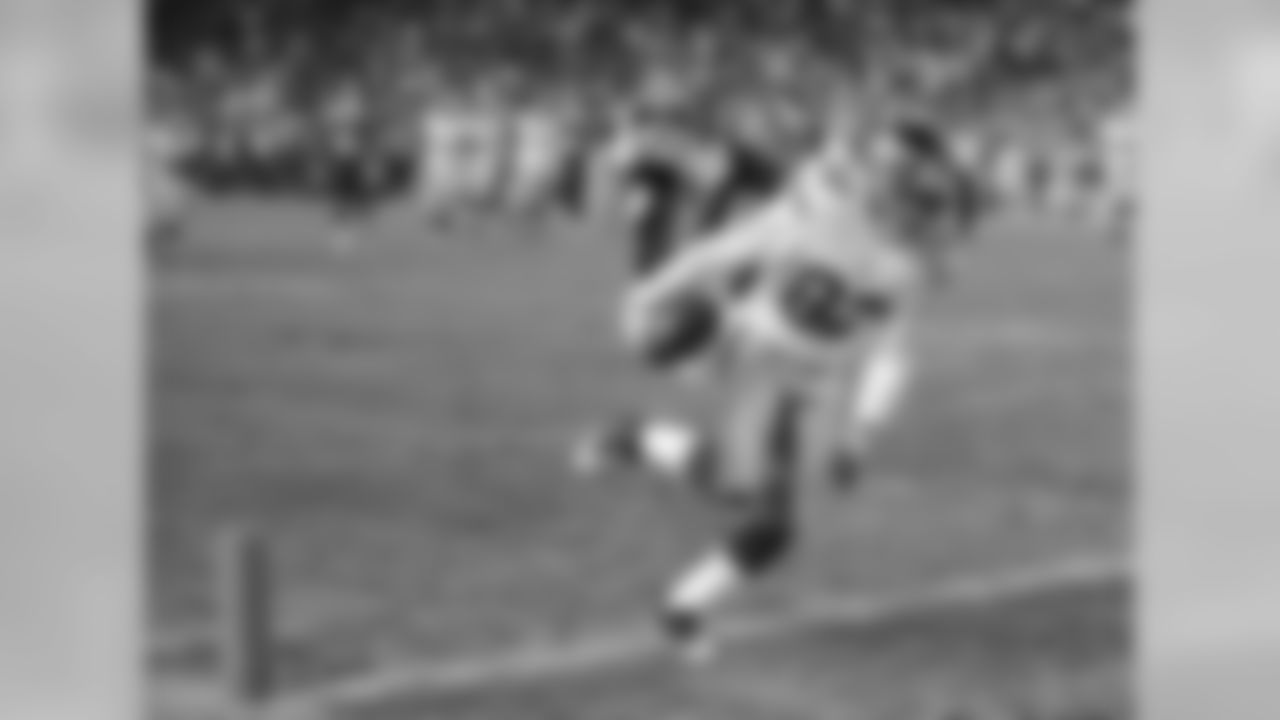
New York Giants wide receiver Mario Manningham (82) scores after catching a pass against the Washington Redskins during the second half of an NFL football game Monday, Dec. 21, 2009, in Landover, Md. The Giants won 45-12. (AP Photo/Nick Wass)
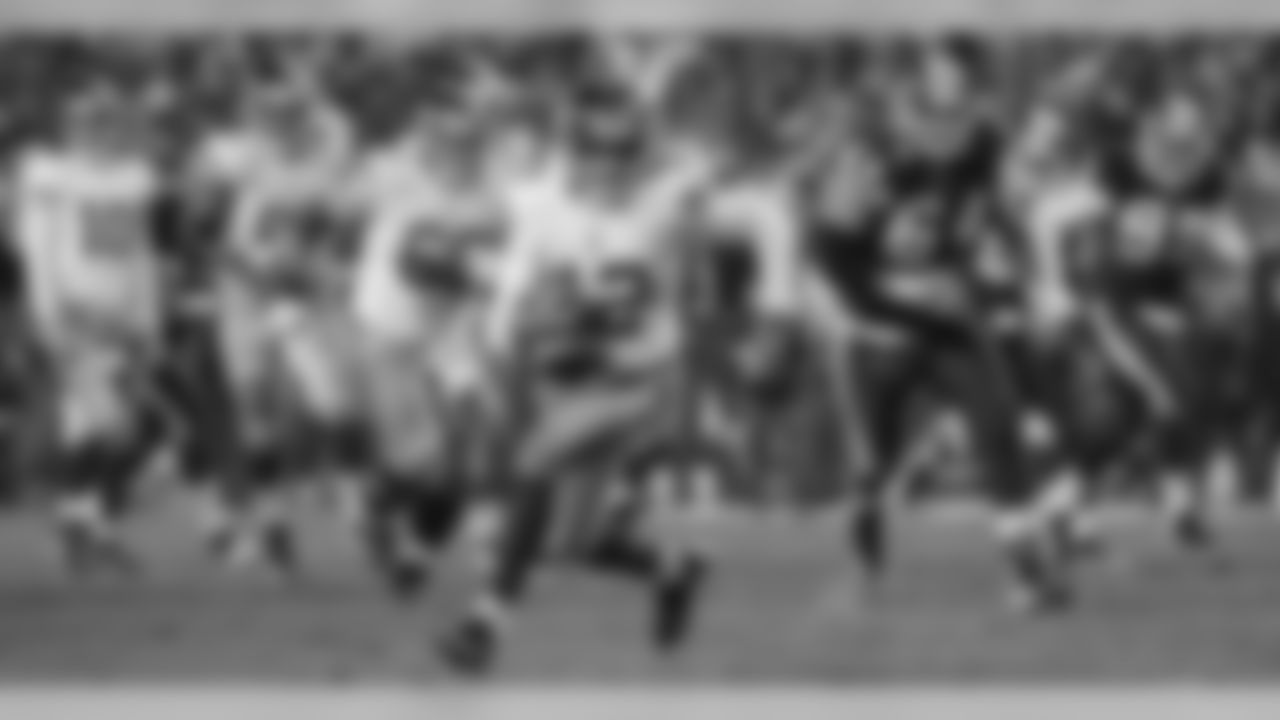
New York Giants wide receiver Steve Smith carries the ball during the NFL football game against the Washington Redskins, Monday, Dec. 21, 2009, in Landover, Md. (AP Photo/Alex Brandon)
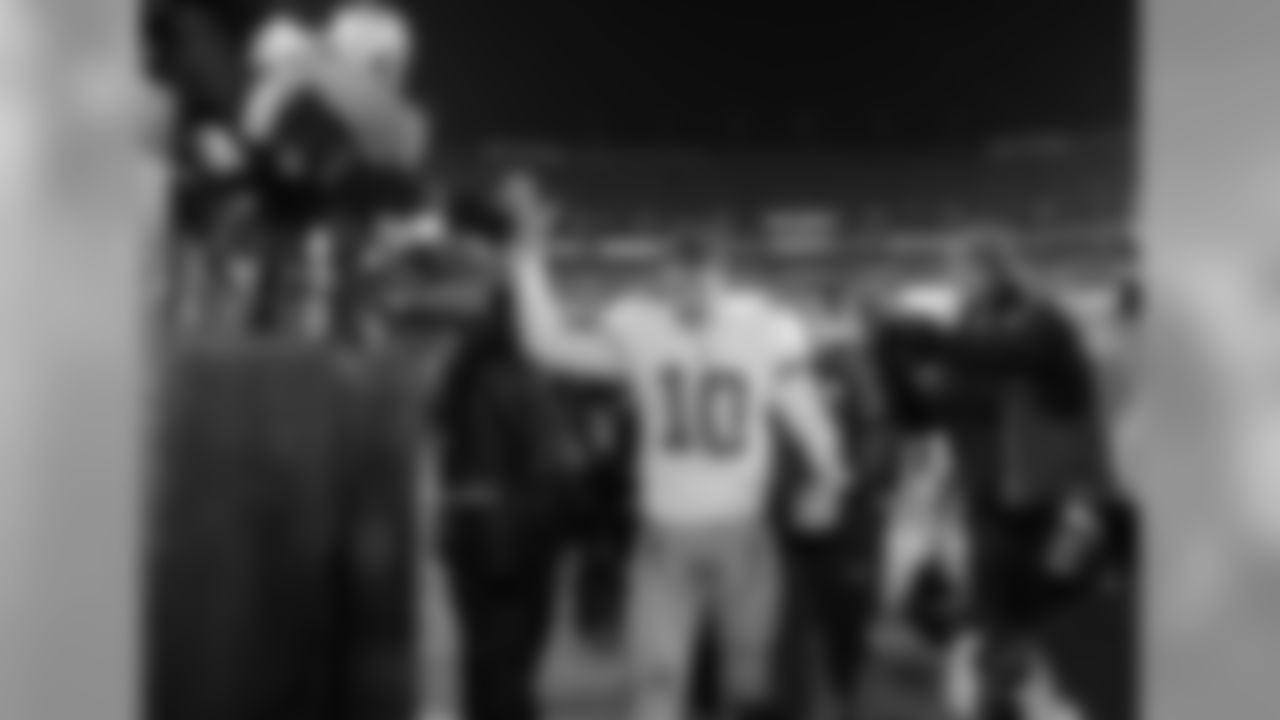
New York Giants quarterback Eli Manning walks off the field after the NFL football game against the Washington Redskins, Monday, Dec. 21, 2009, in Landover, Md. The New York Giants won 45 - 12. (AP Photo/Alex Brandon)
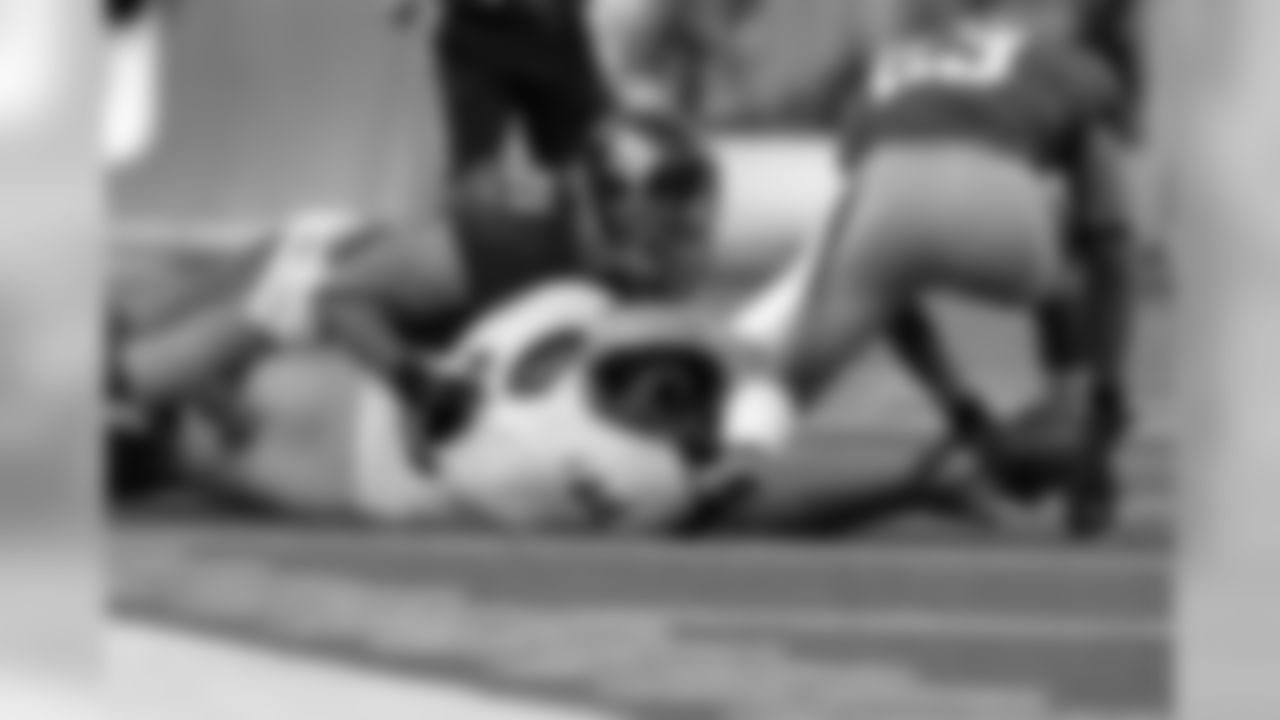
Washington Redskins quarterback Donovan McNabb (5) fumbles the ball during the third quarter of an NFL football as the New York Giants' Corey Webster (23) recovers and Giants' Dave Tollefson (71) looks on at New Meadowlands Stadium, Sunday, Dec. 5, 2010, in East Rutherford, N.J. The Redskins lost the game 31-7. (AP Photo/Kathy Willens)
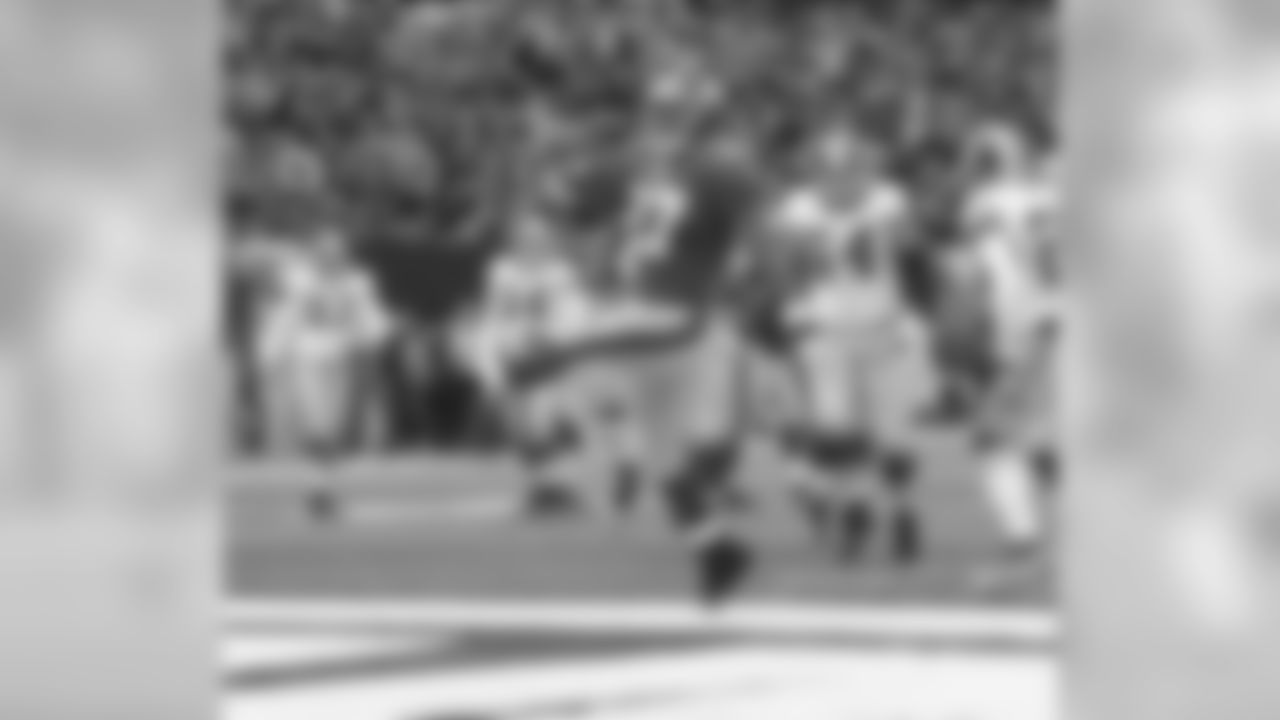
New York Giants running back Brandon Jacobs (27) scores a touchdown in the 1st half against the Washington Redskins in a week 13 NFL football game at the New Meadowlands Stadium in East Rutherford, New Jersey on Sunday December 5, 2010 (AP Photo/Evan Pinkus)
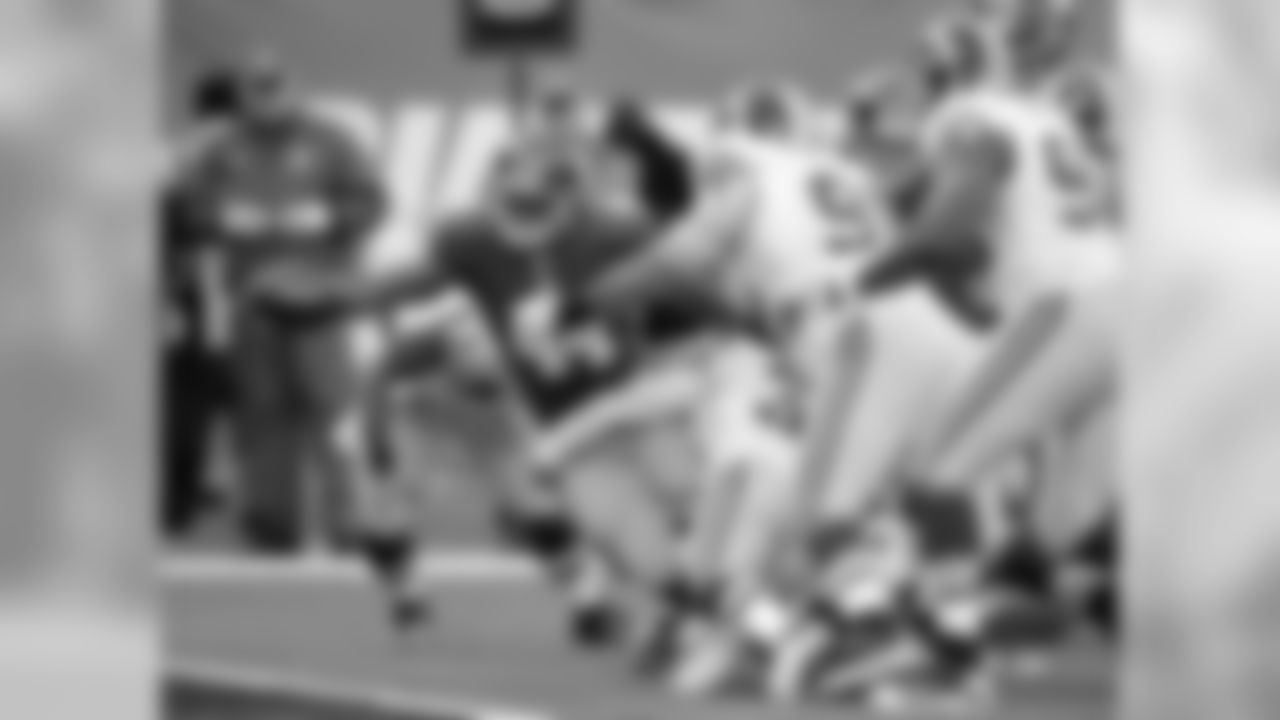
New York Giants running back Ahmad Bradshaw (44) stretches the ball over the goal line on a touchdown run during the first quarter of an NFL football game against the Washington Redskins at New Meadowlands Stadium, Sunday, Dec. 5, 2010, in East Rutherford, N.J. (AP Photo/Bill Kostroun)
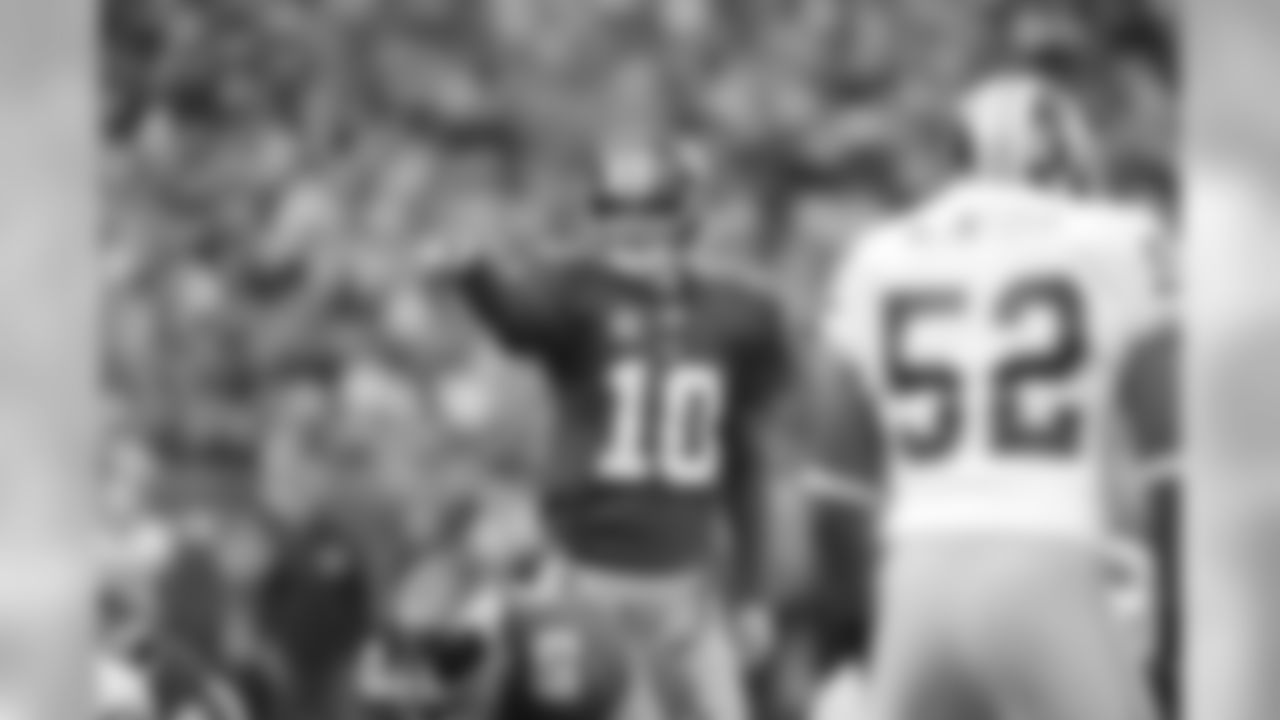
New York Giants quaterback Eli Manning (10) points out the coverage to his team mates against the Washington Redskins in a week 13 NFL football game at the New Meadowlands Stadium in East Rutherford, New Jersey on Sunday December 5, 2010 (AP Photo/Evan Pinkus)
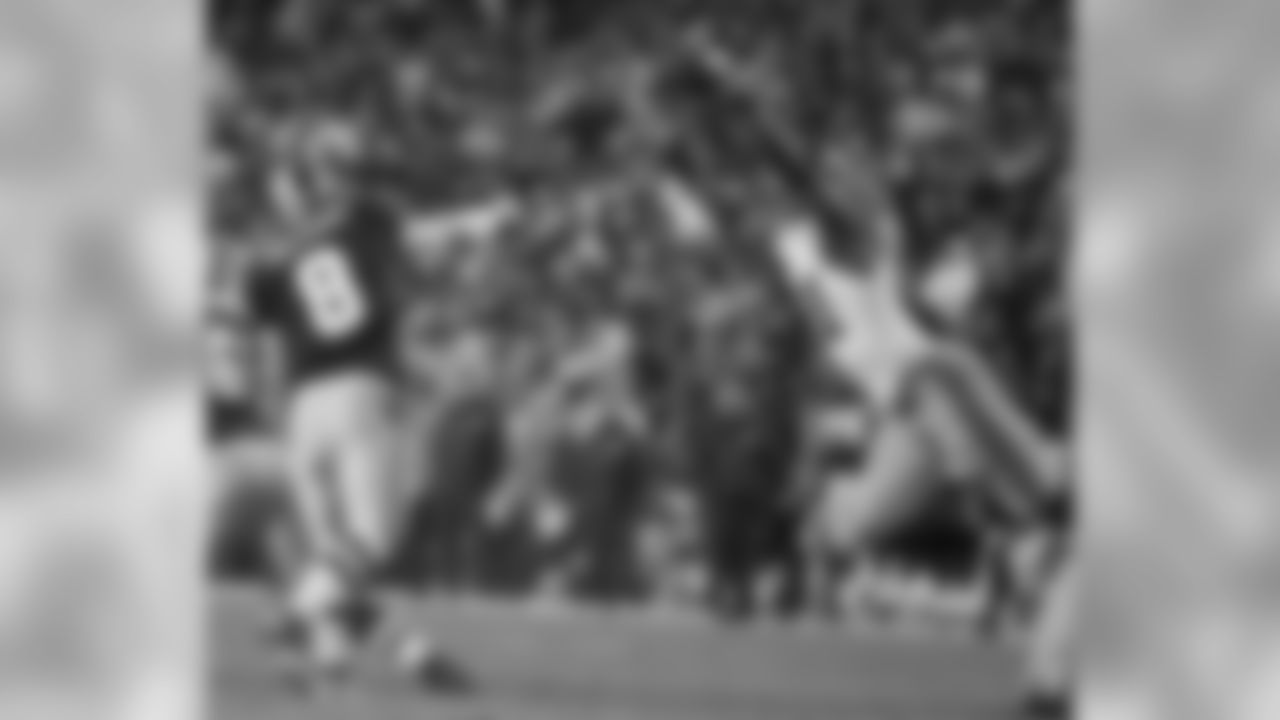
New York Giants defensive end Justin Tuck (91) deflects a pass thrown by Washington Redskins quarterback Rex Grossman (8) during the second half of an NFL football game on Sunday, Jan. 2, 2011, in Landover, Md. (AP Photo/Evan Vucci)
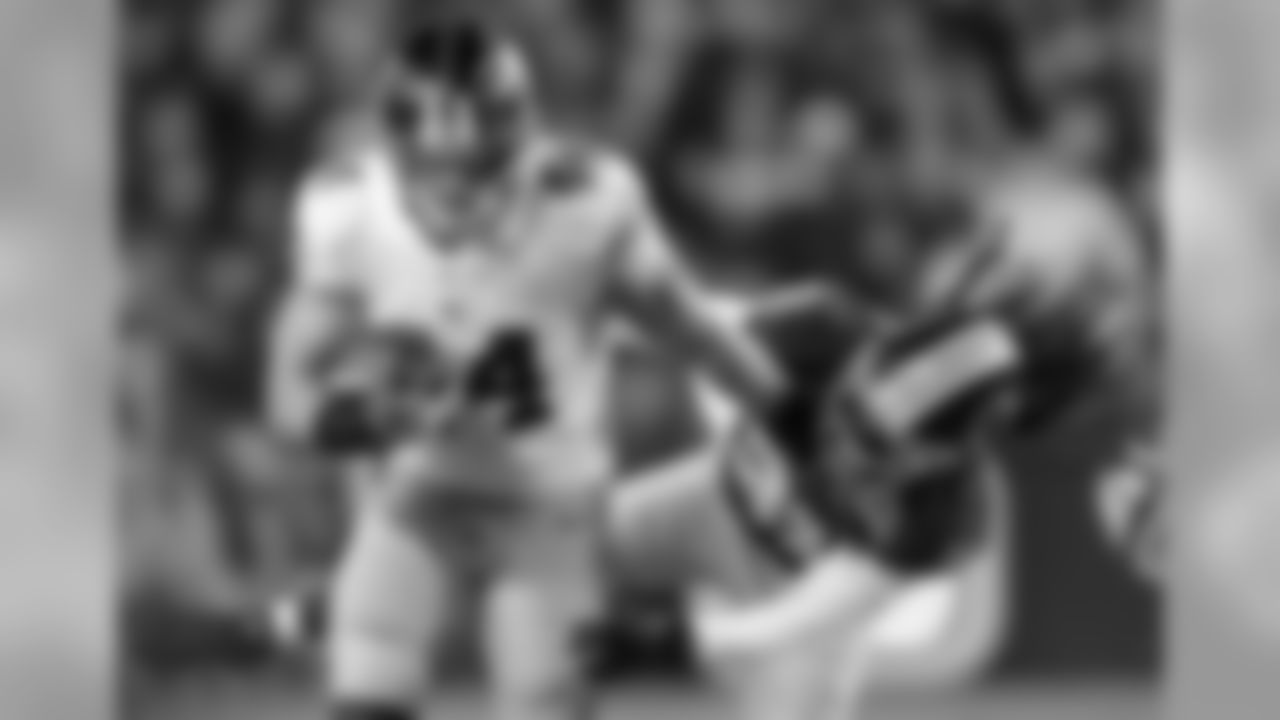
New York Giants running back Peyton Hillis (44) pushes away Washington Redskins strong safety Brandon Meriweather (31), for a first down, during the first half of an NFL football game Sunday, Dec. 1, 2013, in Landover, Md. (AP Photo/Patrick Semansky)
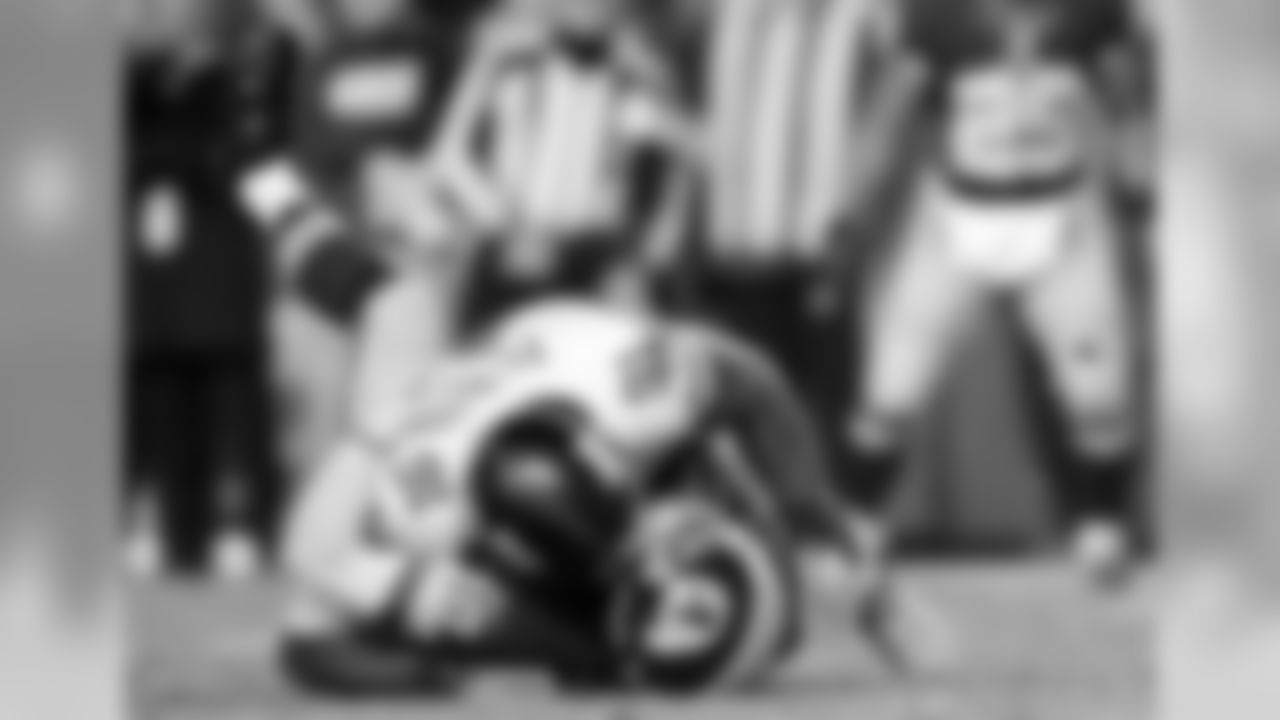
Washington Redskins quarterback Robert Griffin III (10) is sacked by New York Giants defensive end Justin Tuck (91) during the second half of an NFL football game Sunday, Dec. 1, 2013, in Landover, Md. The Giants won 24-17. (AP Photo/Nick Wass)
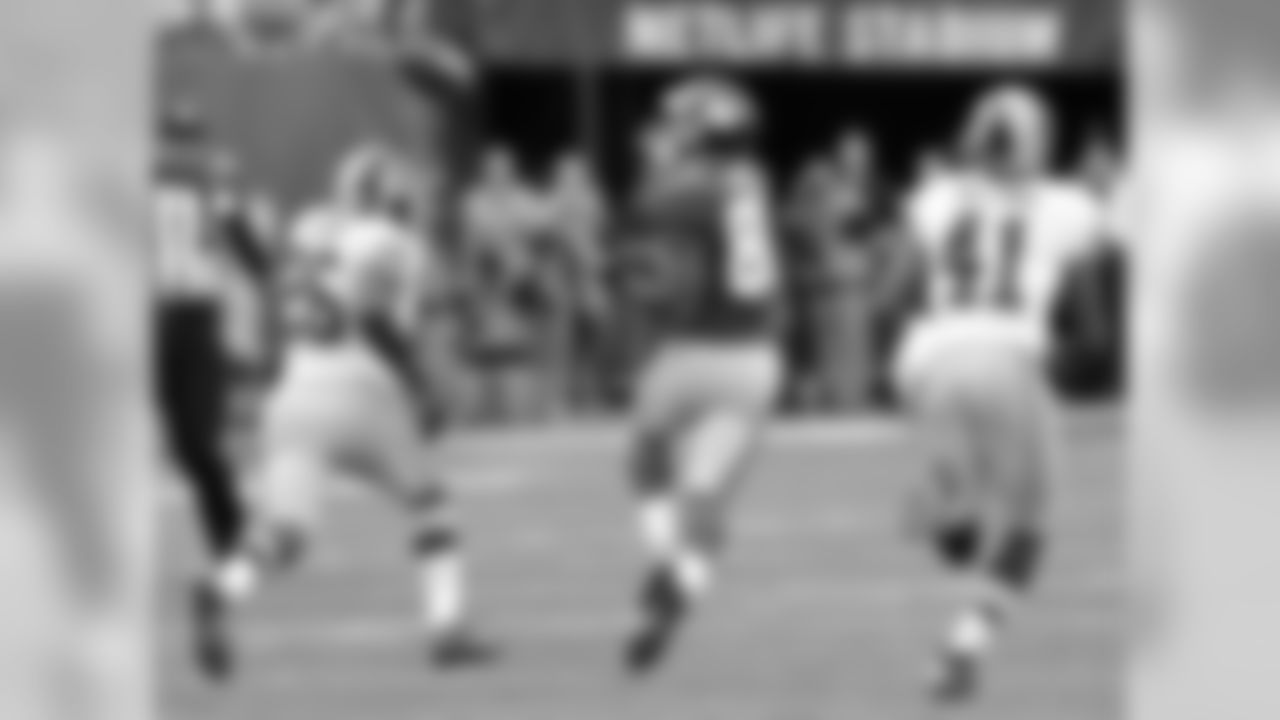
New York Giants wide receiver Victor Cruz (80) catches a pass as Washington Redskins cornerback Josh Wilson (26) and Madieu Williams pursue him during the second half of an NFL football game on Sunday, Oct. 21, 2012, in East Rutherford, N.J. The Giants won the game 27-23. (AP Photo/Bill Kostroun)
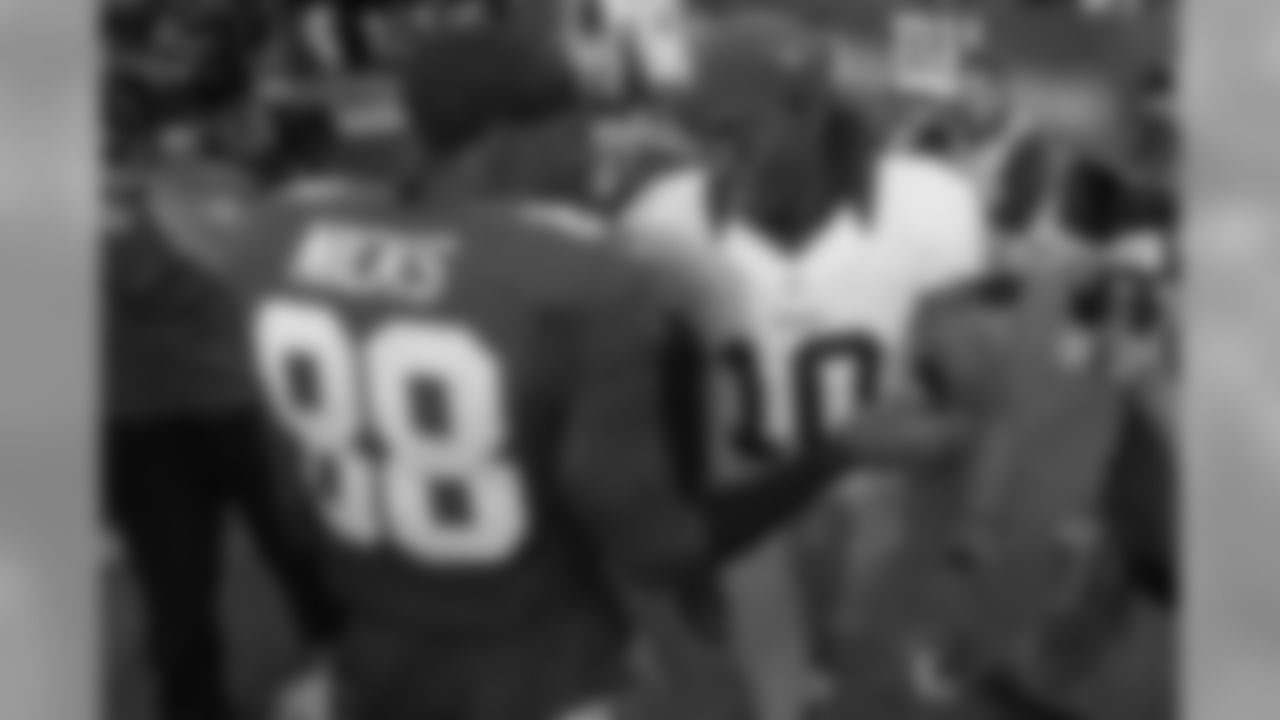
New York Giants wide receiver Hakeem Nicks (88), left, chats with Washington Redskins quarterback Robert Griffin III (10) after their NFL football game Sunday, Oct. 21, 2012 in East Rutherford, N.J. The Giants won the game 27-23. (AP Photo/Julio Cortez)
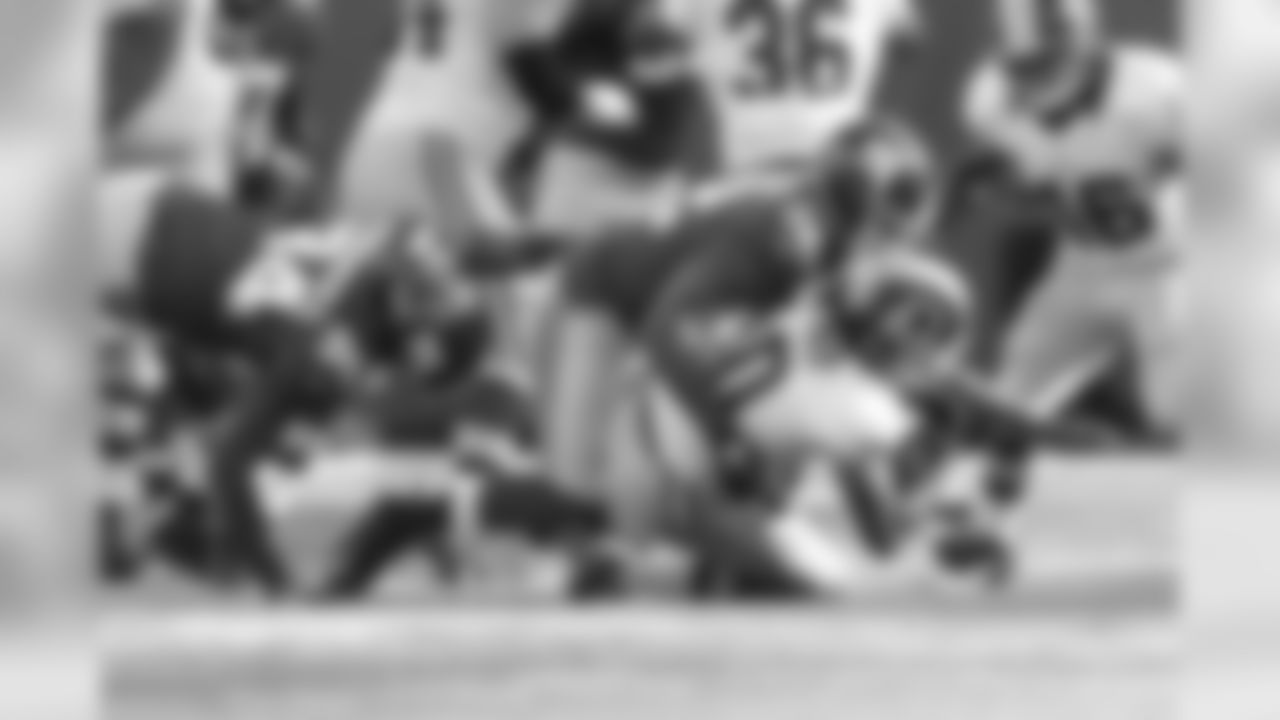
New York Giants defensive end Osi Umenyiora (72) sacks Washington Redskins quarterback Robert Griffin III (10) during the second half of an NFL football game Sunday, Oct. 21, 2012 in East Rutherford, N.J. (AP Photo/Julio Cortez)
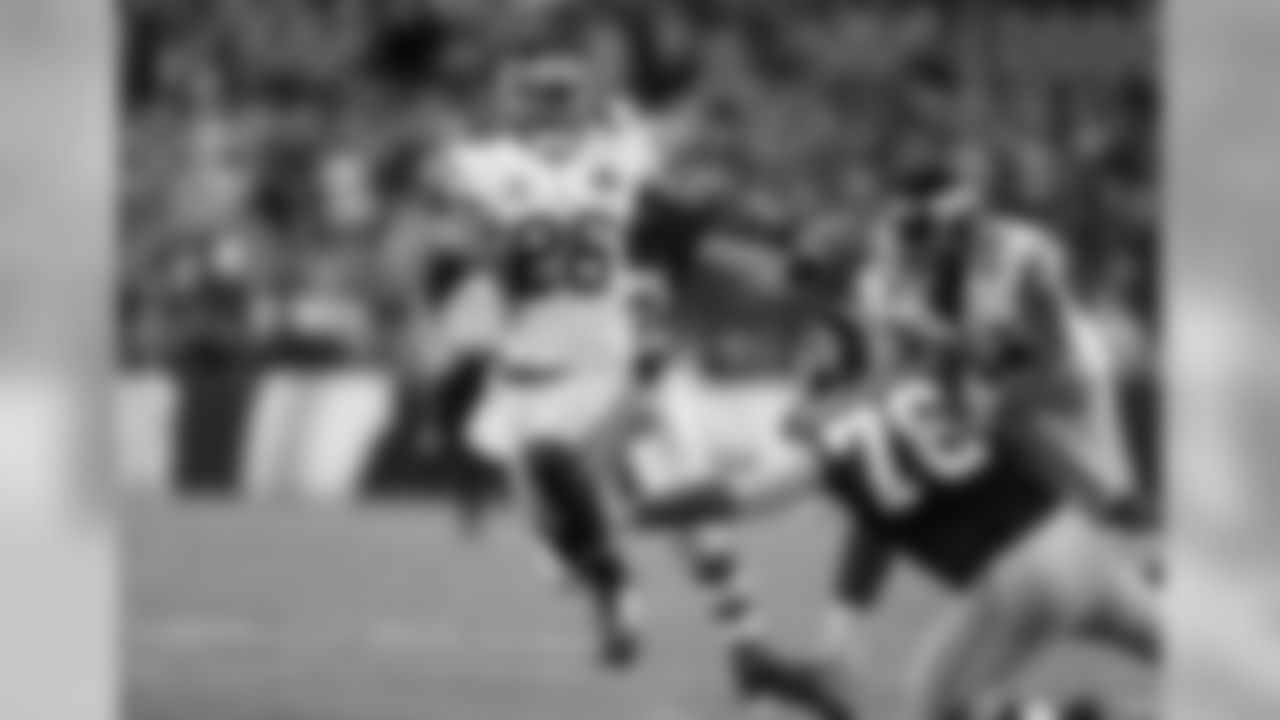
New York Giants strong safety Antrel Rolle (26) runs the ball after an interception during an NFL football game against the Washington Redskins at FedEx Field on Thursday, September 25, 2014 in Landover, Maryland. New York won 45-14. (AP Photo/Aaron M. Sprecher)
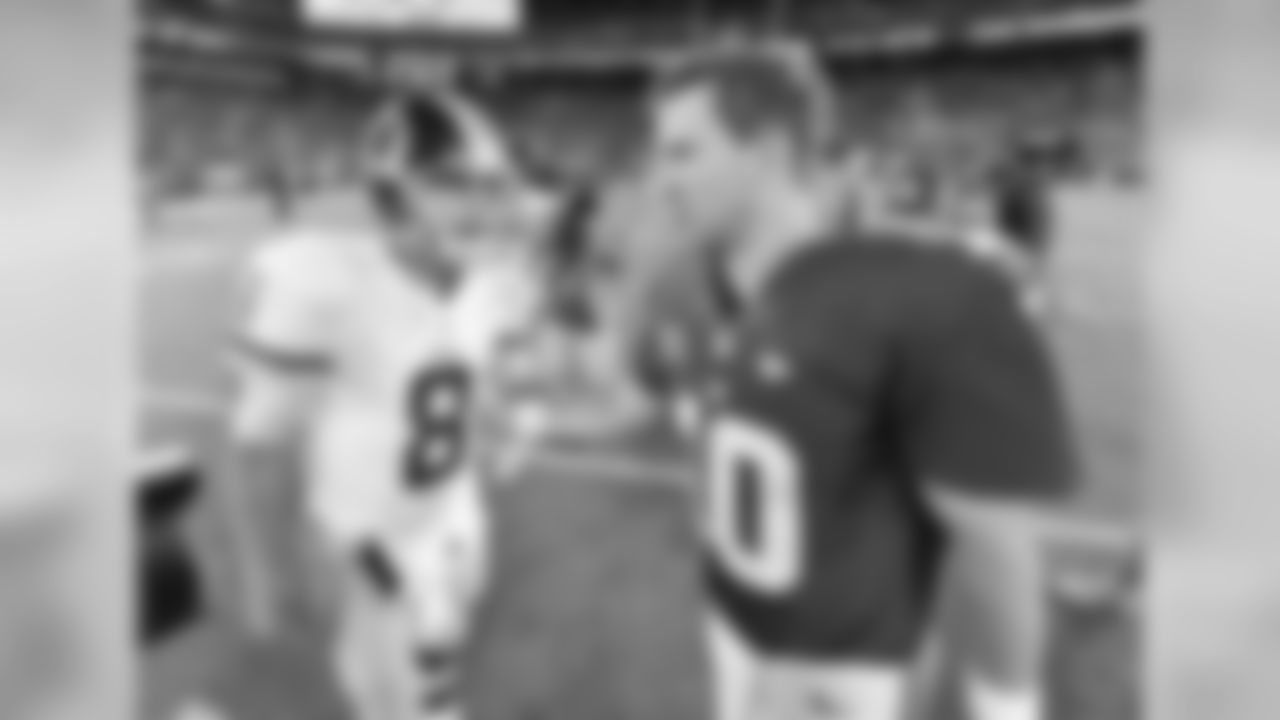
New York Giants quarterback Eli Manning (10) talks with Washington Redskins quarterback Kirk Cousins (8) following a week 3 Thursday Night NFL football game on September 24, 2015 at Met Life Stadium in East Rutherford, New Jersey (Evan Pinkus via AP)
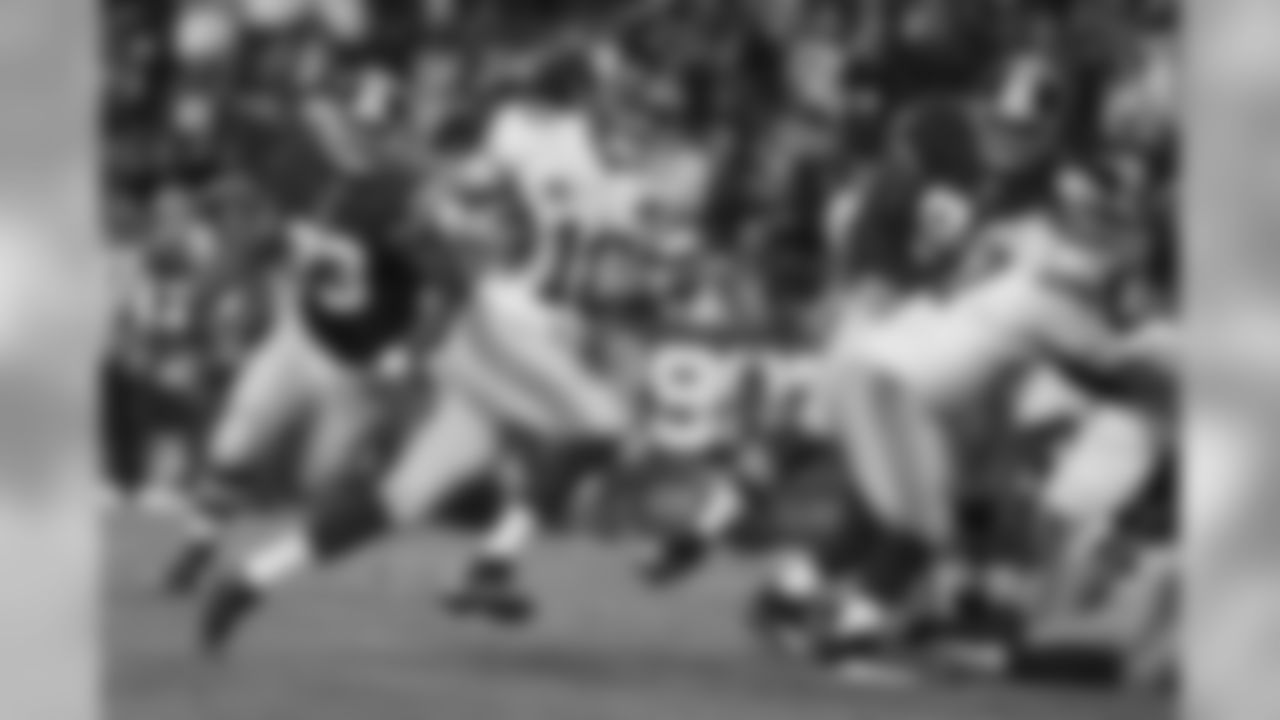
New York Giants quarterback Eli Manning (10) heads toward the end zone for a touchdown on a keeper during the second half of an NFL football game against the Washington Redskins in Landover, Md., Thursday, Sept. 25, 2014. (AP Photo/Alex Brandon)
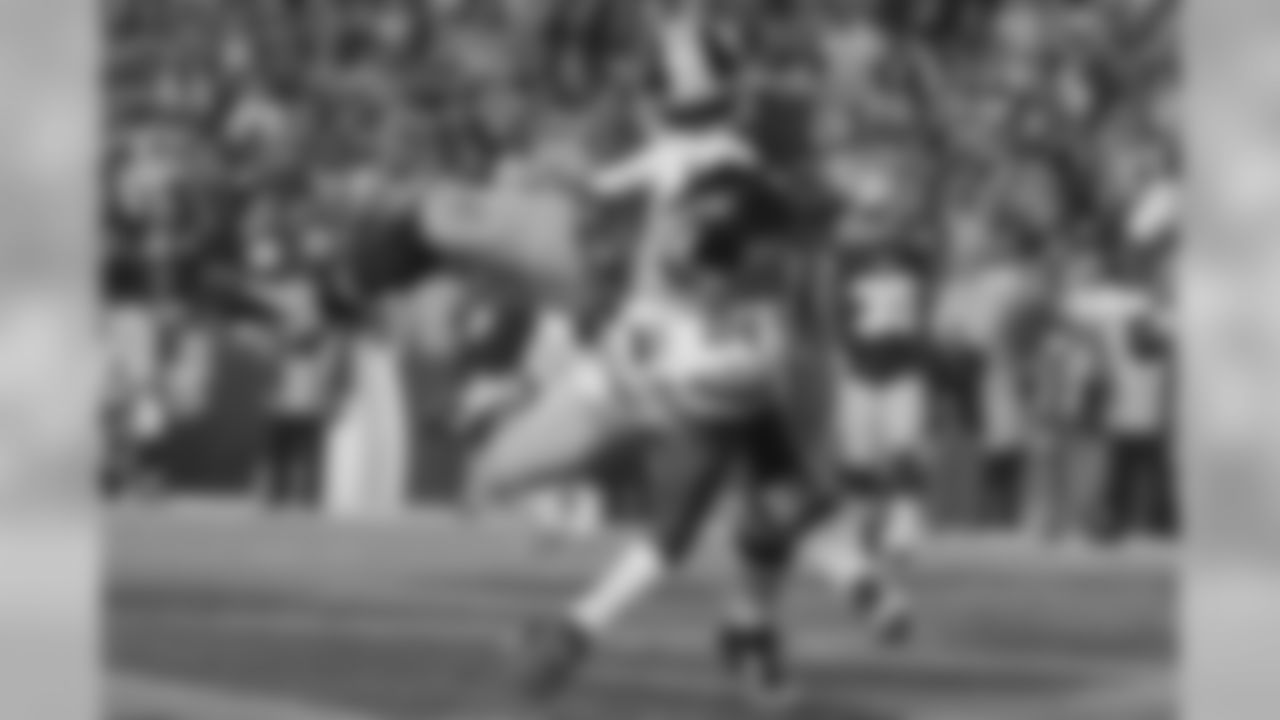
New York Giants tight end Larry Donnell (84) heads to the turf in the end zone after pulling in a touchdown pass under pressure from Washington Redskins inside linebacker Perry Riley (56) during the first half of an NFL football game in Landover, Md., Thursday, Sept. 25, 2014. (AP Photo/Patrick Semansky)
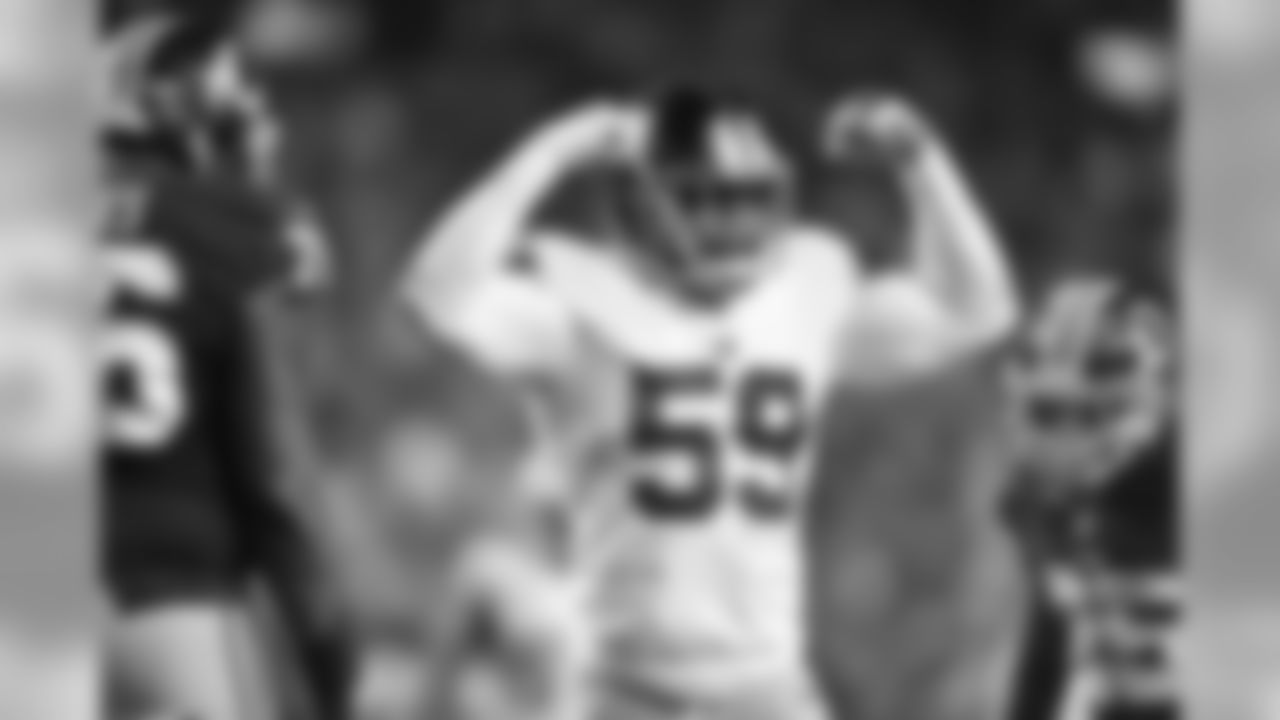
New York Giants outside linebacker Devon Kennard (59) flexes during a week 17 NFL football game against the Washington Redskins on January 1, 2017 in Washington, D.C. (Evan Pinkus via AP)
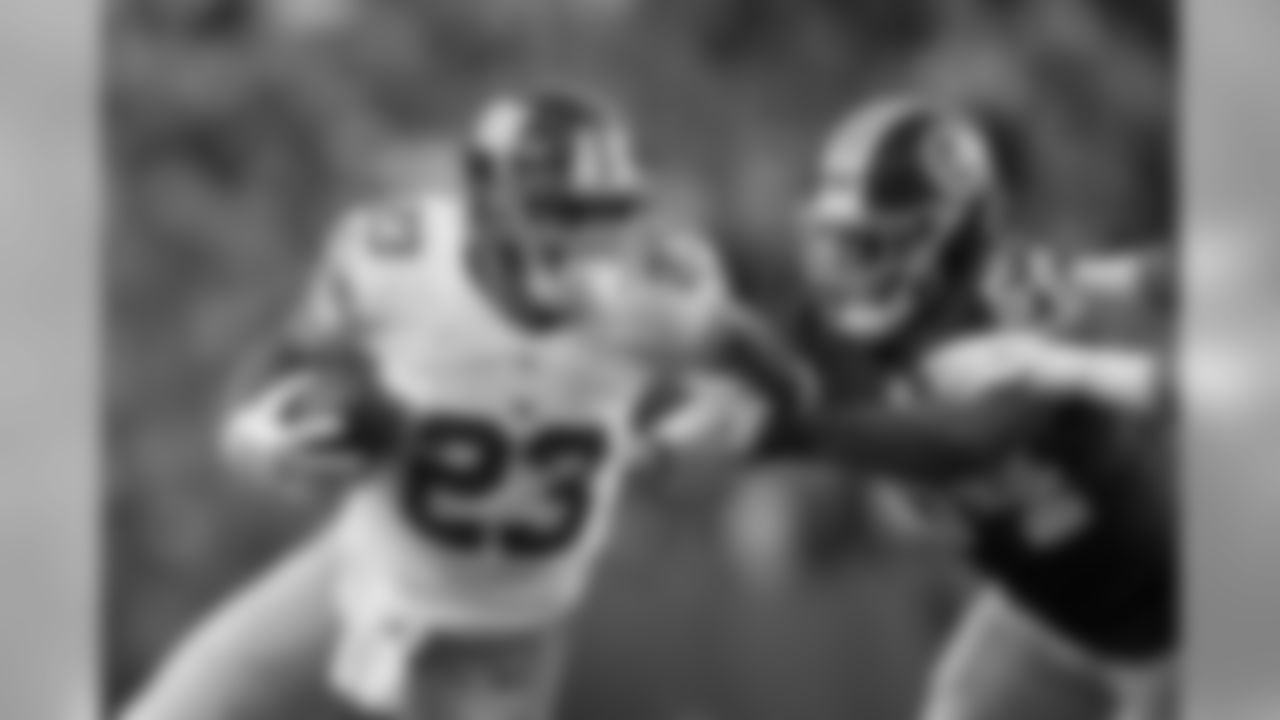
New York Giants running back Rashad Jennings (23) looks for running room in action against the Washington Redskins on Sunday January 1, 2017 at Fed Ex Field in Landover, Md. (Damian Strohmeyer via AP Images)
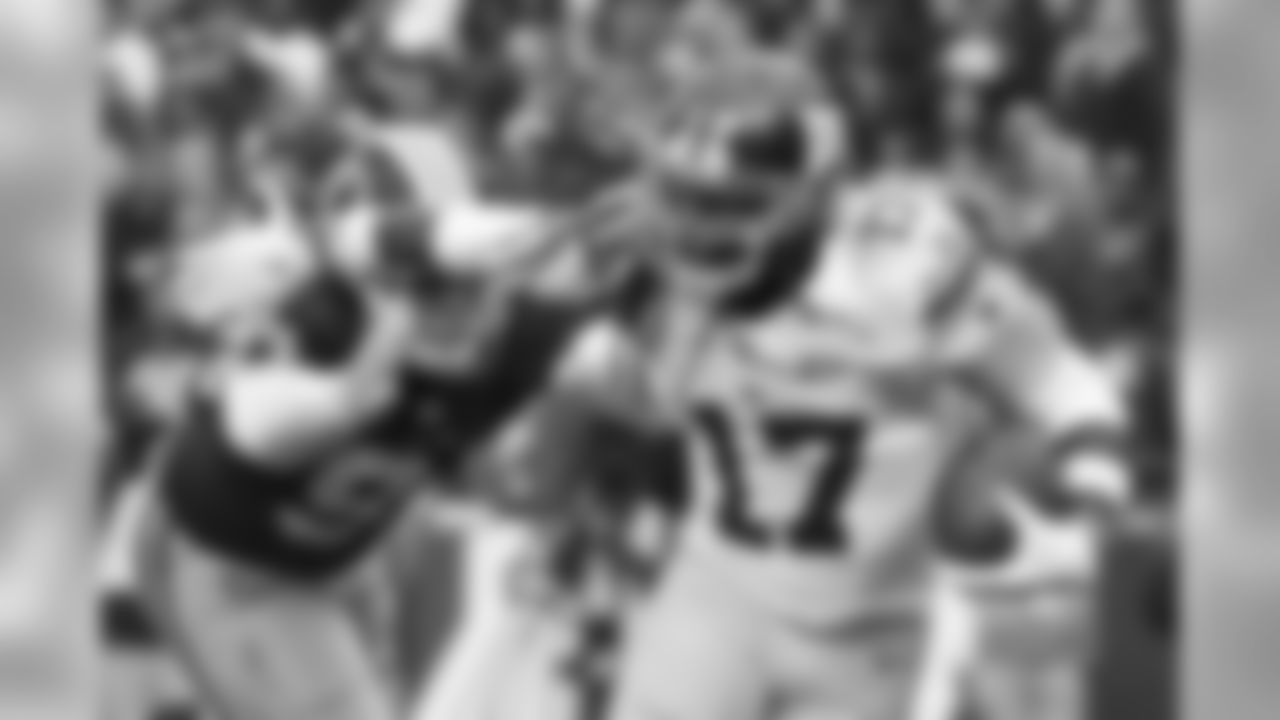
New York Giants wide receiver Dwayne Harris (17) pushes Washington Redskins linebacker Preston Smith (94) back during the second half of an NFL football game in Landover, Md., Sunday, Nov. 29, 2015. (AP Photo/Alex Brandon)
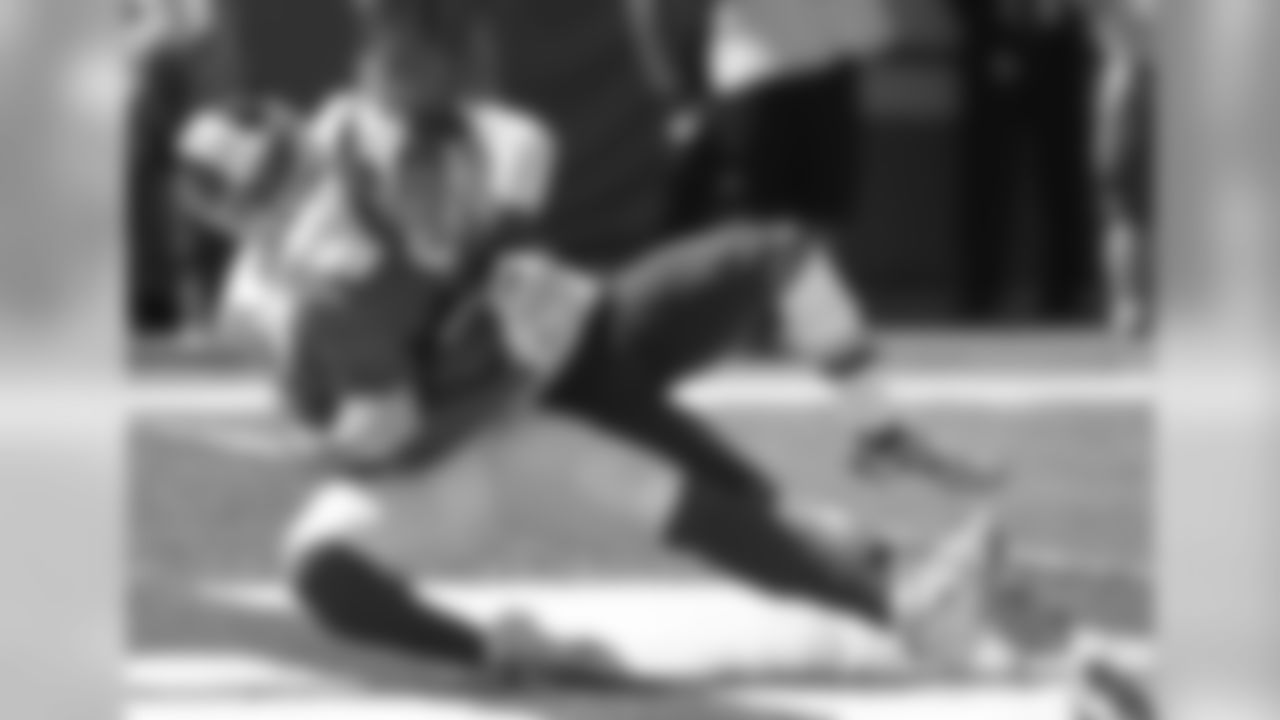
Washington Redskins defensive back Dashaun Phillips (35) tackles New York Giants' Sterling Shepard (87) as Shepard scores a touchdown during the first half of an NFL football game Sunday, Sept. 25, 2016, in East Rutherford, N.J. (AP Photo/Bill Kostroun)
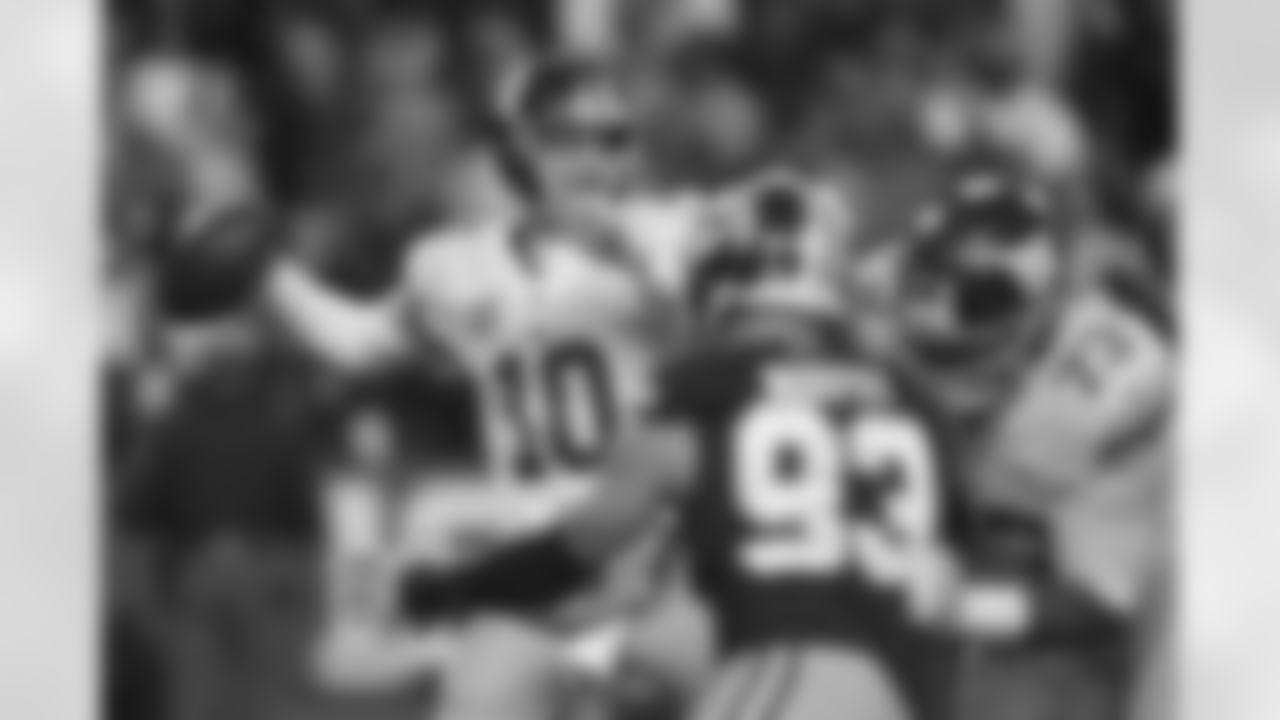
New York Giants quarterback Eli Manning (10) passes the pass against the Washington Redskins during the first half of an NFL football game in Landover, Md., Sunday, Jan. 1, 2017. (AP Photo/Nick Wass)
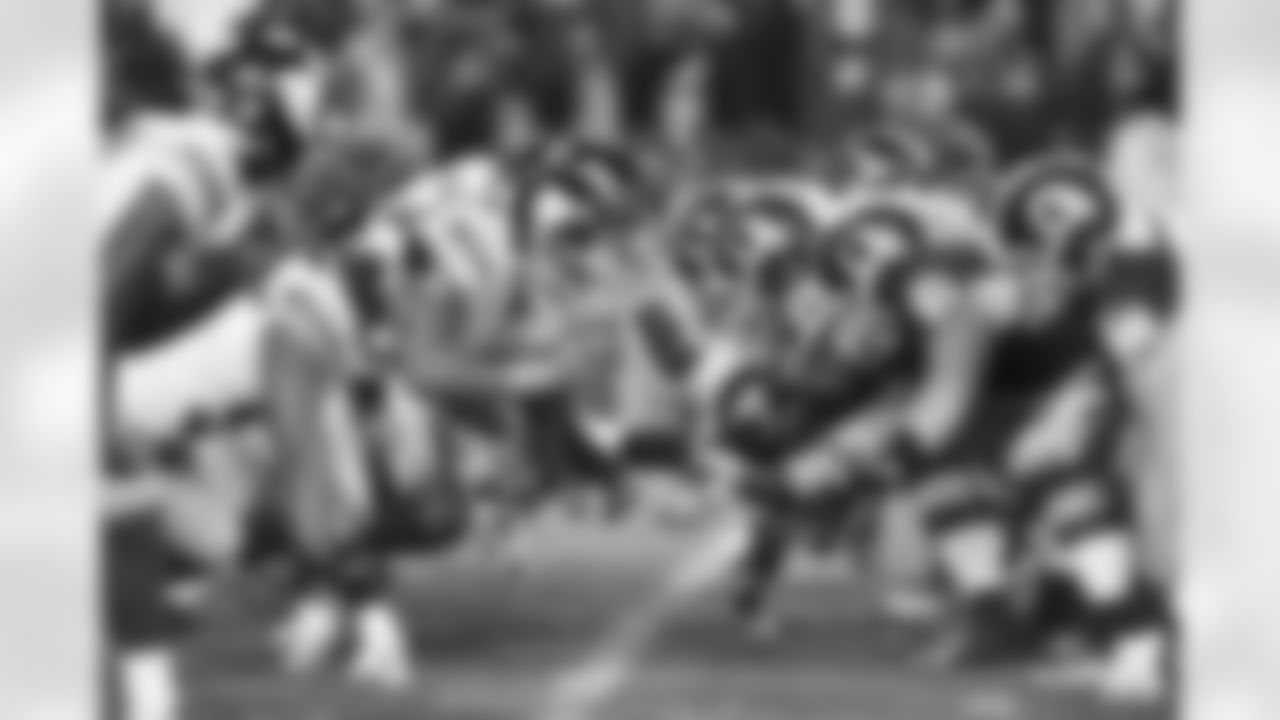
A look down the line of scrimmage as the New York Giants take on the Washington Redskins during a week 17 NFL football game on January 1, 2017 in Washington, D.C. (Evan Pinkus via AP)
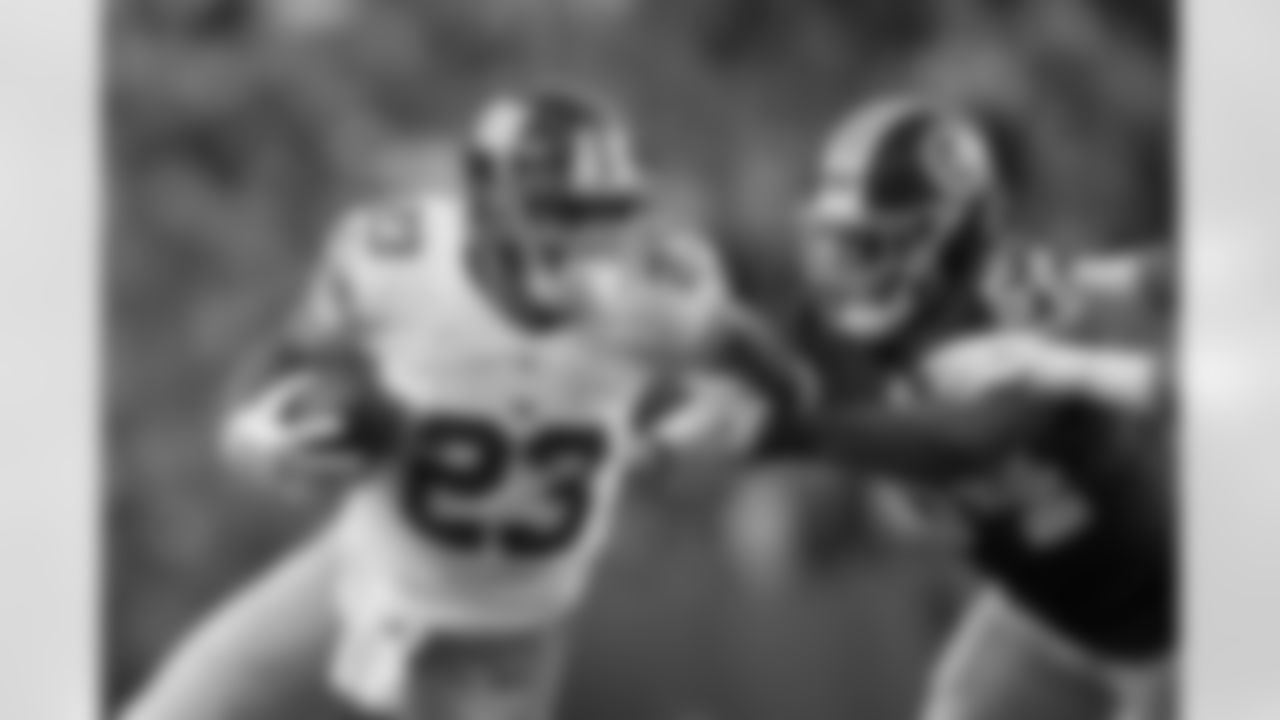
New York Giants running back Rashad Jennings (23) looks for running room in action against the Washington Redskins on Sunday January 1, 2017 at Fed Ex Field in Landover, Md. (Damian Strohmeyer via AP Images)
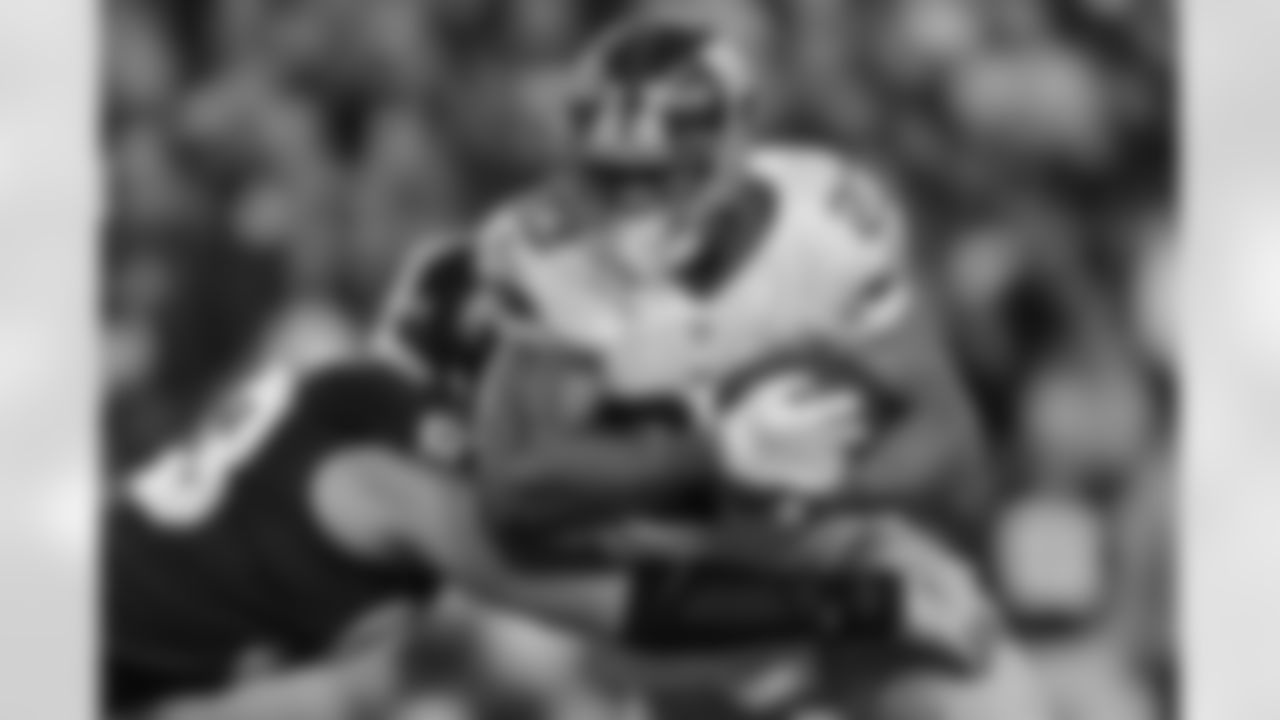
New York Giants running back Rashad Jennings (23) s stopped by Washington Redskins defensive end Trent Murphy (93) during the first half of an NFL football game in Landover, Md., Sunday, Jan. 1, 2017. (AP Photo/Mark Tenally)
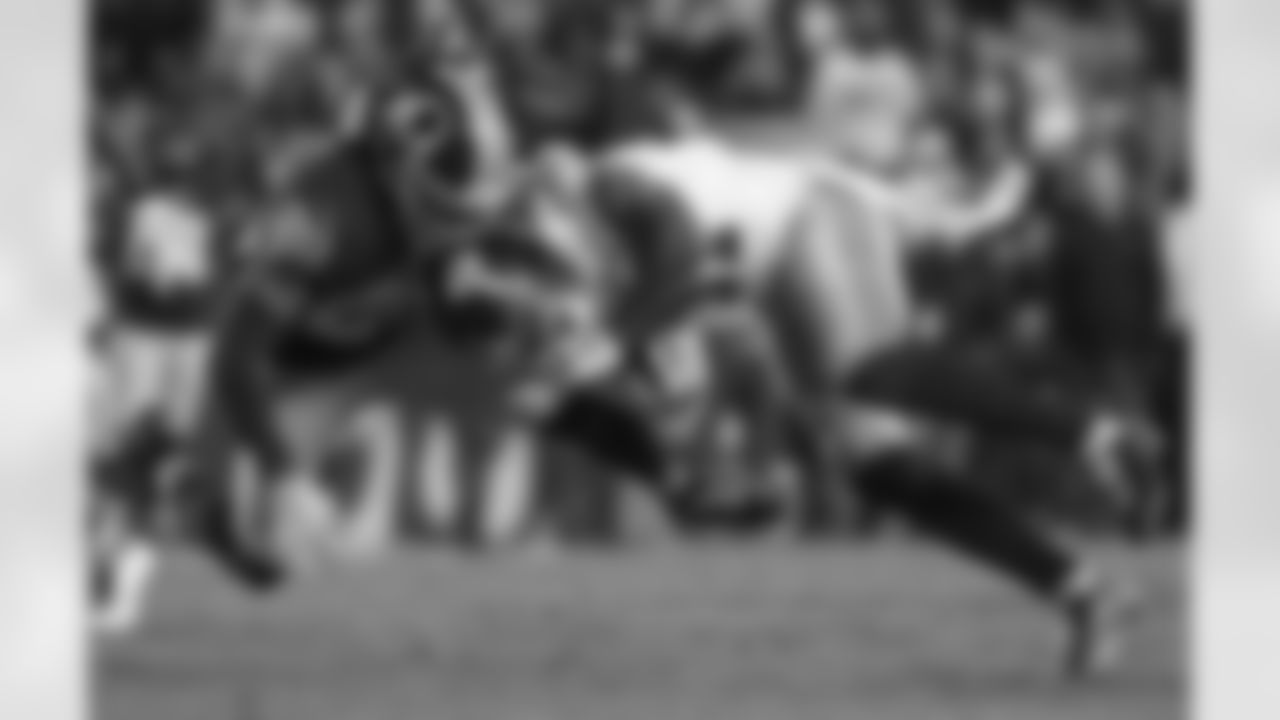
Washington Redskins defensive back Greg Toler (20) wraps up New York Giants wide receiver Sterling Shepard (87) during the second half of an NFL football game in Landover, Md., Sunday, Jan. 1, 2017. (AP Photo/Alex Brandon)
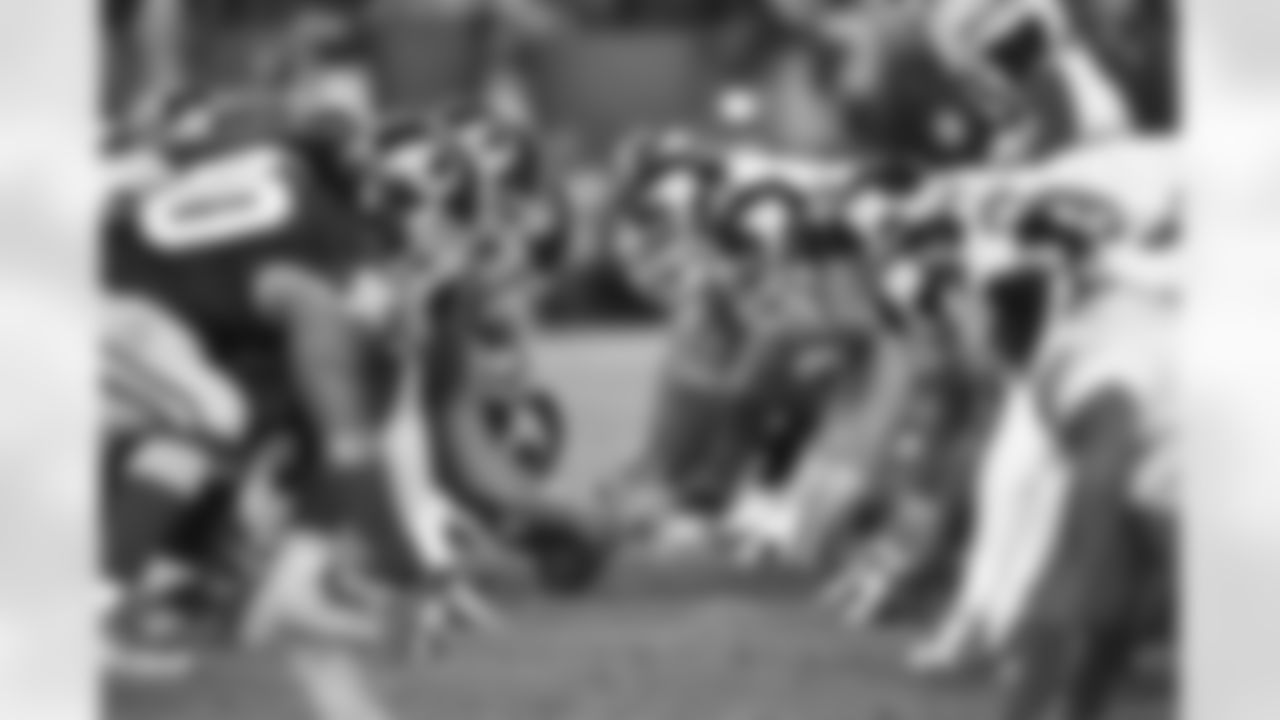
A look down the line of scrimmage as the New York Giants take on the Washington Redskins during a week 17 NFL football game on January 1, 2017 in Washington, D.C. (Evan Pinkus via AP)
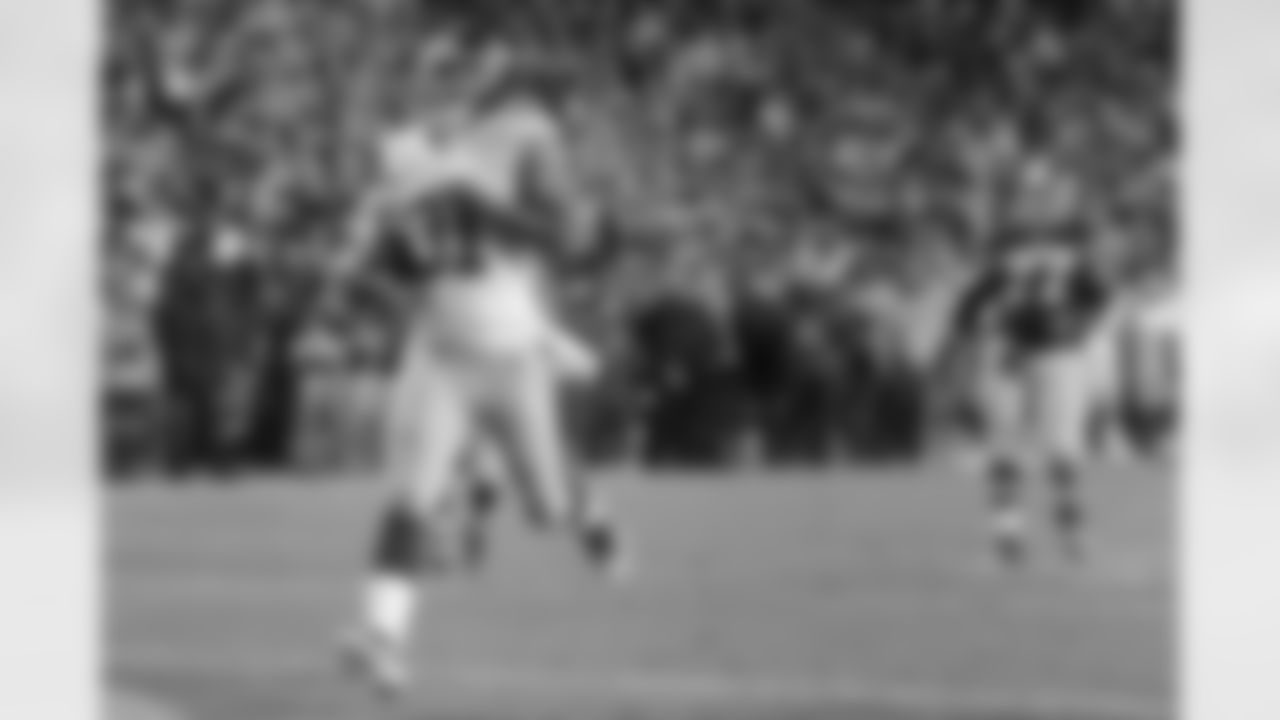
New York Giants cornerback Trevin Wade (31) runs into the end zone for a touchdown after picking up a fumble during the second half of the team's NFL football game against the Washington Redskins in Landover, Md., Sunday, Jan. 1, 2017. The Giants defeated the Redskins 19-10. (AP Photo/Mark Tenally)
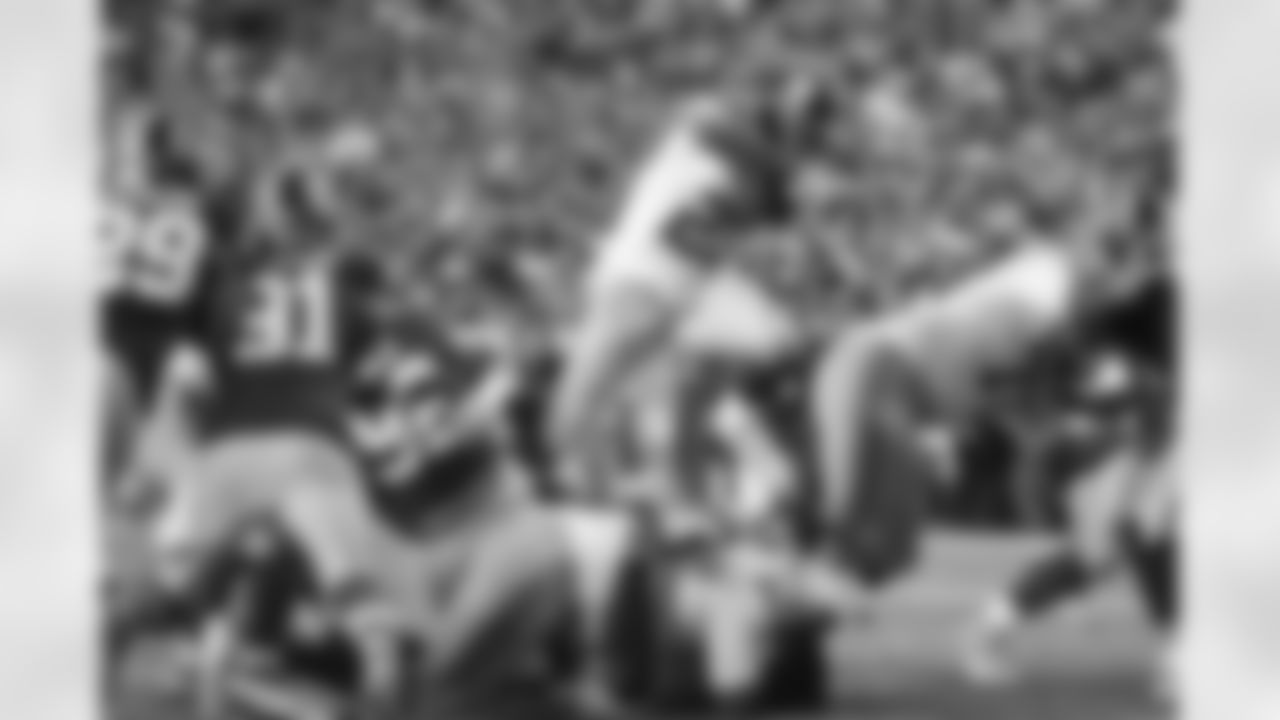
New York Giants running back Rashad Jennings (23) leaps over offensive guard Marshall Newhouse (73) and through the Washington Redskins defensive line during the first half of an NFL football game in Landover, Md., Sunday, Jan. 1, 2017. (AP Photo/Nick Wass)
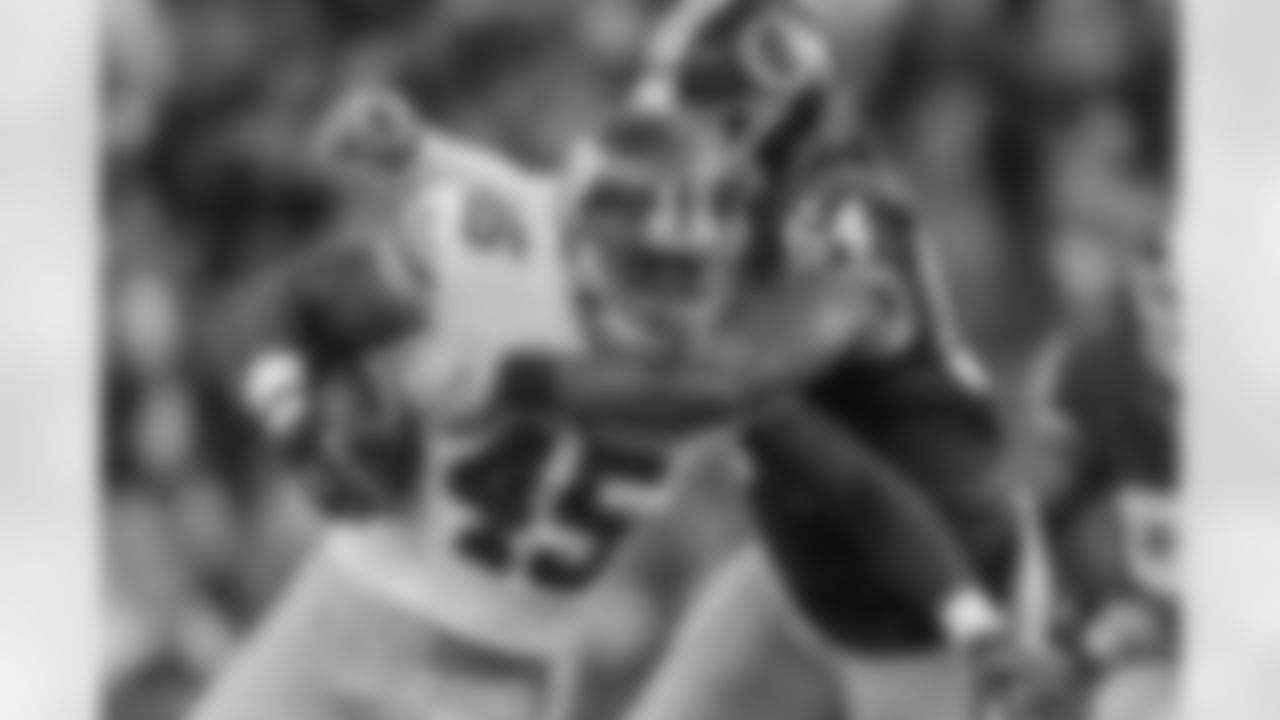
New York Giants tight end Will Tye (45) is stopped by Washington Redskins inside linebacker Mason Foster (54) during the first half of an NFL football game in Landover, Md., Sunday, Jan. 1, 2017. (AP Photo/Mark Tenally)
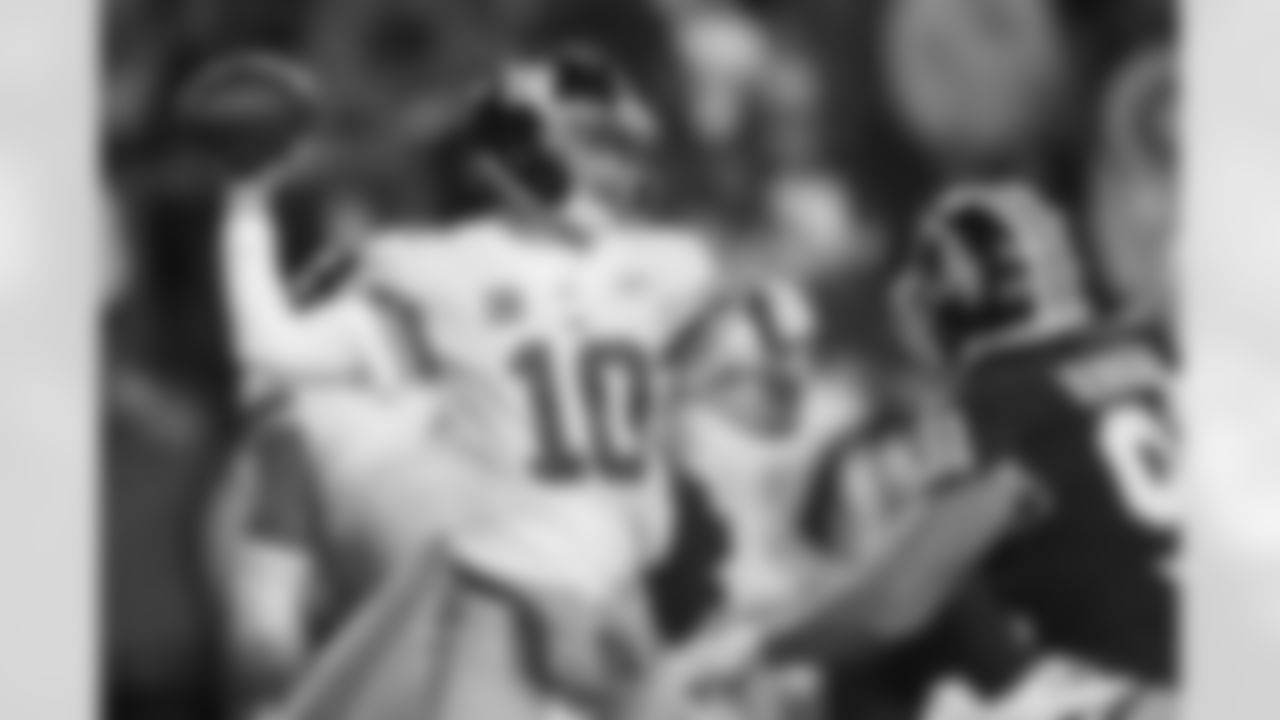
New York Giants quarterback Eli Manning (10) passes the ball during the first half of an NFL football game against the Washington Redskins in Landover, Md., Thursday, Nov. 23, 2017. (AP Photo/Nick Wass)
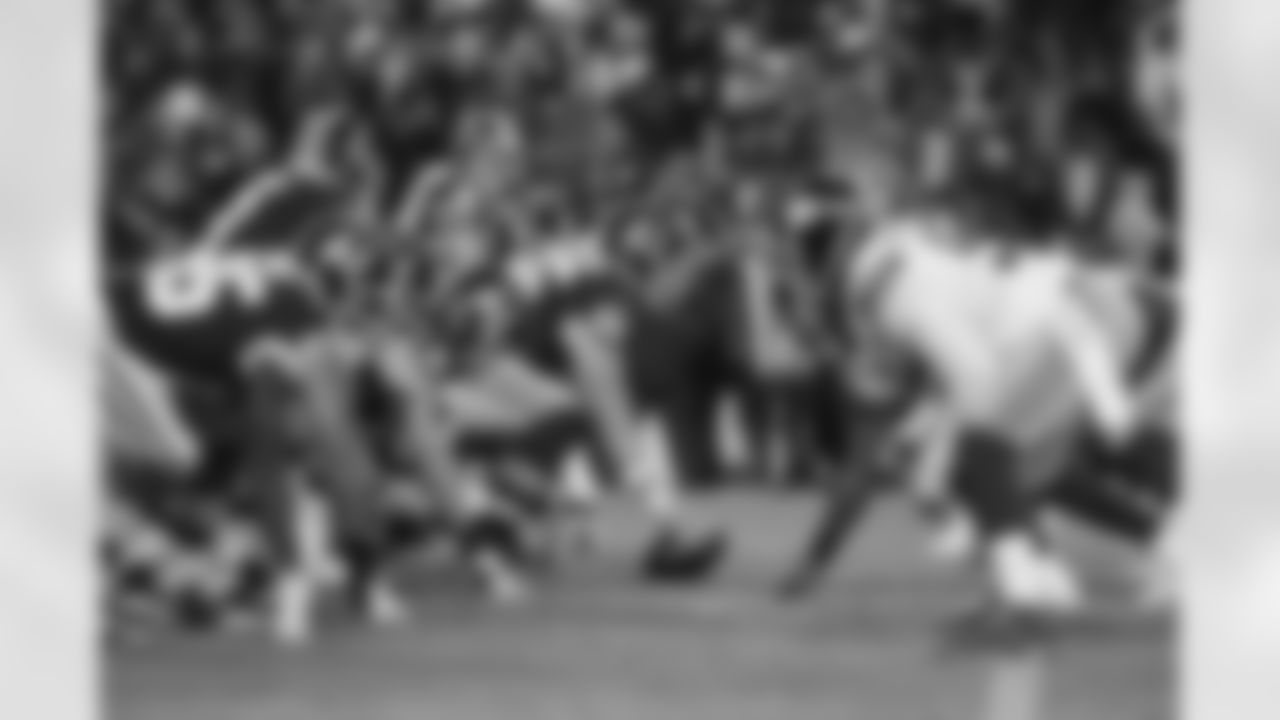
The Washington Redskins and New York Giants face off during the second half of an NFL football game in Landover, Md., Thursday, Nov. 23, 2017. (AP Photo/Patrick Semansky)
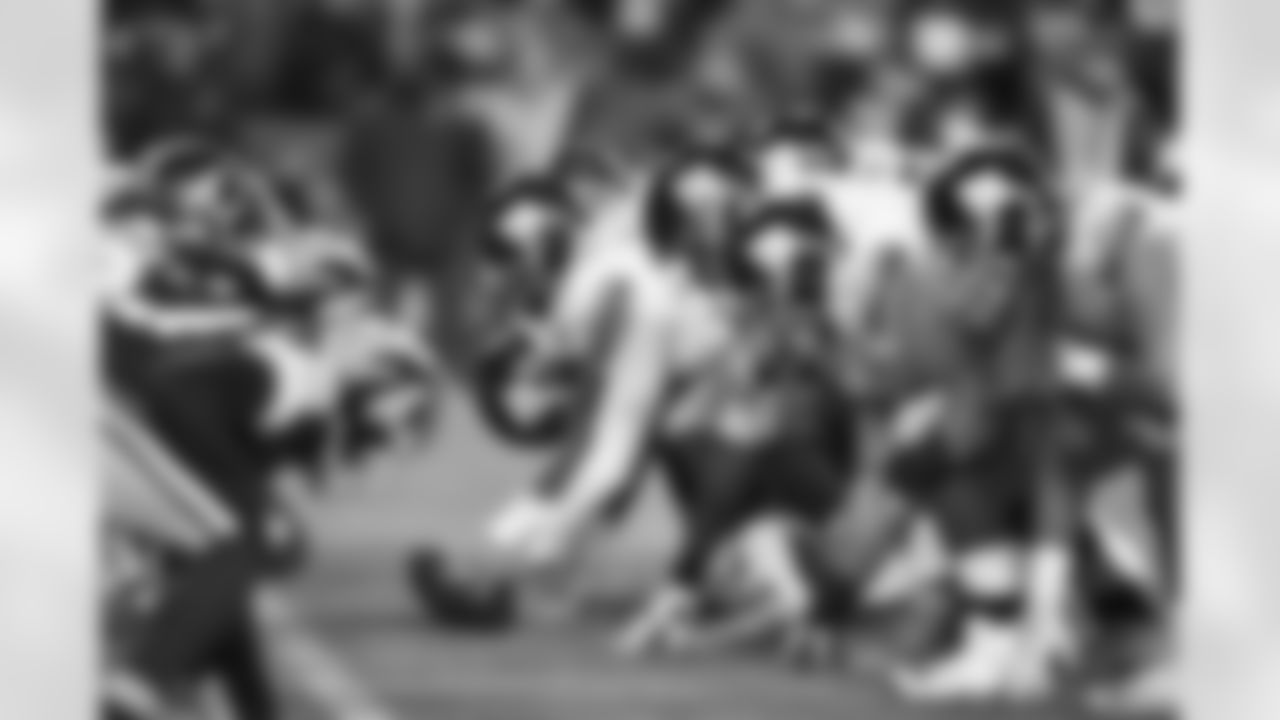
A look down the line of scrimmage as the New York Giants take on the Washington Redskins during a NFL football game on Thursday, November 23, 2017 in Landover, MD.(Evan Pinkus via AP)
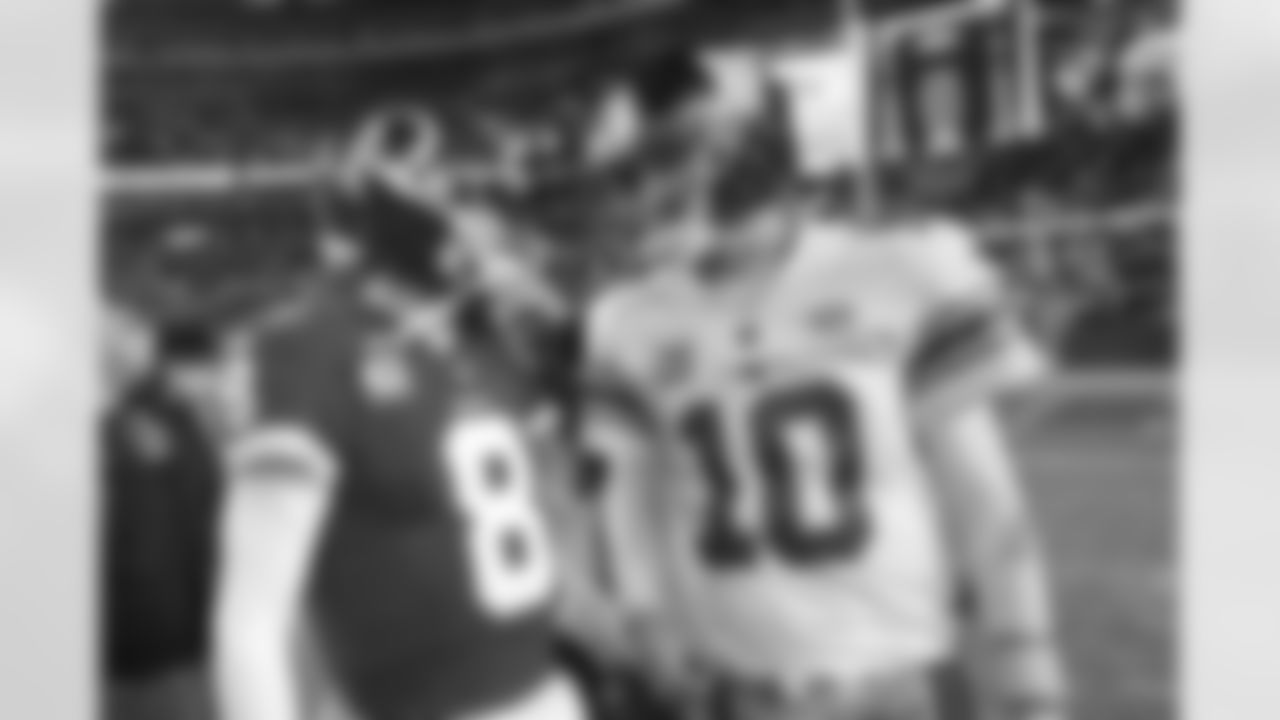
Washington Redskins quarterback Kirk Cousins (8) talks with New York Giants quarterback Eli Manning (10) after an NFL football game in Landover, Md., Friday, Nov. 24, 2017. The Redskins defeated the Giants 20-10. (AP Photo/Nick Wass)
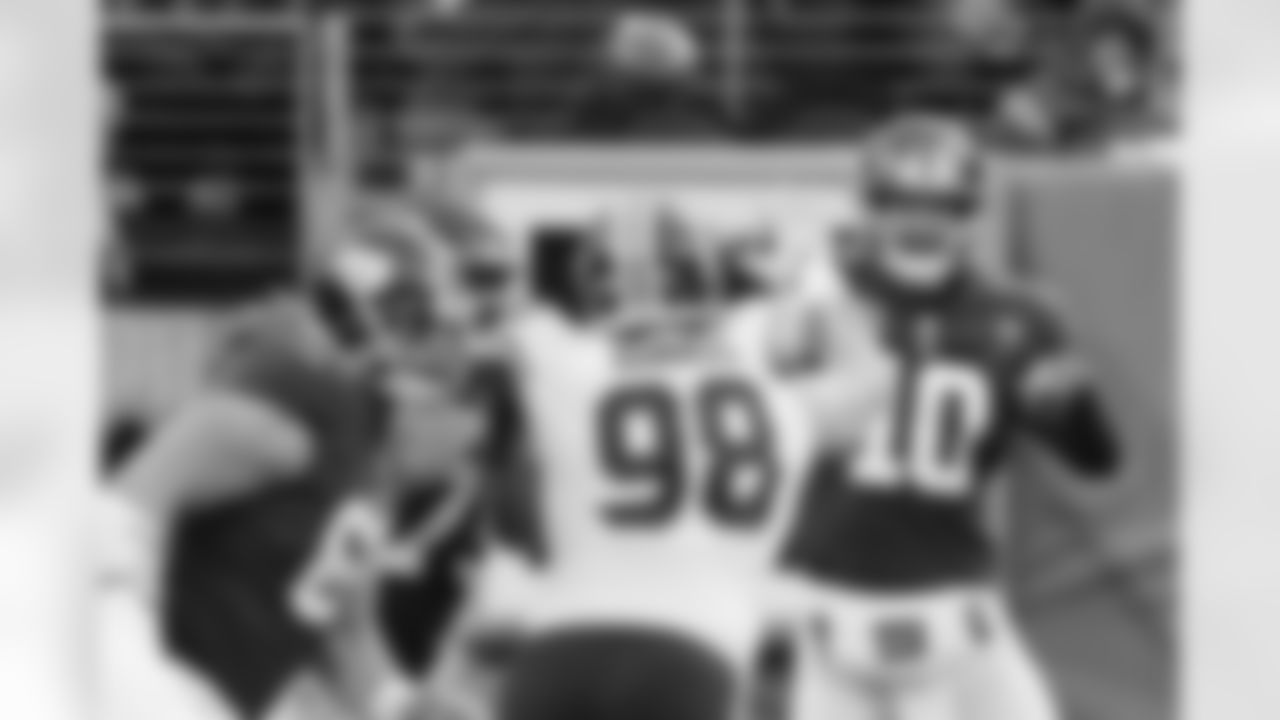
New York Giants quarterback Eli Manning (10) throws a pass over Washington Redskins' Matthew Ioannidis (98) during the second half of an NFL football game Sunday, Dec. 31, 2017, in East Rutherford, N.J. (AP Photo/Bill Kostroun)
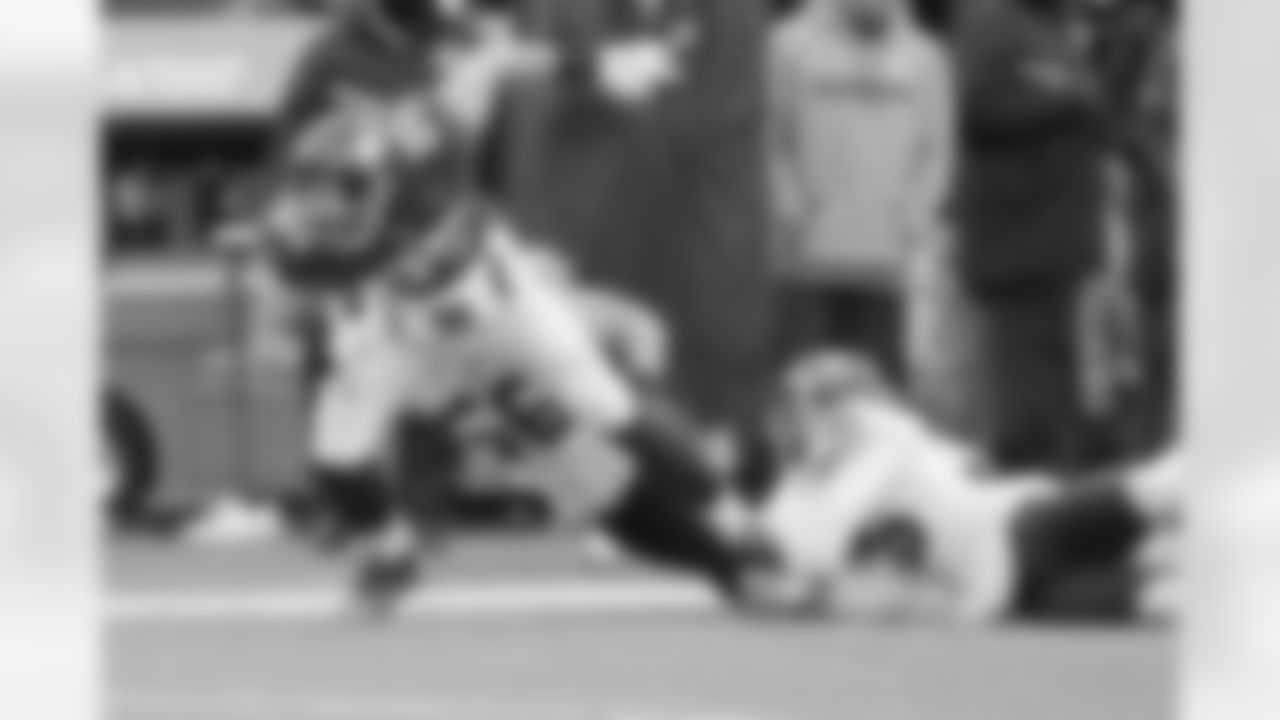
New York Giants' Rhett Ellison (85) is tackled by Washington Redskins' Zach Vigil (56) and D.J. Swearinger (36) during the second half of an NFL football game Sunday, Dec. 31, 2017, in East Rutherford, N.J. (AP Photo/Bill Kostroun)
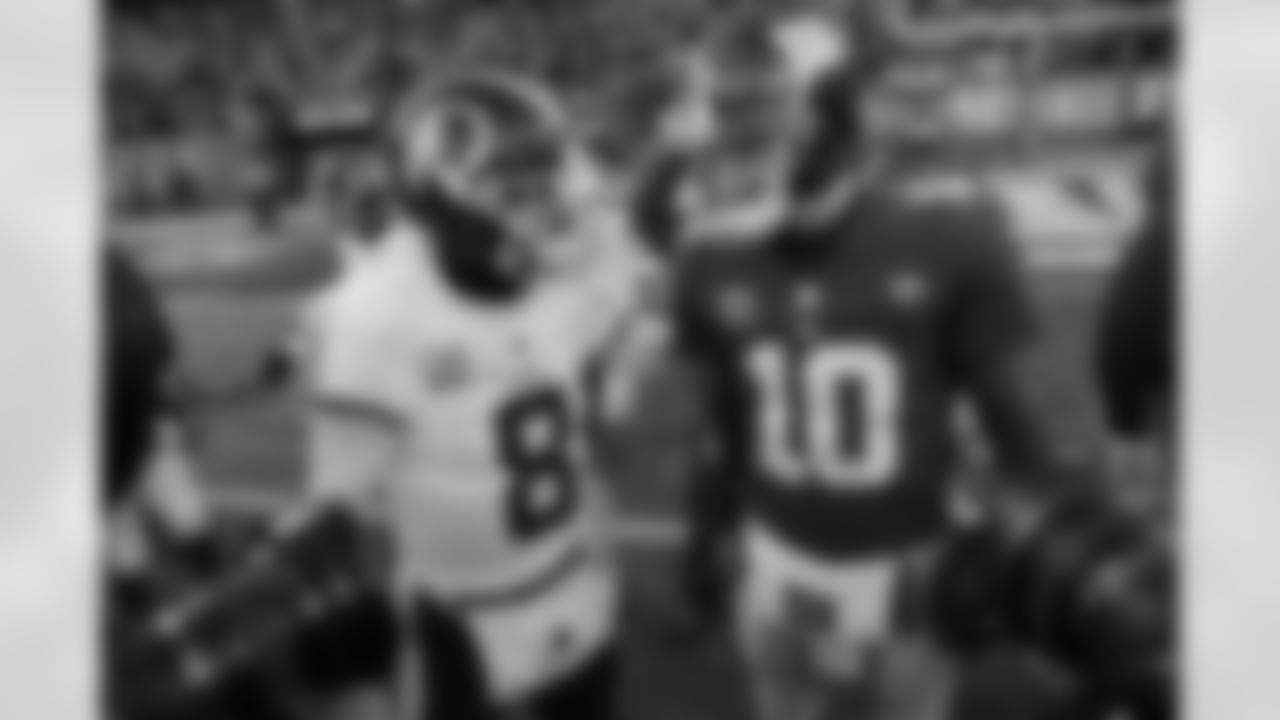
Washington Redskins quarterback Kirk Cousins (8) greets New York Giants quarterback Eli Manning (10) after an NFL football game Sunday, Dec. 31, 2017, in East Rutherford, N.J. (AP Photo/Mark Lennihan)
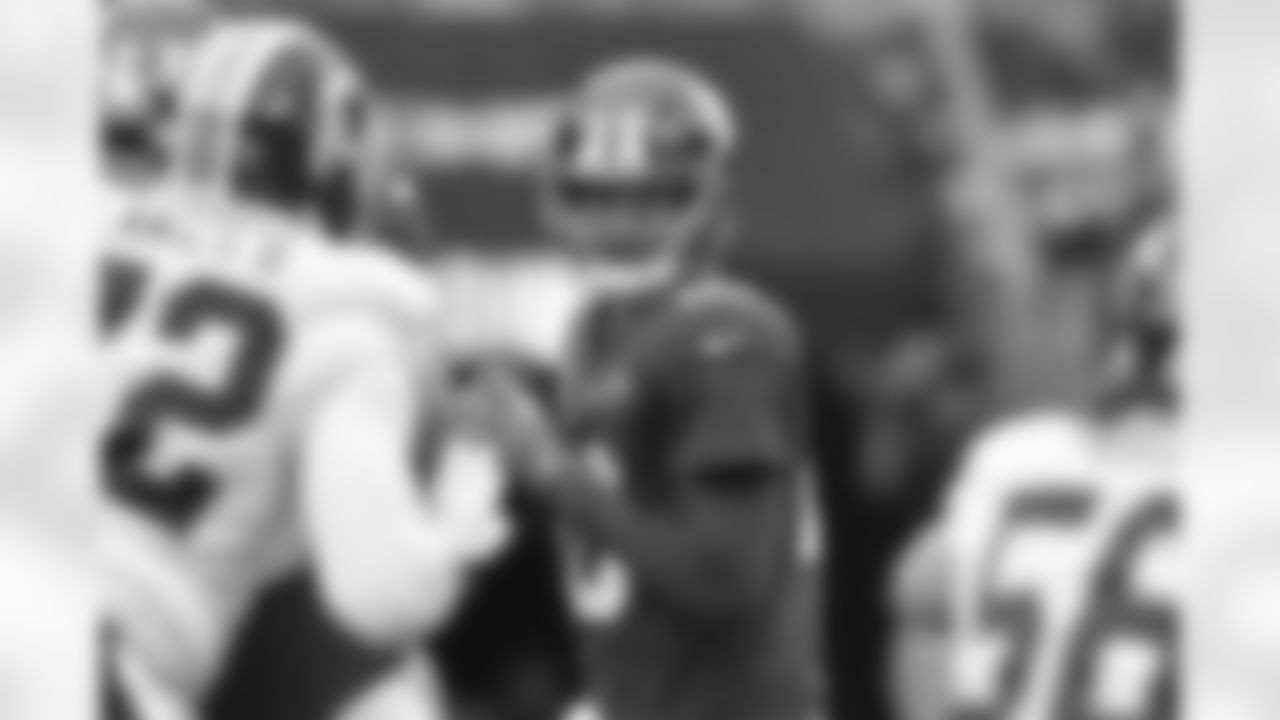
New York Giants quarterback Eli Manning (10) drops back to pass during a NFL football game against the Washington Redskins on Sunday December 31, 2017 in East Rutherford, N.J. (Evan Pinkus via AP)
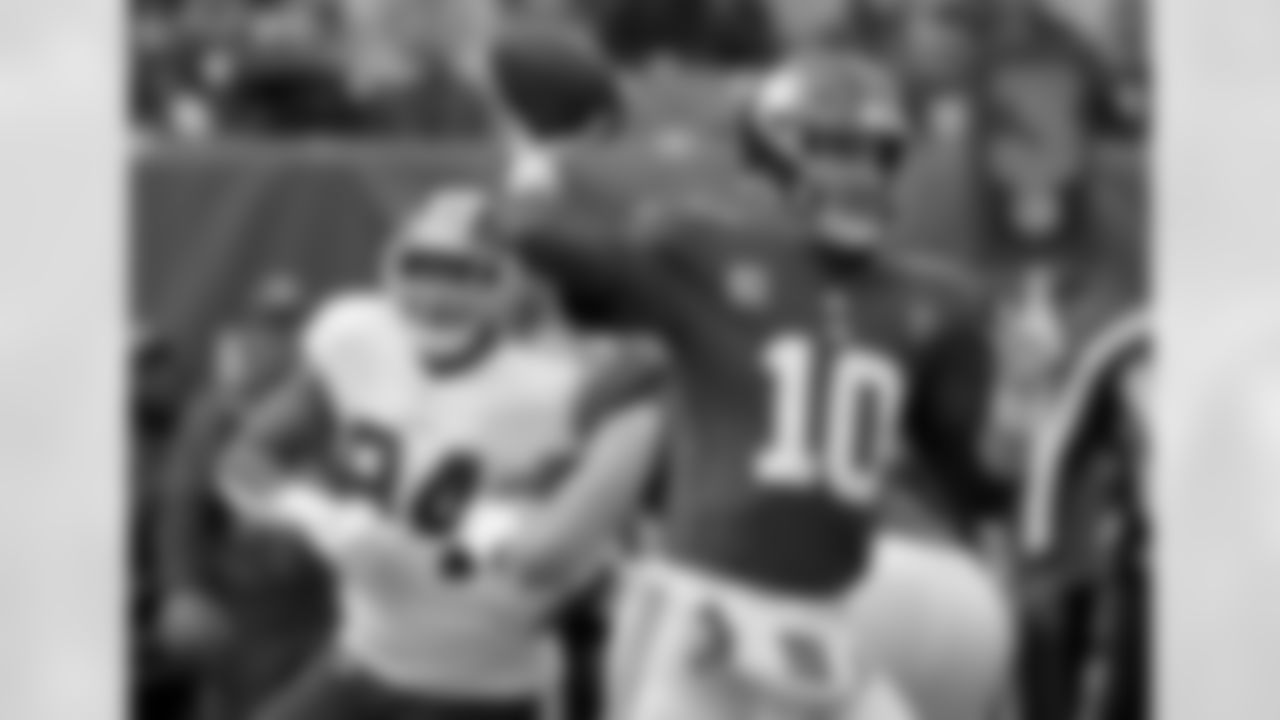
New York Giants quarterback Eli Manning (10) throws against the Washington Redskins during the first quarter of an NFL football game, Sunday, Oct. 28, 2018, in East Rutherford, N.J. (AP Photo/Bill Kostroun)
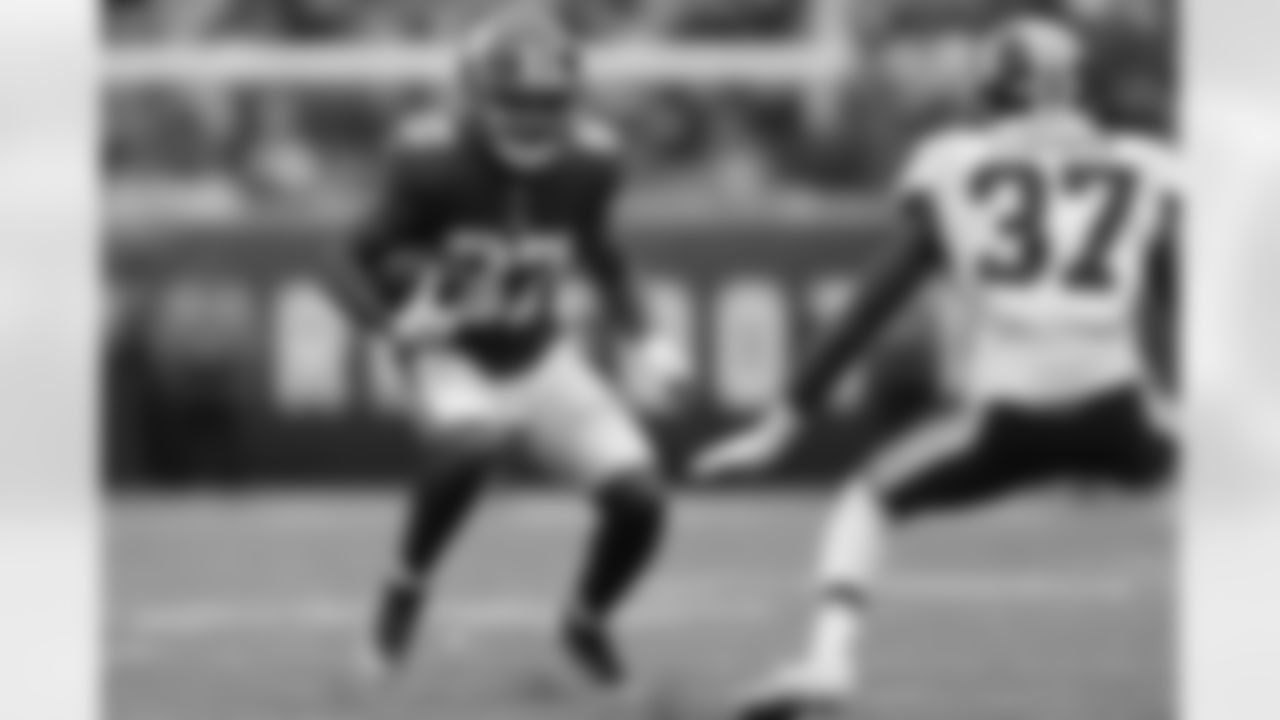
New York Giants wide receiver Sterling Shepard (87) runs after the catch during a week 8 NFL football game against the Washington Redskins on Sunday, Oct. 28, 2018 in East Rutherford, N.J. Washington won 20-13. (Aaron M. Sprecher via AP)
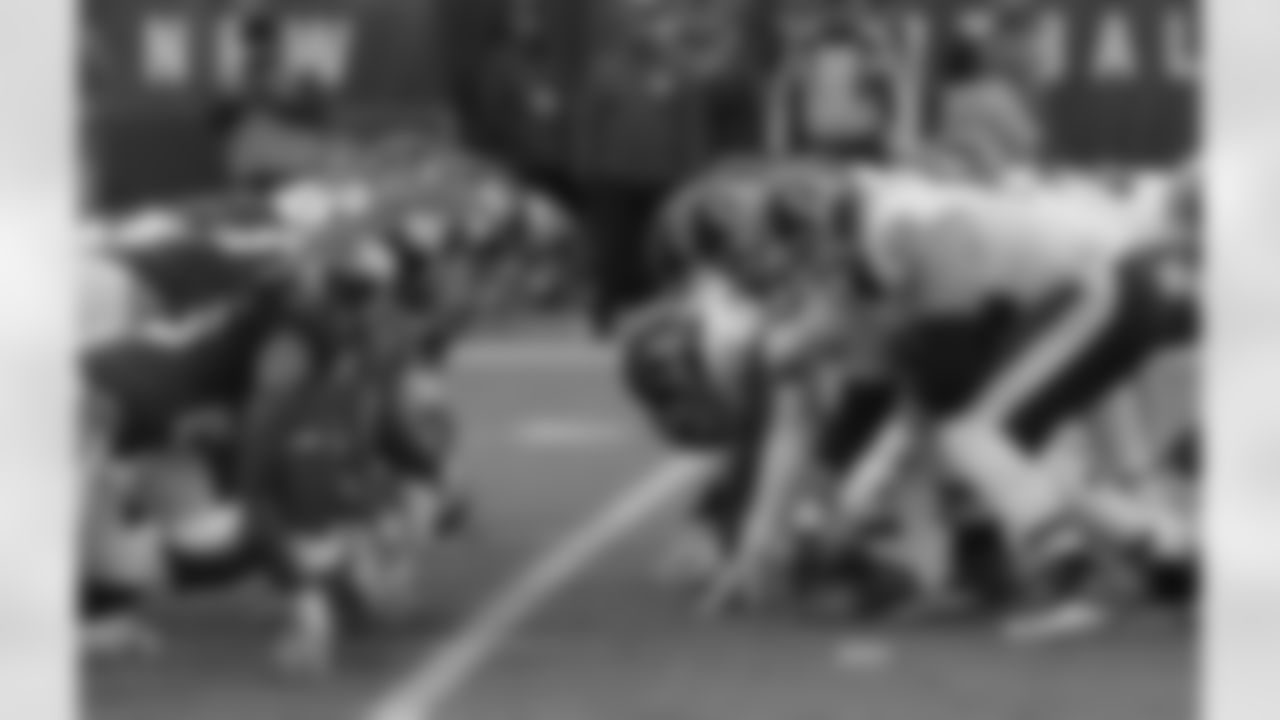
The Washington Redskins prepare to snap the ball against the New York Giants during the fourth quarter of an NFL football game, Sunday, Oct. 28, 2018, in East Rutherford, N.J. (AP Photo/Bill Kostroun)
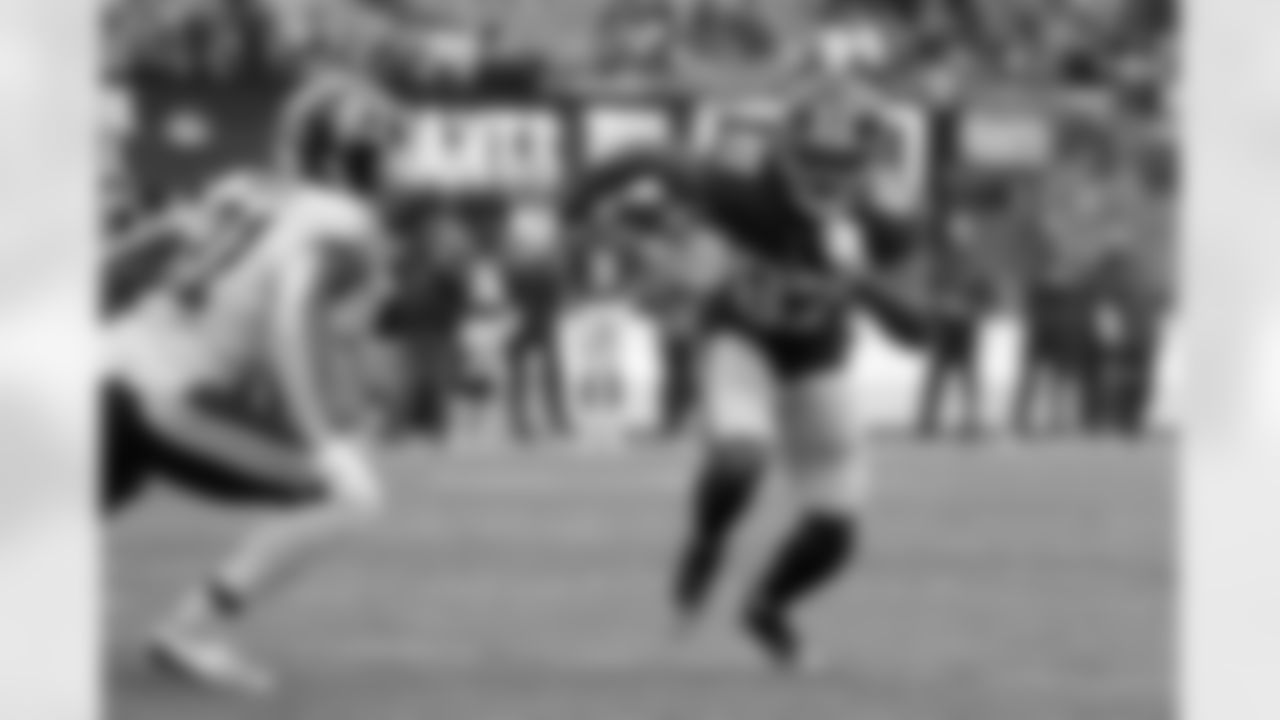
New York Giants wide receiver Sterling Shepard (87) in action against the Washington Redskins during an NFL football game Sunday, Oct. 28, 2018, in East Rutherford, N.J. The Redskins won 20-13. (AP Photo/Adam Hunger)
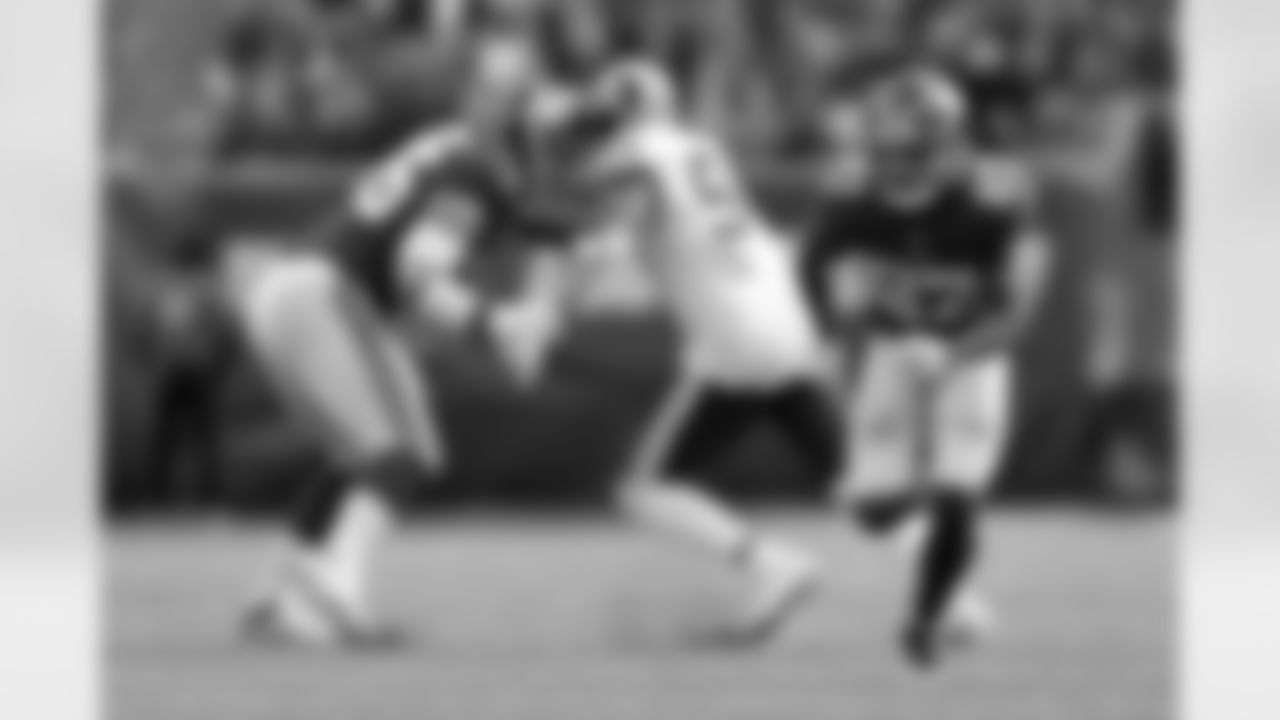
New York Giants wide receiver Sterling Shepard (87) in action against the Washington Redskins during an NFL football game Sunday, Oct. 28, 2018, in East Rutherford, N.J. The Redskins won 20-13. (AP Photo/Adam Hunger)
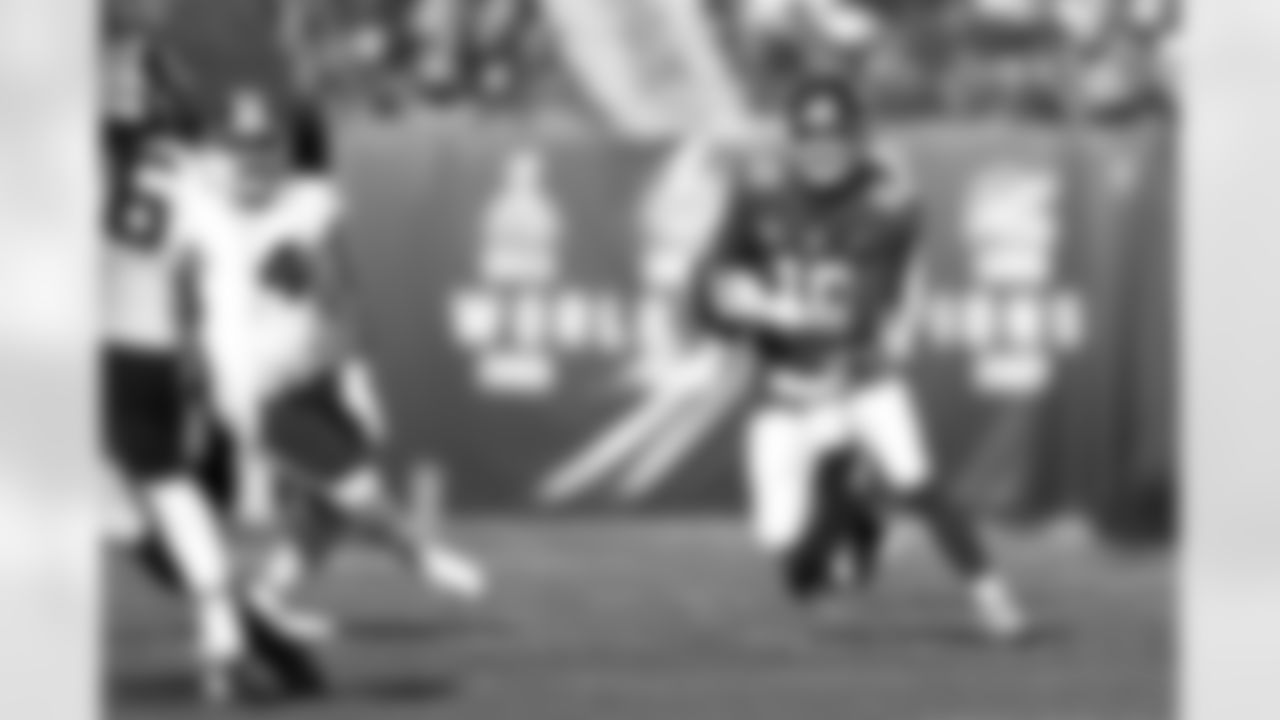
New York Giants quarterback Eli Manning (10) in action against the Washington Redskins during an NFL football game Sunday, Oct. 28, 2018, in East Rutherford, N.J. The Redskins won 20-13. (AP Photo/Adam Hunger)
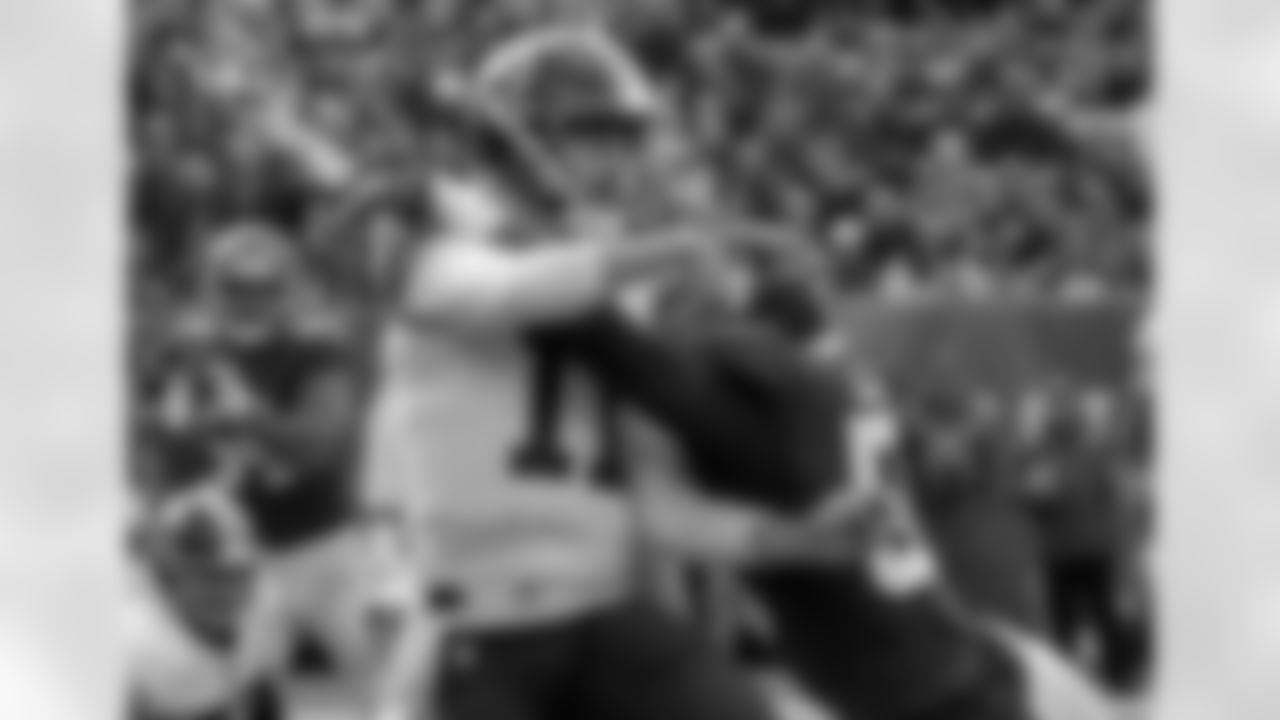
Washington Redskins quarterback Alex Smith (11) is hit while throwing by New York Giants linebacker Lorenzo Carter (59) during the third quarter of an NFL football game, Sunday, Oct. 28, 2018, in East Rutherford, N.J. (AP Photo/Bill Kostroun)
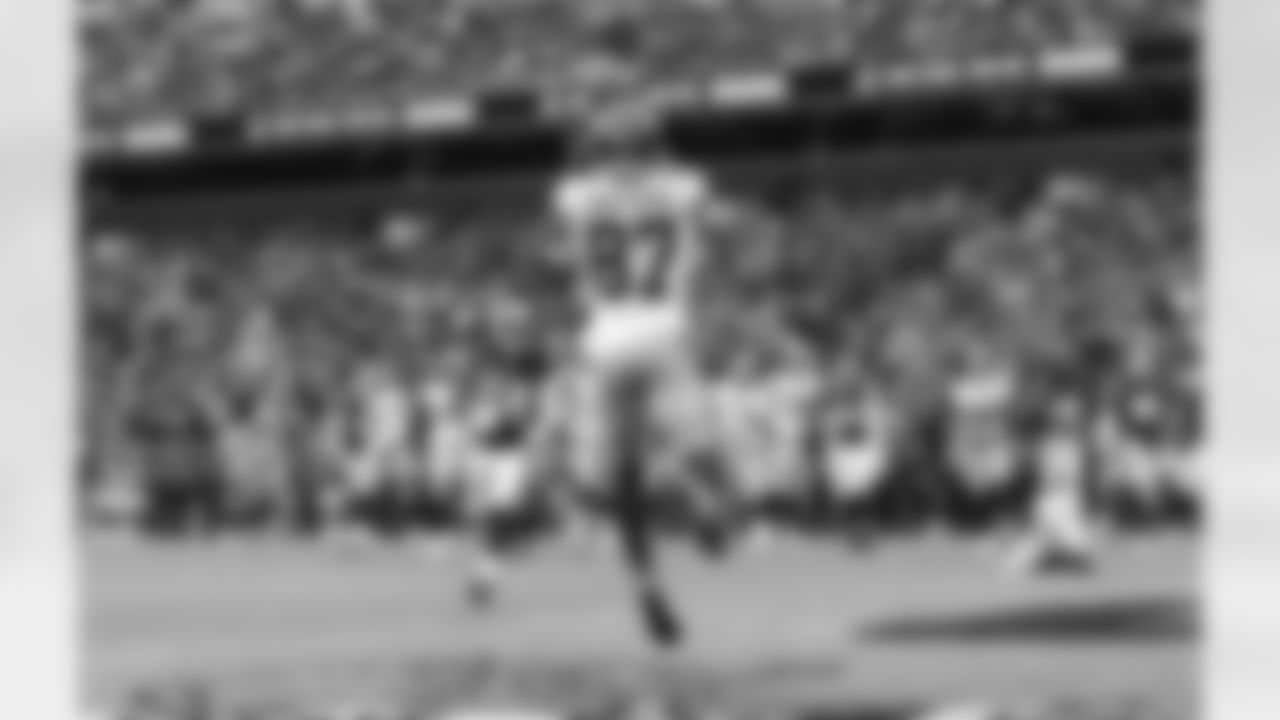
New York Giants wide receiver Sterling Shepard (87) catches a touchdown pass during the first half of an NFL football game against the Washington Redskins, Sunday, Dec. 9, 2018, in Landover, Md. (AP Photo/Patrick Semansky)
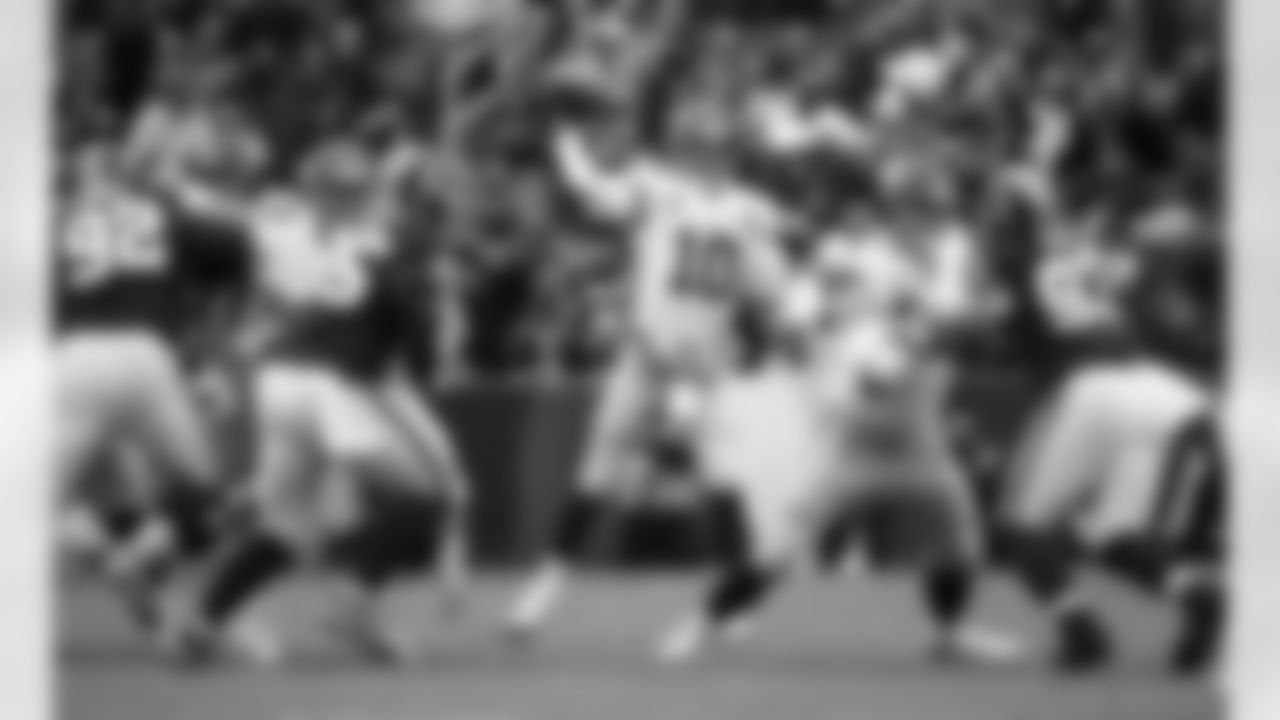
New York Giants quarterback Eli Manning (10) throws during the first half of an NFL football game against the Washington Redskins, Sunday, Dec. 9, 2018, in Landover, Md. (AP Photo/Patrick Semansky)
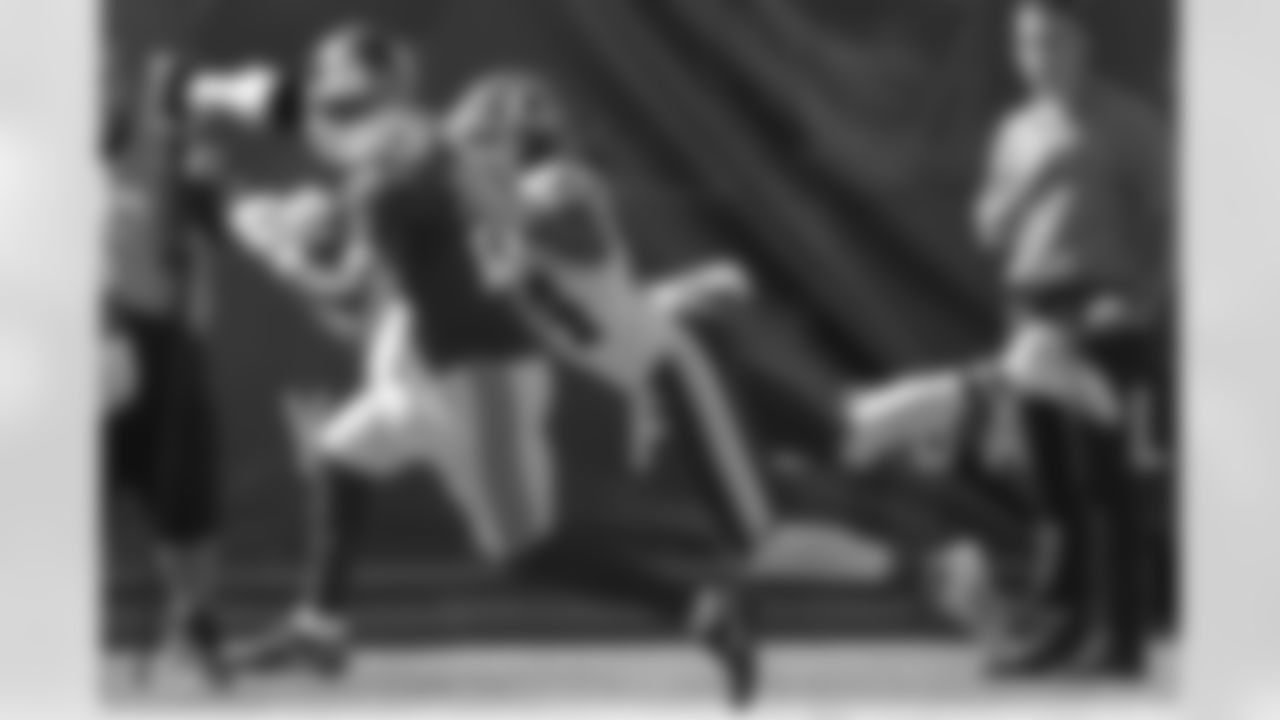
Washington Redskins' Josh Norman, right, tries to stop New York Giants' Wayne Gallman during the first half of an NFL football game, Sunday, Sept. 29, 2019, in East Rutherford, N.J. (AP Photo/Bill Kostroun)
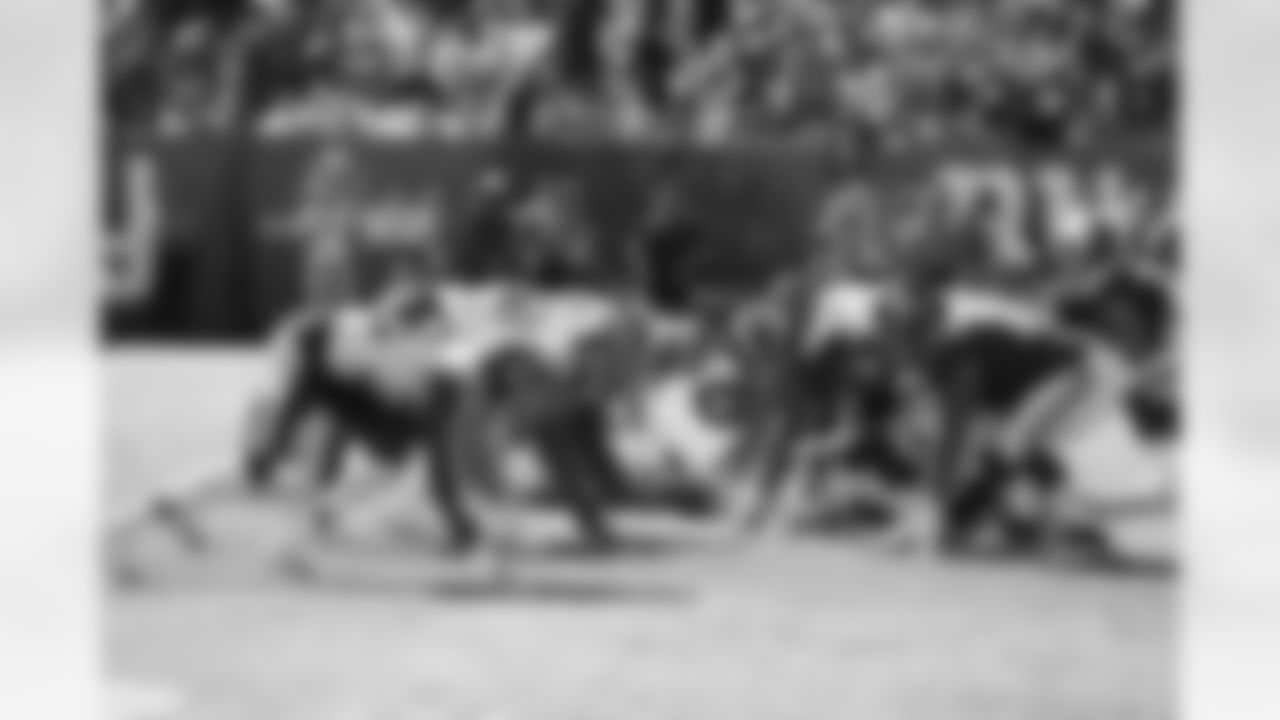
A look down the line of scrimmage as the New York Giants take on the Washington Redskins during an NFL football game Sunday September 29, 2019 in East Rutherford, NJ (Evan Pinkus via AP)
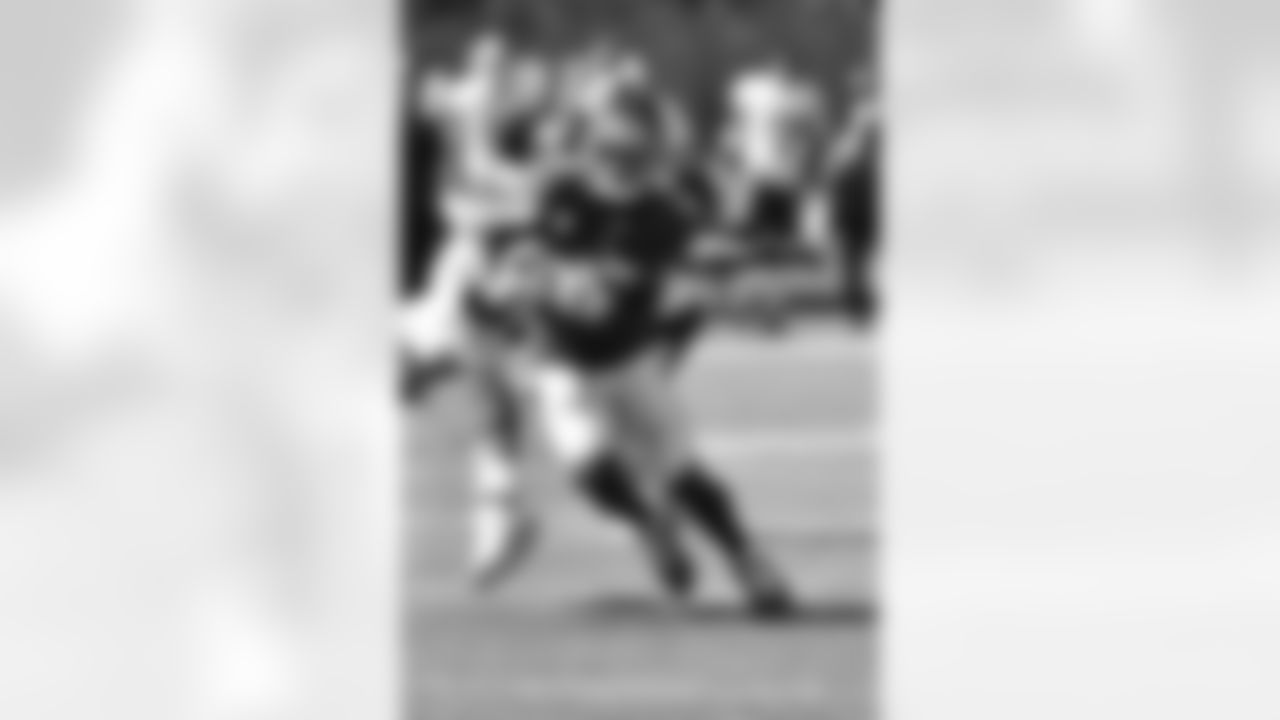
New York Giants wide receiver Sterling Shepard (87) itches a pass during an NFL football game against the Washington Redskins Sunday September 29, 2019 in East Rutherford, NJ (Evan Pinkus via AP)
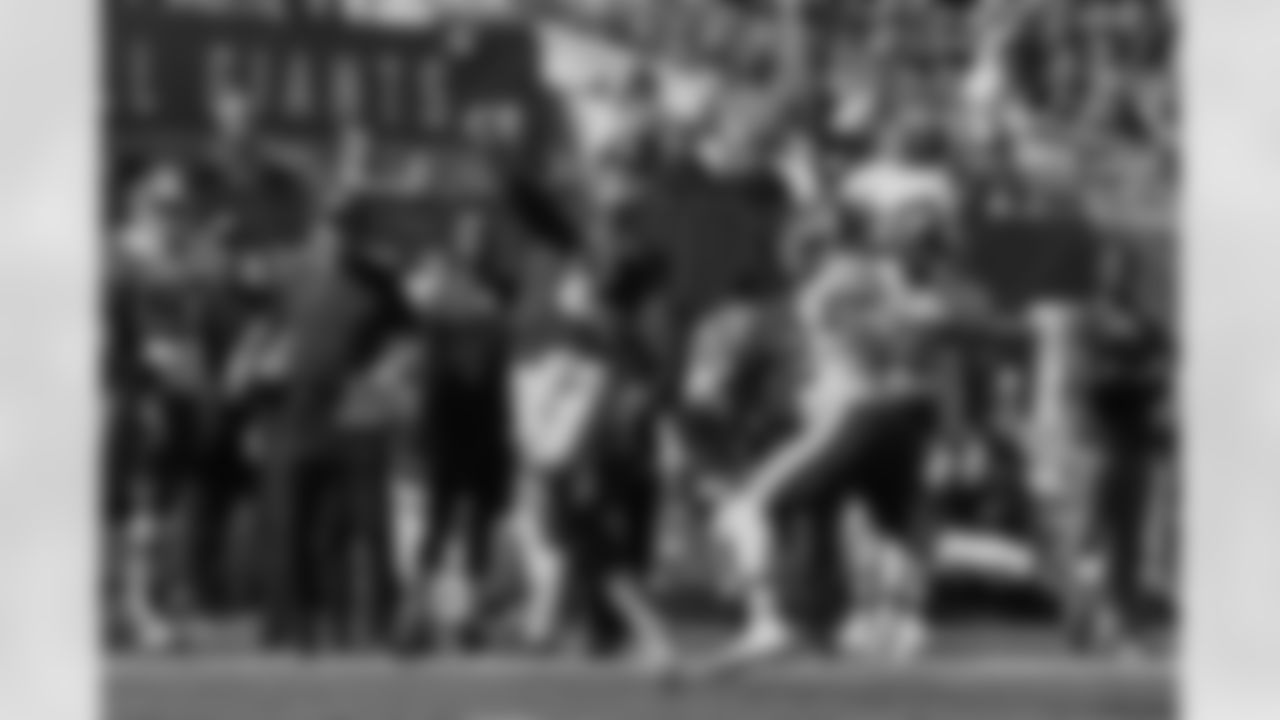
New York Giants quarterback Daniel Jones (8) during an NFL football game against the Washington Redskins Sunday September 29, 2019 in East Rutherford, NJ (Evan Pinkus via AP)
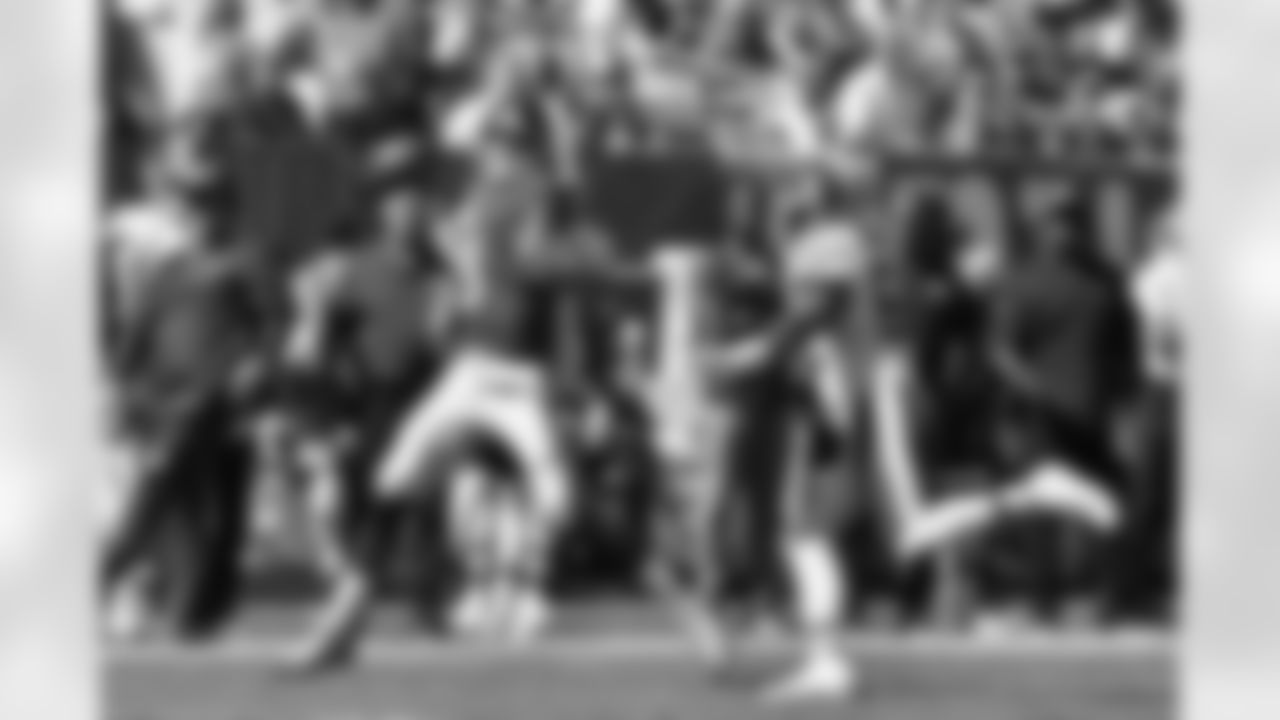
New York Giants quarterback Daniel Jones (8) during an NFL football game against the Washington Redskins Sunday September 29, 2019 in East Rutherford, NJ (Evan Pinkus via AP)
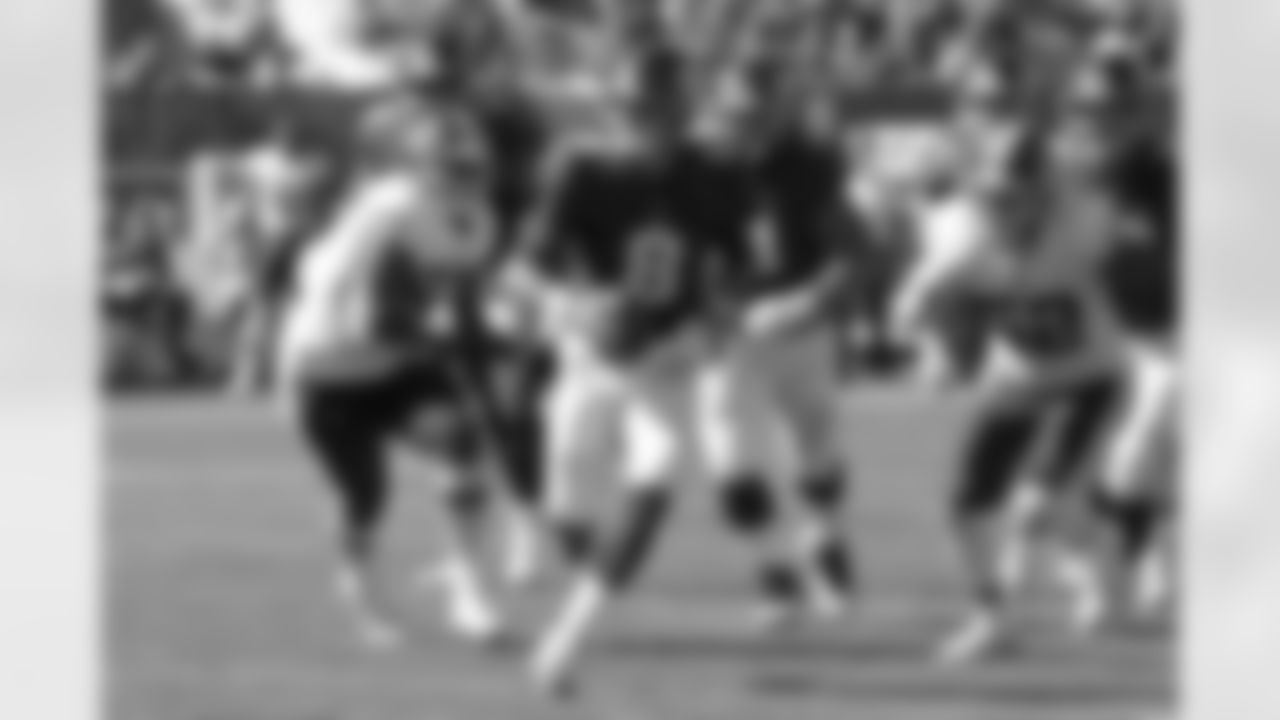
New York Giants quarterback Daniel Jones (8) scrambles away from Washington Redskins defensive tackle Tim Settle (97) and linebacker Ryan Anderson (52) during the first half of an NFL football game, Sunday, Sept. 29, 2019, in East Rutherford, N.J. (AP Photo/Bill Kostroun)
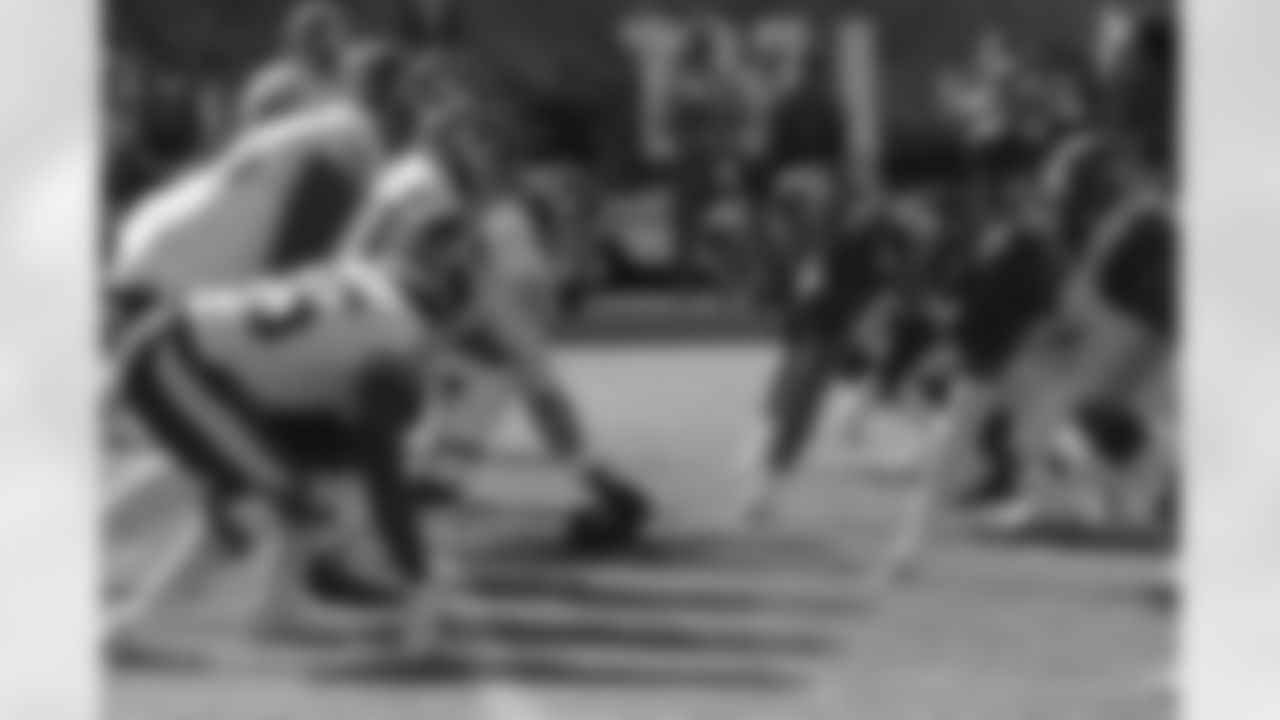
The Washington Redskins, left, line up against the New York Giants during the second half of an NFL football game, Sunday, Sept. 29, 2019, in East Rutherford, N.J. (AP Photo/Bill Kostroun)
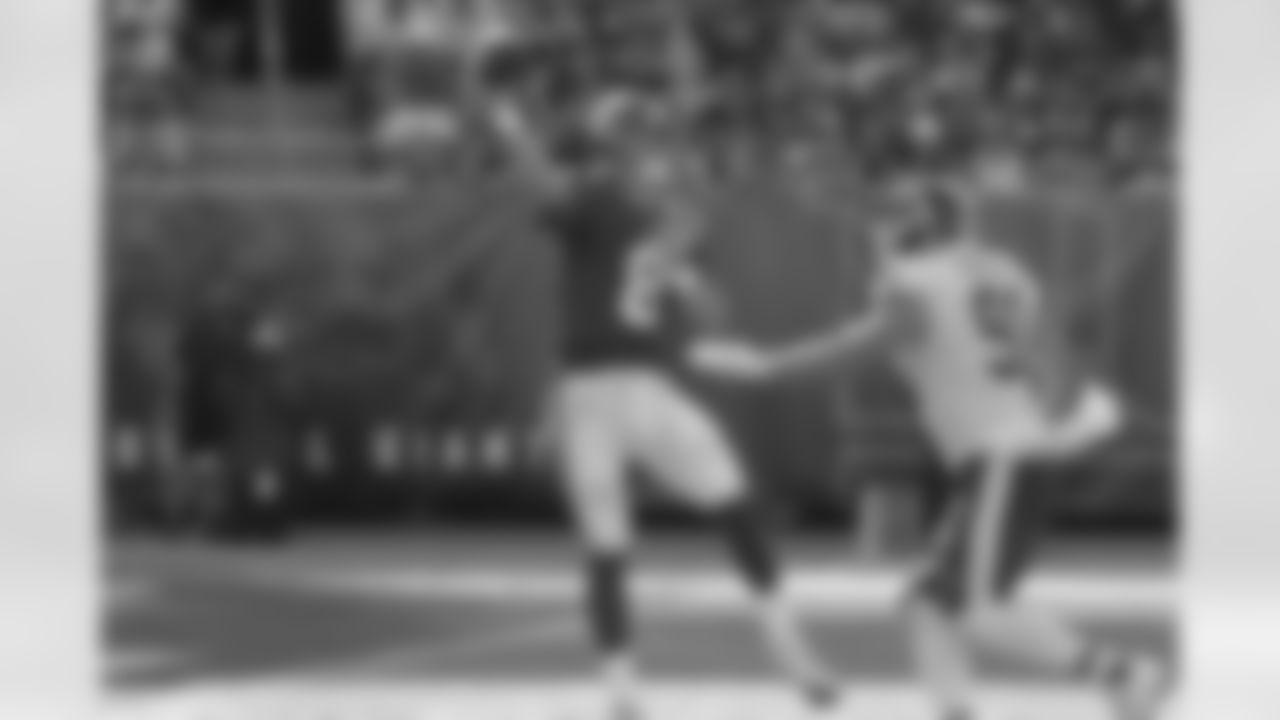
New York Giants quarterback Daniel Jones passes during the second half of an NFL football game against the Washington Redskins, Sunday, Sept. 29, 2019, in East Rutherford, N.J. (AP Photo/Bill Kostroun)
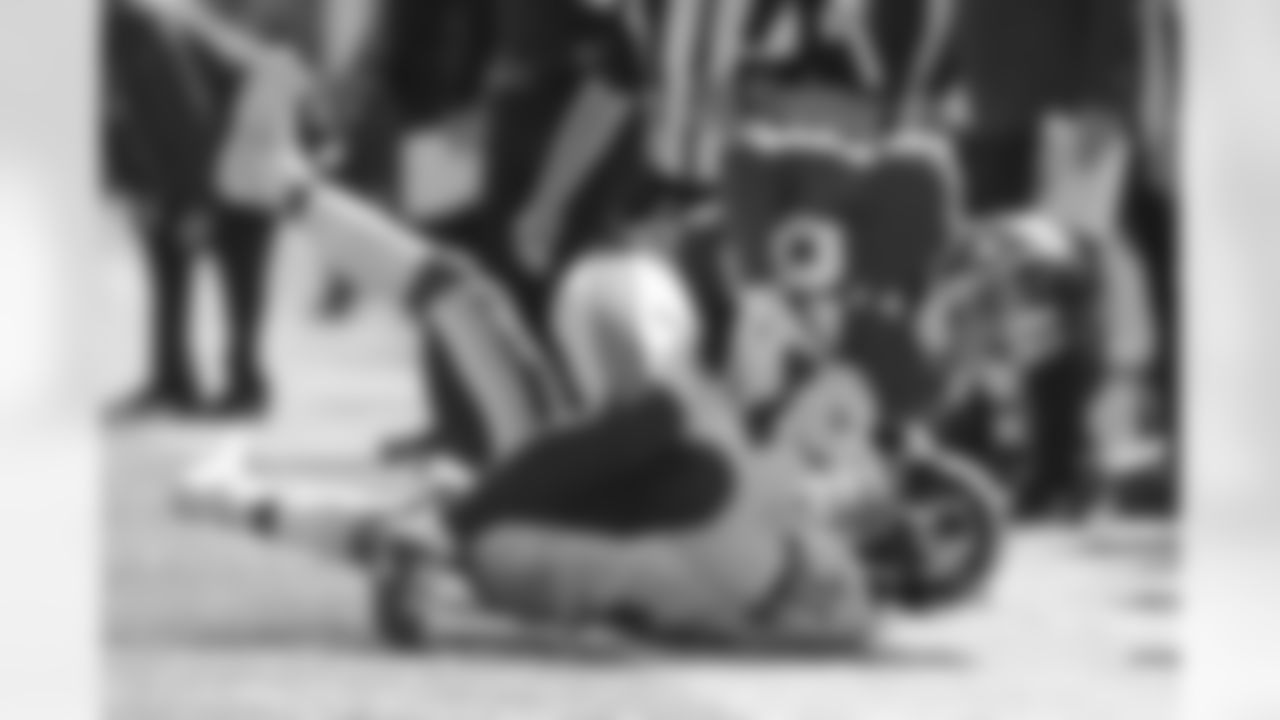
New York Giants' Sterling Shepard, top, is tackled by Washington Redskins' Fabian Moreau during the first half of an NFL football game, Sunday, Sept. 29, 2019, in East Rutherford, N.J. (AP Photo/Adam Hunger)
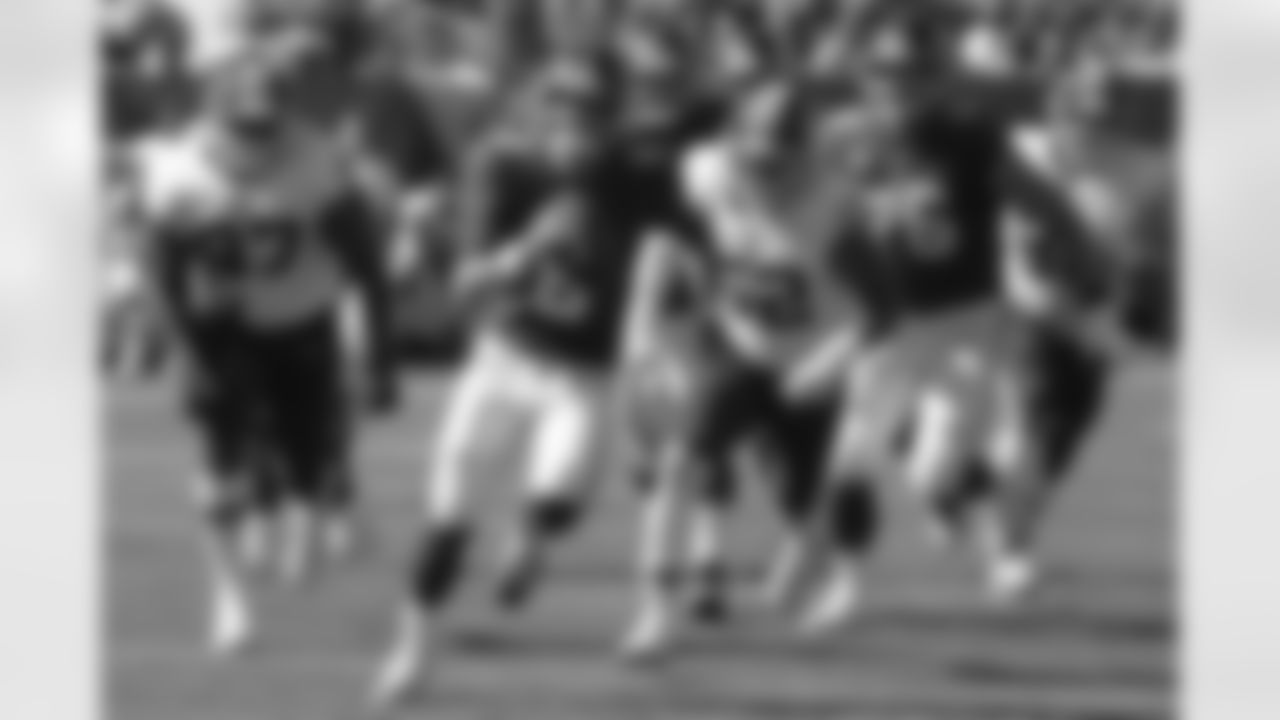
New York Giants quarterback Daniel Jones, second from left, runs the ball during the first half of an NFL football game against the Washington Redskins, Sunday, Sept. 29, 2019, in East Rutherford, N.J. (AP Photo/Bill Kostroun)
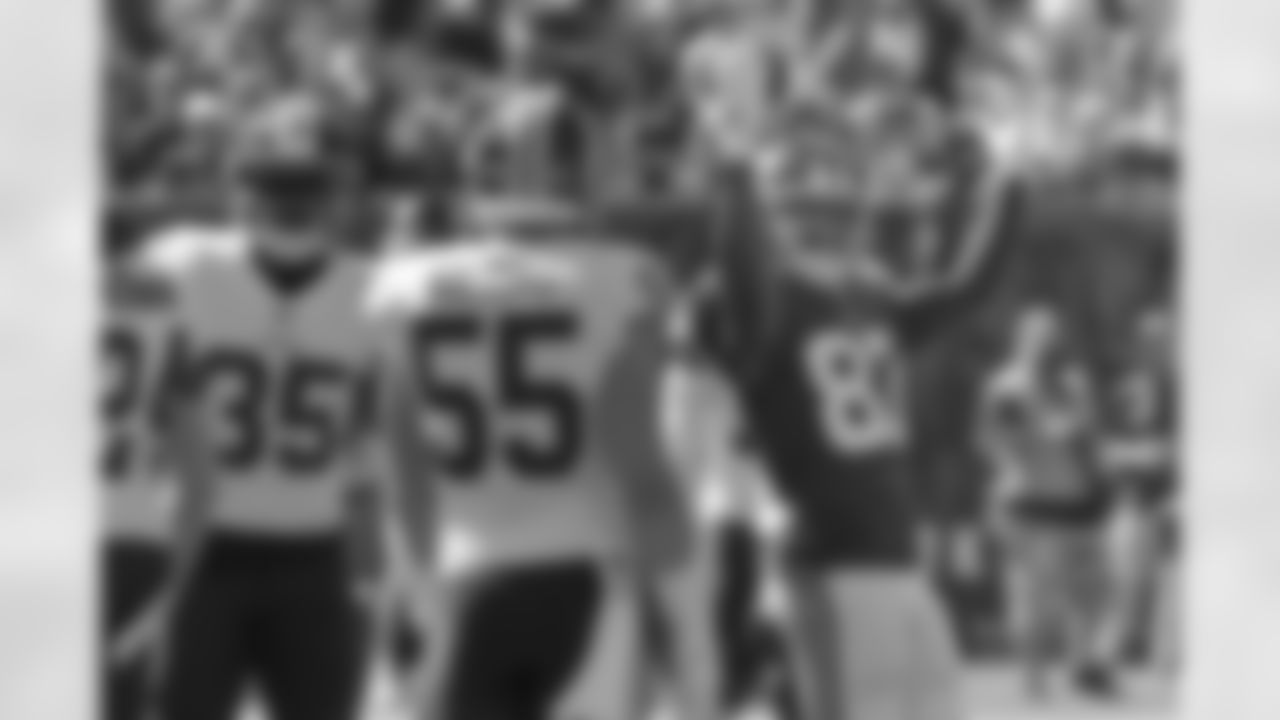
New York Giants' Sterling Shepard, right, celebrates after a catch during the first half of an NFL football game against the Washington Redskins, Sunday, Sept. 29, 2019, in East Rutherford, N.J. (AP Photo/Bill Kostroun)
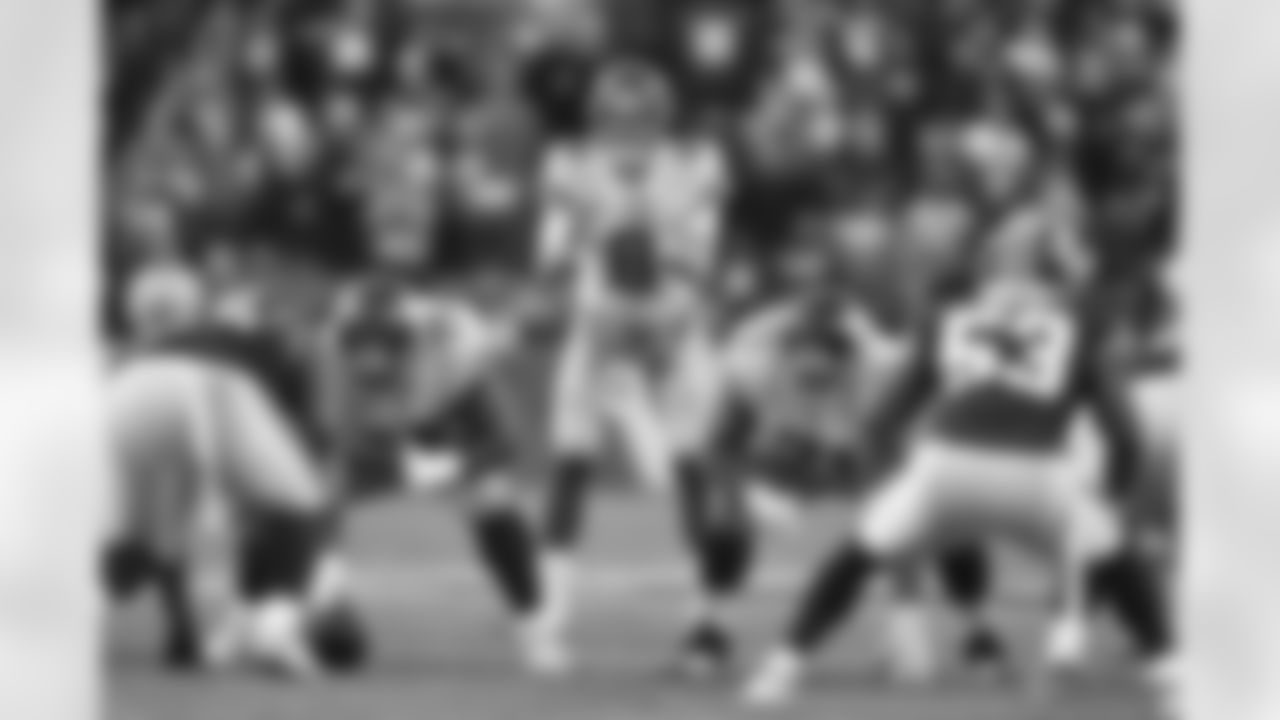
New York Giants quarterback Daniel Jones (8) during an NFL football game against the Washington Redskins Sunday December 22nd, 2019 in Landover, Md (Evan Pinkus via AP)
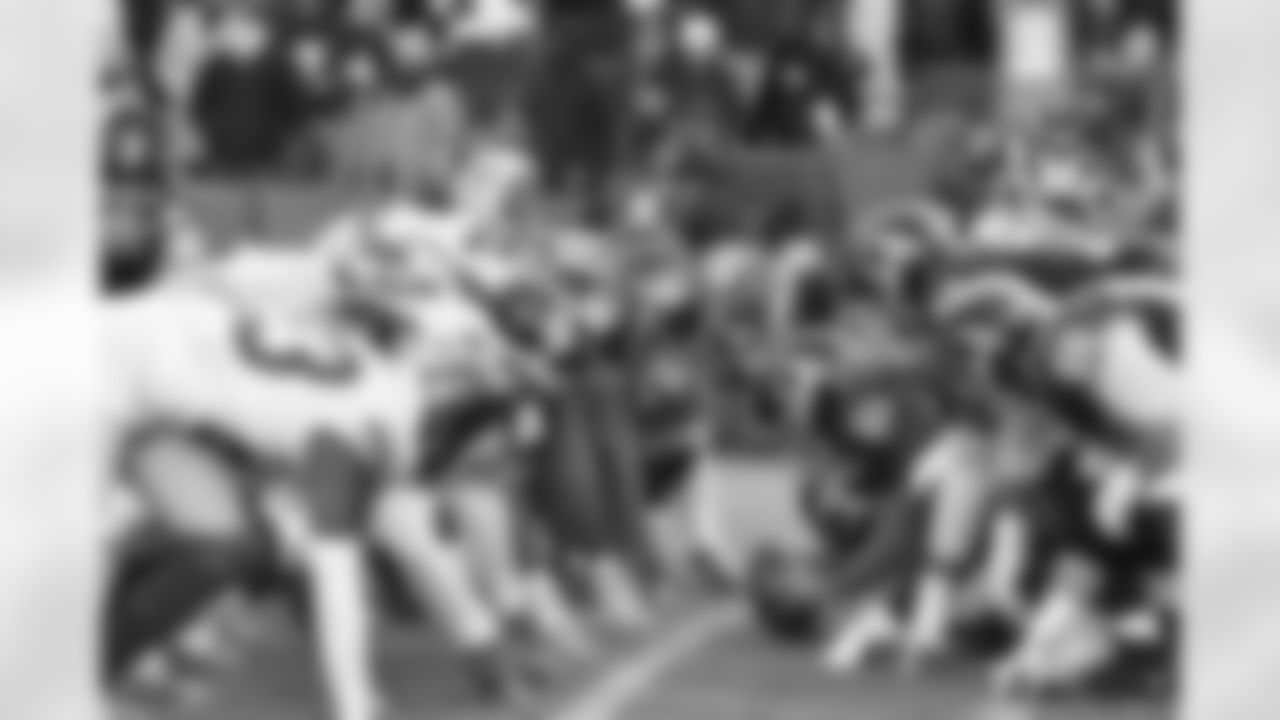
A look down the line of scrimmage as the New York Giants take on the Washington Redskins during an NFL football game Sunday December 22nd, 2019 in Landover, Md (Evan Pinkus via AP)
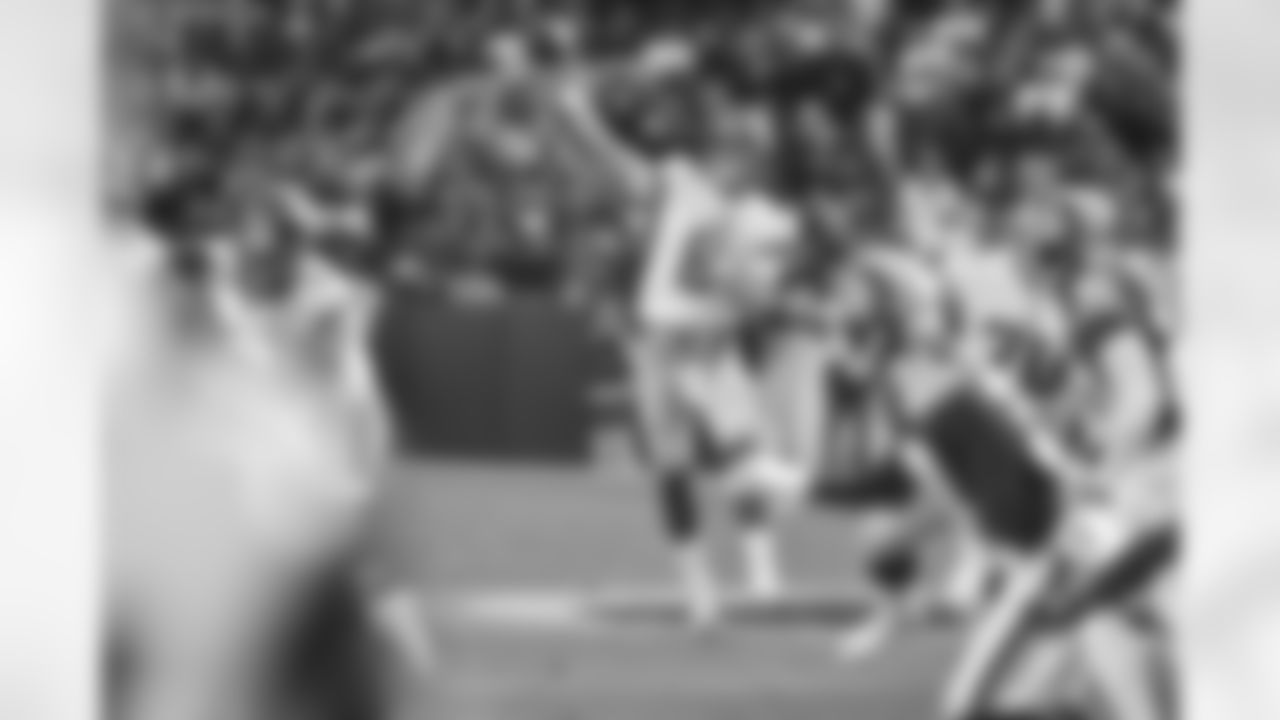
New York Giants quarterback Daniel Jones (8) drops back to pass during an NFL football game against the Washington Redskins Sunday December 22nd, 2019 in Landover, Md (Evan Pinkus via AP)
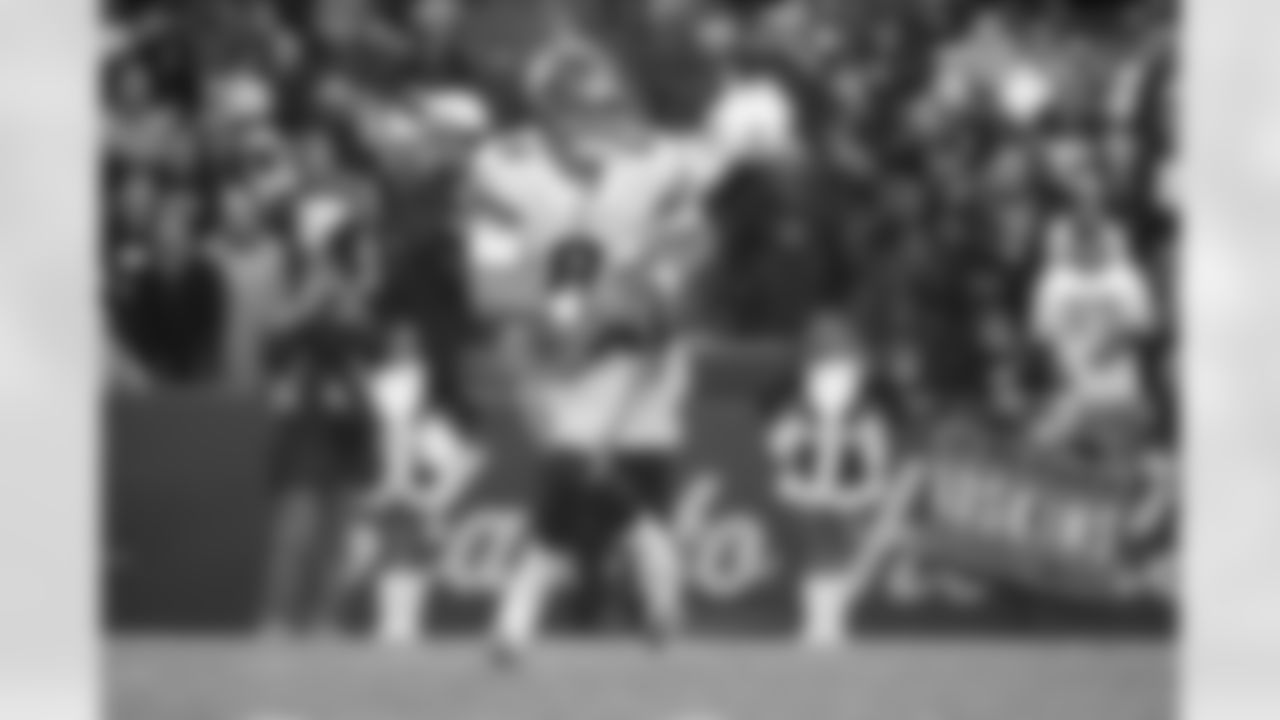
New York Giants quarterback Daniel Jones looks to pass against the Washington Redskins during the first half of an NFL football game, Sunday, Dec. 22, 2019, in Landover, Md. (AP Photo/Alex Brandon)
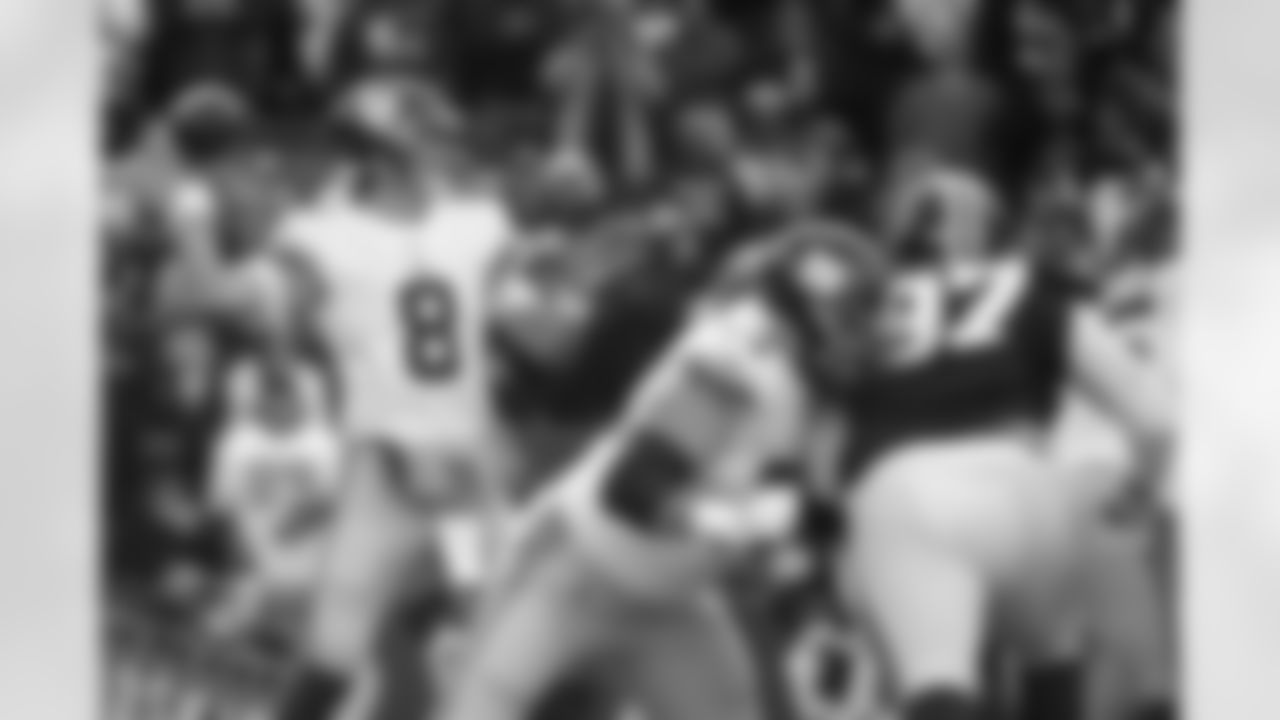
New York Giants quarterback Daniel Jones (8) throws a pass against the Washington Redskins during the first half of an NFL football game, Sunday, Dec. 22, 2019, in Landover, Md. (AP Photo/Alex Brandon)
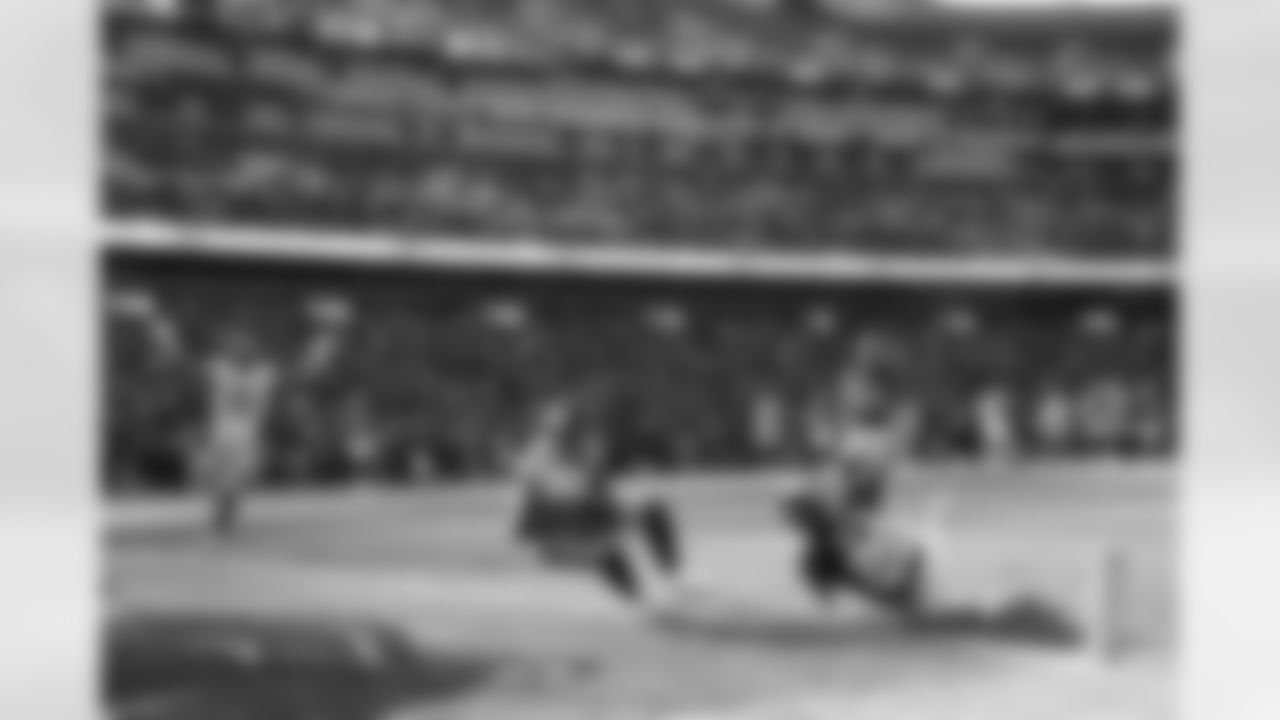
New York Giants wide receiver Sterling Shepard (87) falls into the end zone for a touchdown after making a catch on a pass from quarterback Daniel Jones, not visible, as Washington Redskins strong safety Landon Collins (20) tries to defend during the first half of an NFL football game, Sunday, Dec. 22, 2019, in Landover, Md. Giants' Golden Tate (15) reacts on the play. (AP Photo/Alex Brandon)
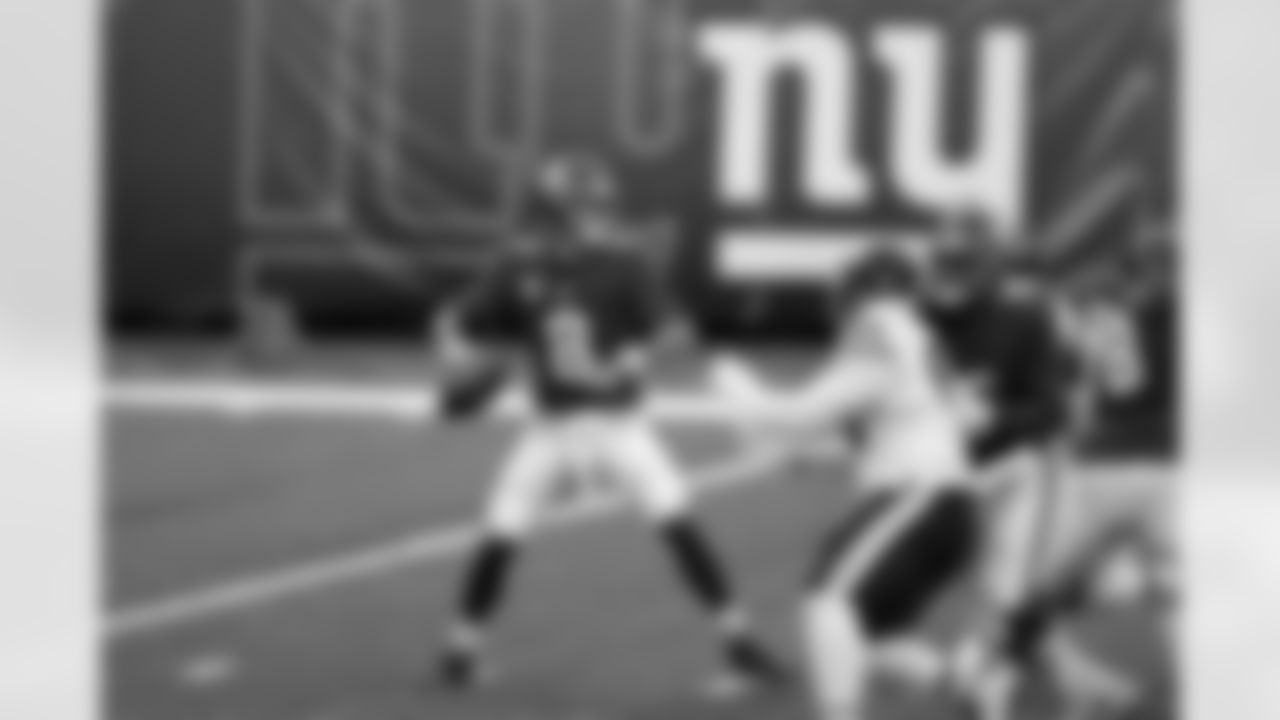
New York Giants quarterback Daniel Jones (8) in action during an NFL football game against the Washington Football Team, Sunday, Oct. 18, 2020, in East Rutherford, N.J. (AP Photo/Adam Hunger)
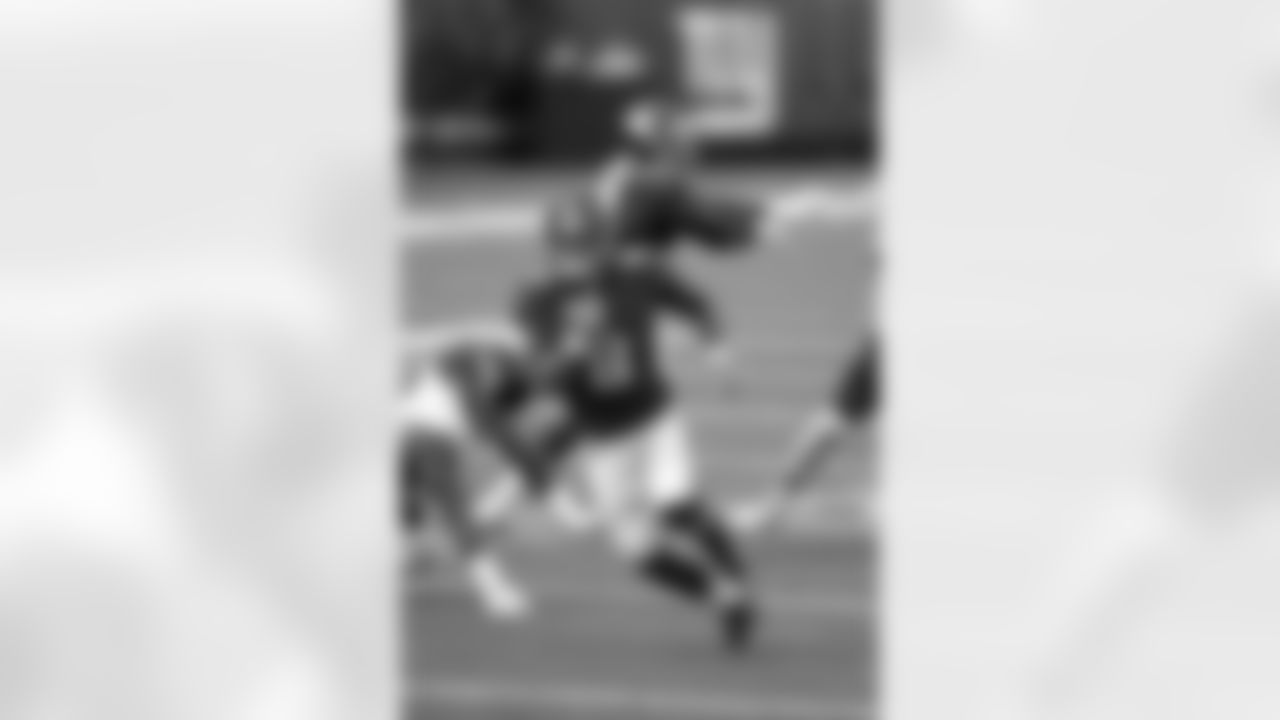
New York Giants quarterback Daniel Jones (8) in action during an NFL football game against the Washington Football Team, Sunday, Oct. 18, 2020, in East Rutherford, N.J. (AP Photo/Adam Hunger)

Daniel Jones (8)
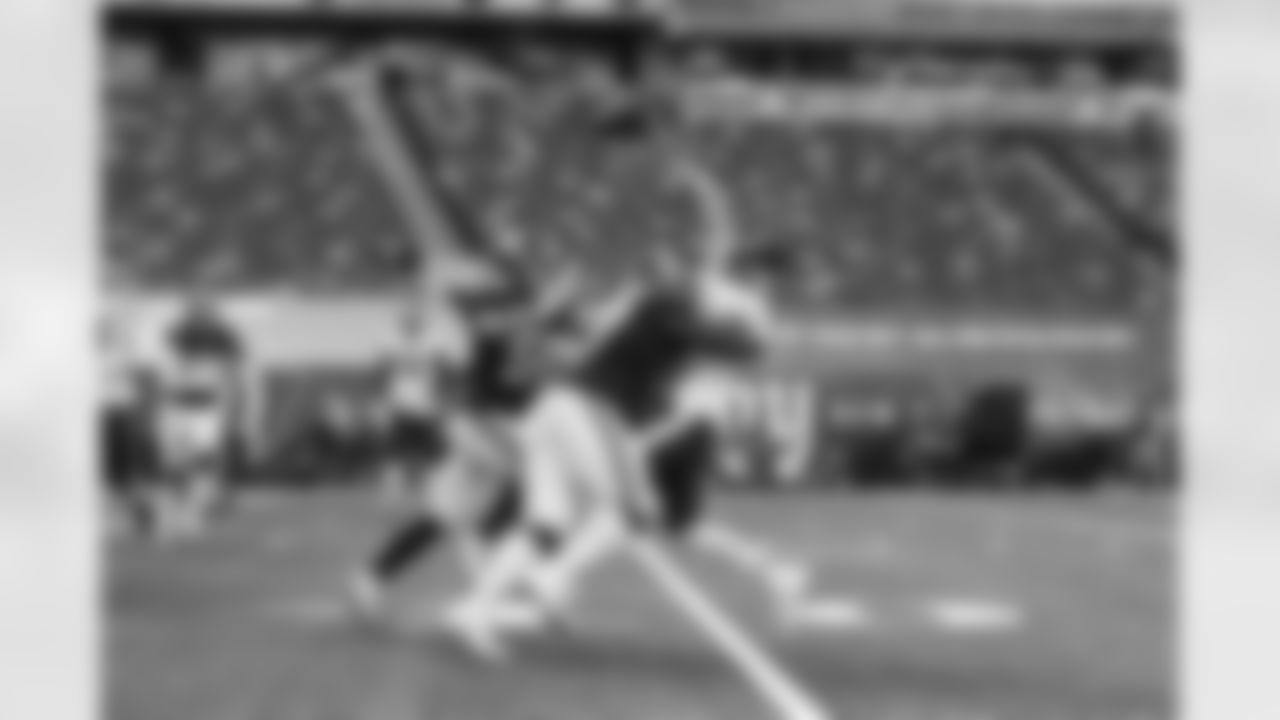
Dexter Lawrence (97), Blake Martinez (54)
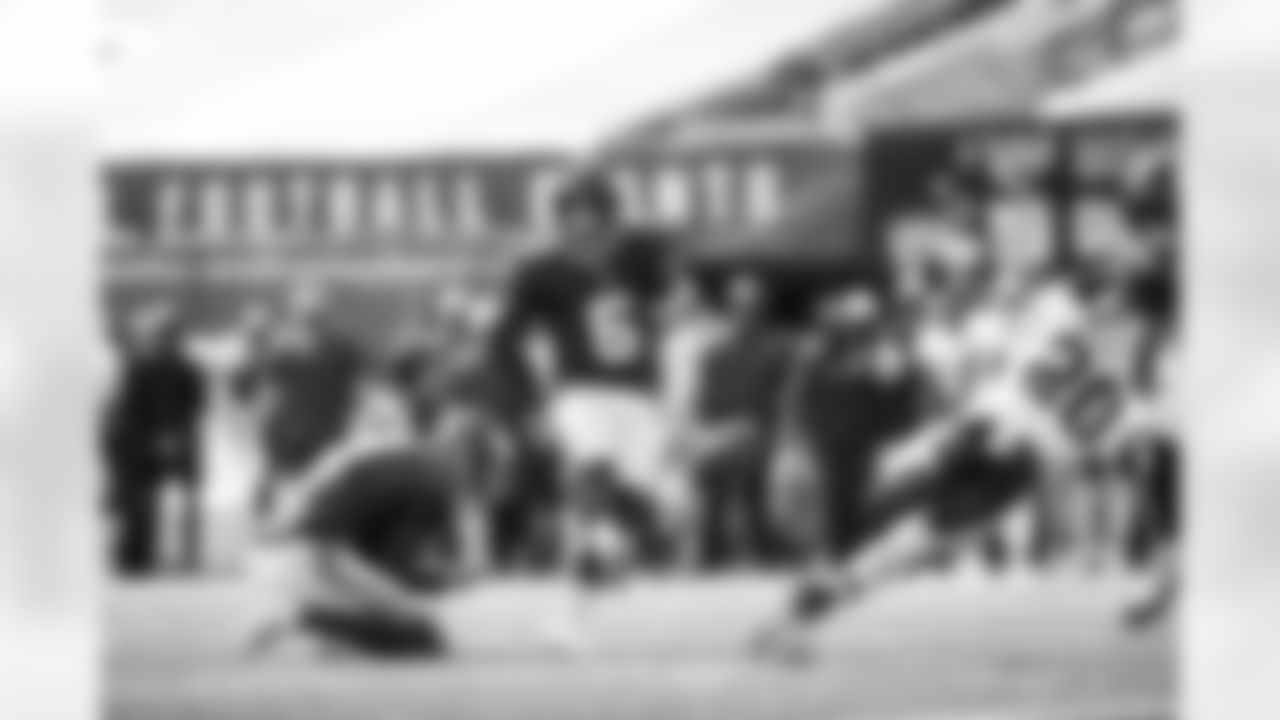
Riley Dixon (9), Graham Gano (5)
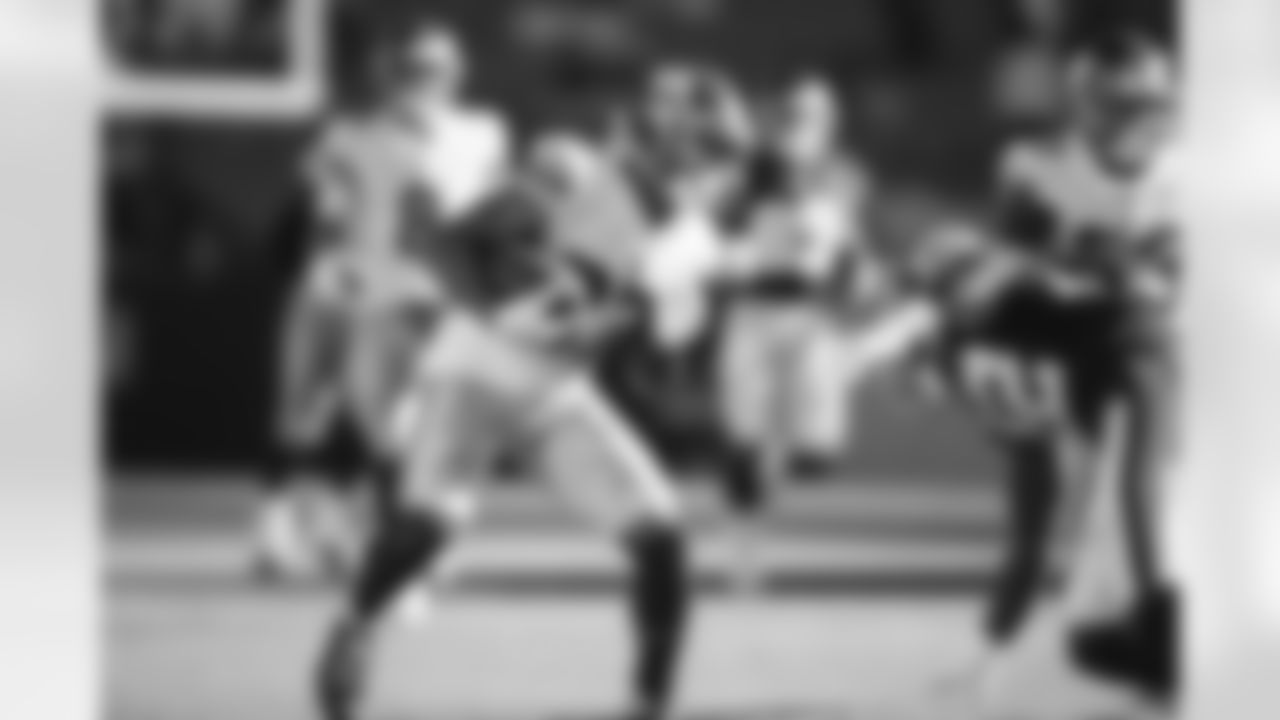
Sterling Shepard (87)
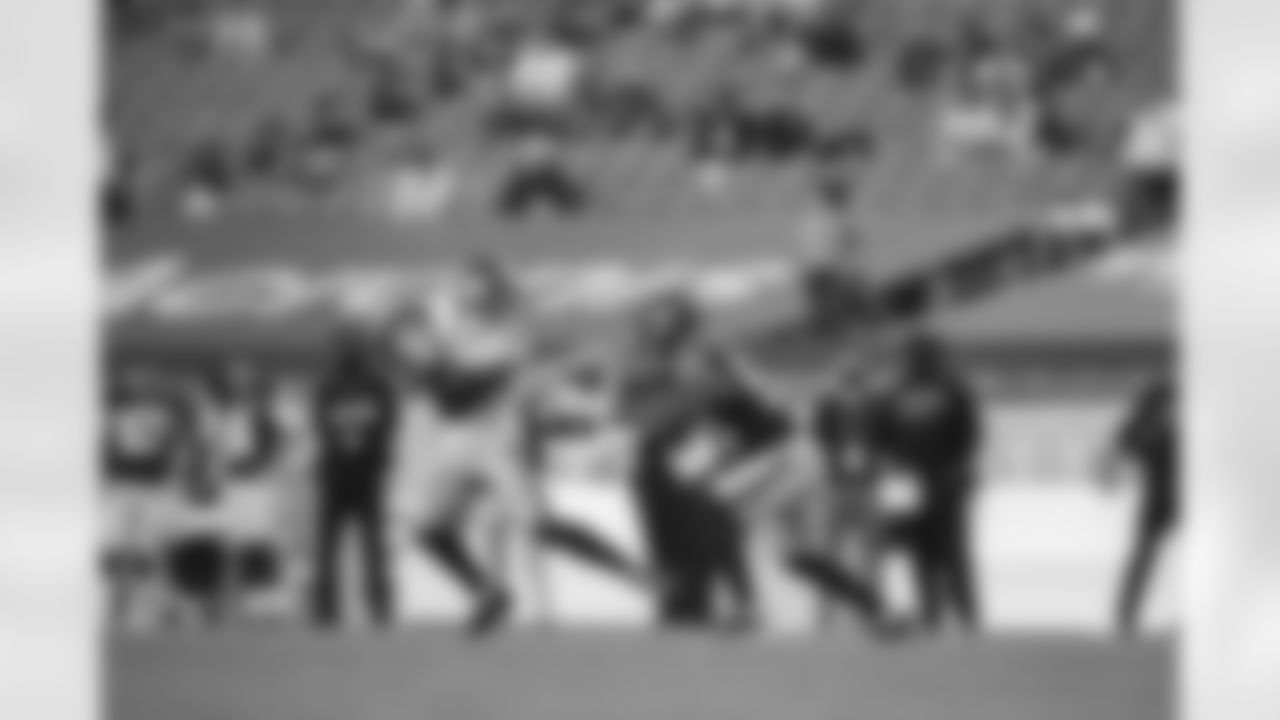
Sterling Shepard (87)
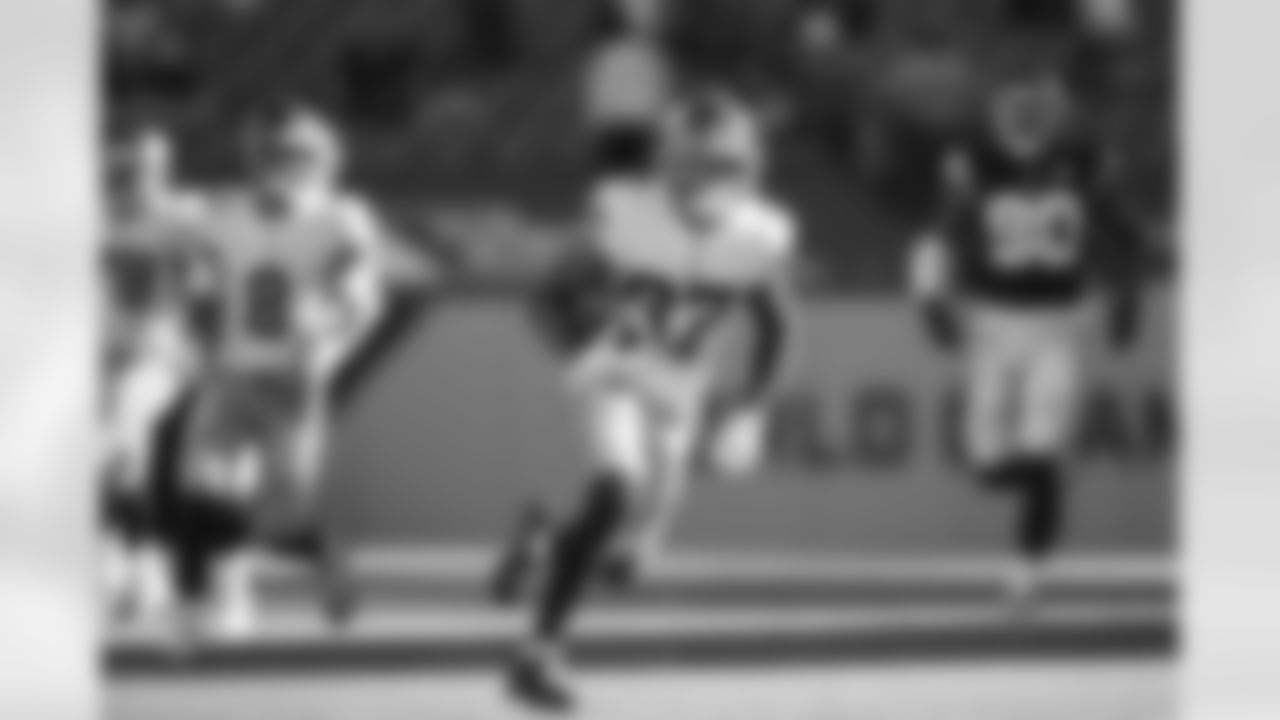
Sterling Shepard (87)
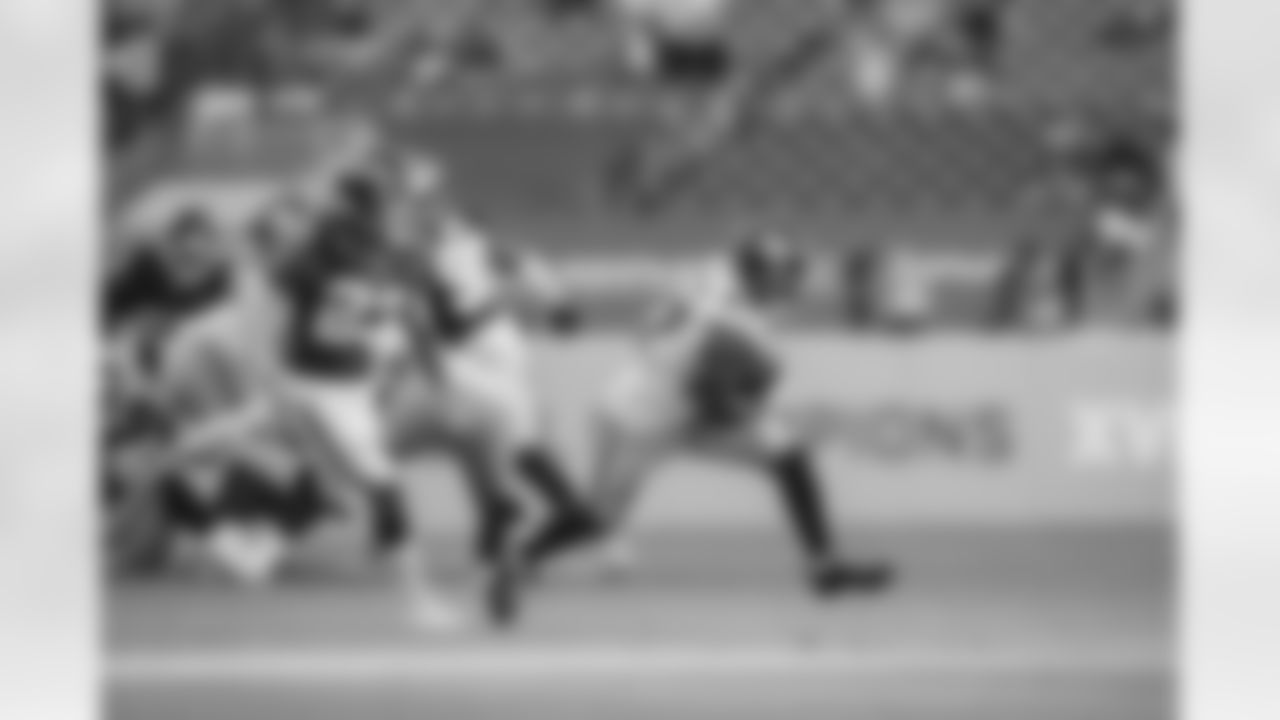
Sterling Shepard (87)
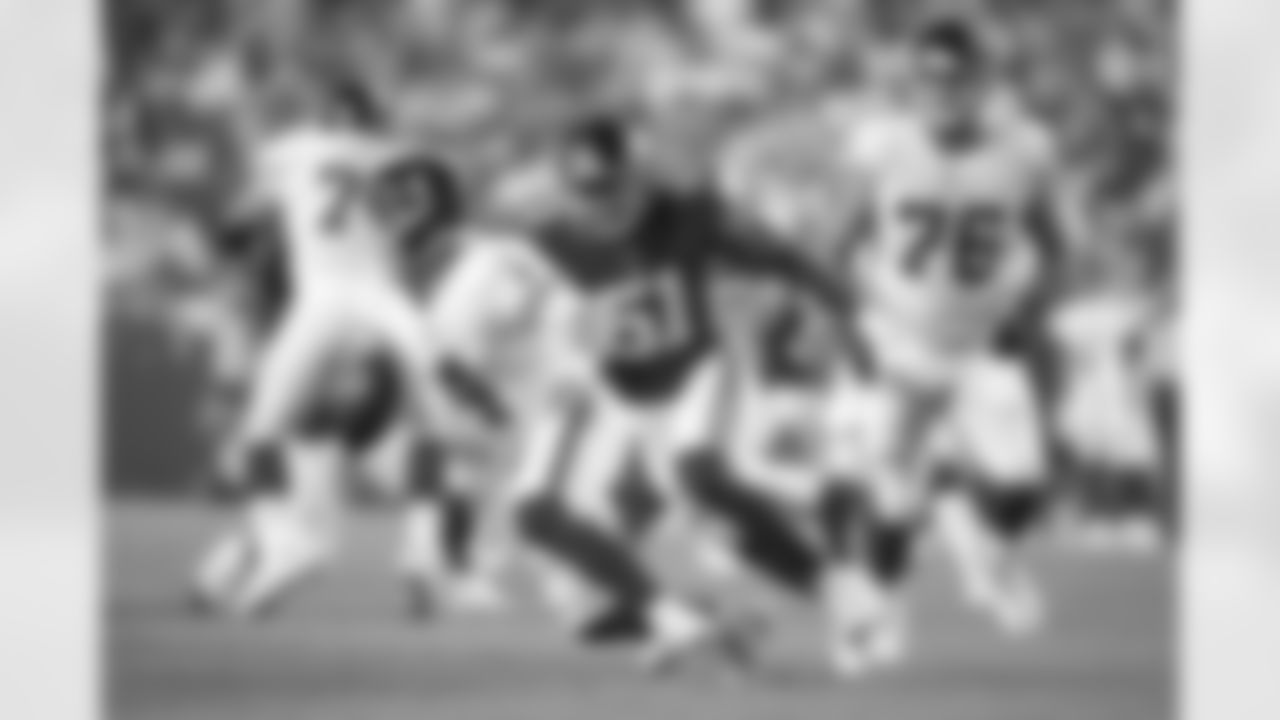
New York Giants linebacker Azeez Ojulari (51) during a week 2 Thursday Night football game against the Washington Football Team on Thursday September 16th, 2021 in Landover, Maryland.
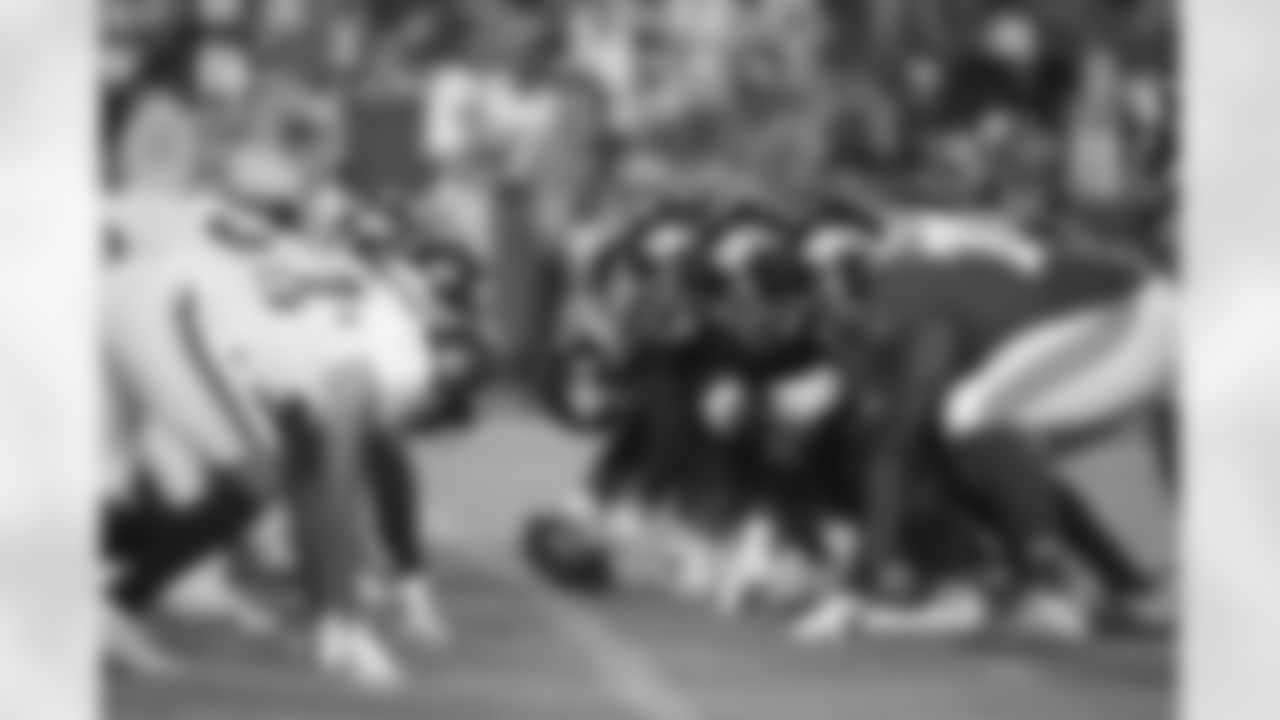
A look down the line of scrimmage during a week 2 Thursday Night football game against the Washington Football Team on Thursday September 16th, 2021 in Landover, Maryland.
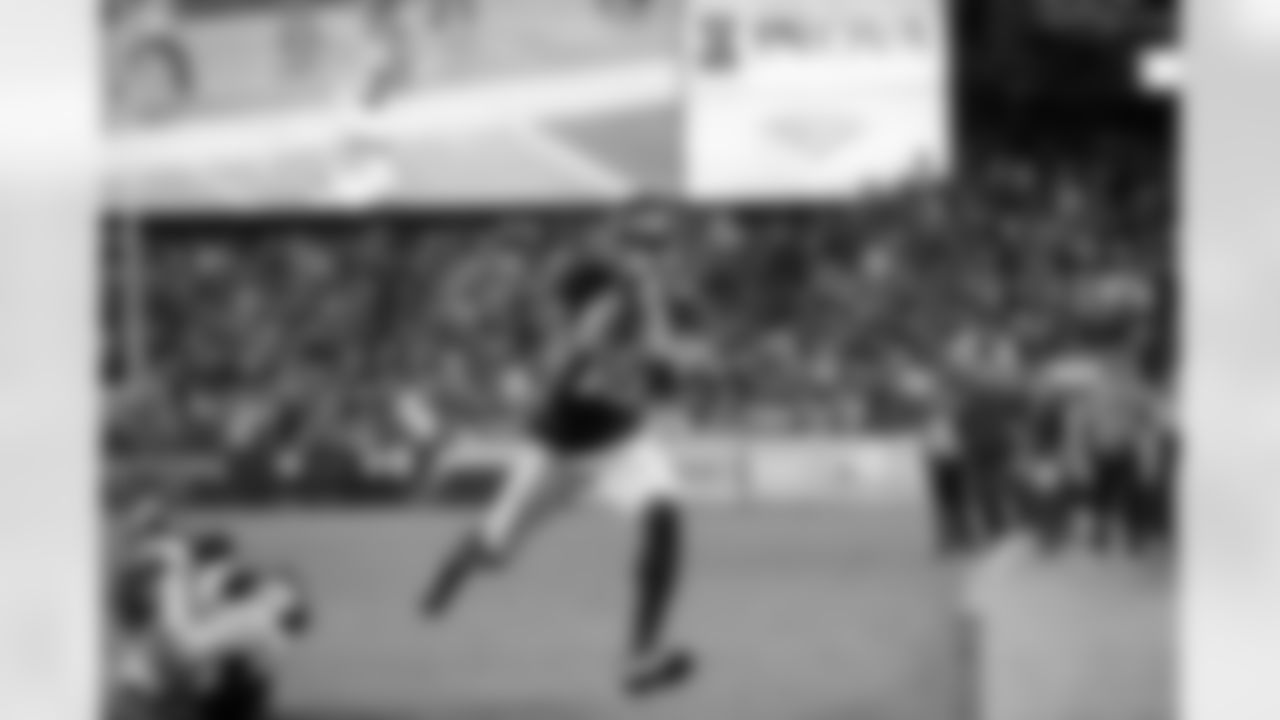
Darius Slayton (86)
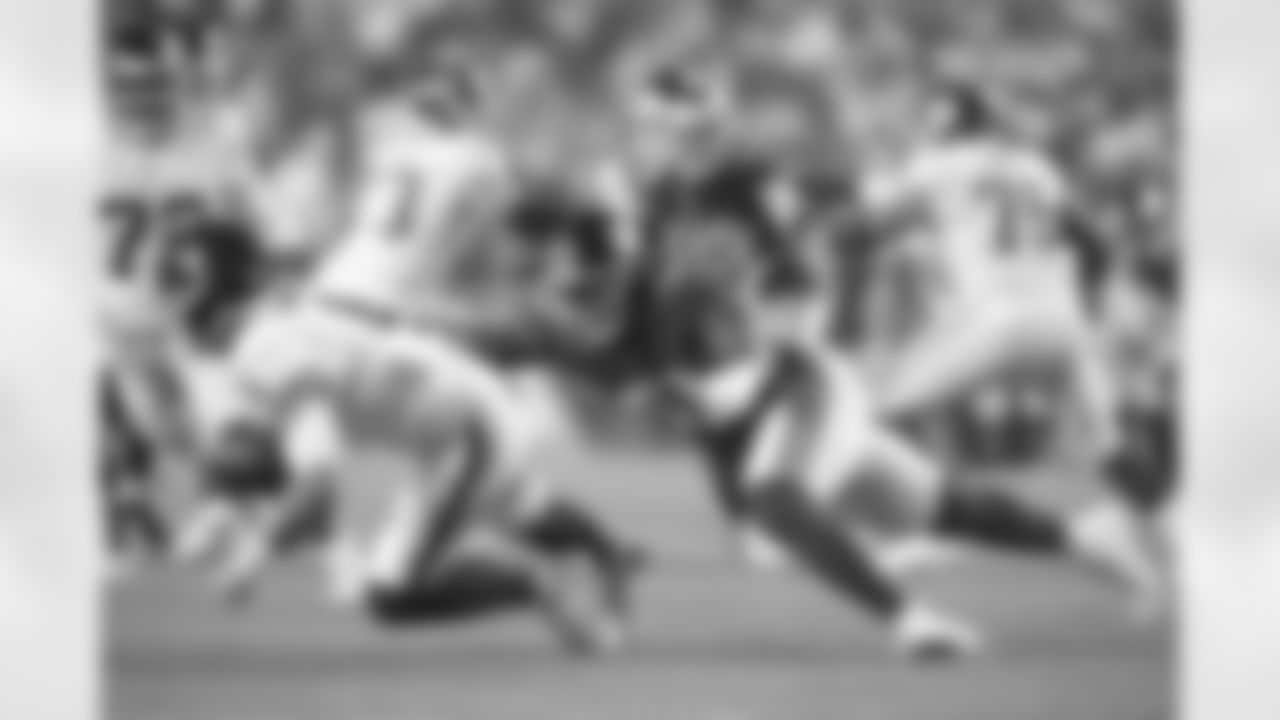
New York Giants linebacker Azeez Ojulari (51) during a week 2 Thursday Night football game against the Washington Football Team on Thursday September 16th, 2021 in Landover, Maryland.
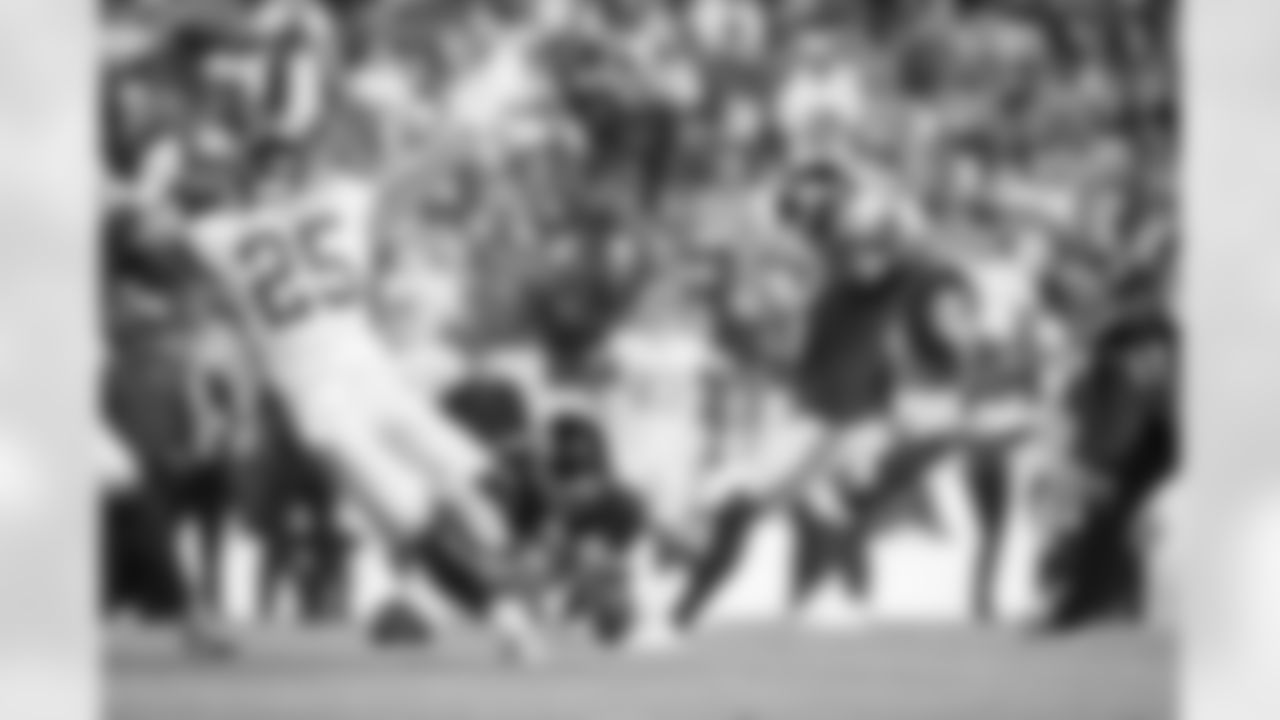
Riley Dixon (9), Graham Gano (5)
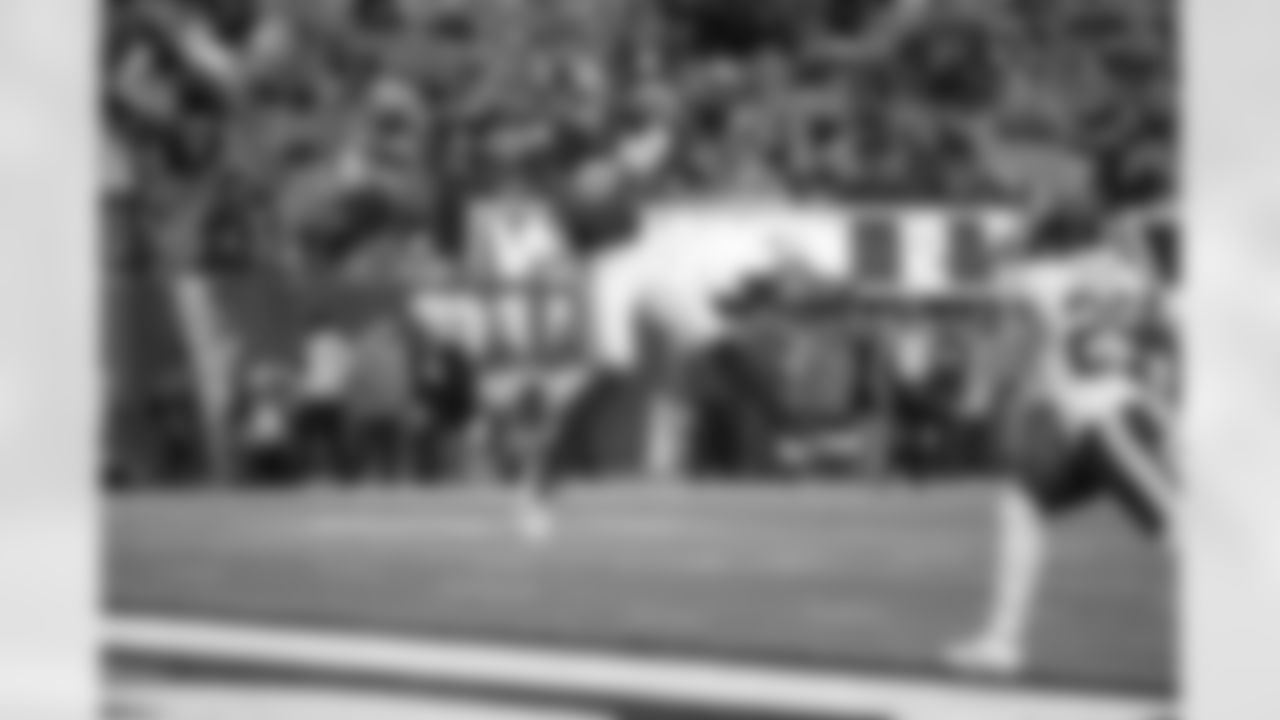
79 Korey Cunningham
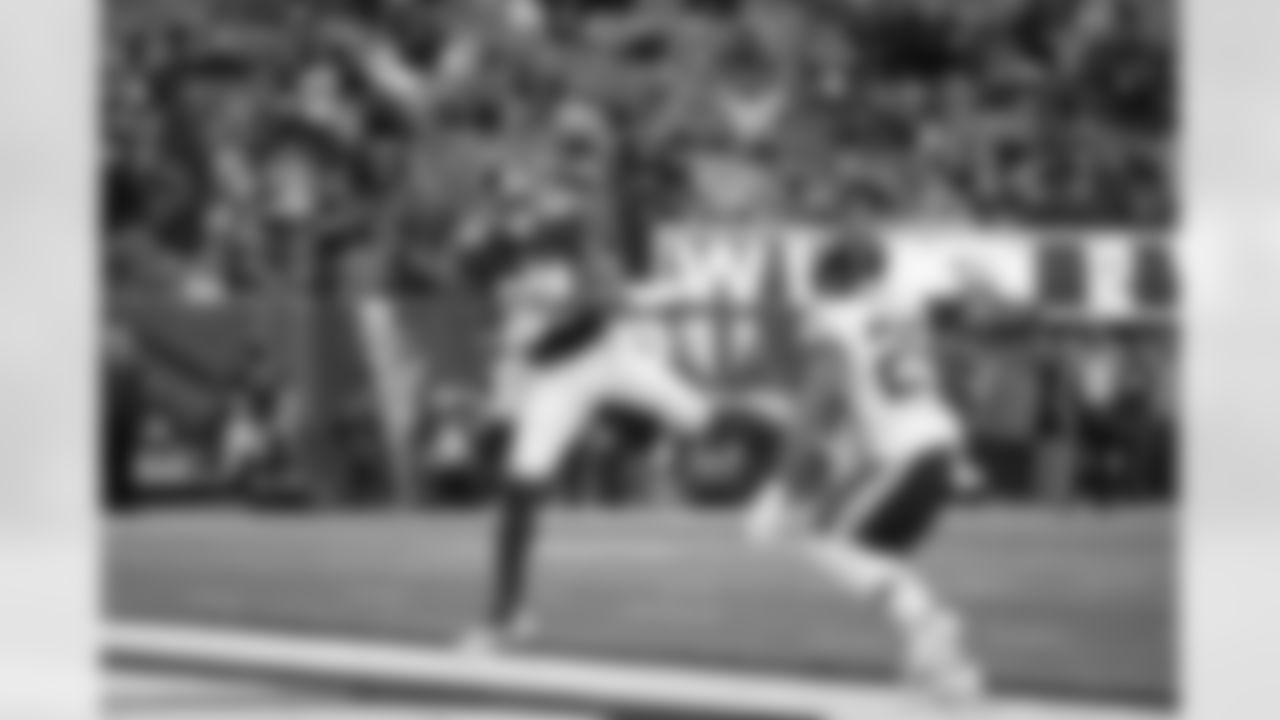
79 Korey Cunningham
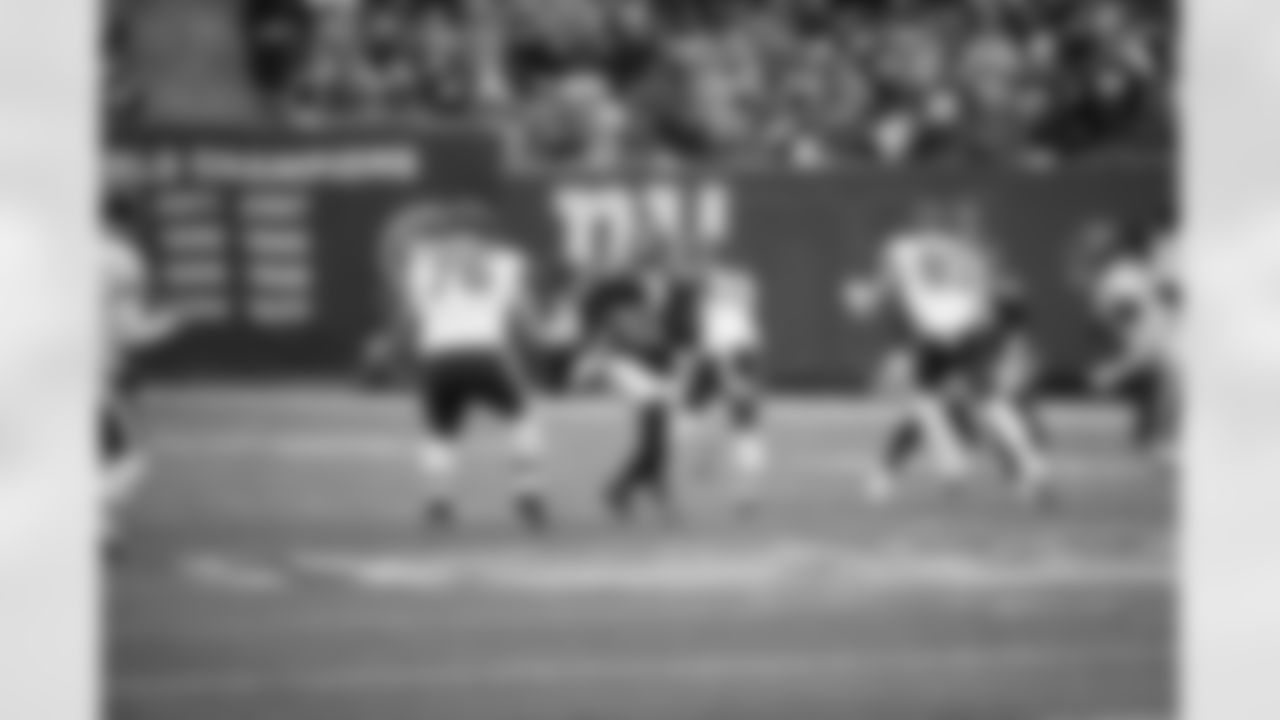
79 Korey Cunningham
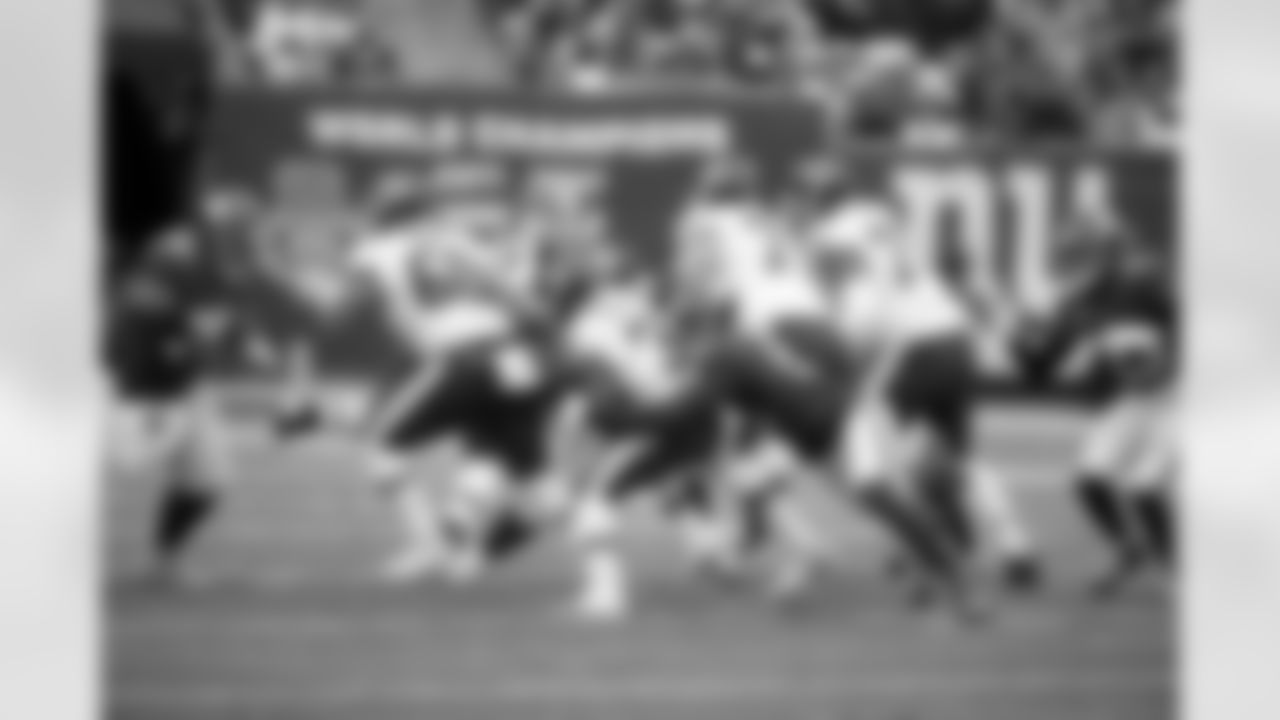
79 Korey Cunningham
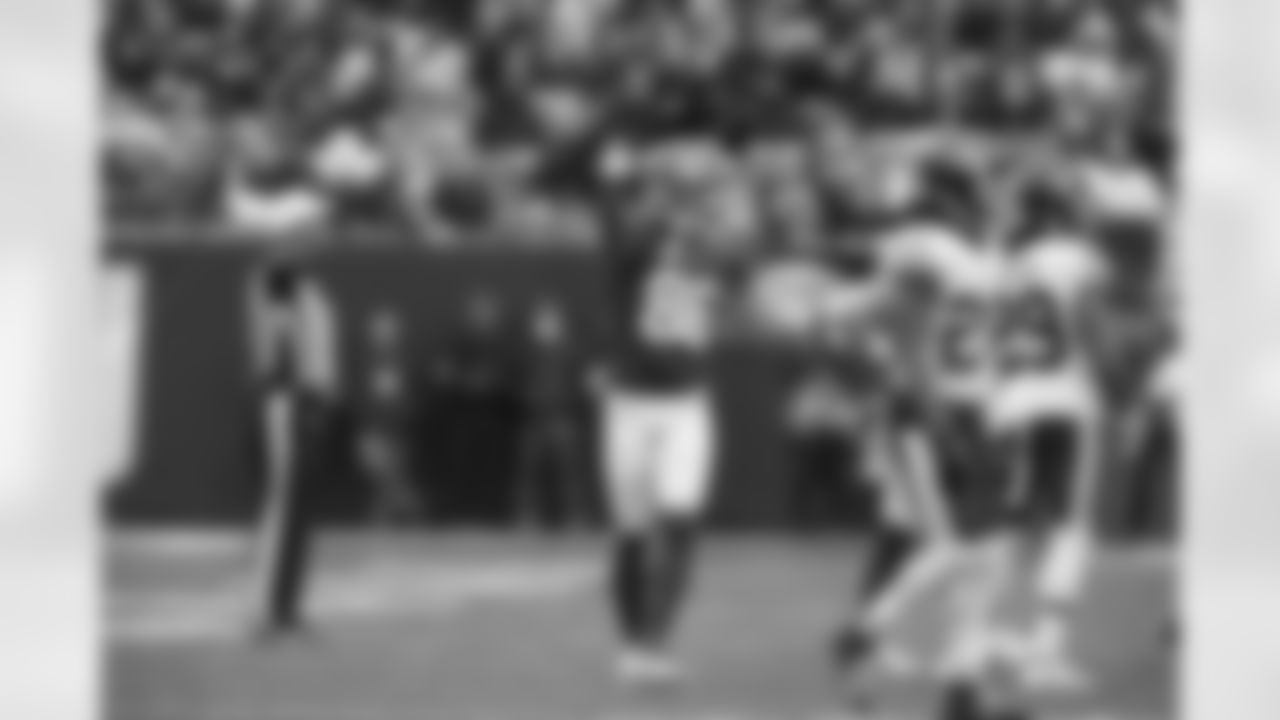
New York Giants wide receiver Darius Slayton (86) signals first down during a week 18 football game against the Washington Football Team on Sunday January 9th, 2021 in East Rutherford, New Jersey
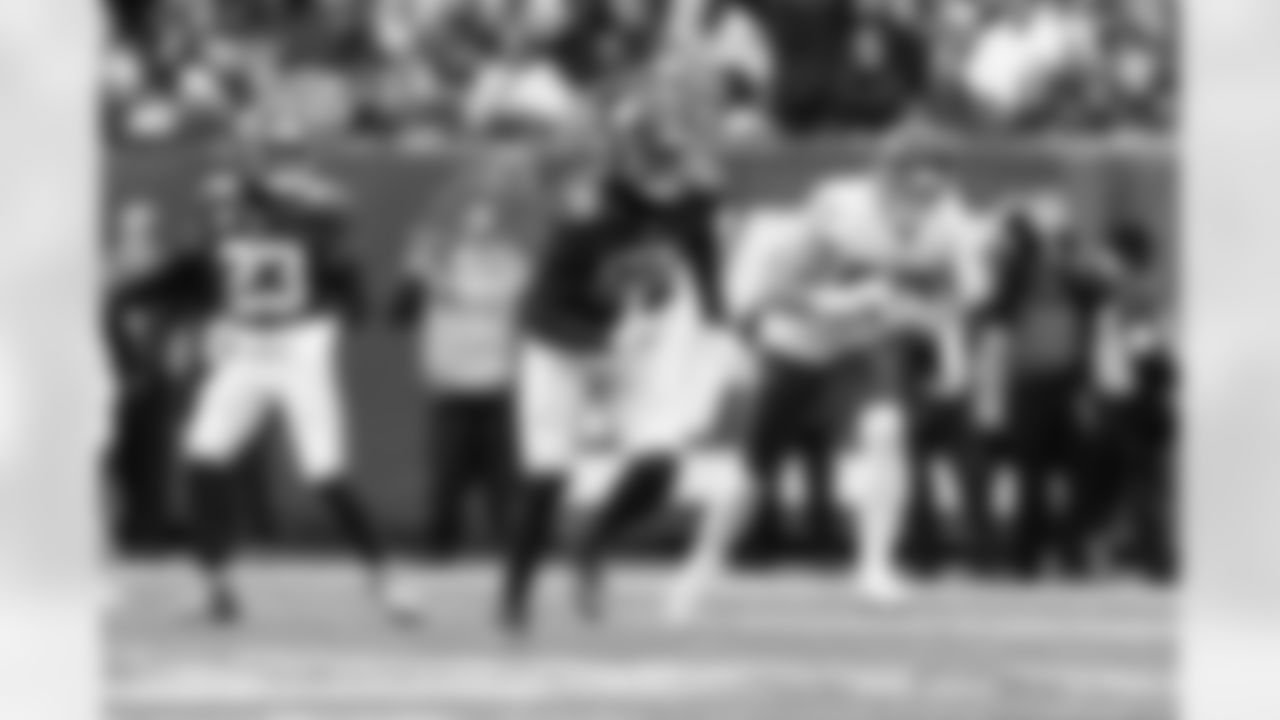
Azeez Ojulari (51)
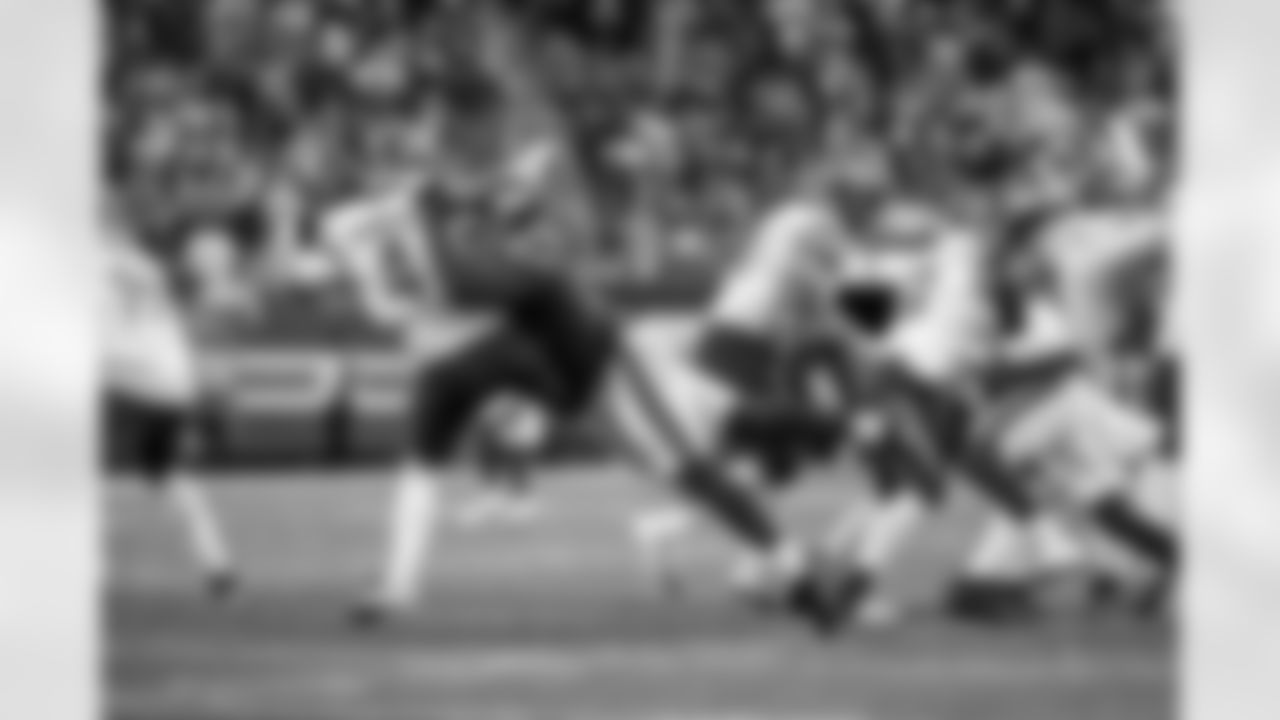
Azeez Ojulari (51)
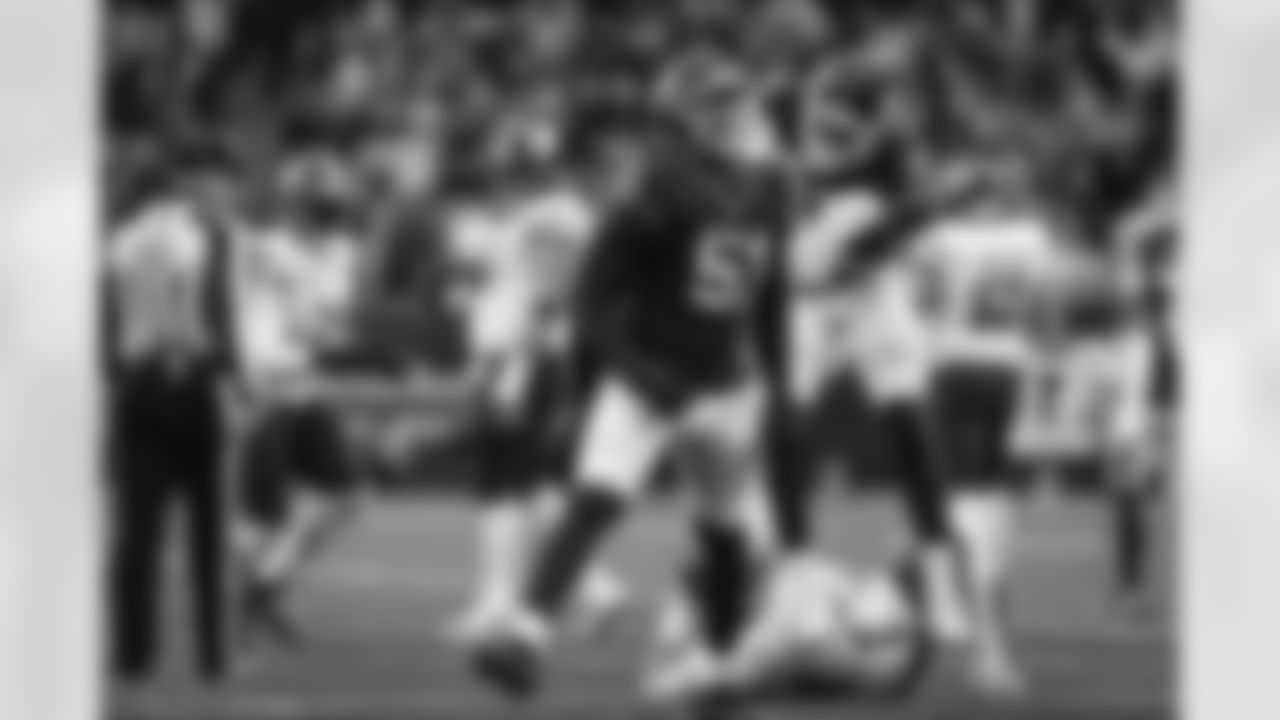
Azeez Ojulari (51) Jason Pinnock (27)
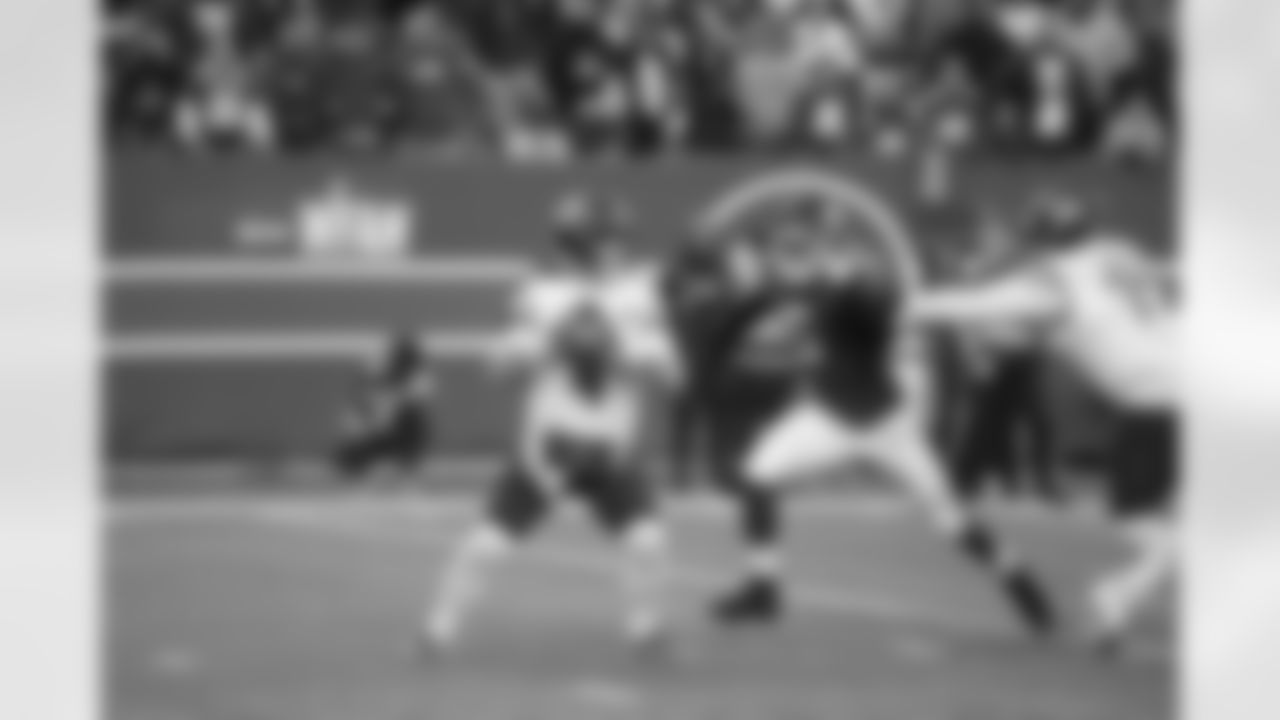
New York Giants defensive end Kayvon Thibodeaux (5) during a NFL football game against the Washington Commanders, Sunday December 4, 2022 in East Rutherford, NJ (Evan Pinkus\New York Giants )
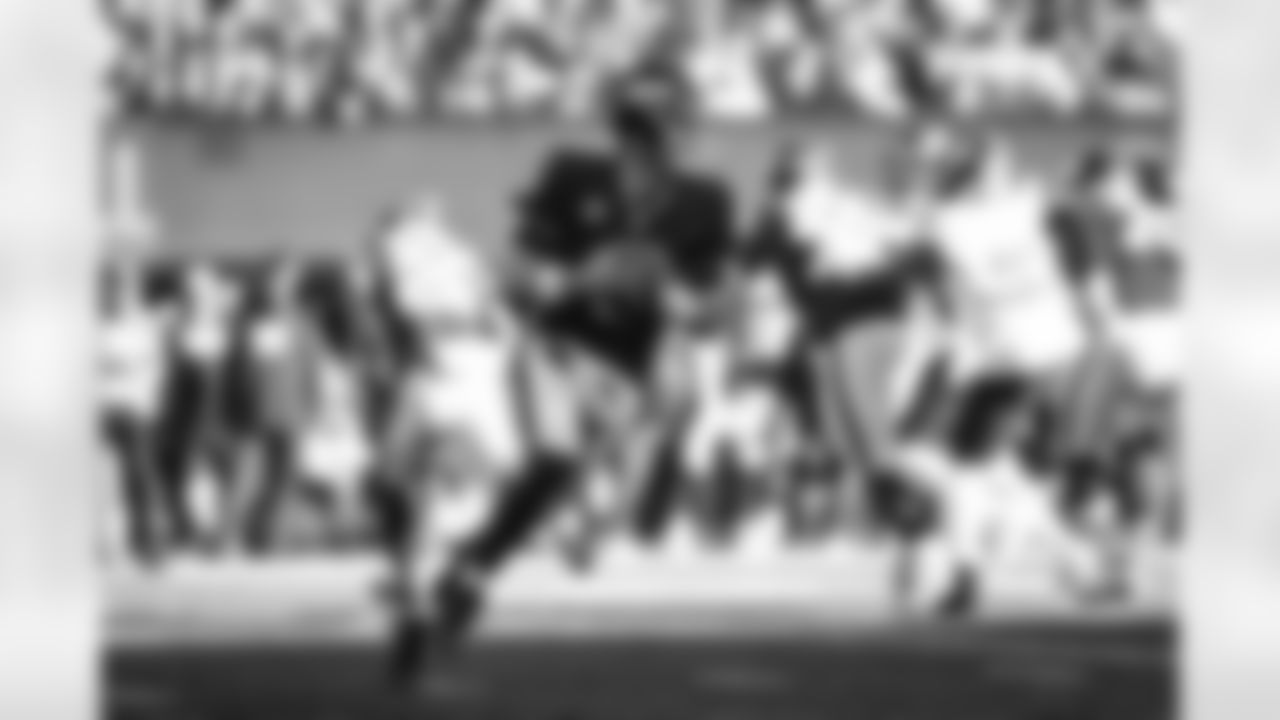
Daniel Jones (8)
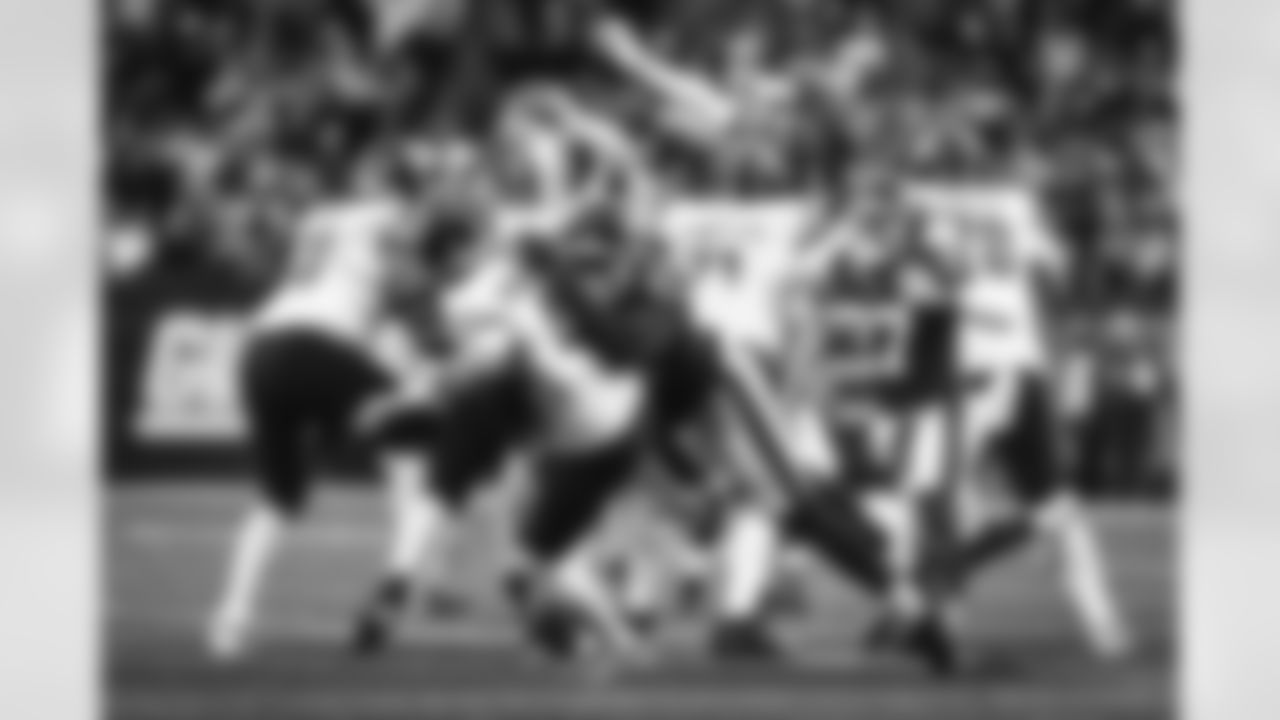
Azeez Ojulari (51)
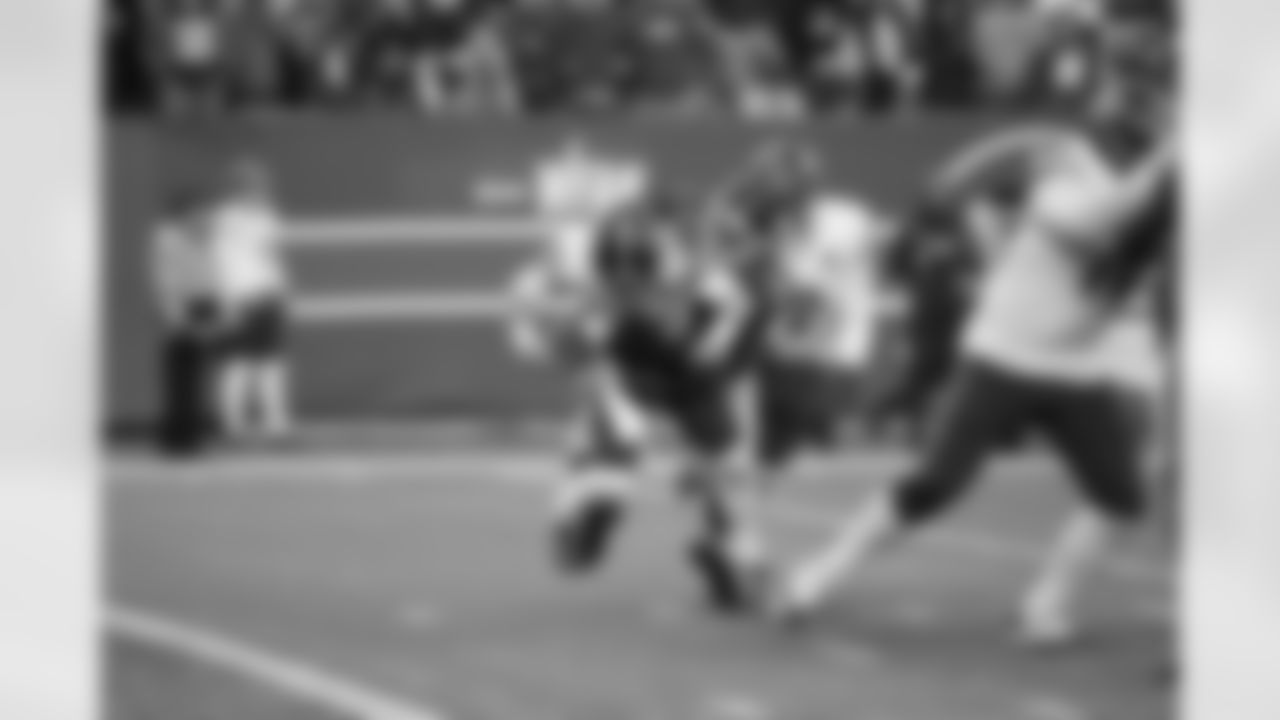
New York Giants defensive end Kayvon Thibodeaux (5) during a NFL football game against the Washington Commanders, Sunday December 4, 2022 in East Rutherford, NJ (Evan Pinkus\New York Giants )
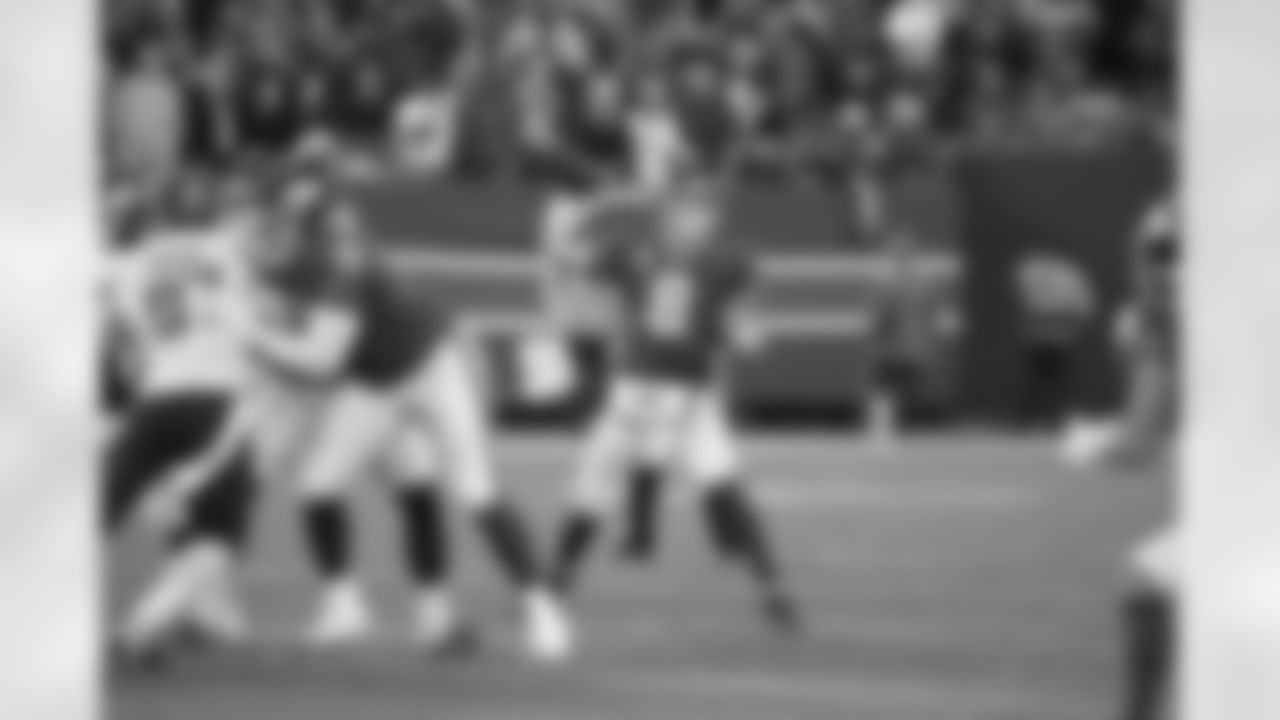
New York Giants quarterback Daniel Jones (8) during a NFL football game against the Washington Commanders, Sunday December 4, 2022 in East Rutherford, NJ (Evan Pinkus\New York Giants )
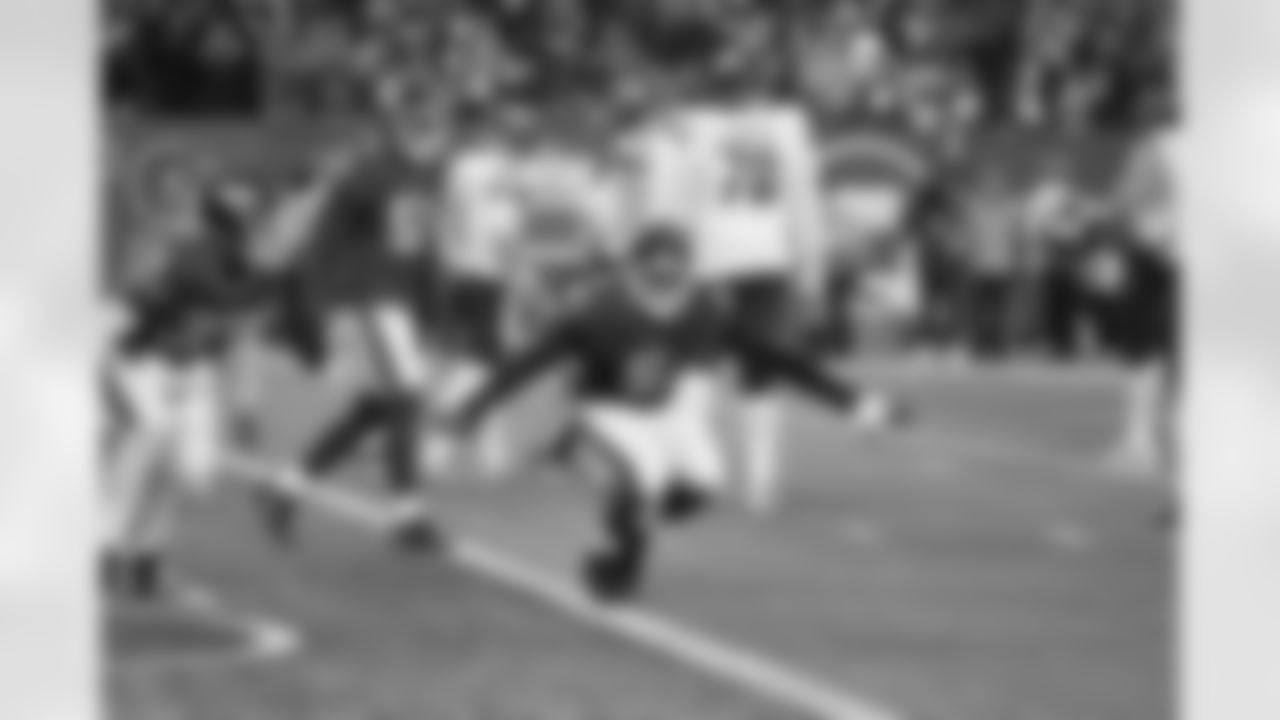
New York Giants defensive end Kayvon Thibodeaux (5) during a NFL football game against the Washington Commanders, Sunday December 4, 2022 in East Rutherford, NJ (Evan Pinkus\New York Giants )
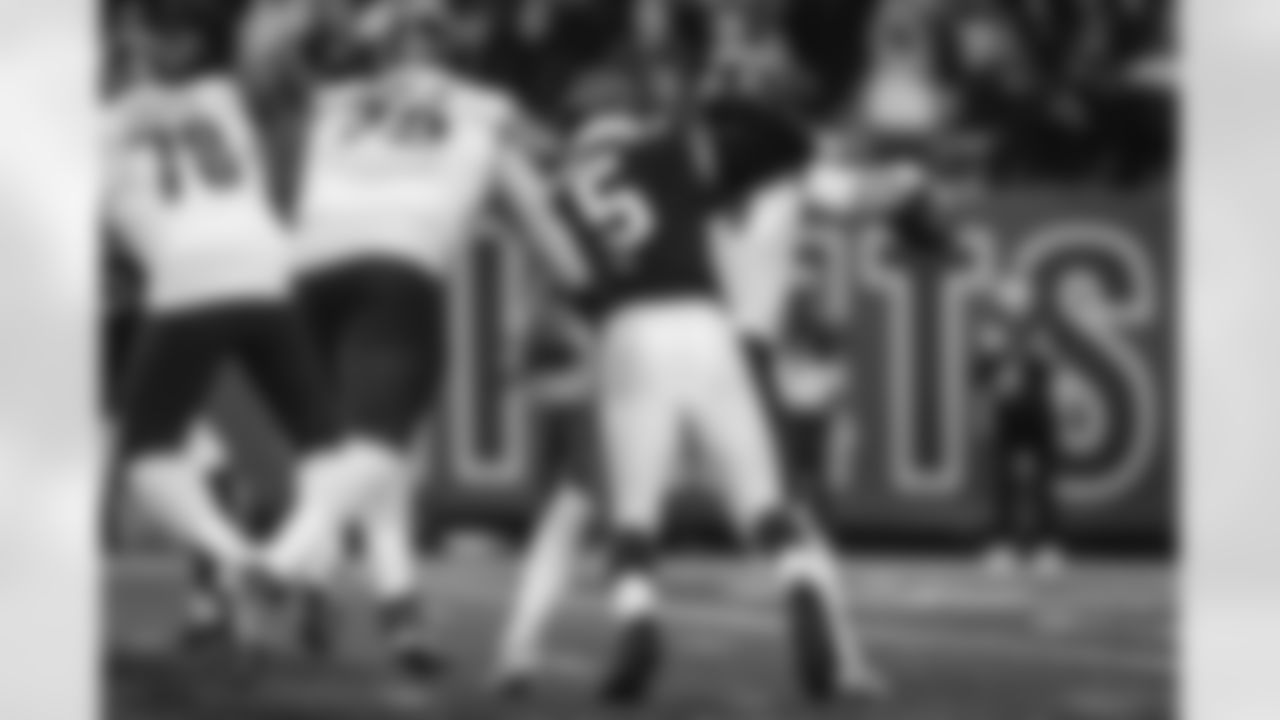
Kayvon Thibodeaux (5)
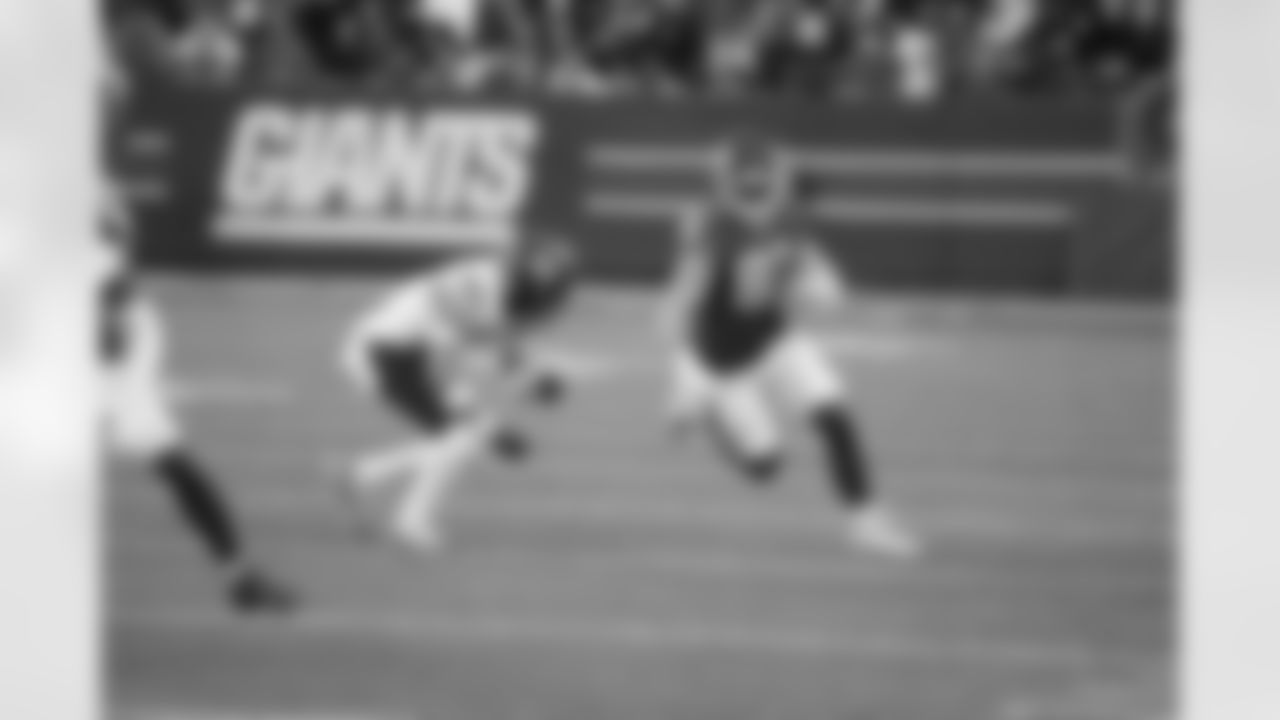
New York Giants tight end Daniel Bellinger (82) during a NFL football game against the Washington Commanders, Sunday December 4, 2022 in East Rutherford, NJ (Evan Pinkus\New York Giants )
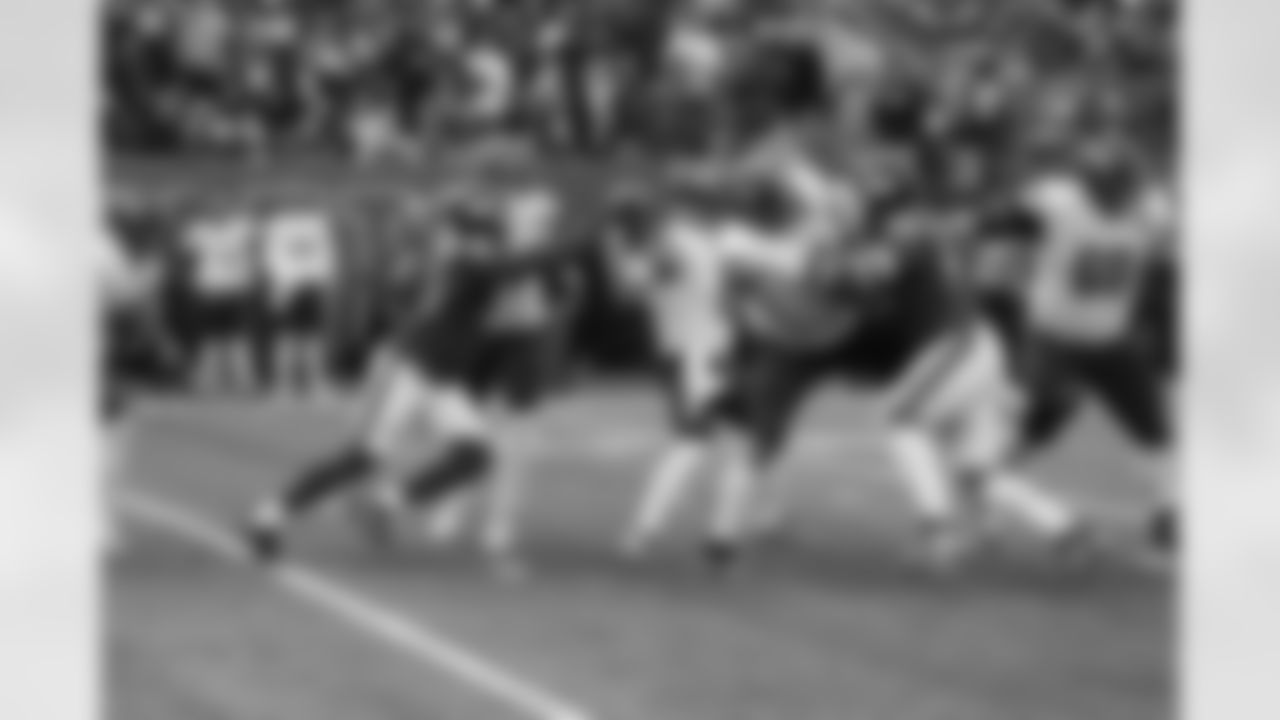
New York Giants linebacker Azeez Ojulari (51) during a NFL football game against the Washington Commanders, Sunday December 4, 2022 in East Rutherford, NJ (Evan Pinkus\New York Giants )
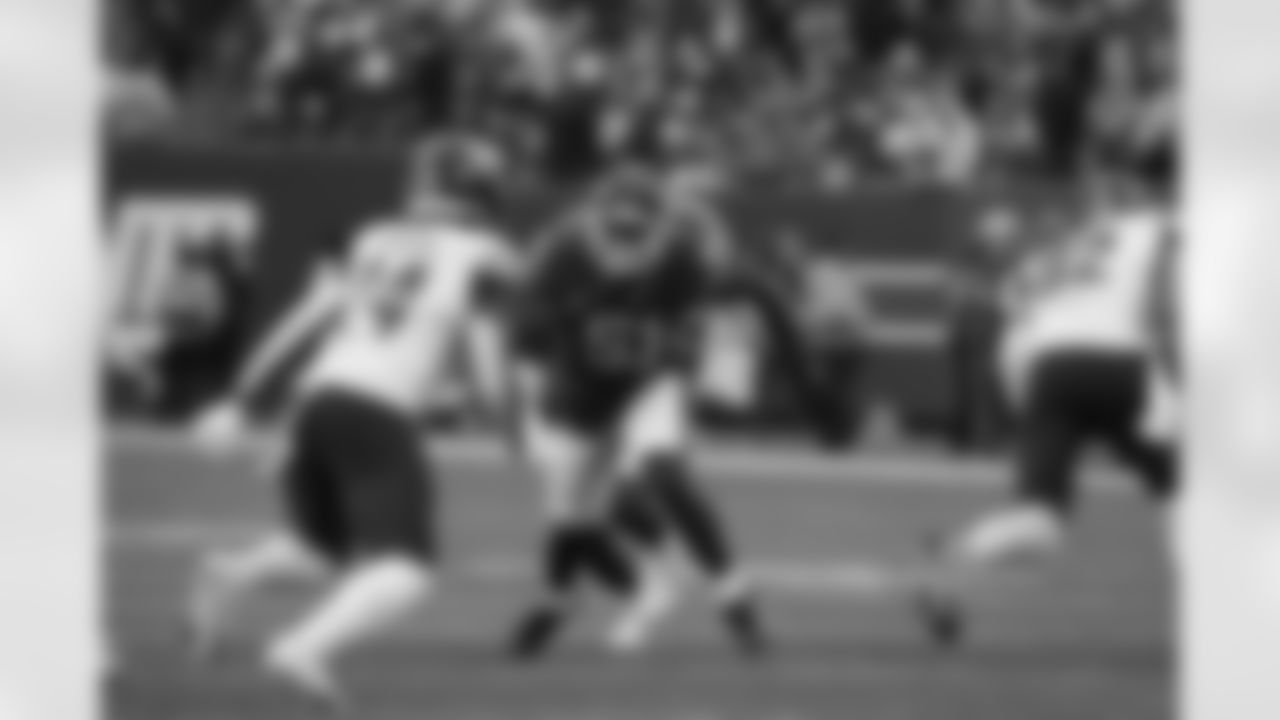
New York Giants linebacker Azeez Ojulari (51) during a NFL football game against the Washington Commanders, Sunday December 4, 2022 in East Rutherford, NJ (Evan Pinkus\New York Giants )
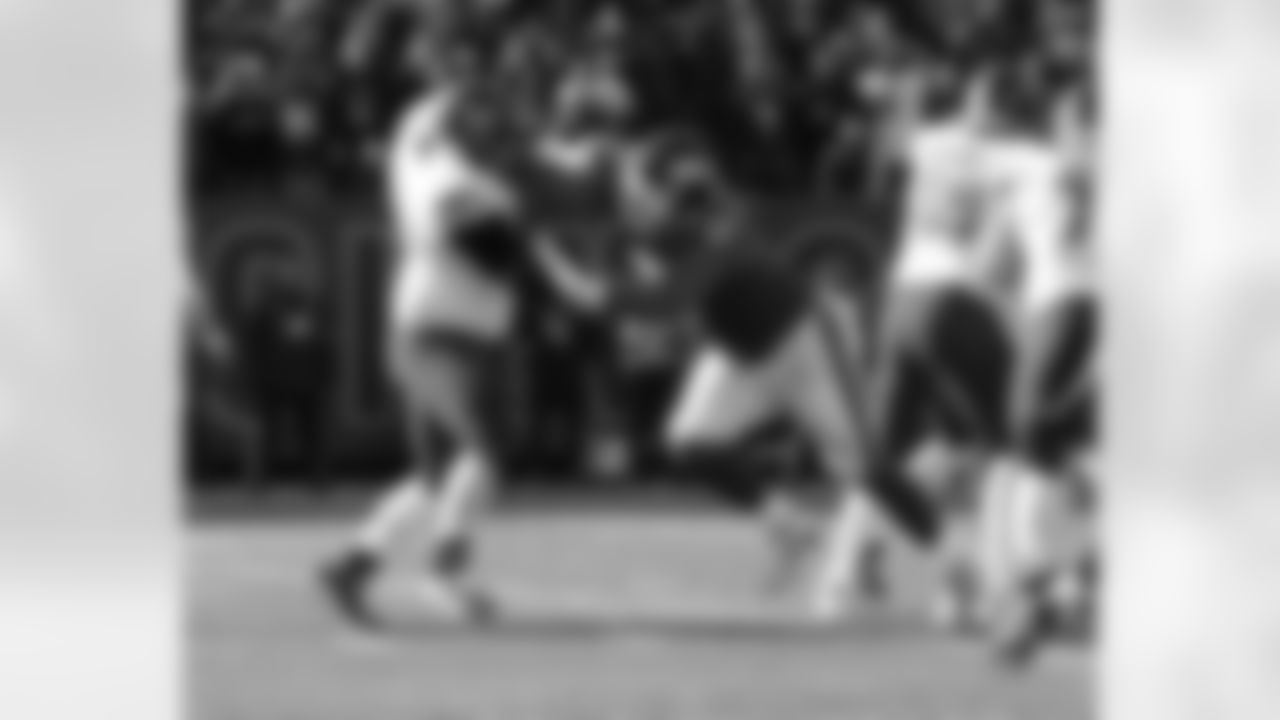
New York Giants defensive tackle Dexter Lawrence (97) during a NFL football game against the Washington Commanders, Sunday December 4, 2022 in East Rutherford, NJ (Evan Pinkus\New York Giants )
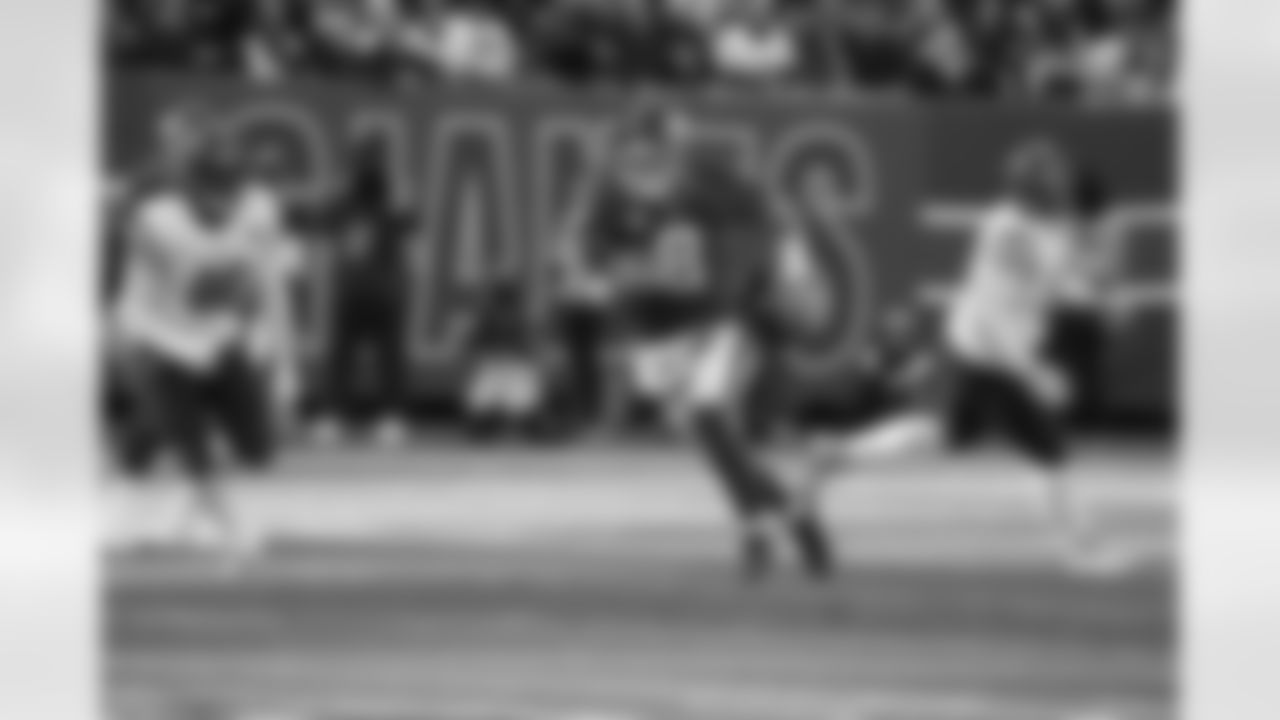
New York Giants quarterback Daniel Jones (8) during a NFL football game against the Washington Commanders, Sunday December 4, 2022 in East Rutherford, NJ (Evan Pinkus\New York Giants )
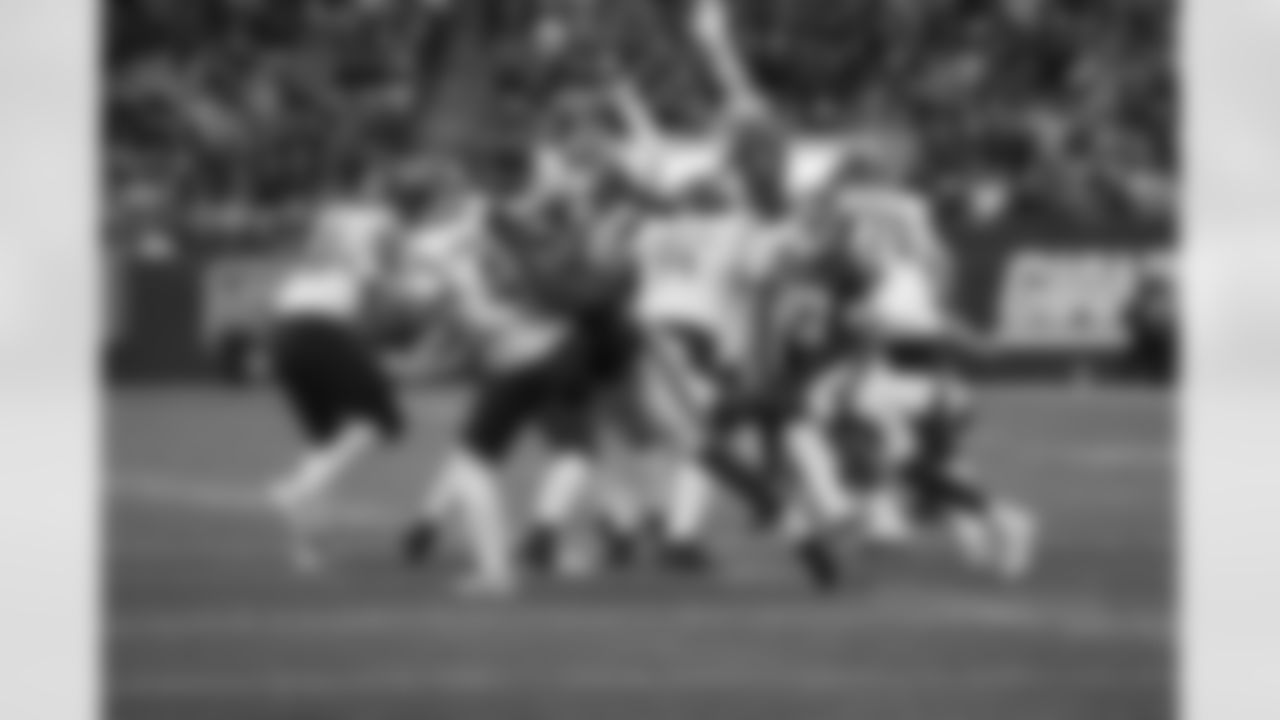
New York Giants linebacker Azeez Ojulari (51) during a NFL football game against the Washington Commanders, Sunday December 4, 2022 in East Rutherford, NJ (Evan Pinkus\New York Giants )
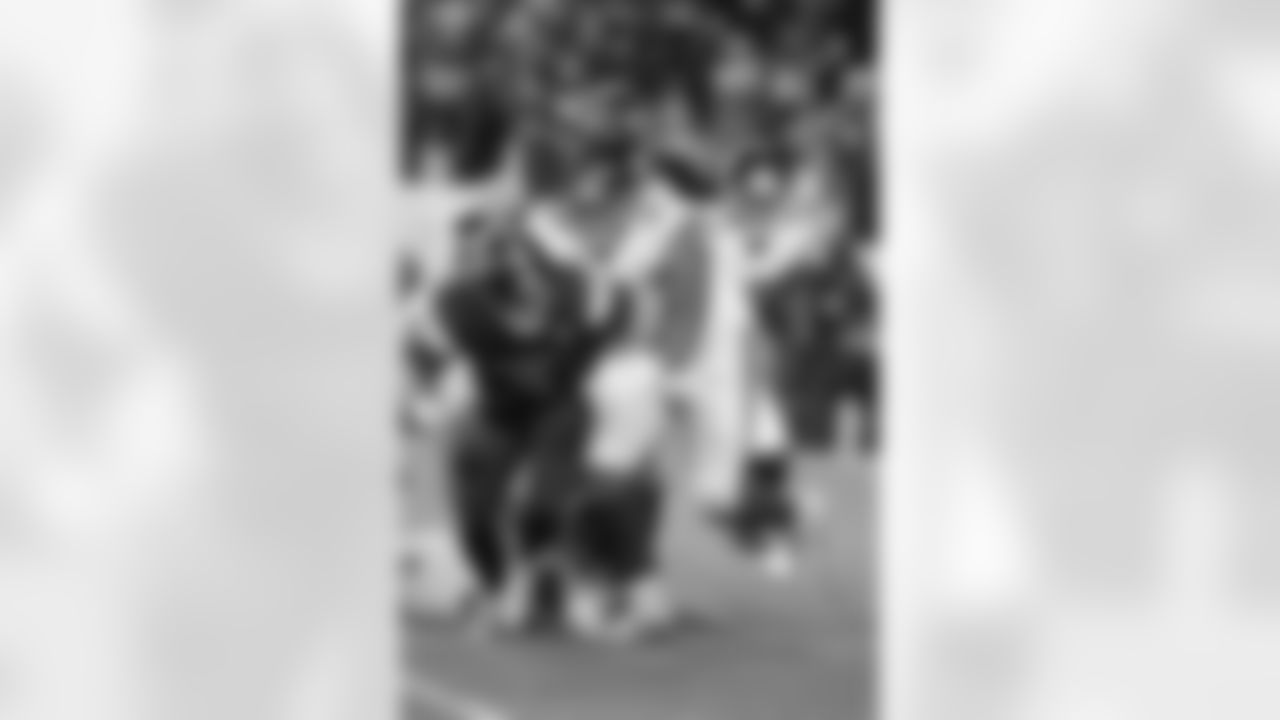
New York Giants defensive tackle Dexter Lawrence (97) during a NFL football game against the Washington Commanders, Sunday December 18, 2022 in East Rutherford, NJ (Evan Pinkus\New York Giants )
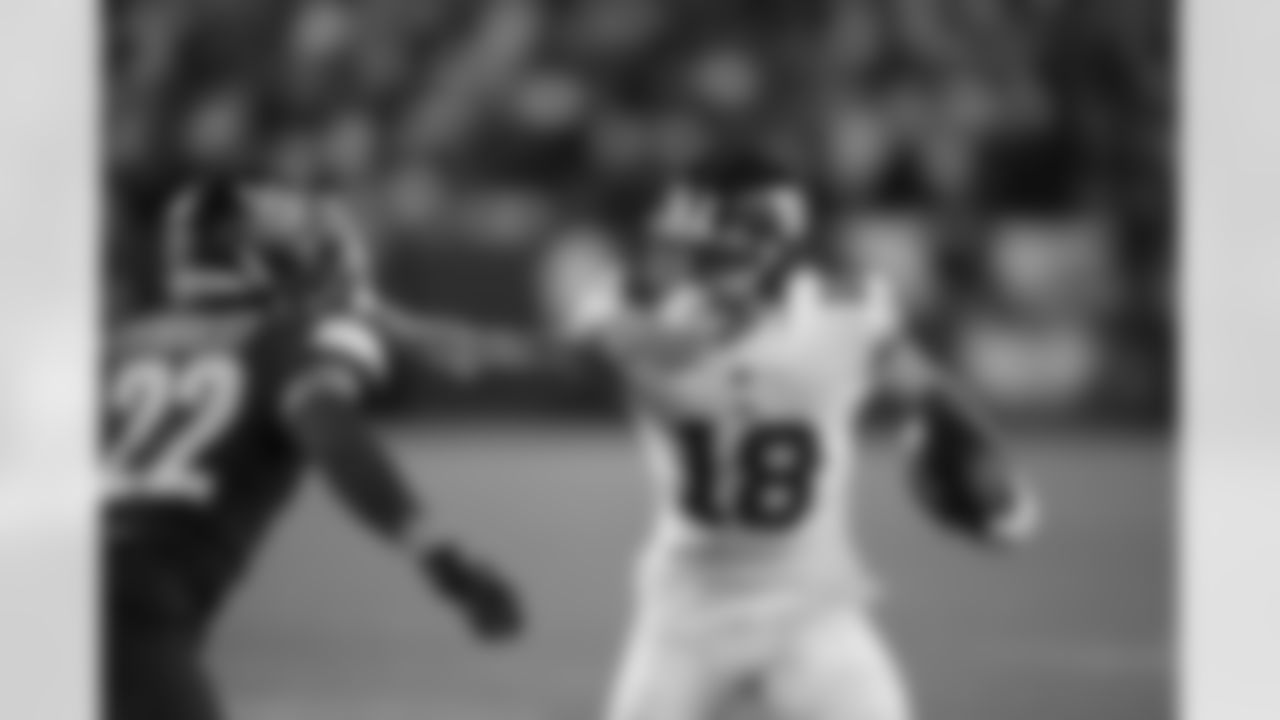
New York Giants wide receiver Isaiah Hodgins (18) during a NFL football game against the Washington Commanders, Sunday December 18, 2022 in East Rutherford, NJ (Evan Pinkus\New York Giants )
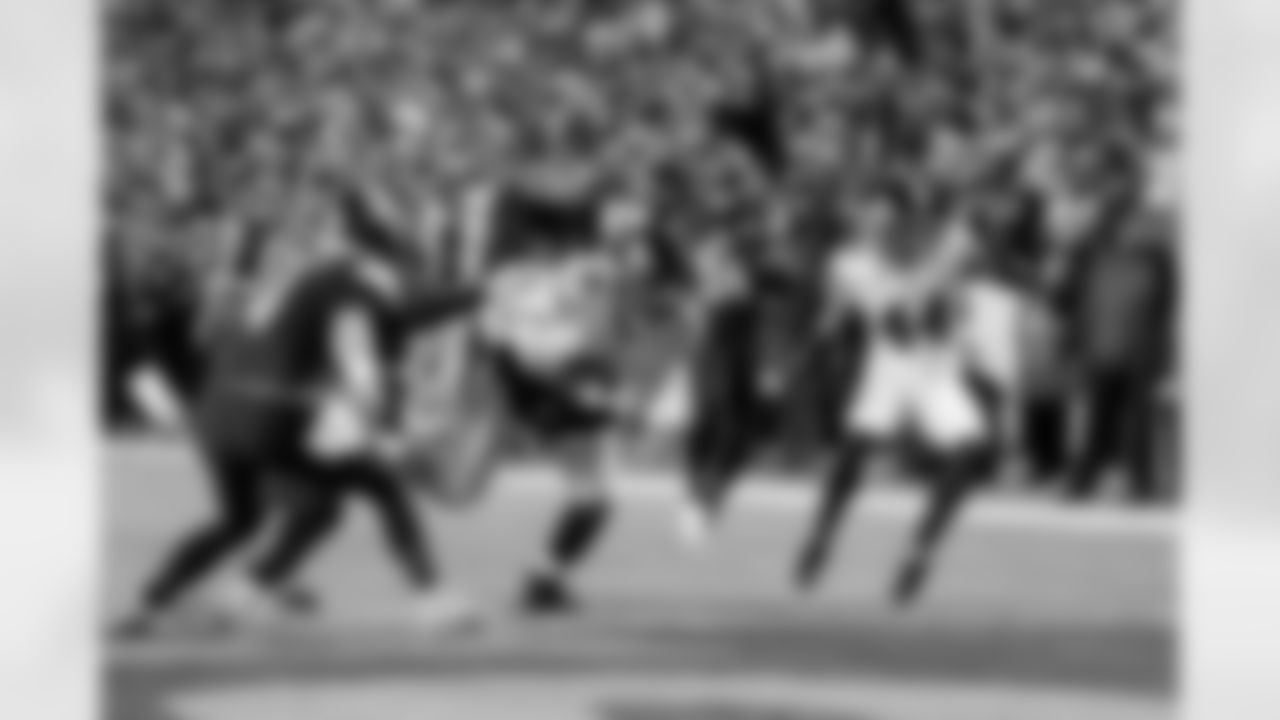
Kayvon Thibodeaux (5)
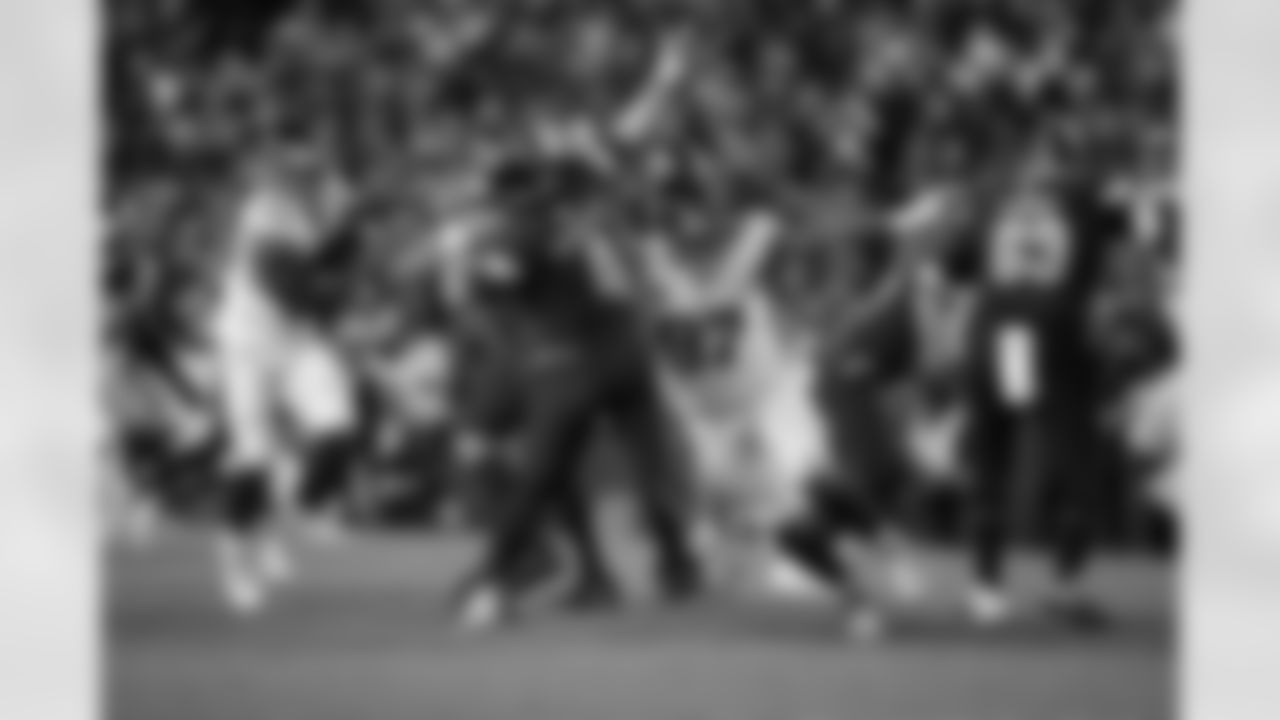
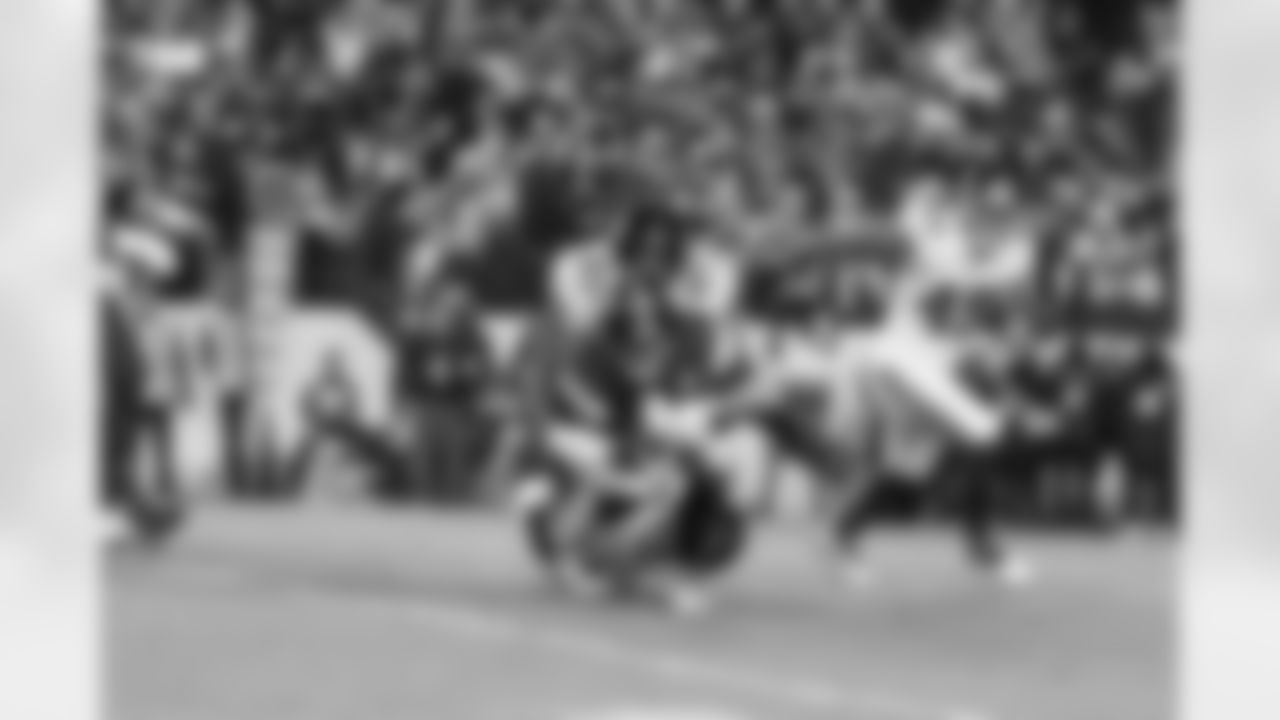
Dexter Lawrence (97)
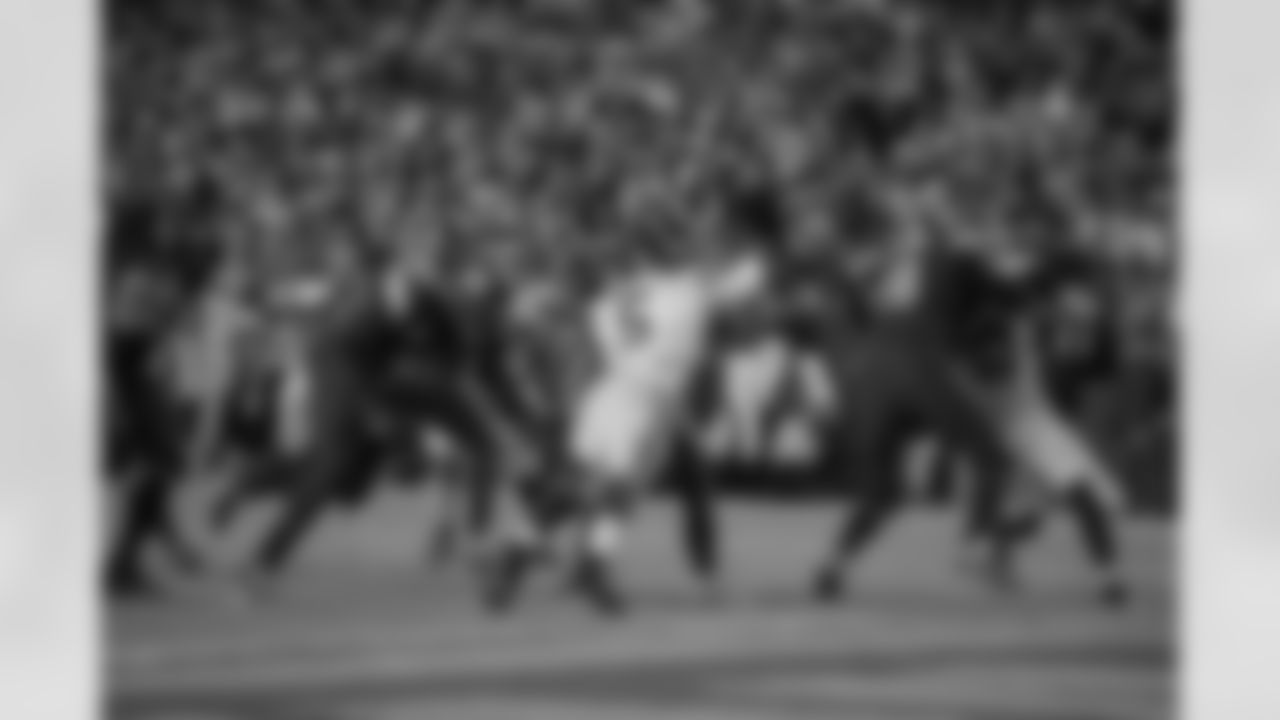
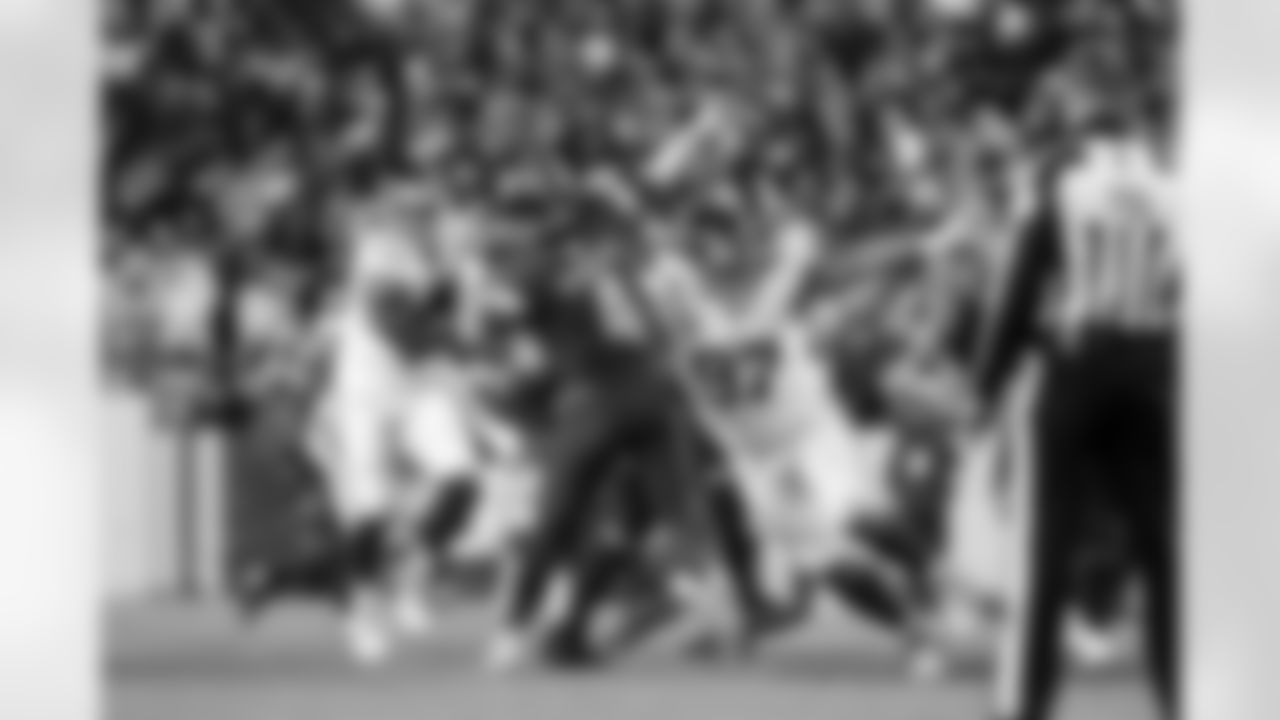
Dexter Lawrence (97)
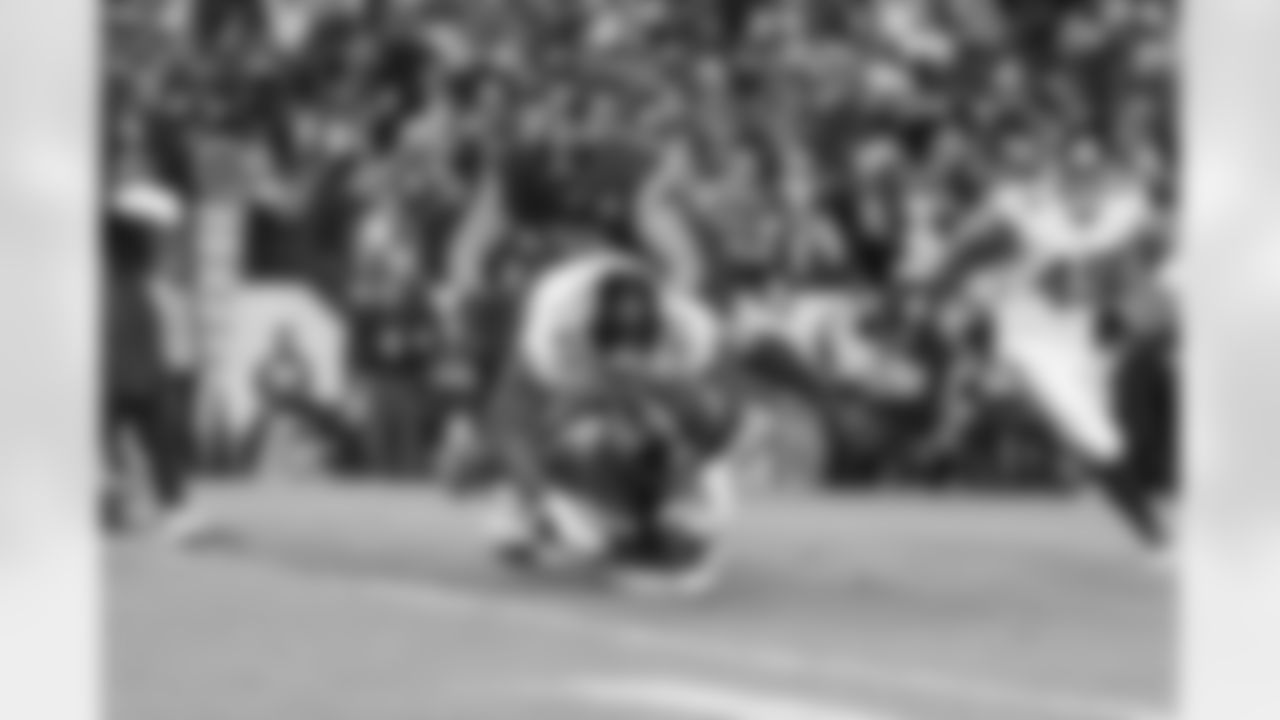
Dexter Lawrence (97)
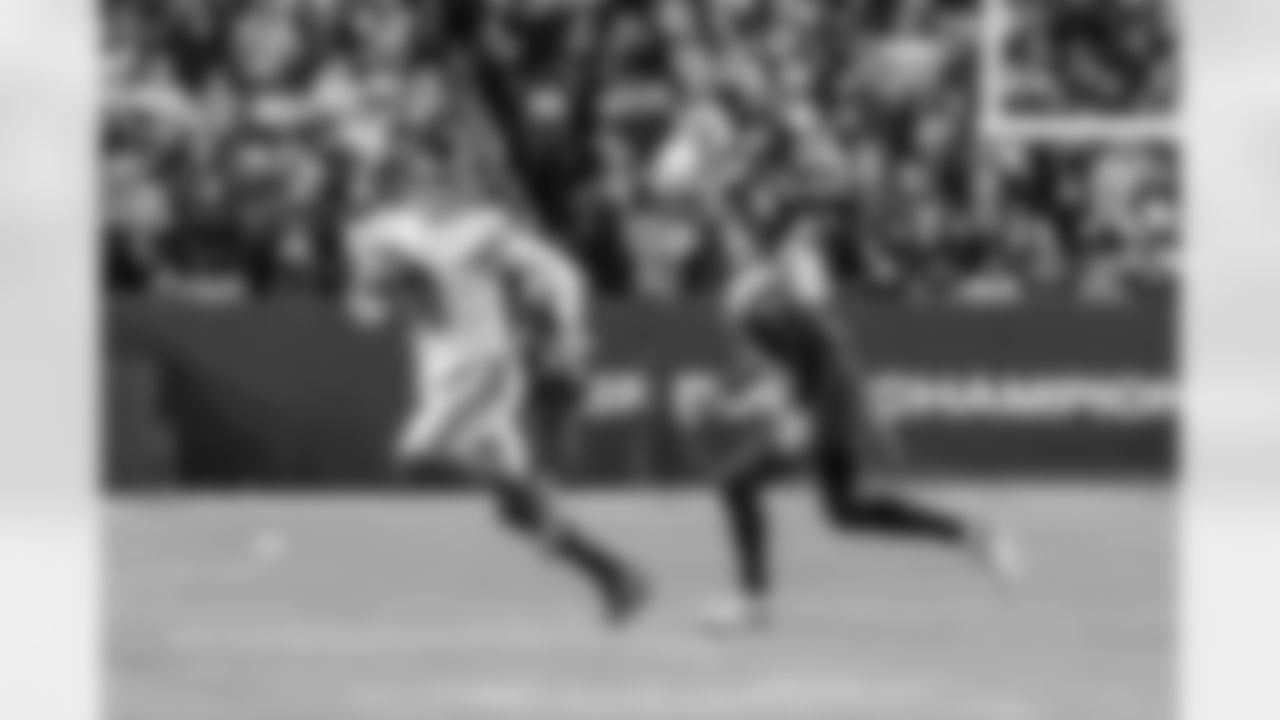
Daniel Jones (8)
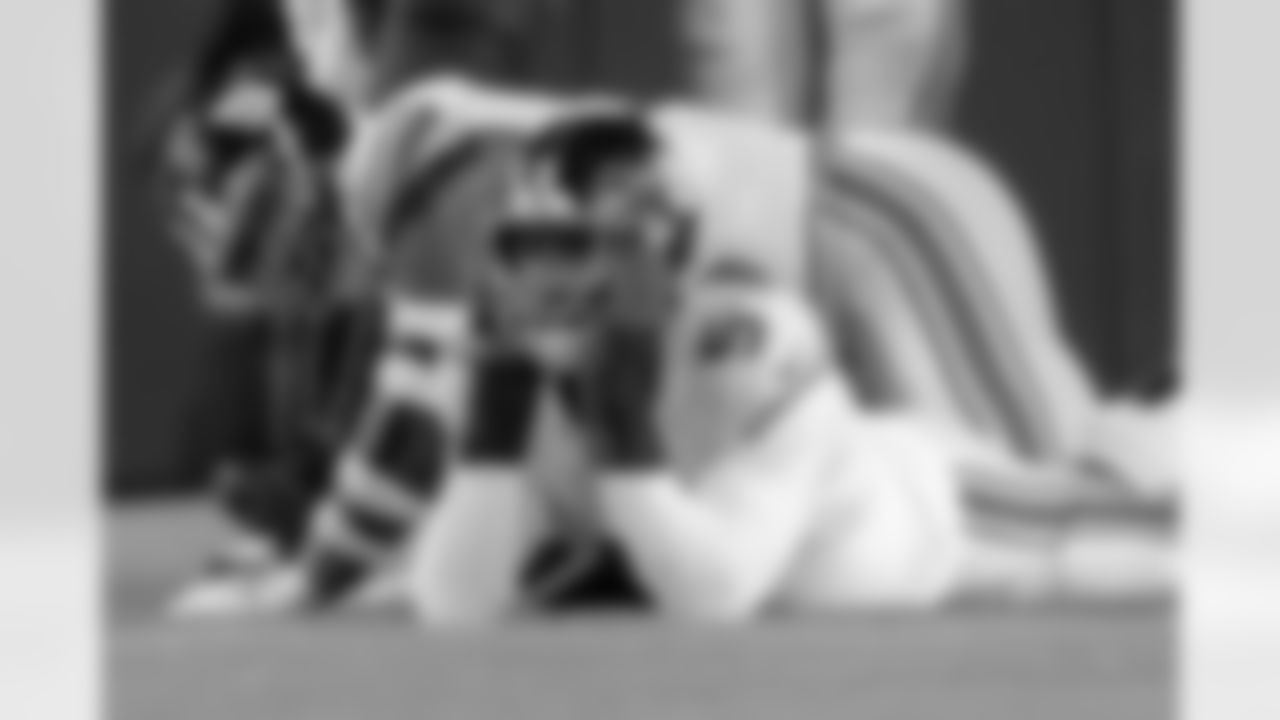
Kayvon Thibodeaux (5)
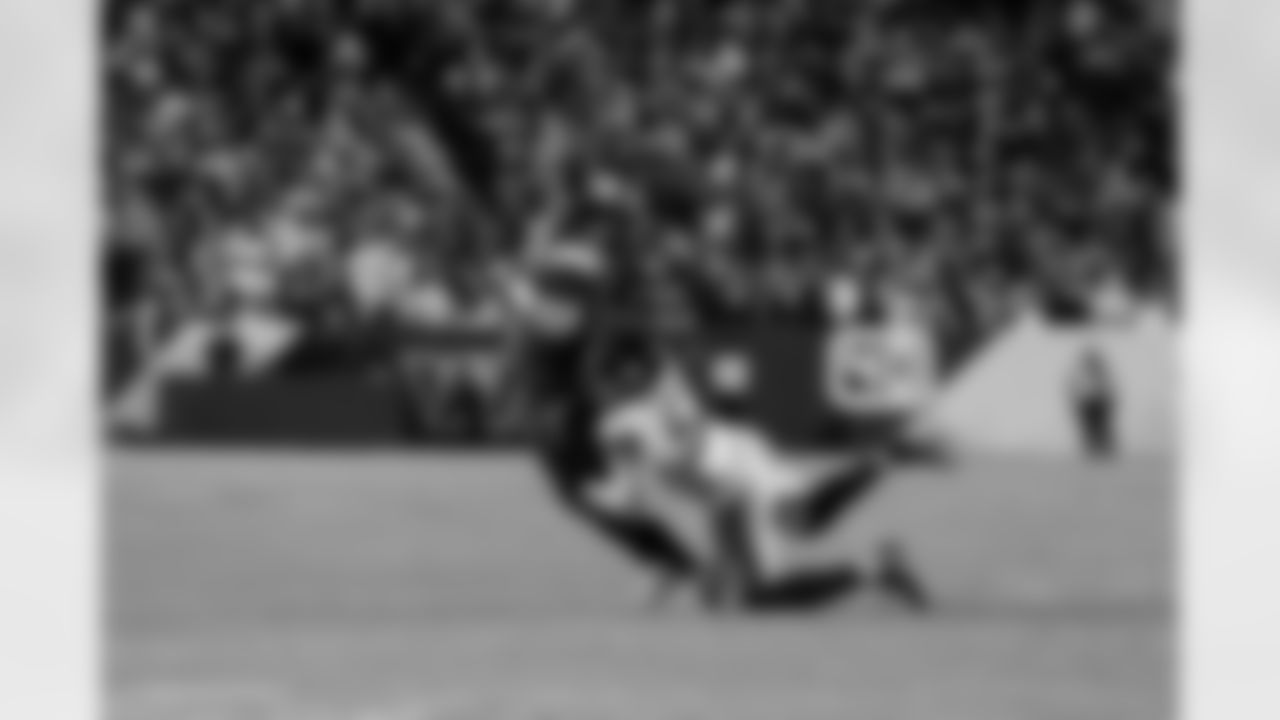
Azeez Ojulari (51)
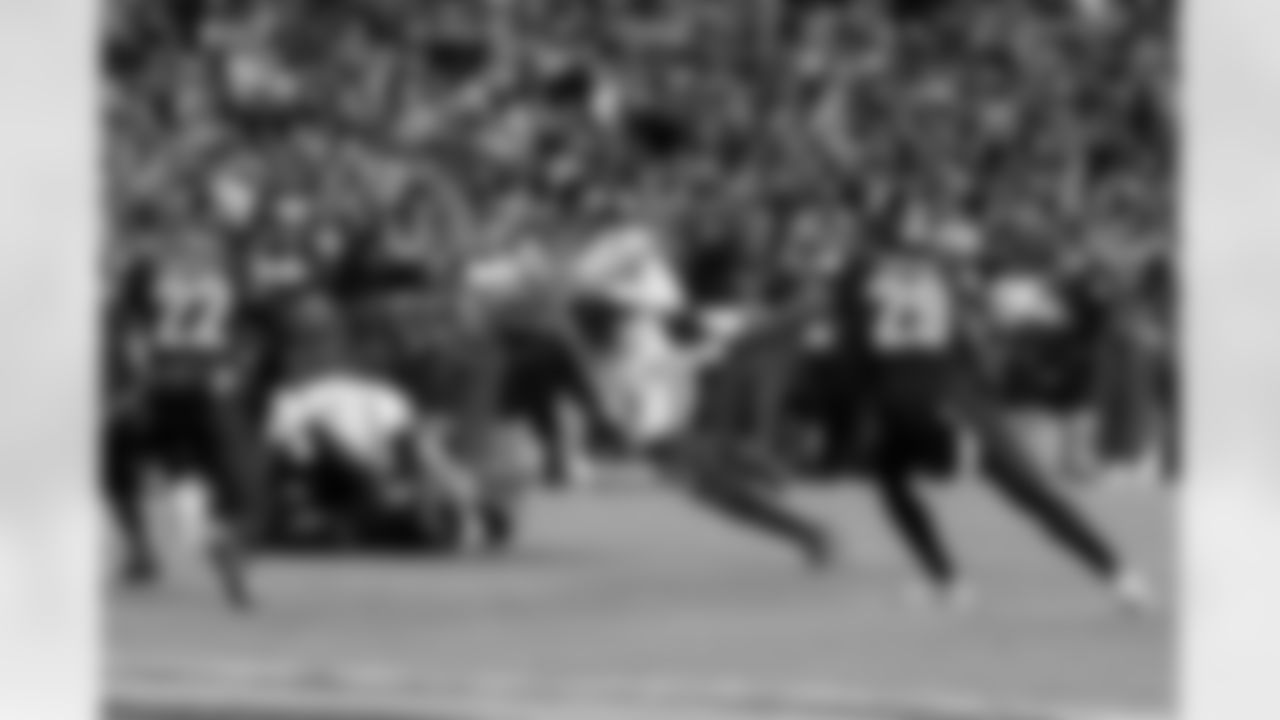
Daniel Jones (8)
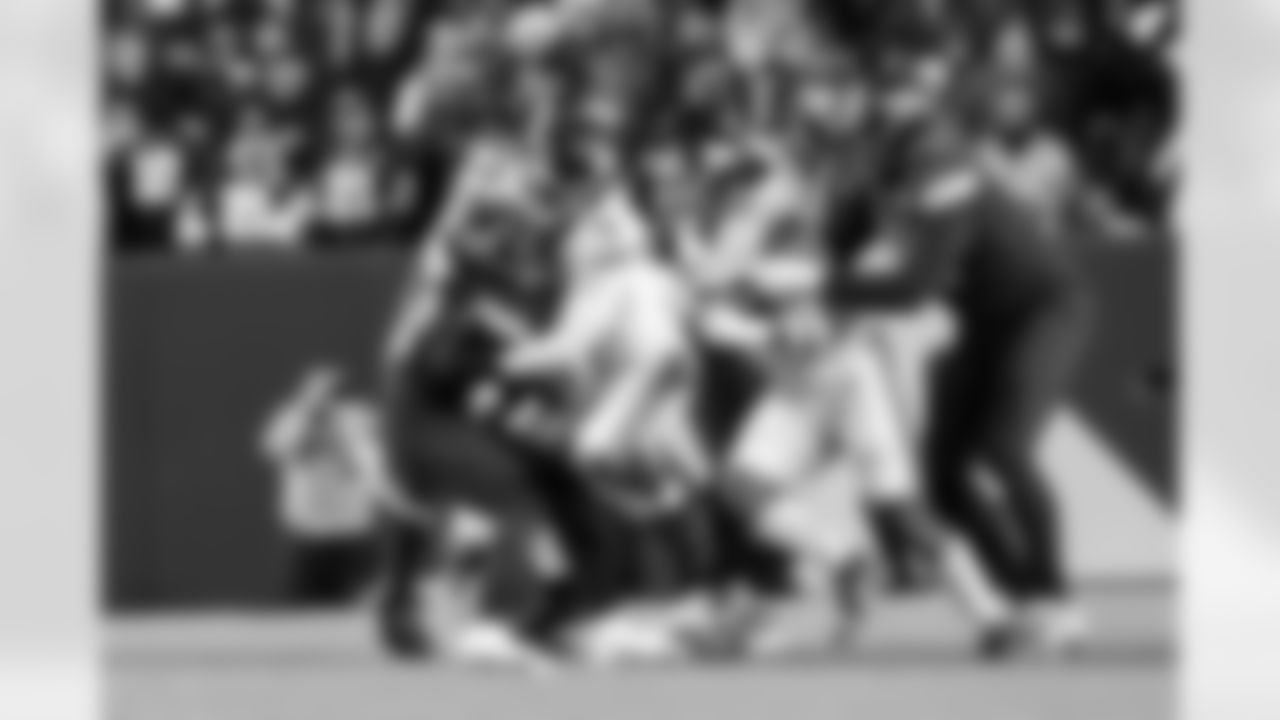
Kayvon Thibodeaux (5)
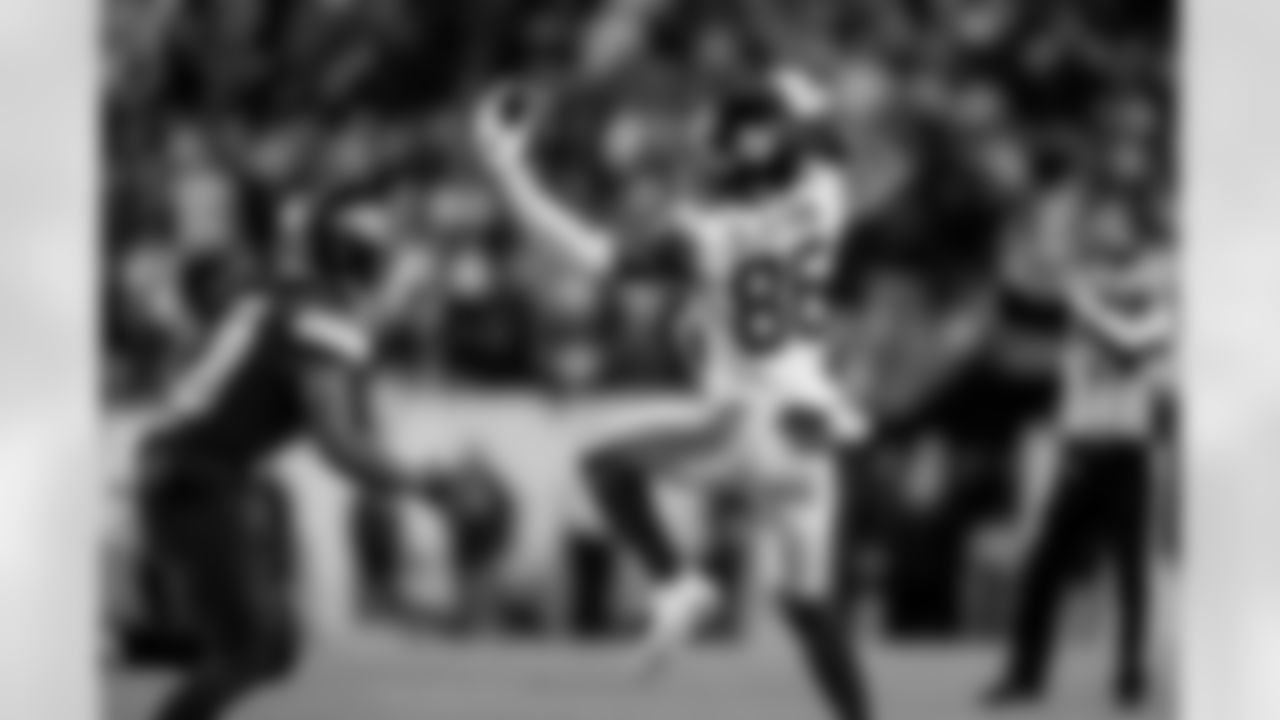
Darius Slayton (86)
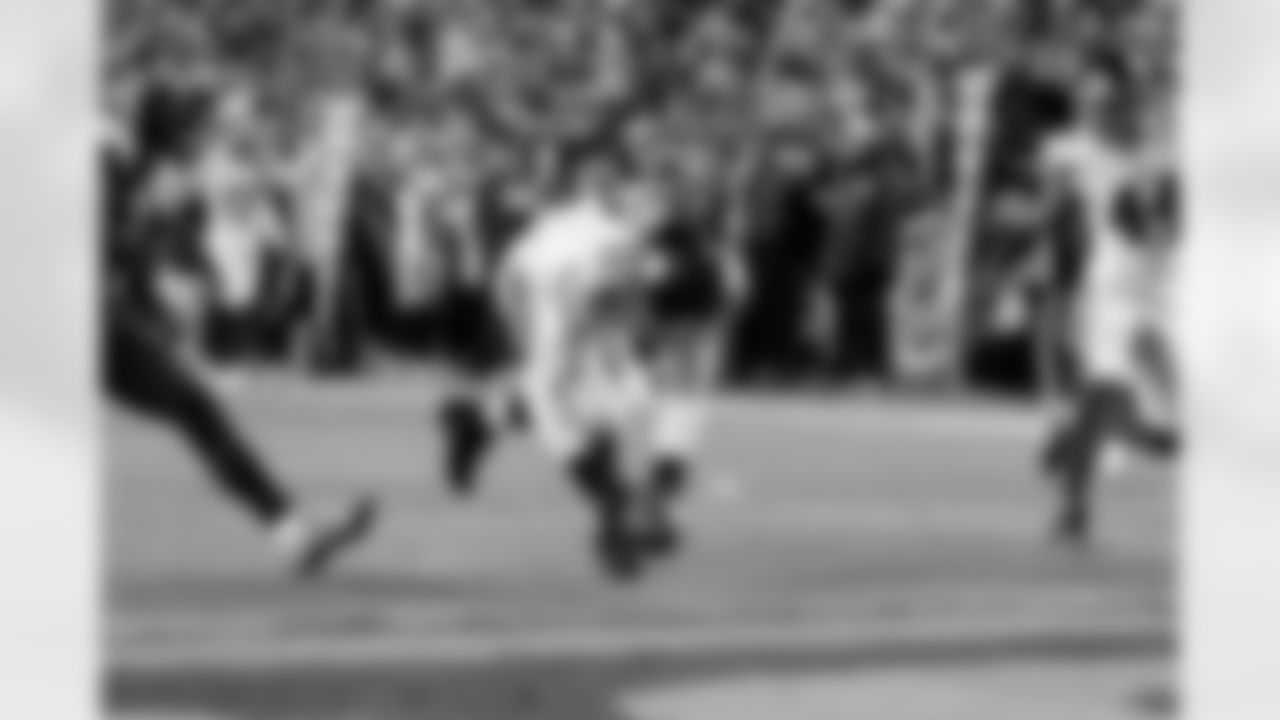
Kayvon Thibodeaux (5)
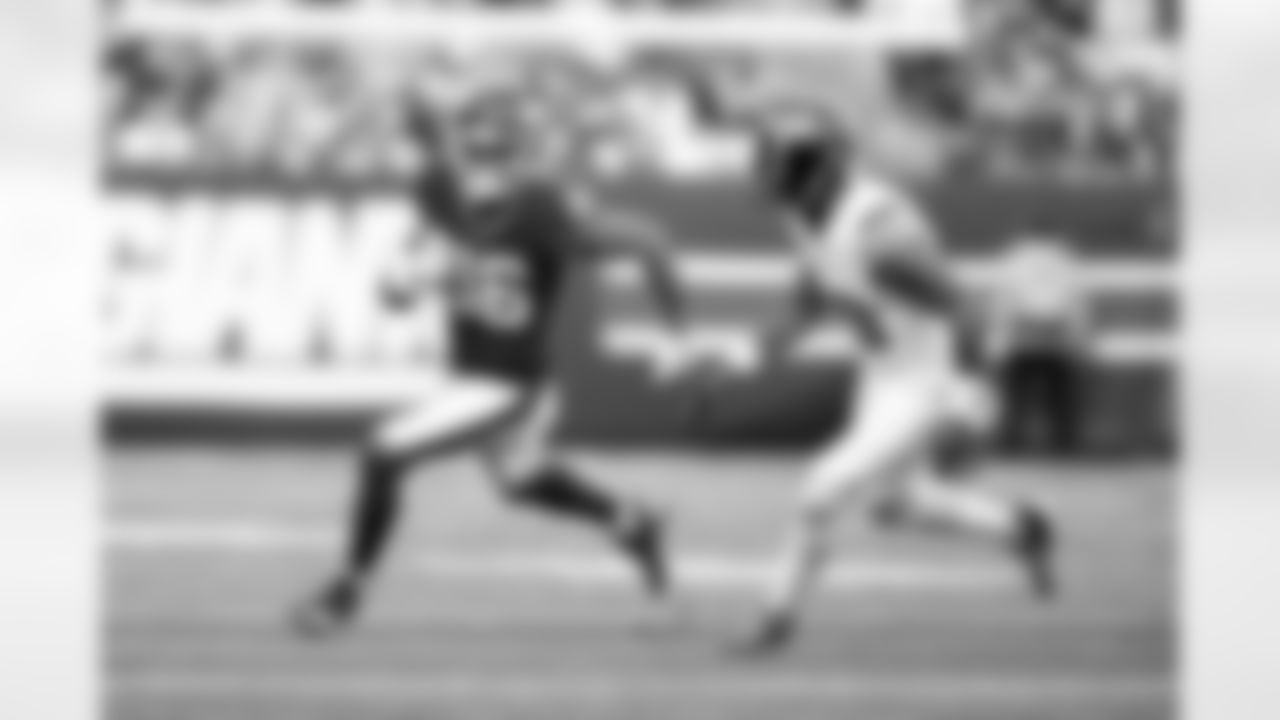
WR Darius Slayton (86)
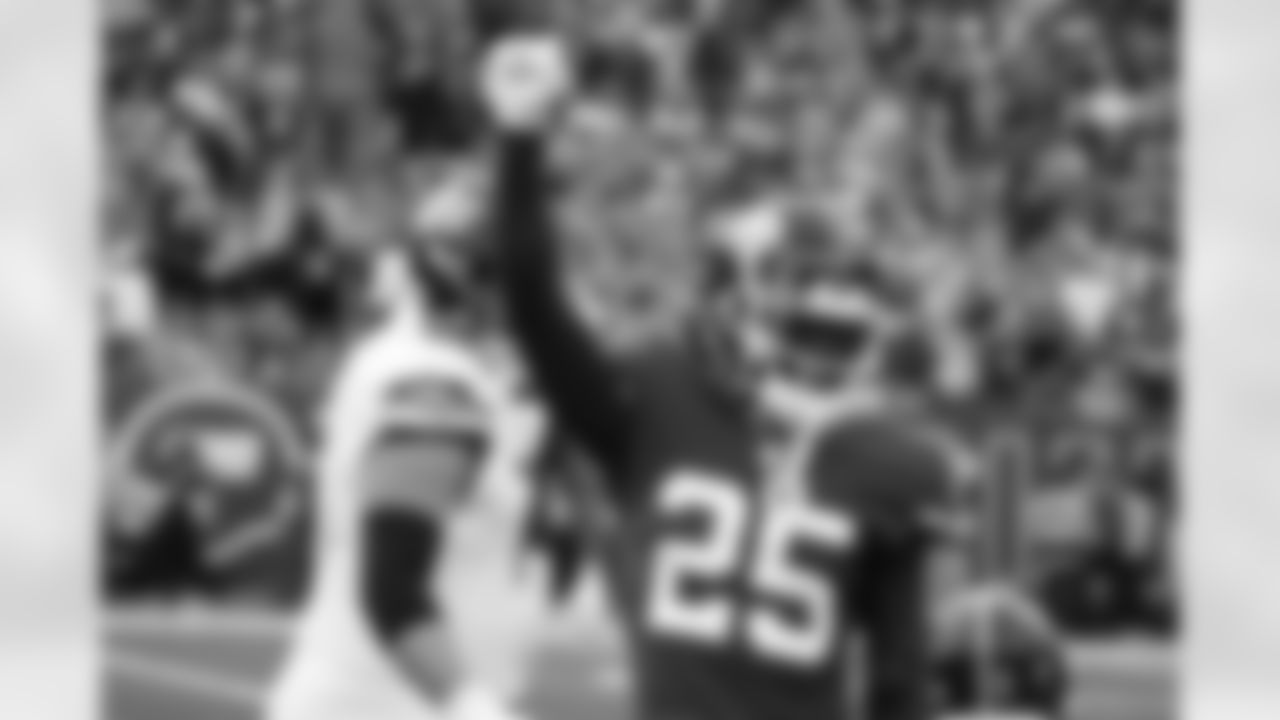
CB Deonte Banks (25)
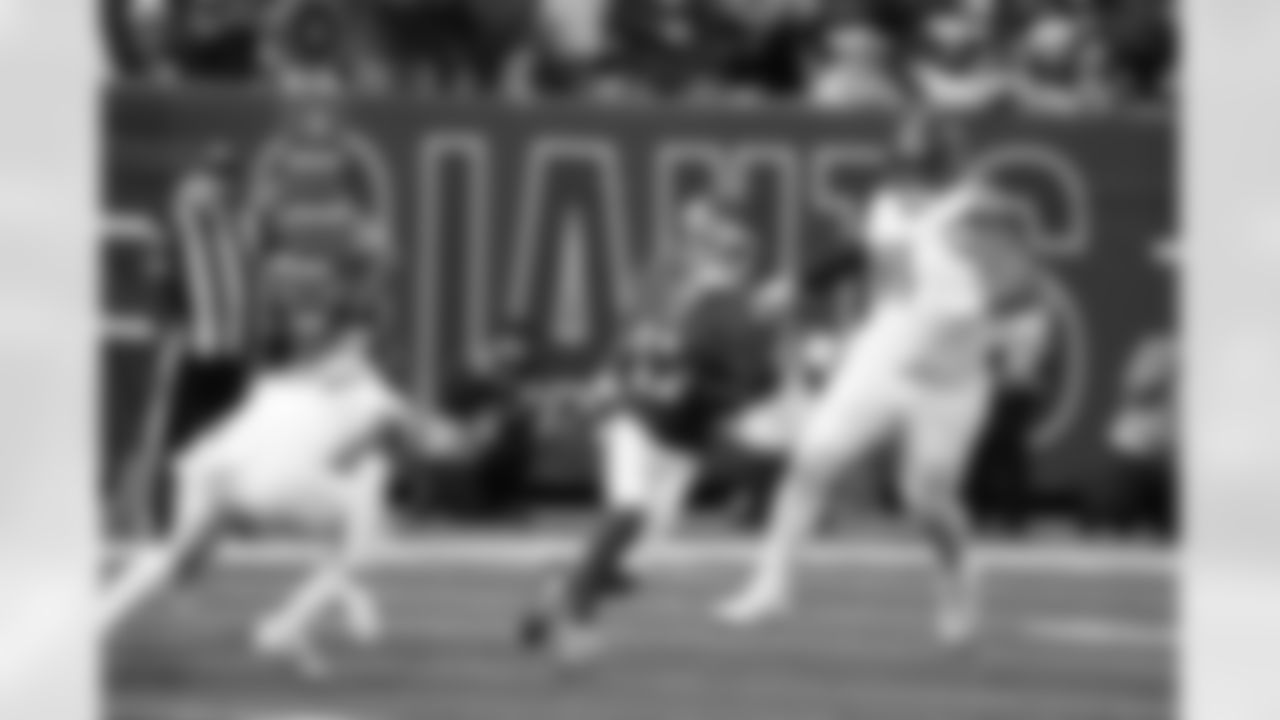
WR Wan'Dale Robinson (17)
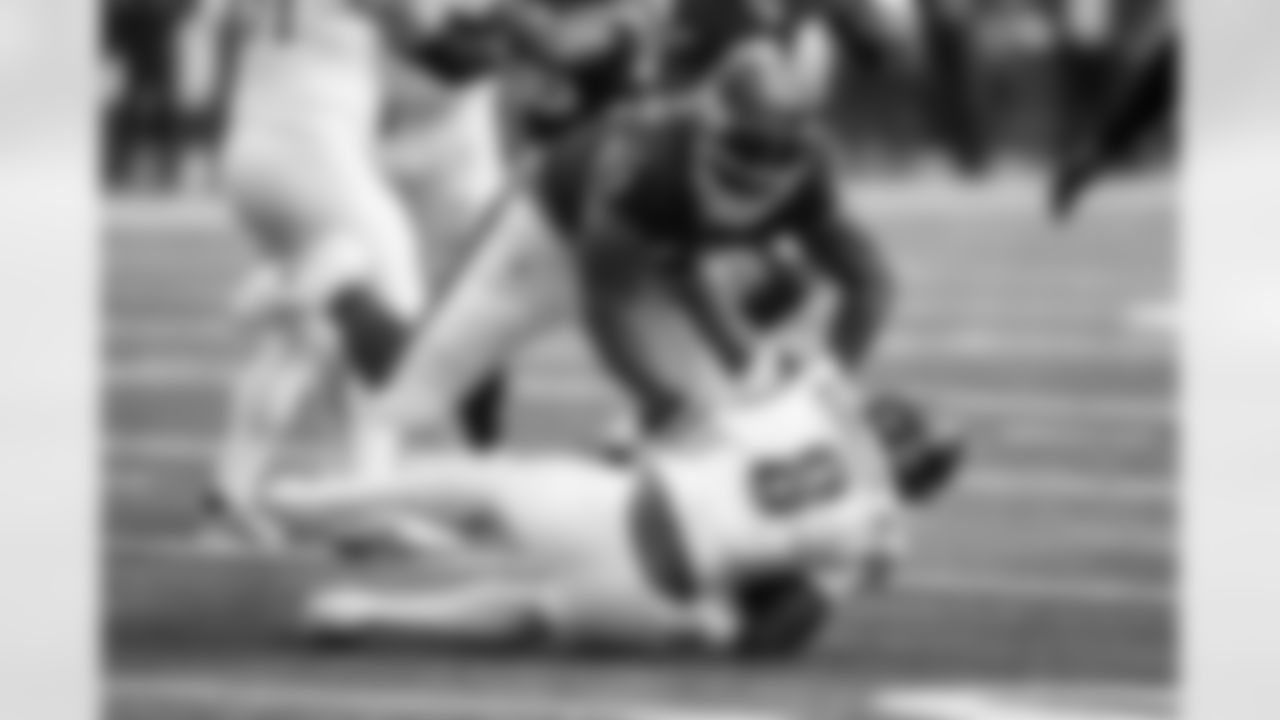
DL Rakeem Nunez-Roches Sr (93)
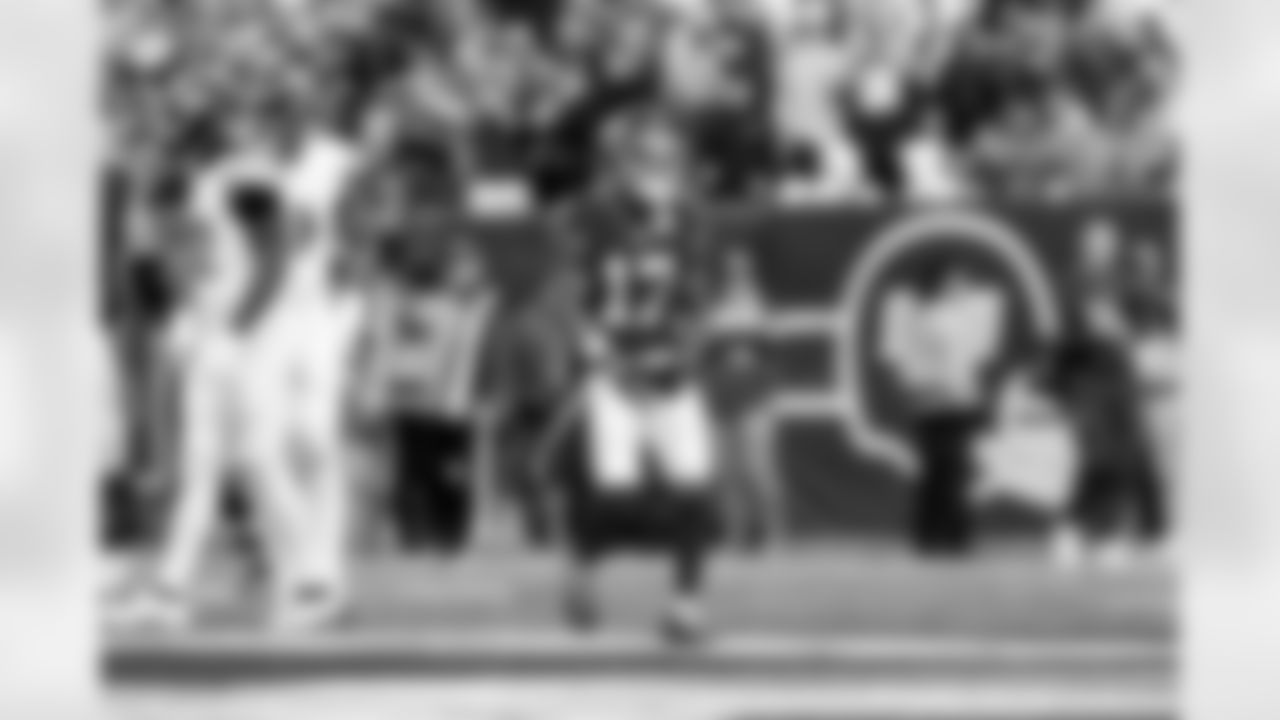
WR Wan'Dale Robinson (17)
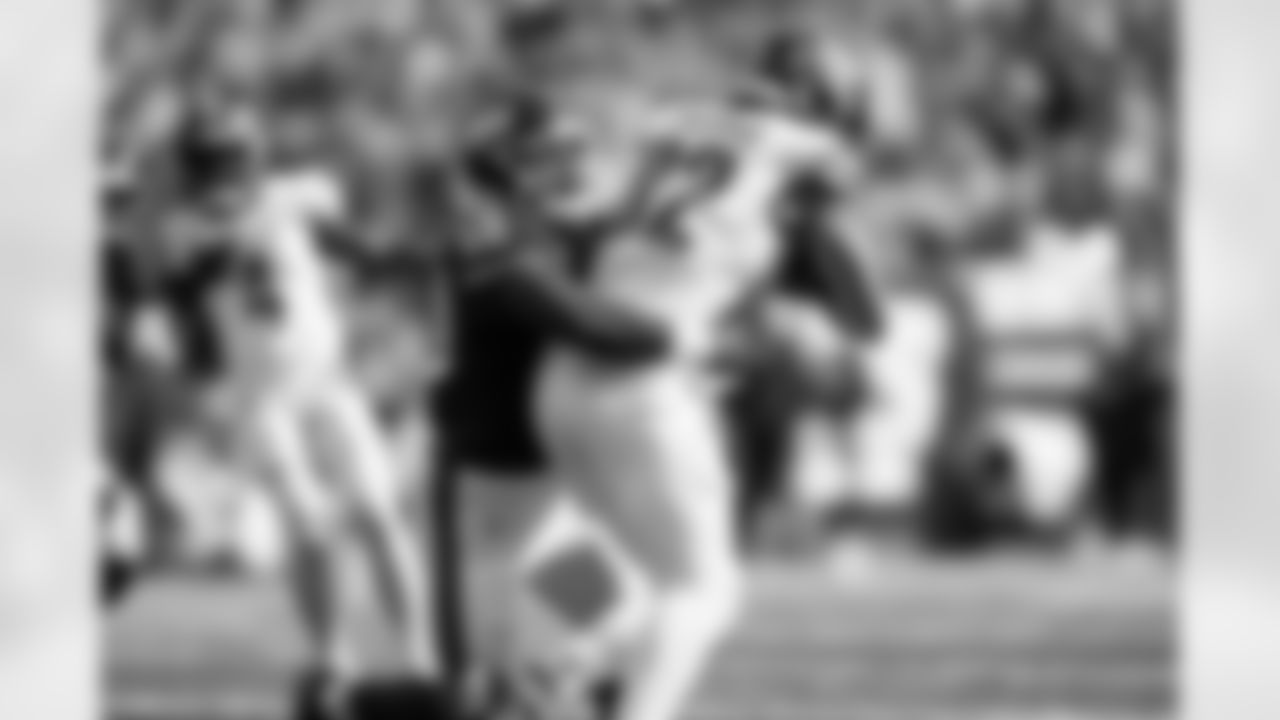
ILB Bobby Okereke (58)
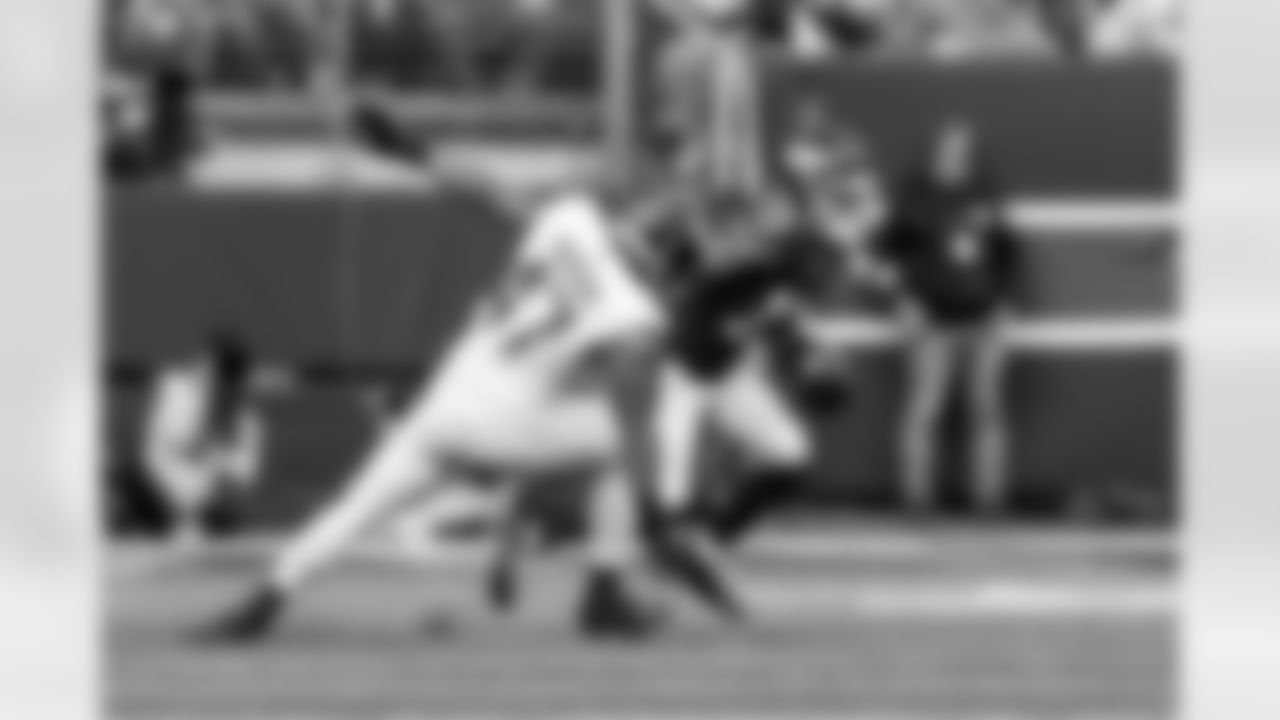
WR Wan'Dale Robinson (17)
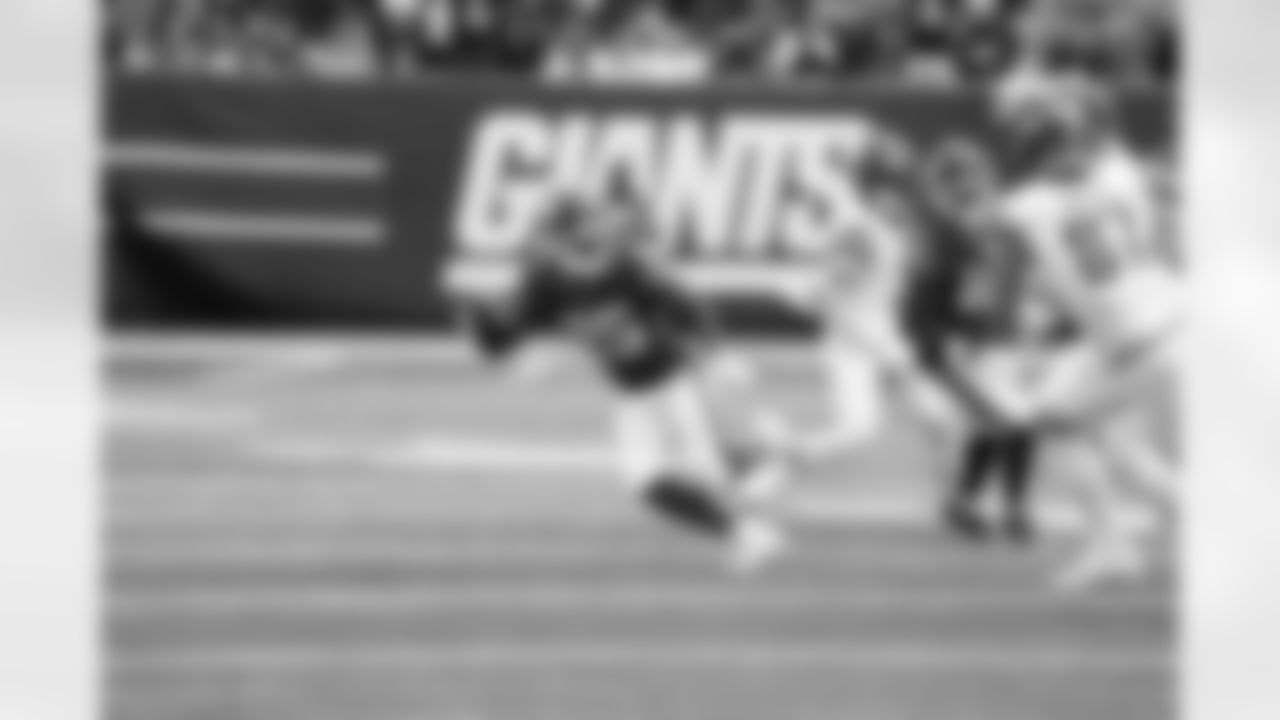
CB Deonte Banks (25)
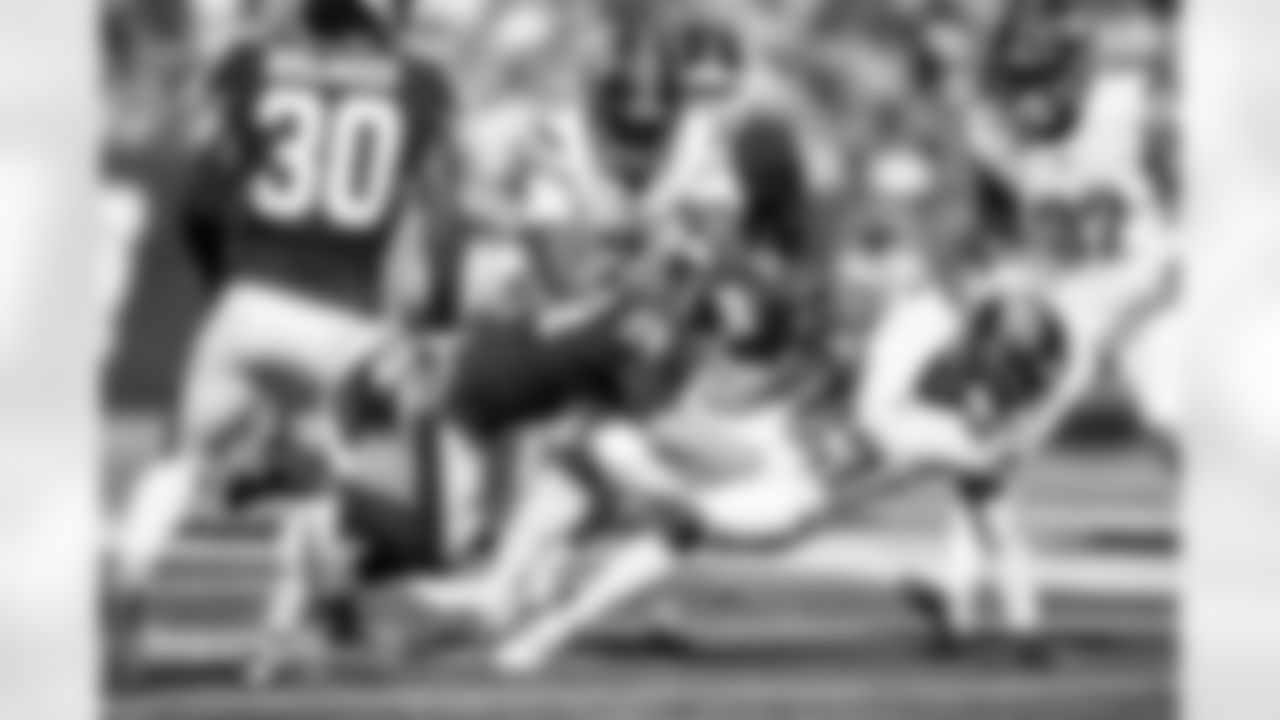
S Dane Belton (24)
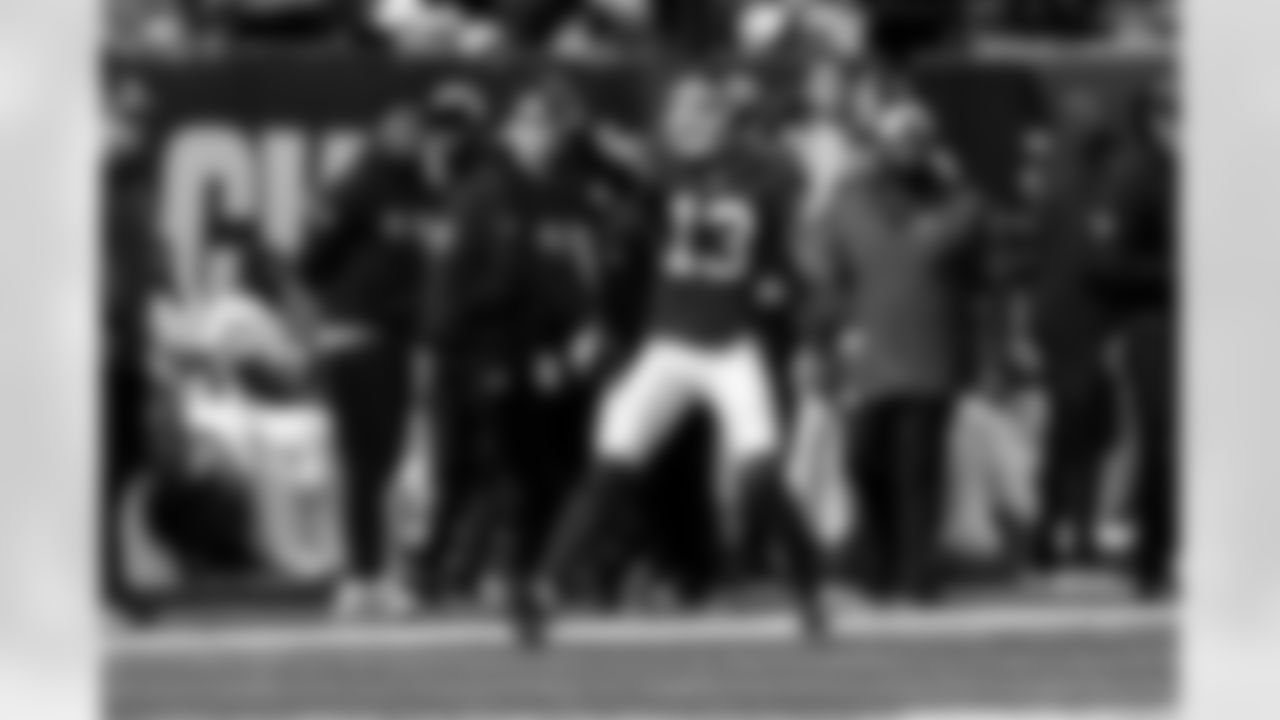
WR Jalin Hyatt (13)
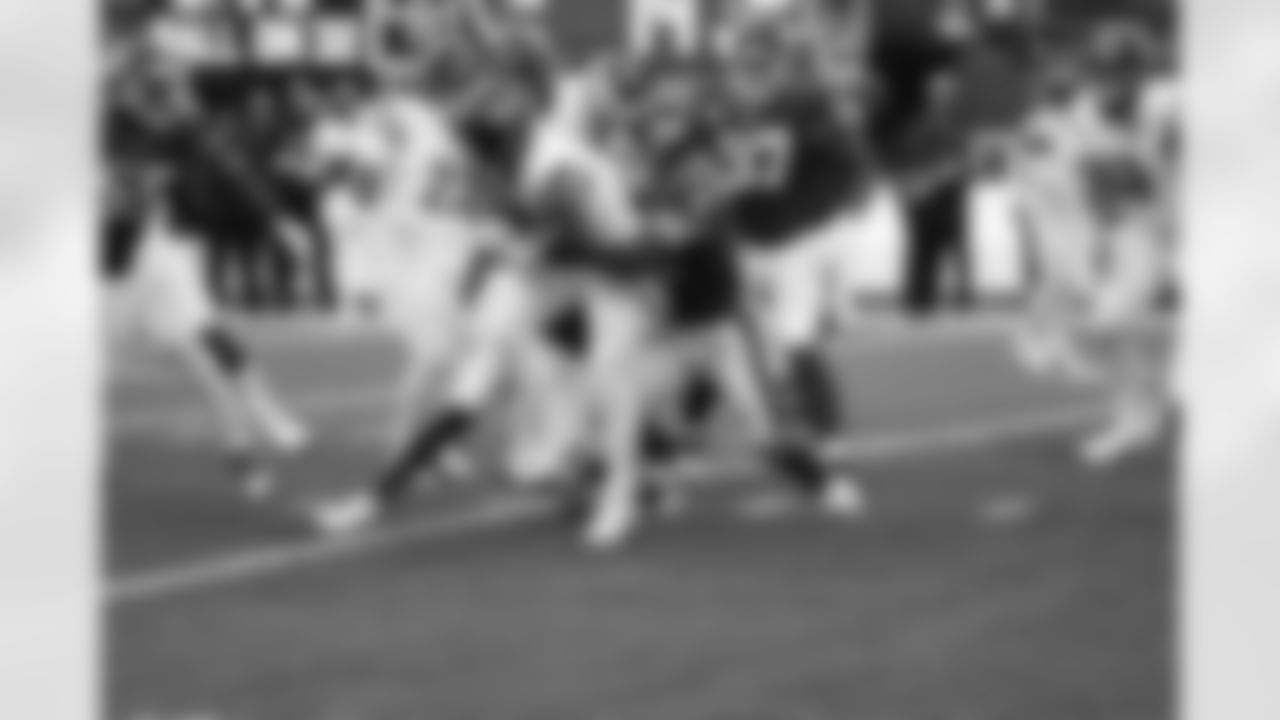
ILB Micah McFadden (41)
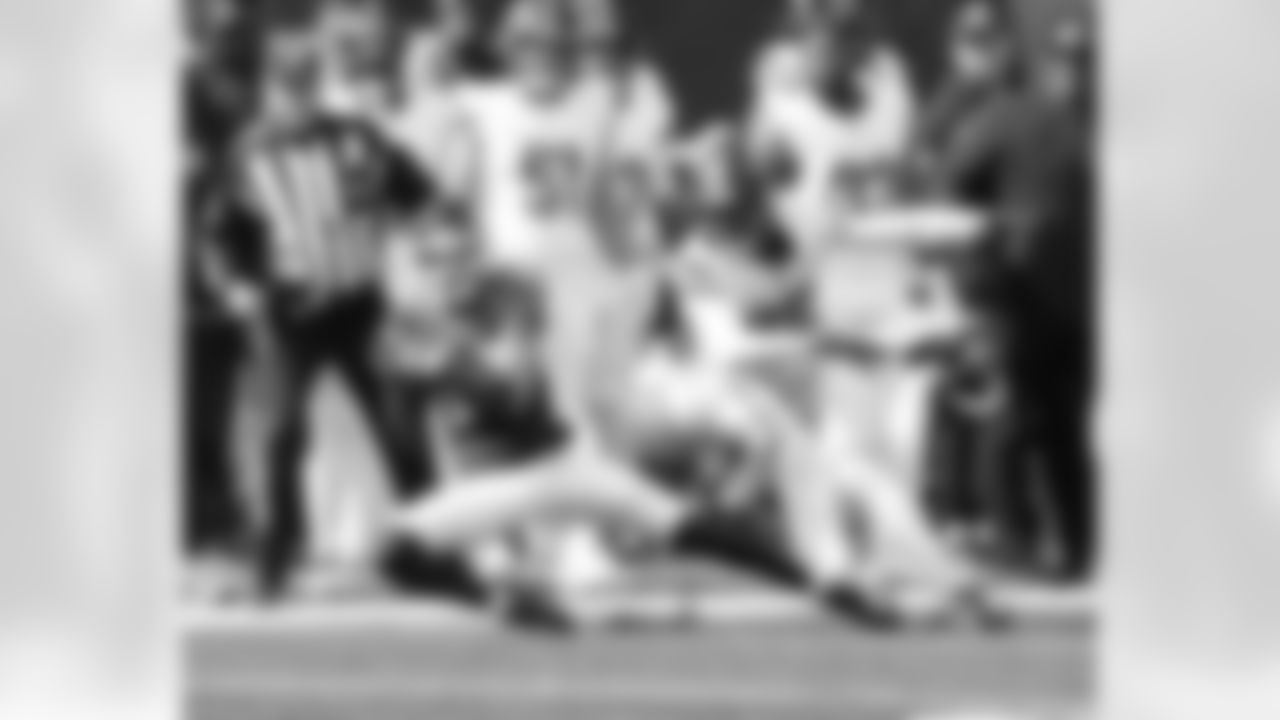
New York Giants wide receiver Jalin Hyatt (13) during a week 7 NFL football game against the Washington Commanders, Sunday, October 22, 2023 in East Rutherford, New Jersey (Evan Pinkus / New York Giants)
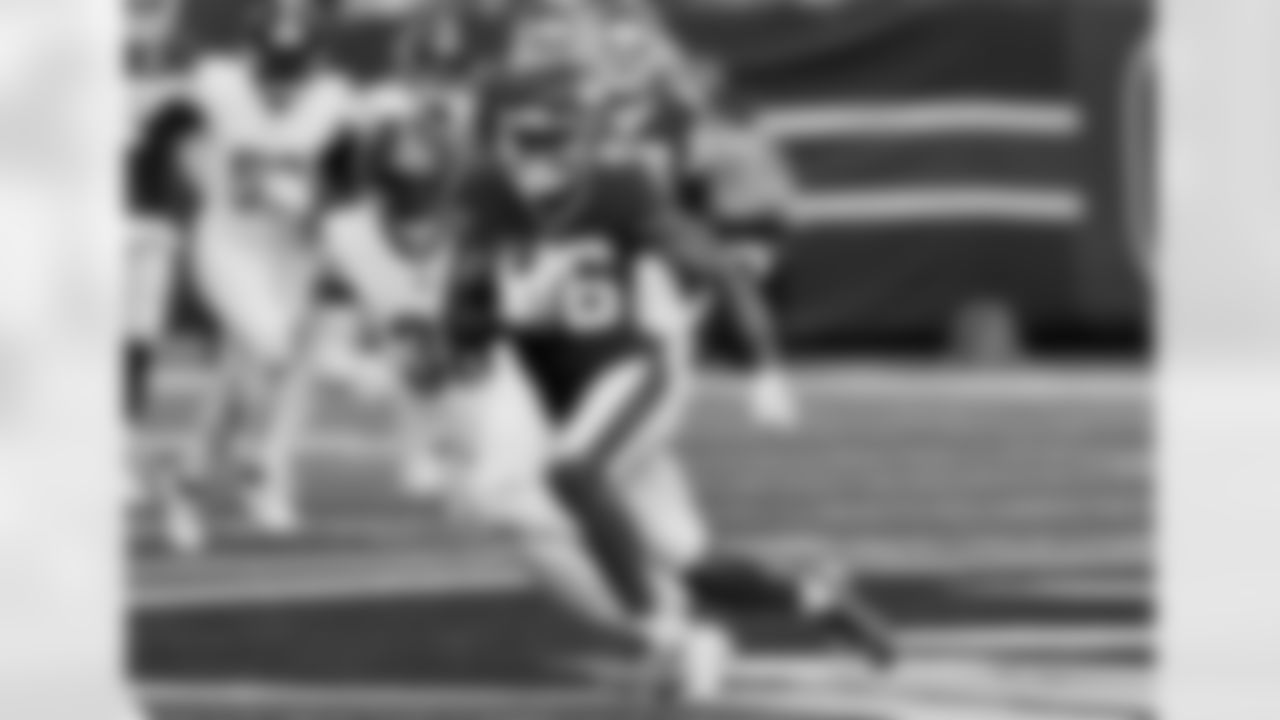
New York Giants wide receiver Darius Slayton (86)
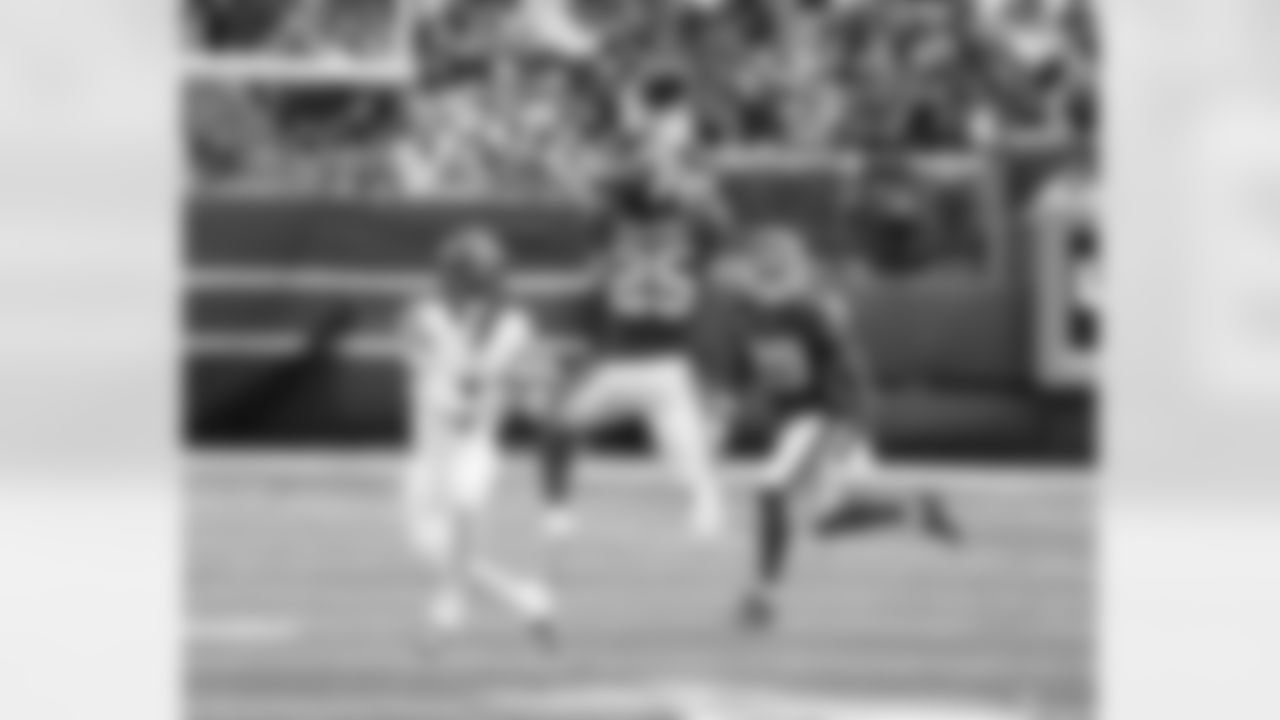
New York Giants cornerback Deonte Banks (25) intercepts a pass during a week 7 NFL football game against the Washington Commanders, Sunday, October 22, 2023 in East Rutherford, New Jersey (Evan Pinkus / New York Giants)
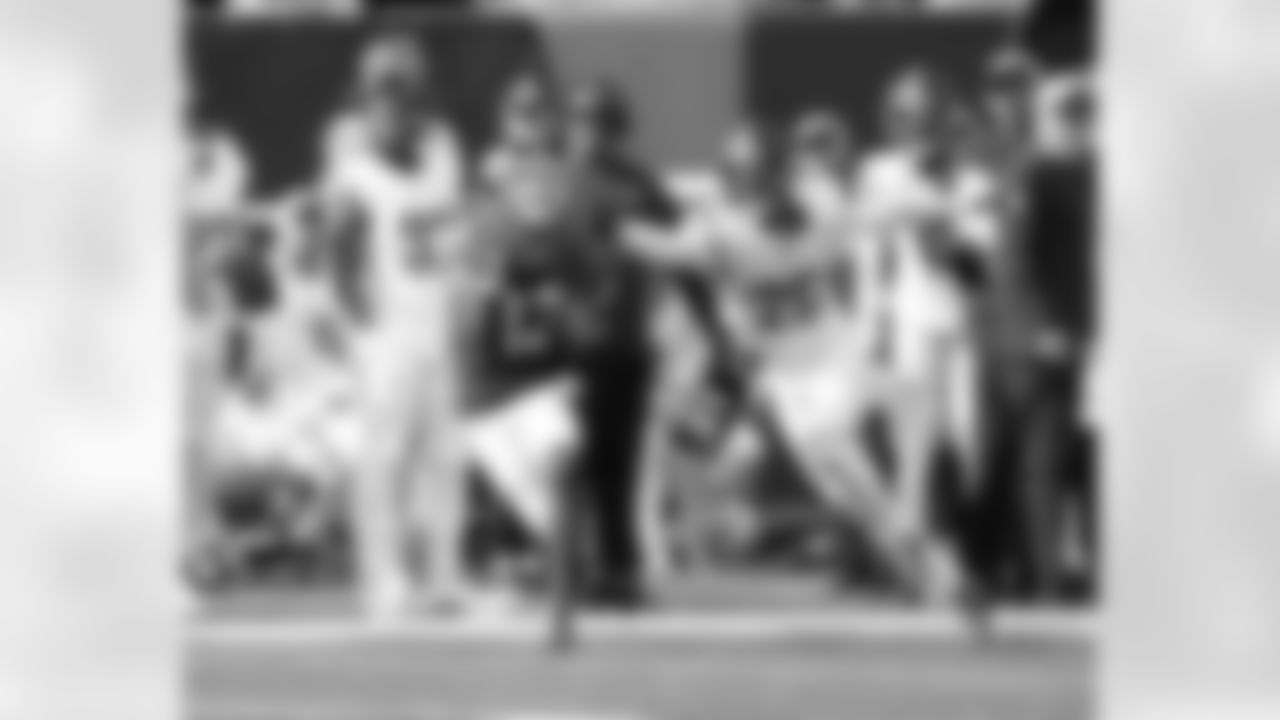
New York Giants wide receiver Jalin Hyatt (13) during a week 7 NFL football game against the Washington Commanders, Sunday, October 22, 2023 in East Rutherford, New Jersey (Evan Pinkus / New York Giants)
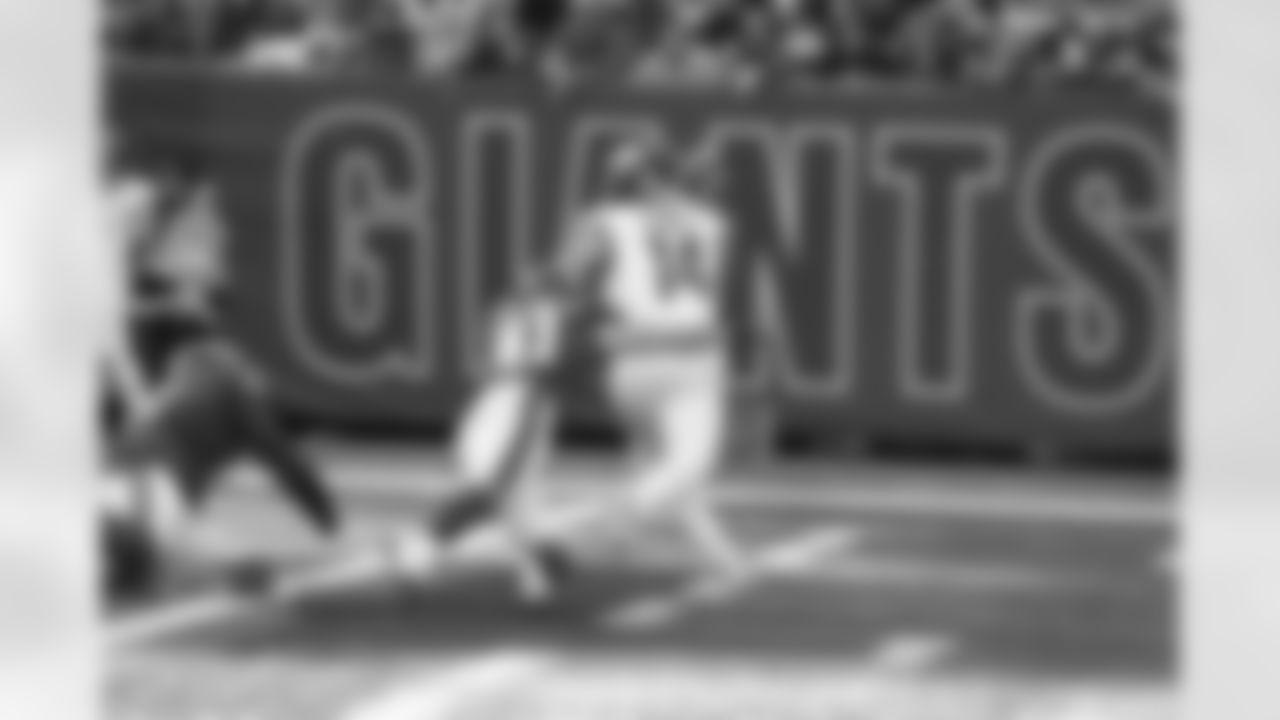
New York Giants linebacker Micah McFadden (41) during a week 7 NFL football game against the Washington Commanders, Sunday, October 22, 2023 in East Rutherford, New Jersey (Evan Pinkus / New York Giants)
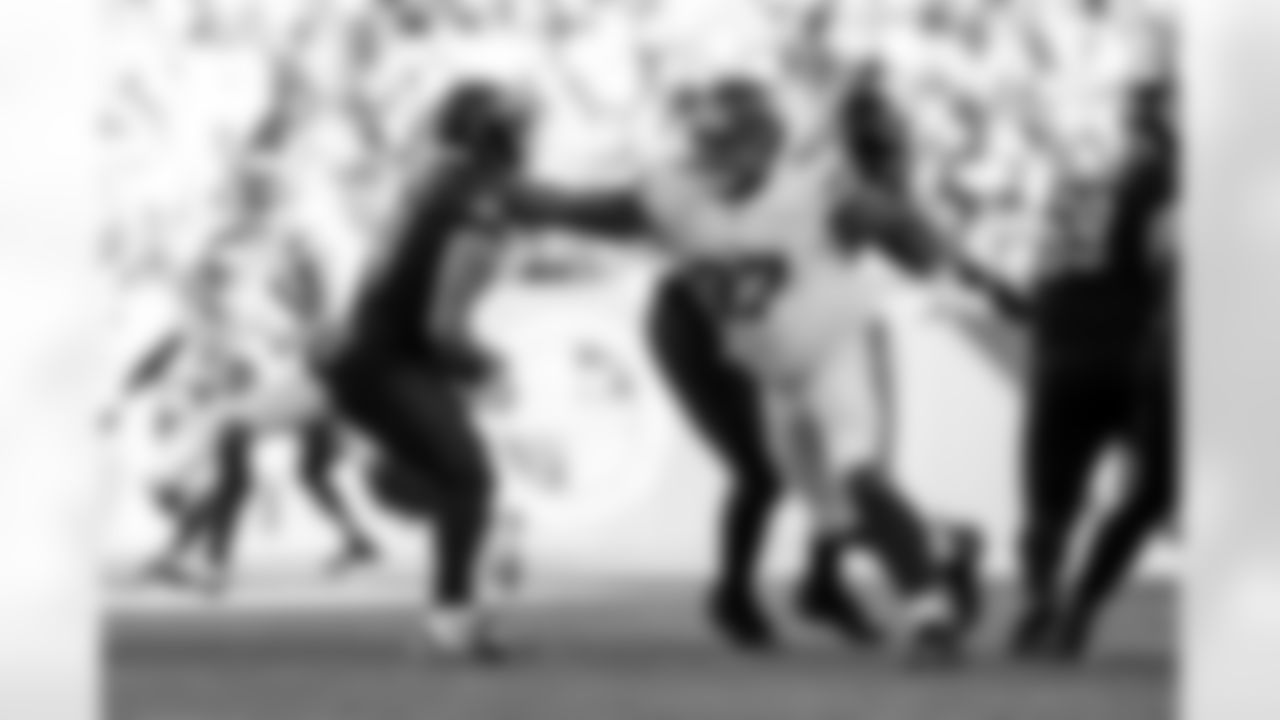
NT Dexter Lawrence II (97)
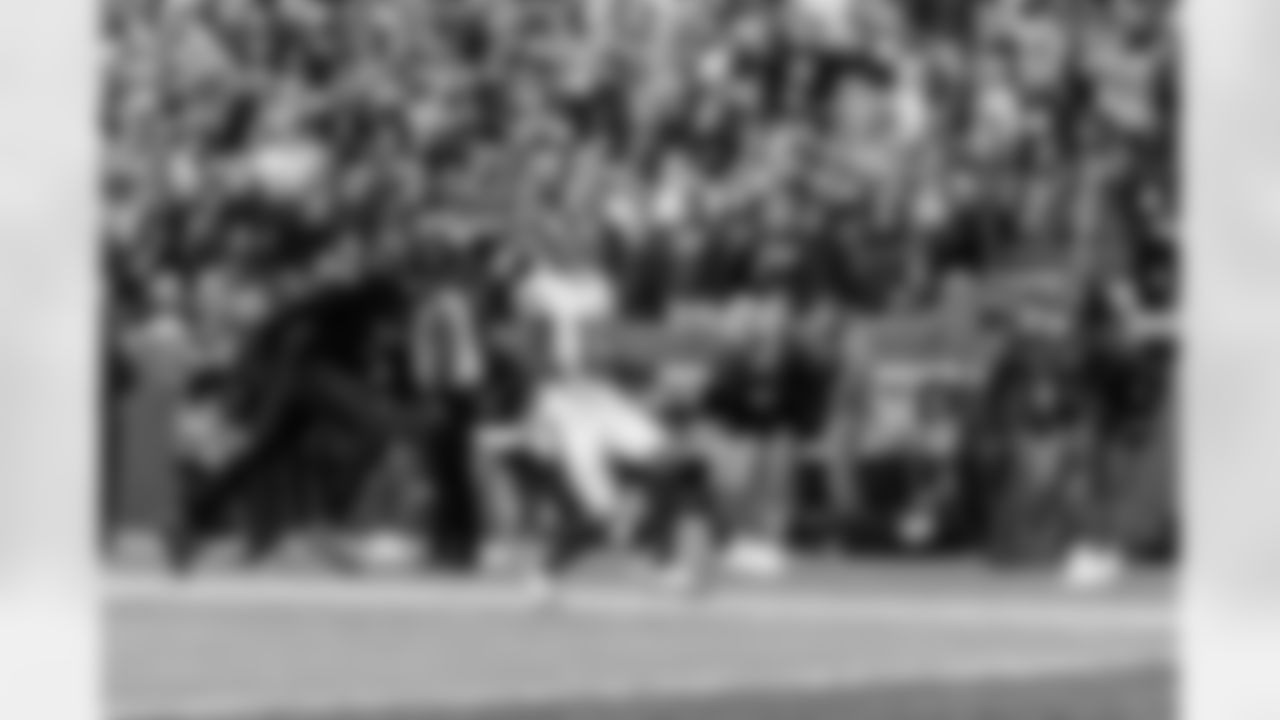
S/ILB Isaiah Simmons (19)
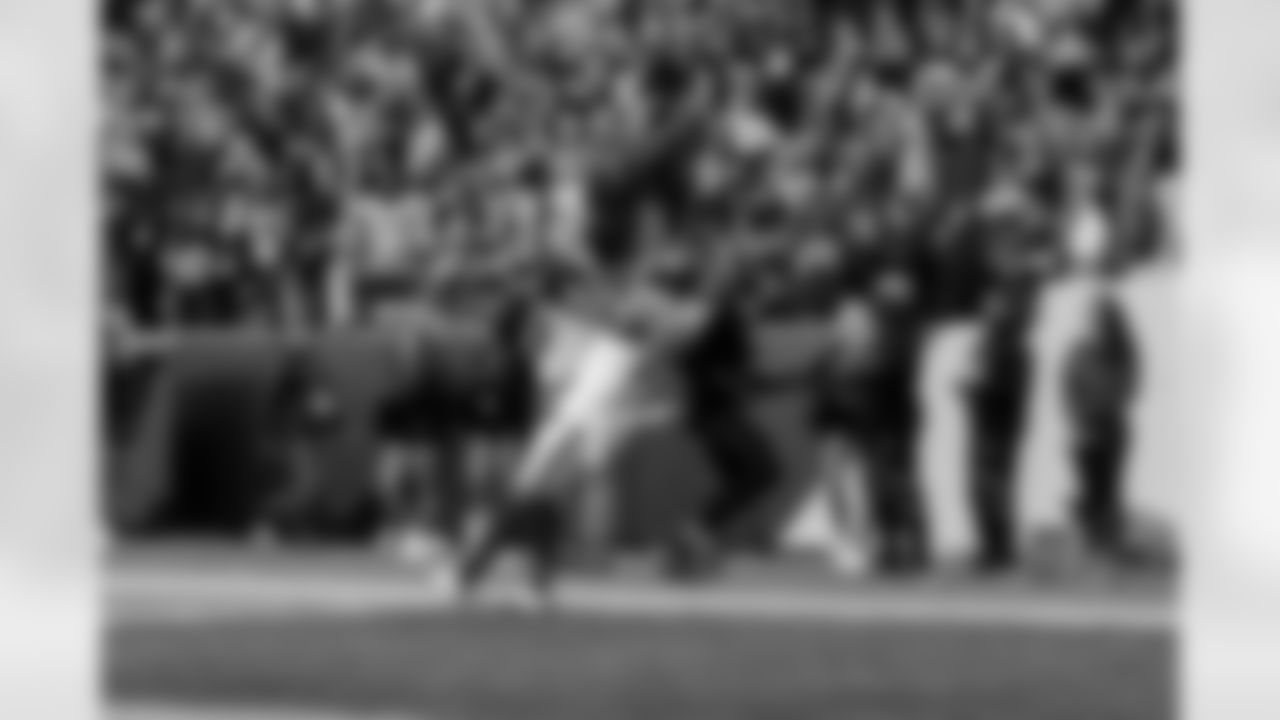
S/ILB Isaiah Simmons (19)
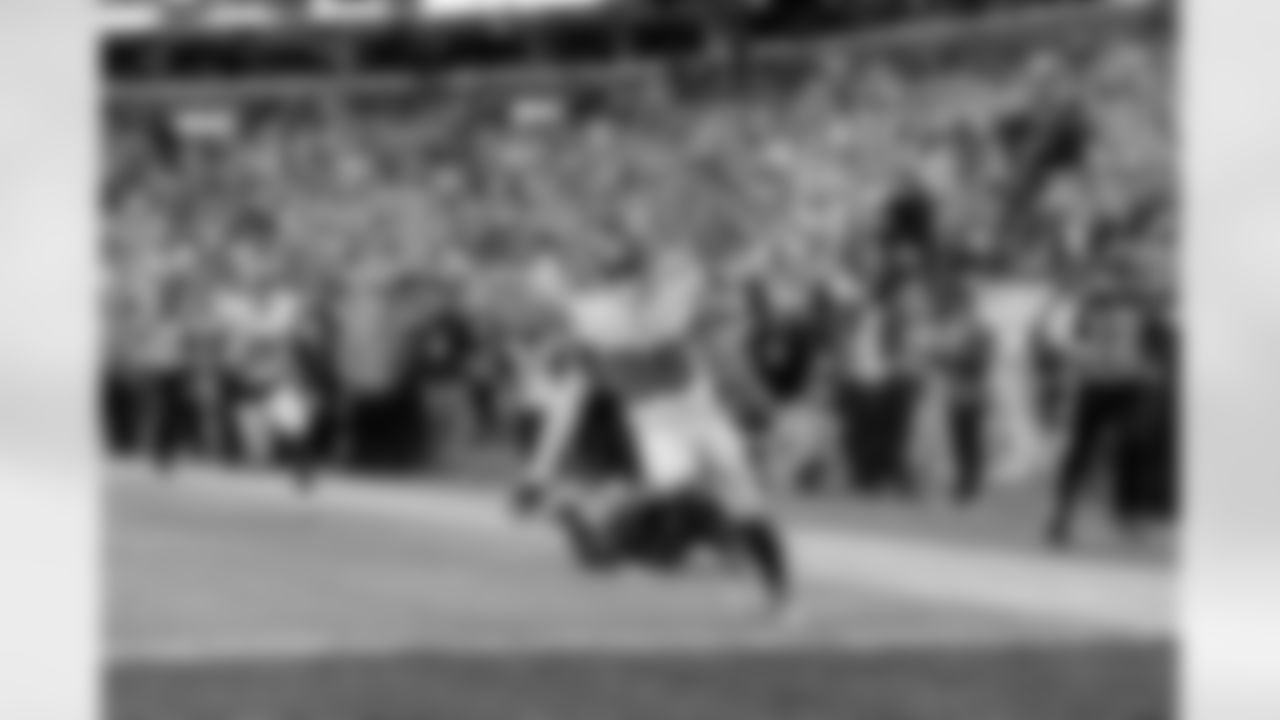
WR Darius Slayton (86)
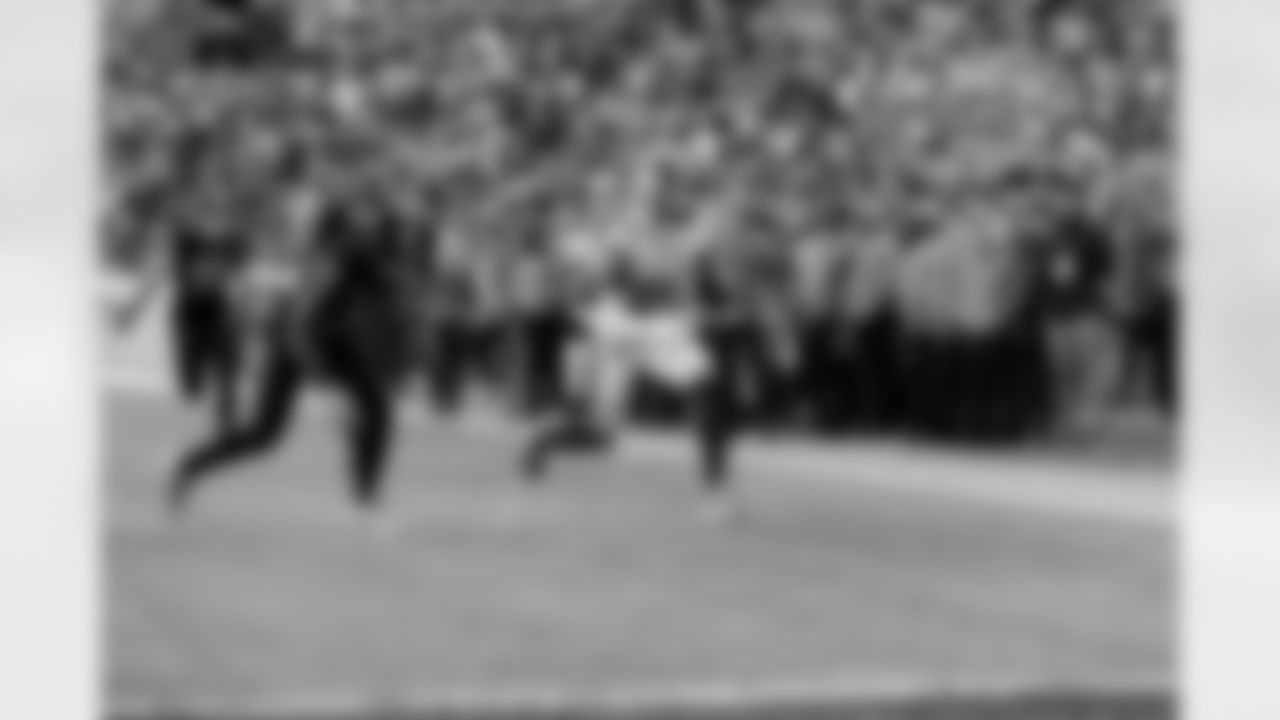
WR Darius Slayton (86)
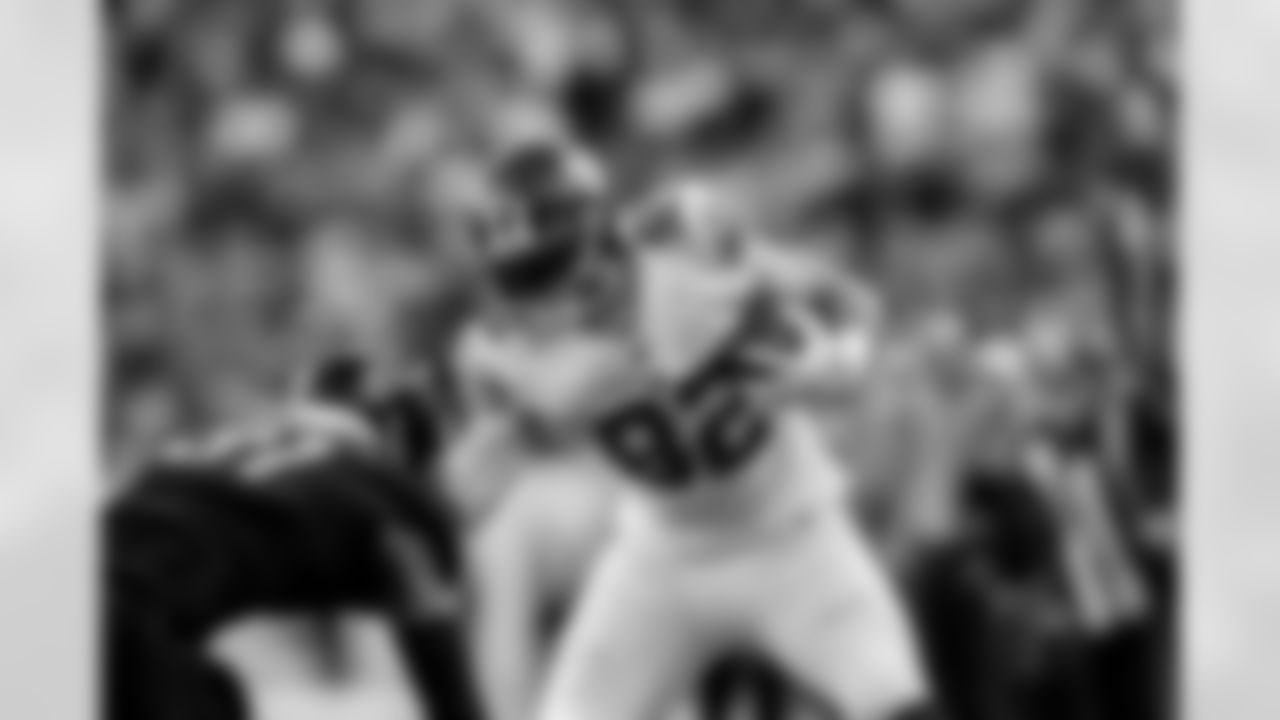
TE Daniel Bellinger (82)
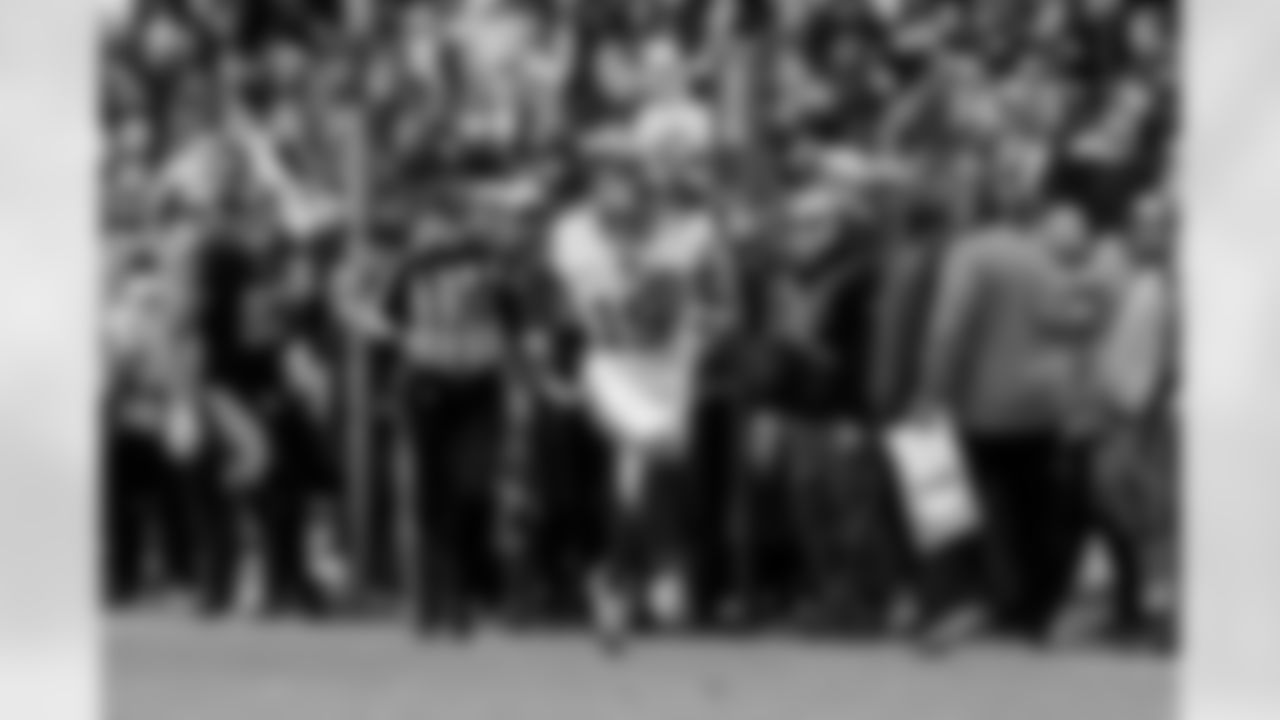
S/ILB Isaiah Simmons (19)
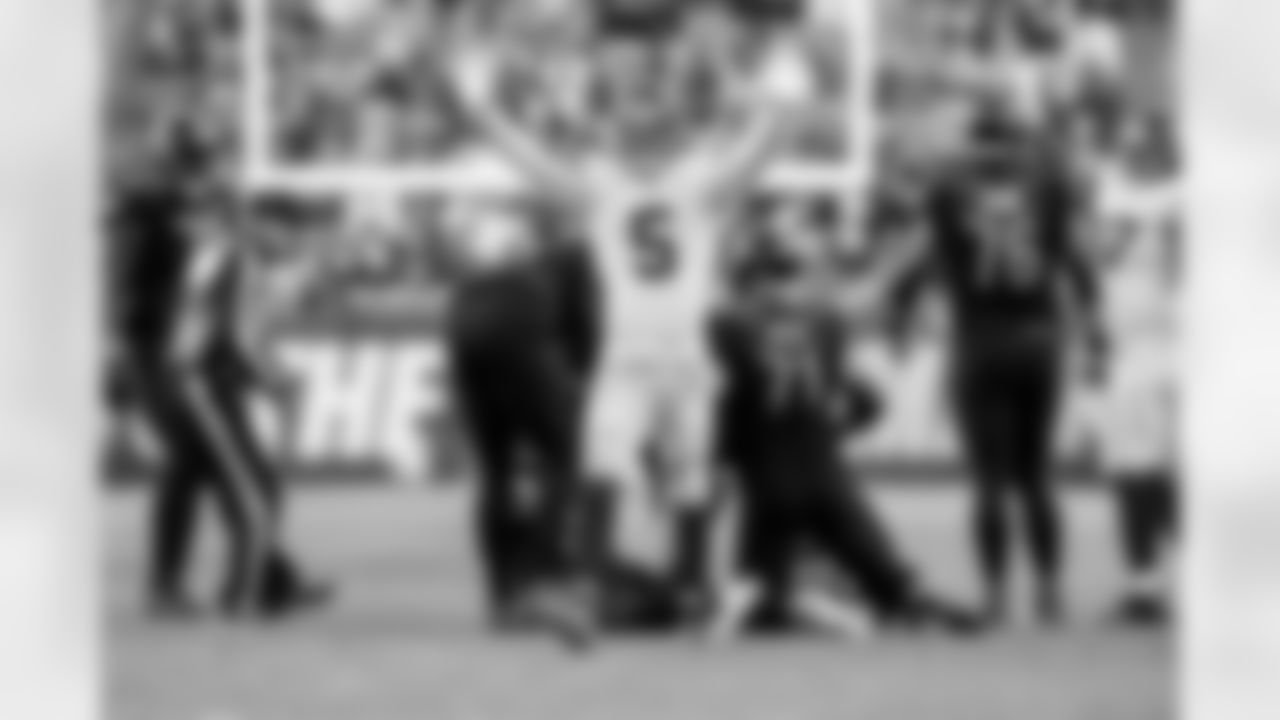
OLB Kayvon Thibodeaux (5)
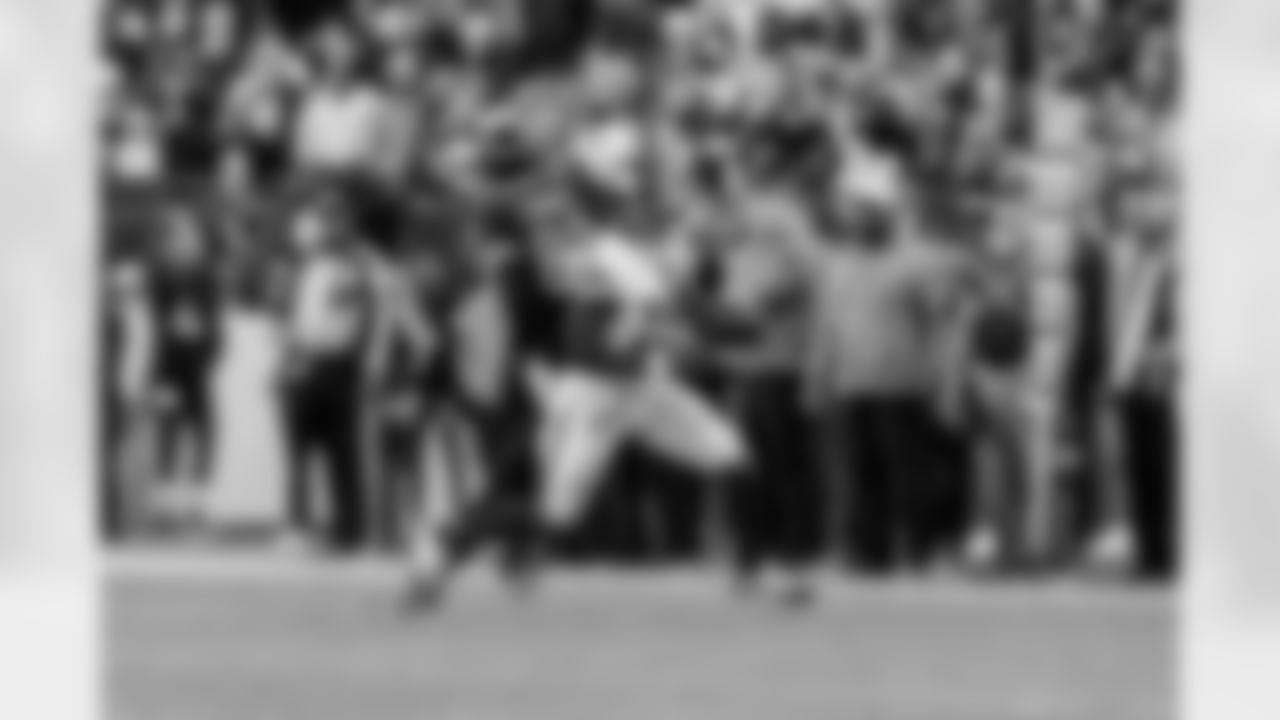
S/ILB Isaiah Simmons (19)
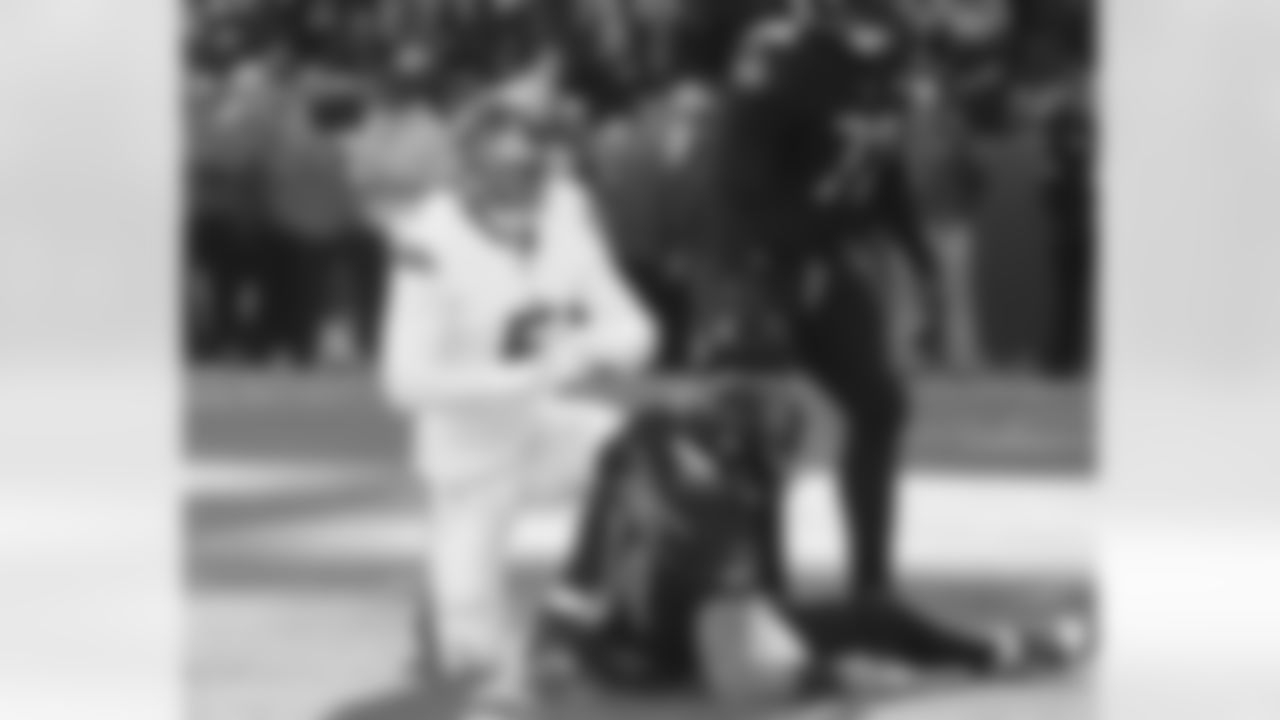
New York Giants linebacker Kayvon Thibodeaux (5) during a week 11 NFL football game against the Washington Commanders, Sunday, November 19, 2023 in Landover, Maryland. (Evan Pinkus / New York Giants)
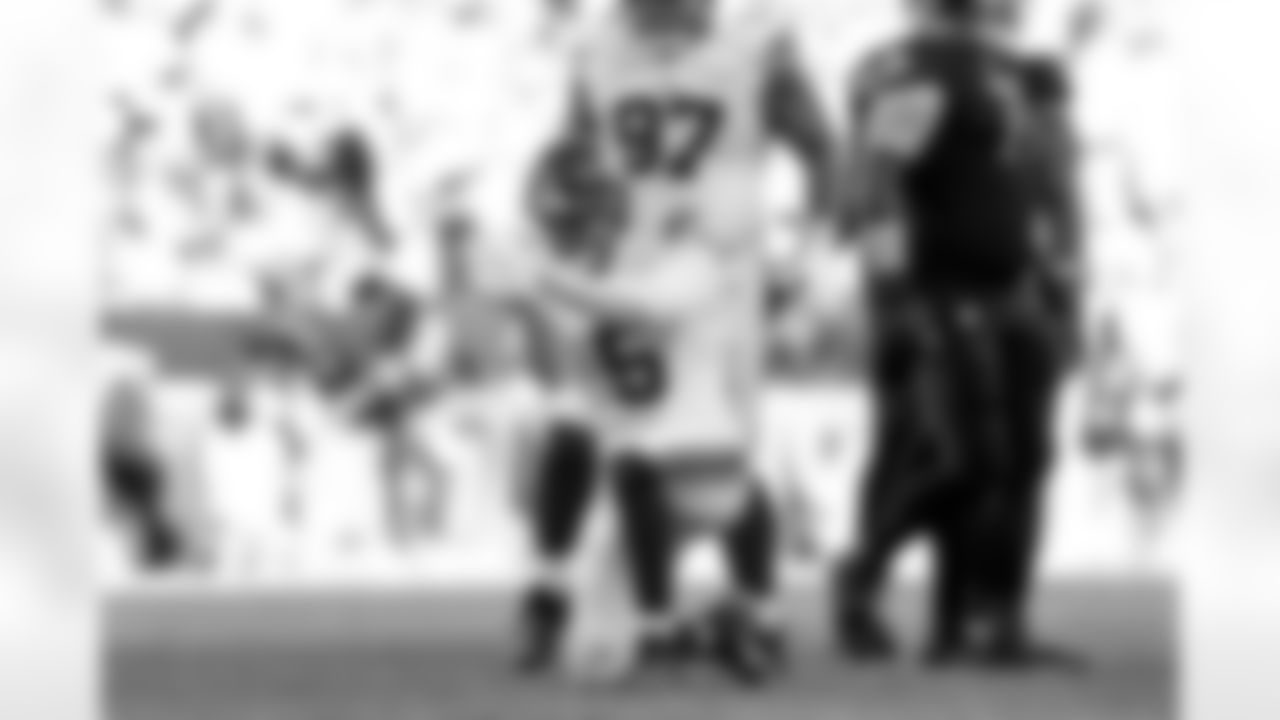
OLB Kayvon Thibodeaux (5)
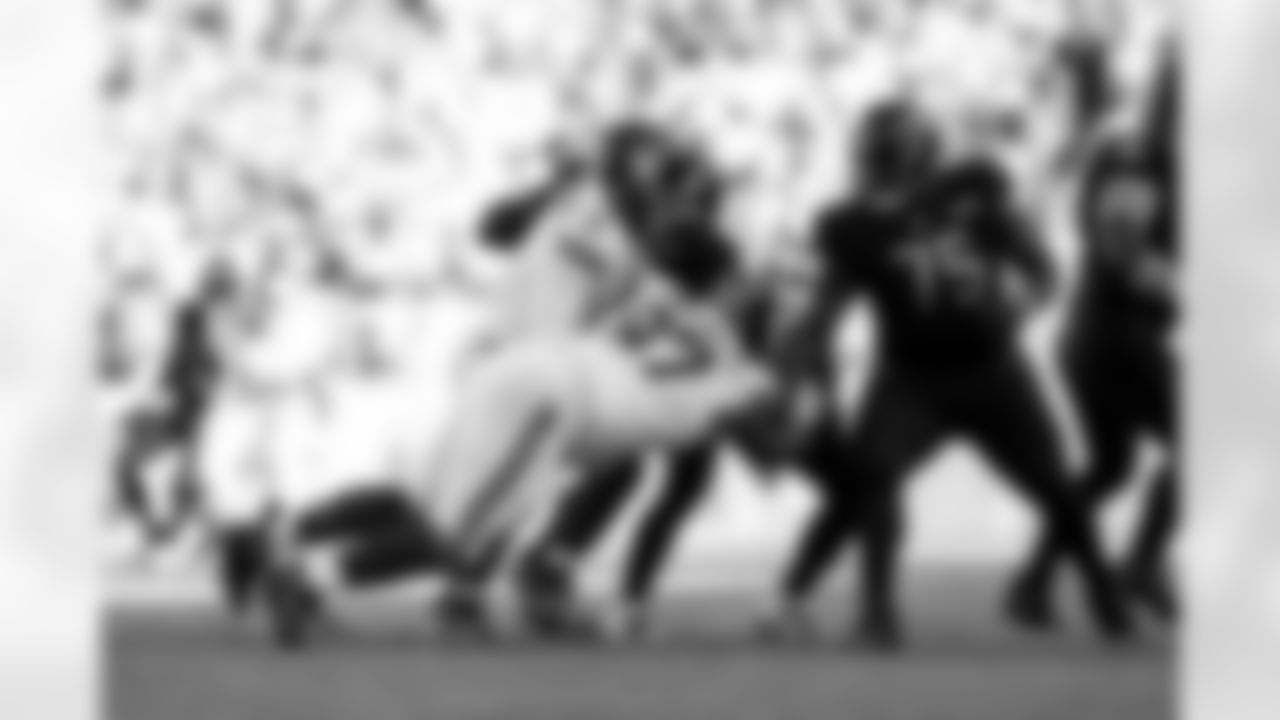
OLB Kayvon Thibodeaux (5), NT Dexter Lawrence II (97)
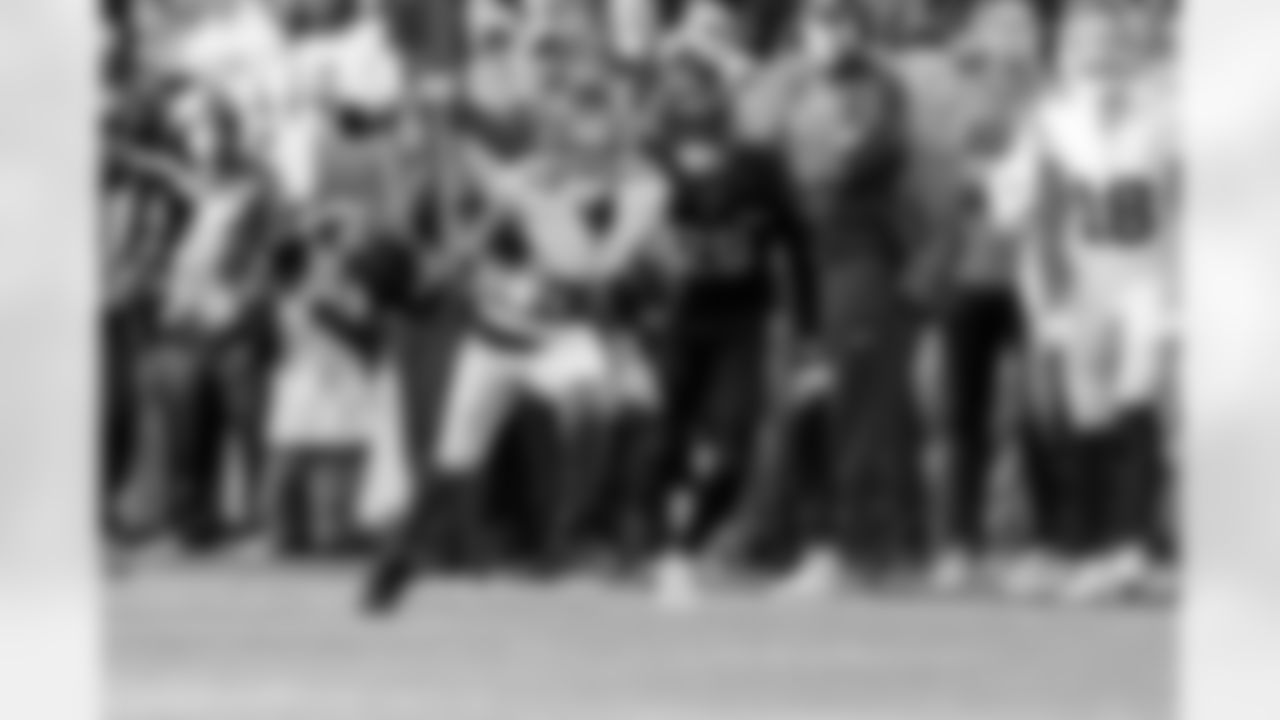
WR Wan'Dale Robinson (17)
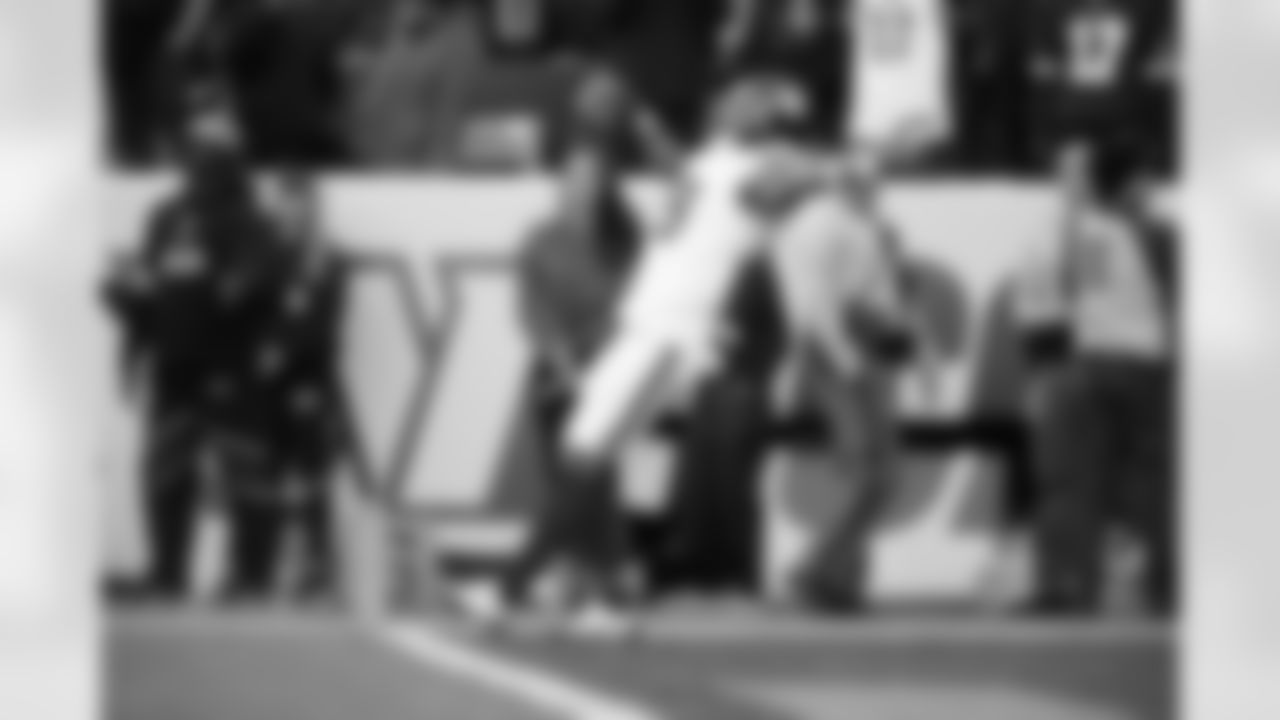
New York Giants safety Isaiah Simmons (19) returns a pick 6 during a week 11 NFL football game against the Washington Commanders, Sunday, November 19, 2023 in Landover, Maryland. (Evan Pinkus / New York Giants)
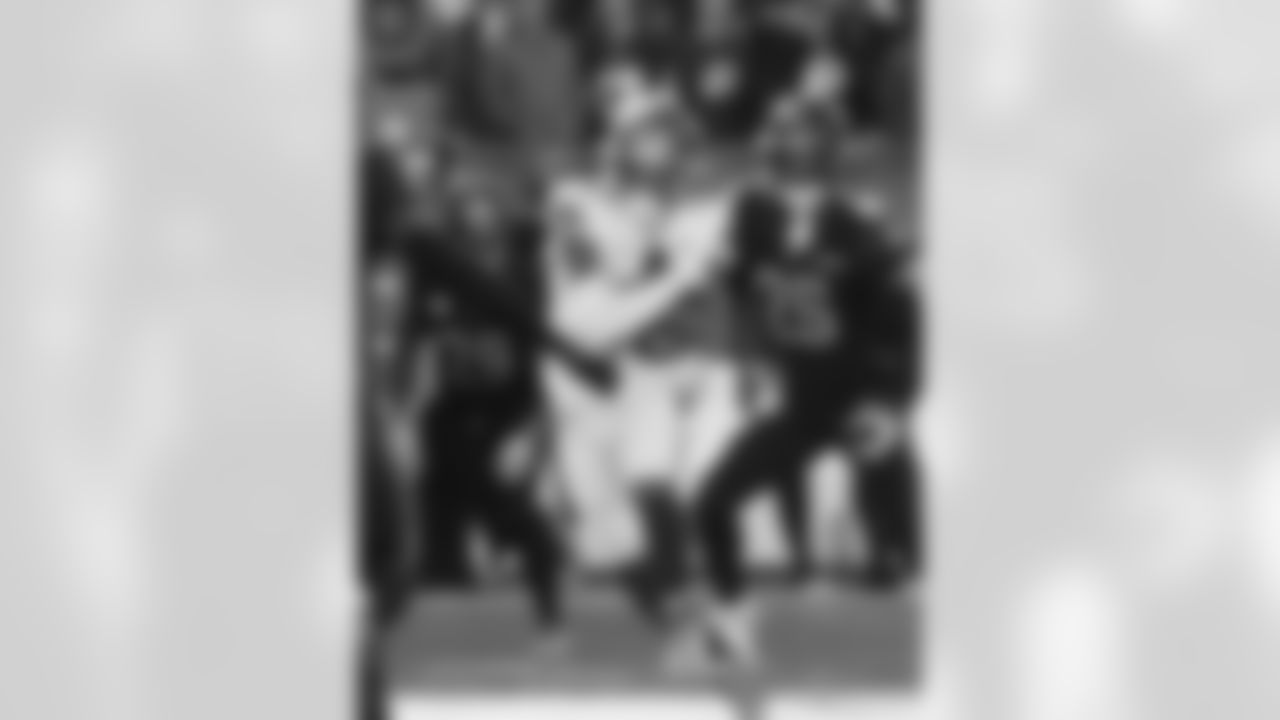
New York Giants wide receiver Darius Slayton (86) during a week 11 NFL football game against the Washington Commanders, Sunday, November 19, 2023 in Landover, Maryland. (Evan Pinkus / New York Giants)
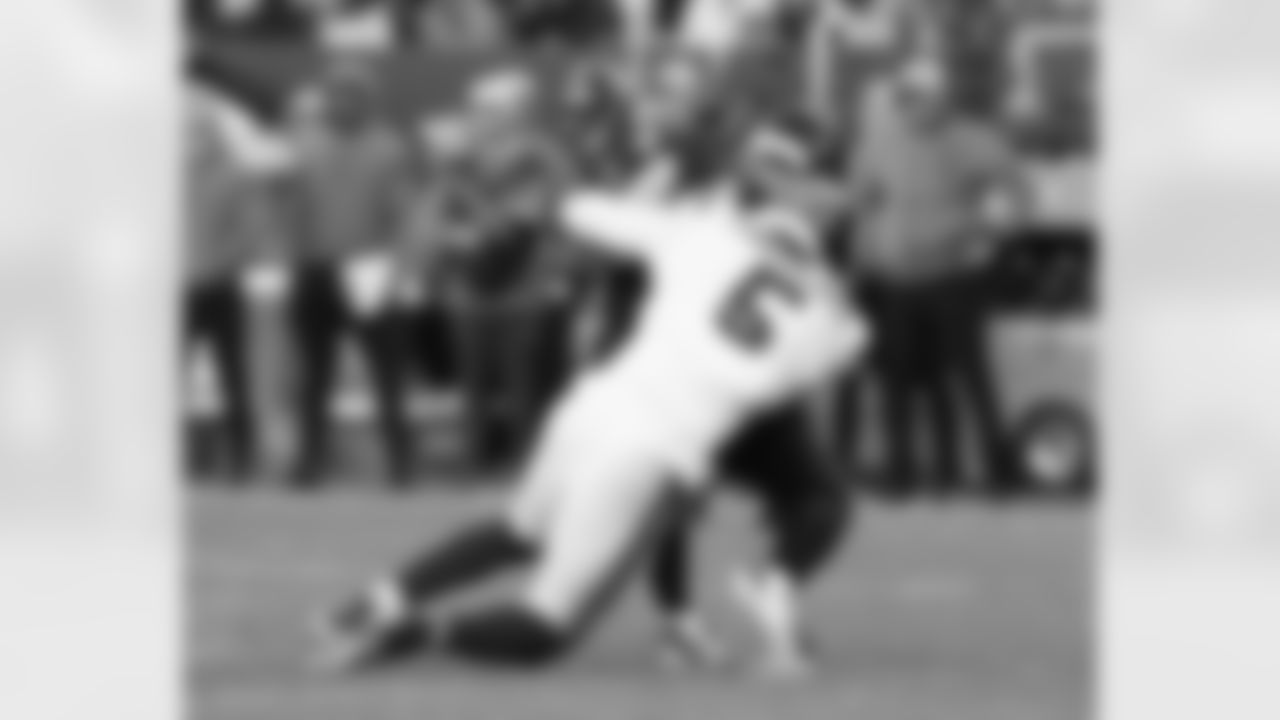
New York Giants linebacker Kayvon Thibodeaux (5) during a week 11 NFL football game against the Washington Commanders, Sunday, November 19, 2023 in Landover, Maryland. (Evan Pinkus / New York Giants)

ILB Bobby Okereke (58)
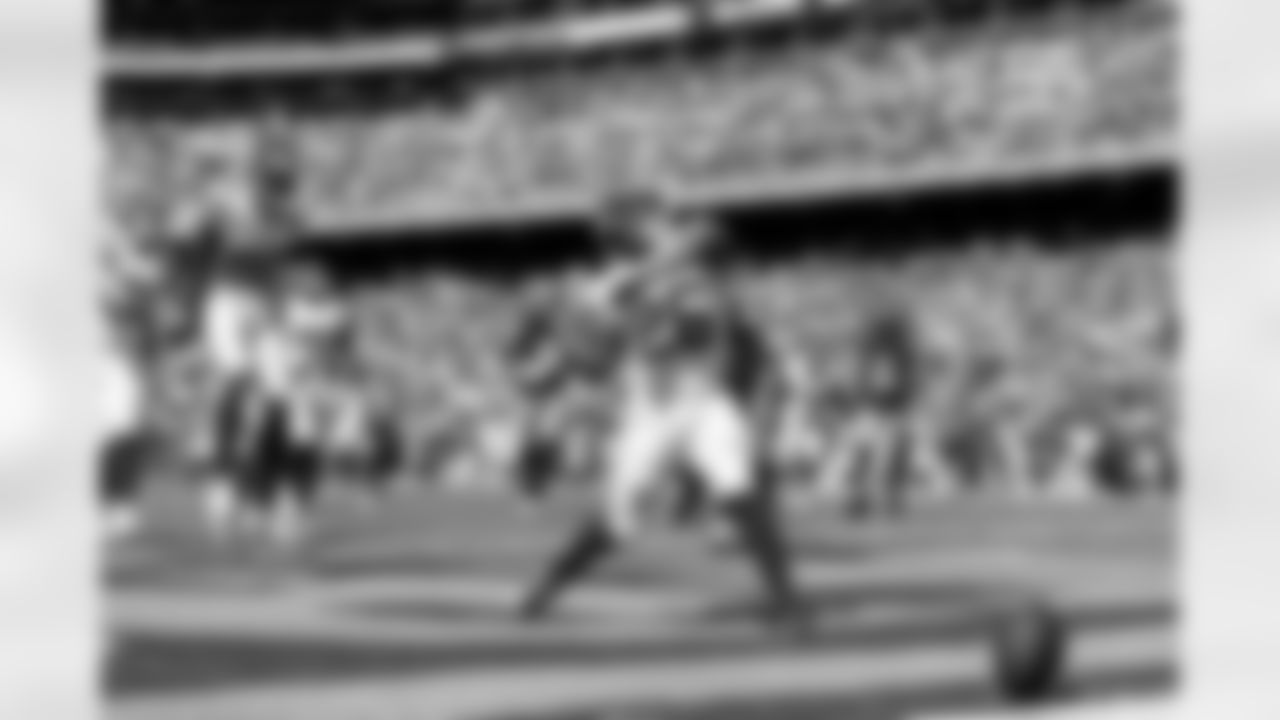
RB Devin Singletary (26)
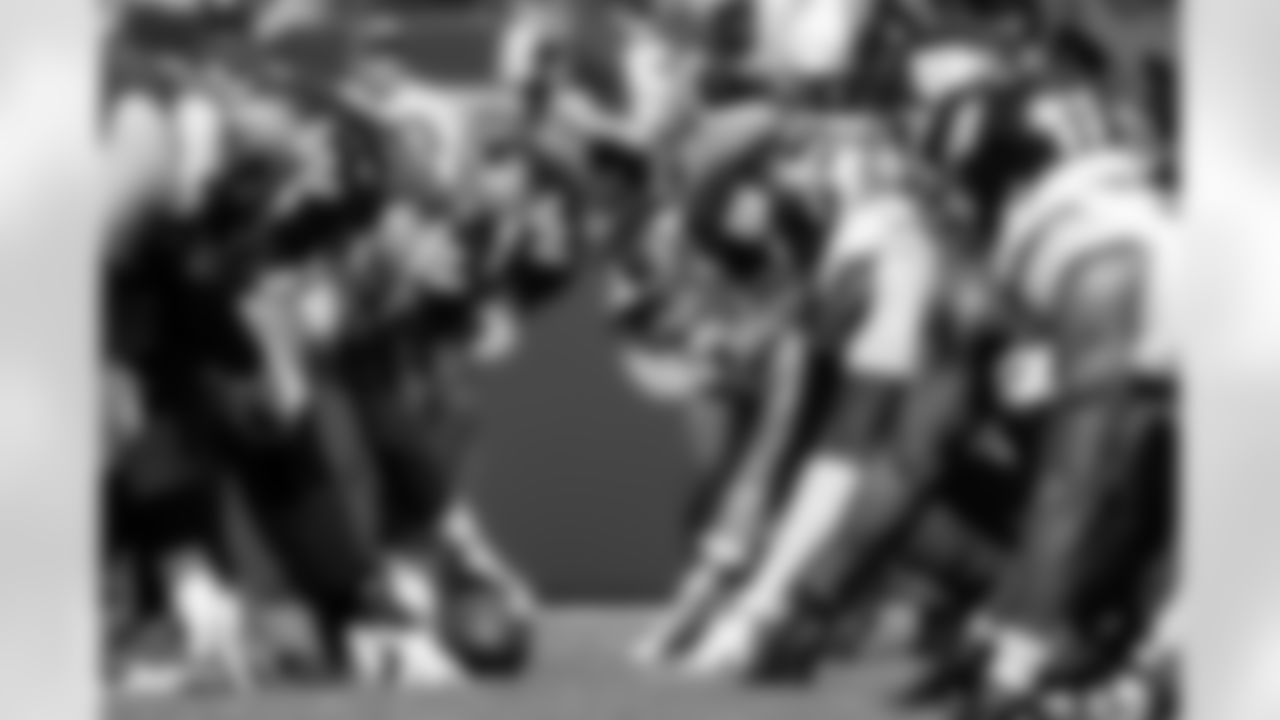
S Dane Belton (24)
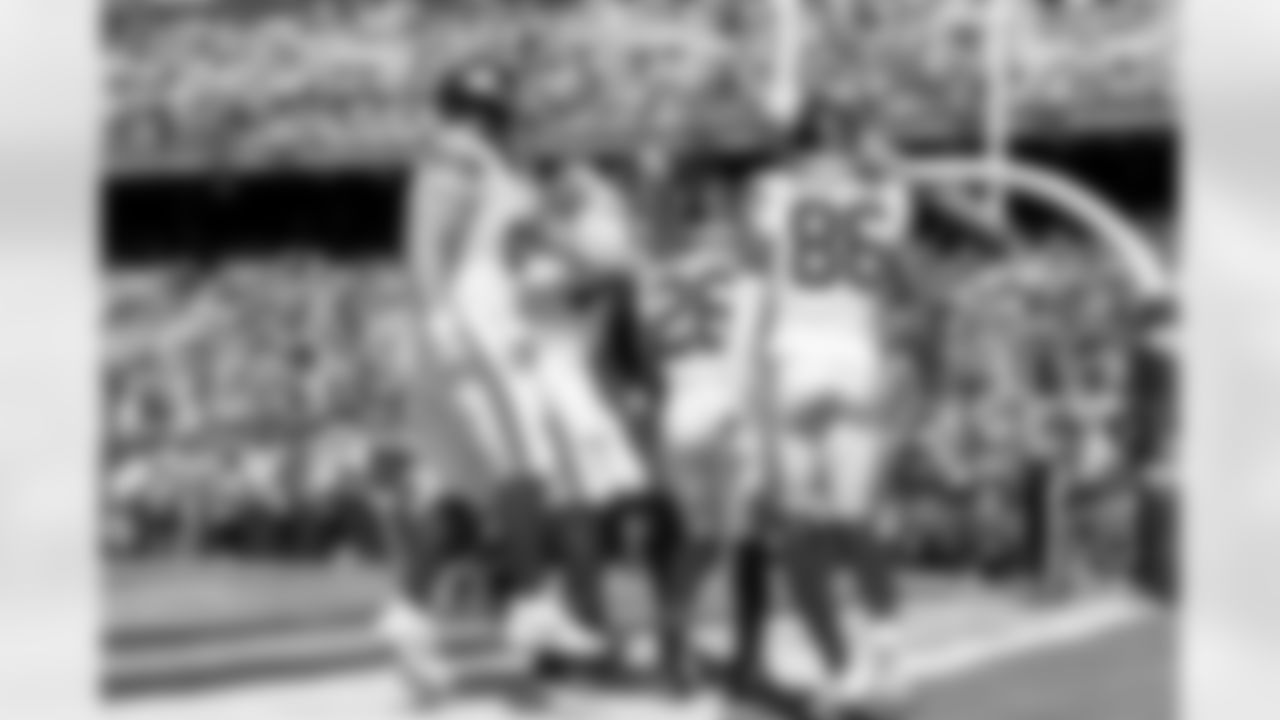
C John Michael Schmitz Jr. (61), T Andrew Thomas (78), RB Devin Singletary (26), WR Darius Slayton (86)
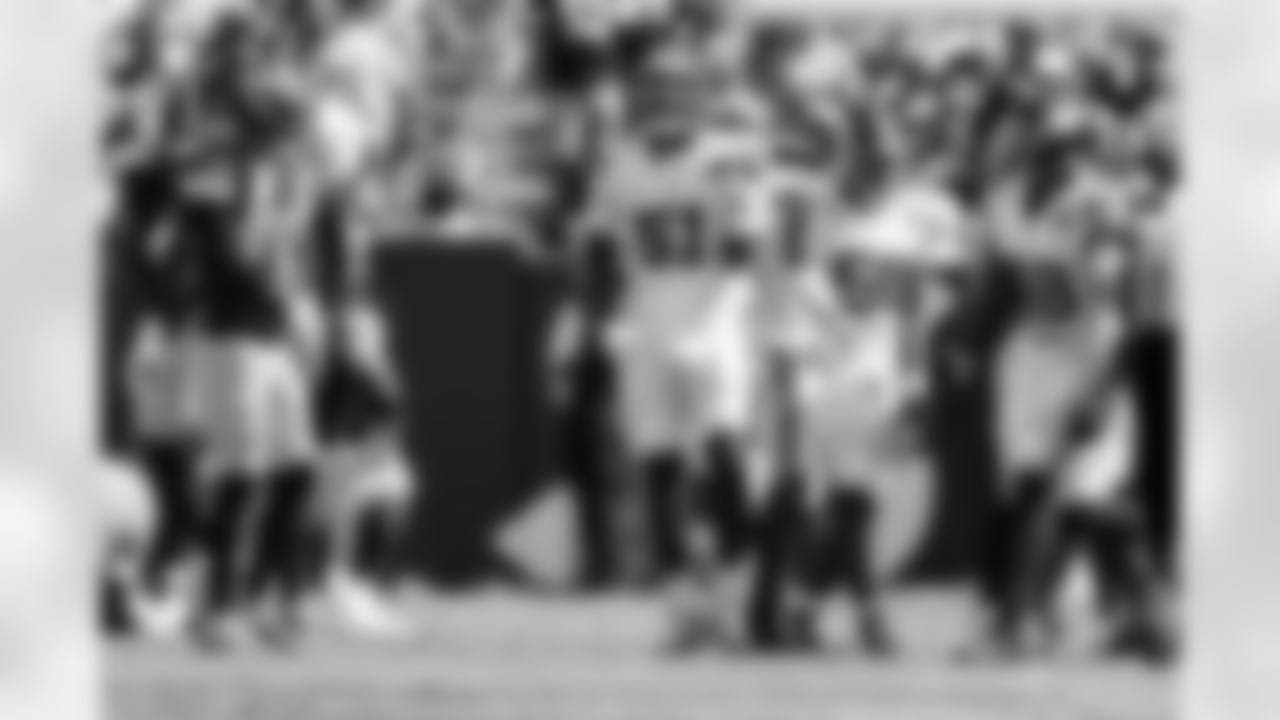
OLB Azeez Ojulari (51)
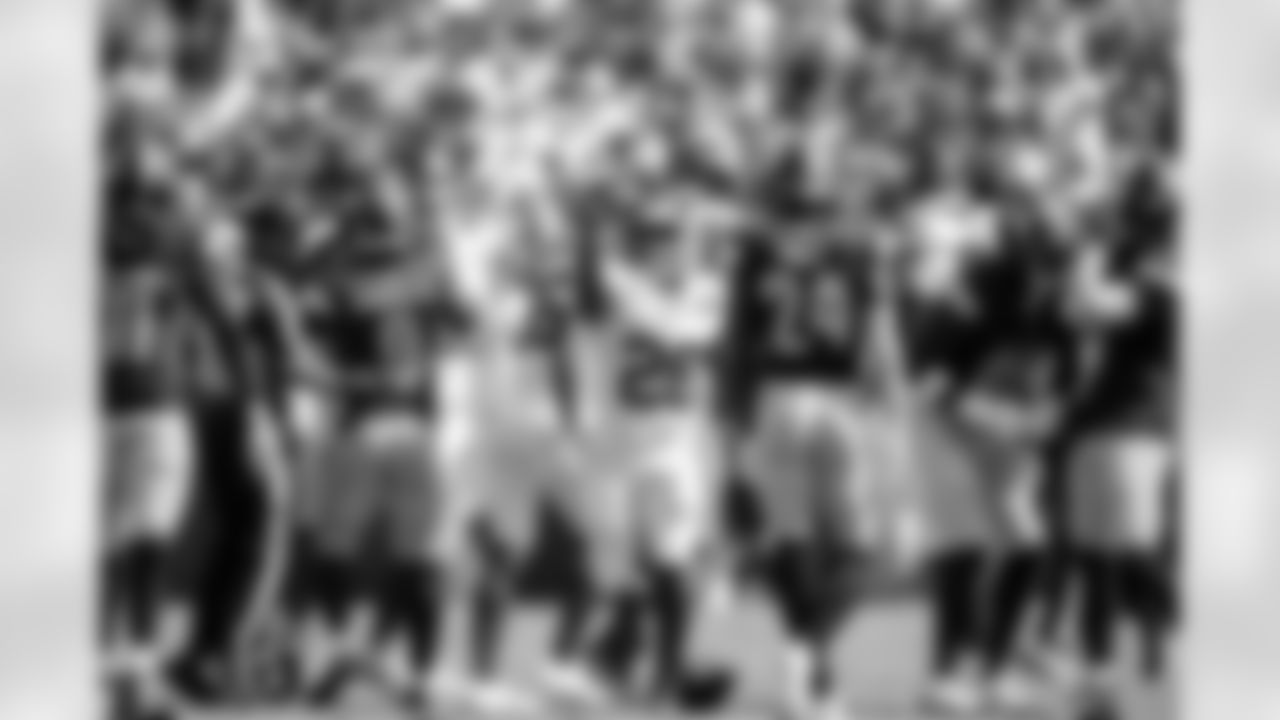
RB Devin Singletary (26)
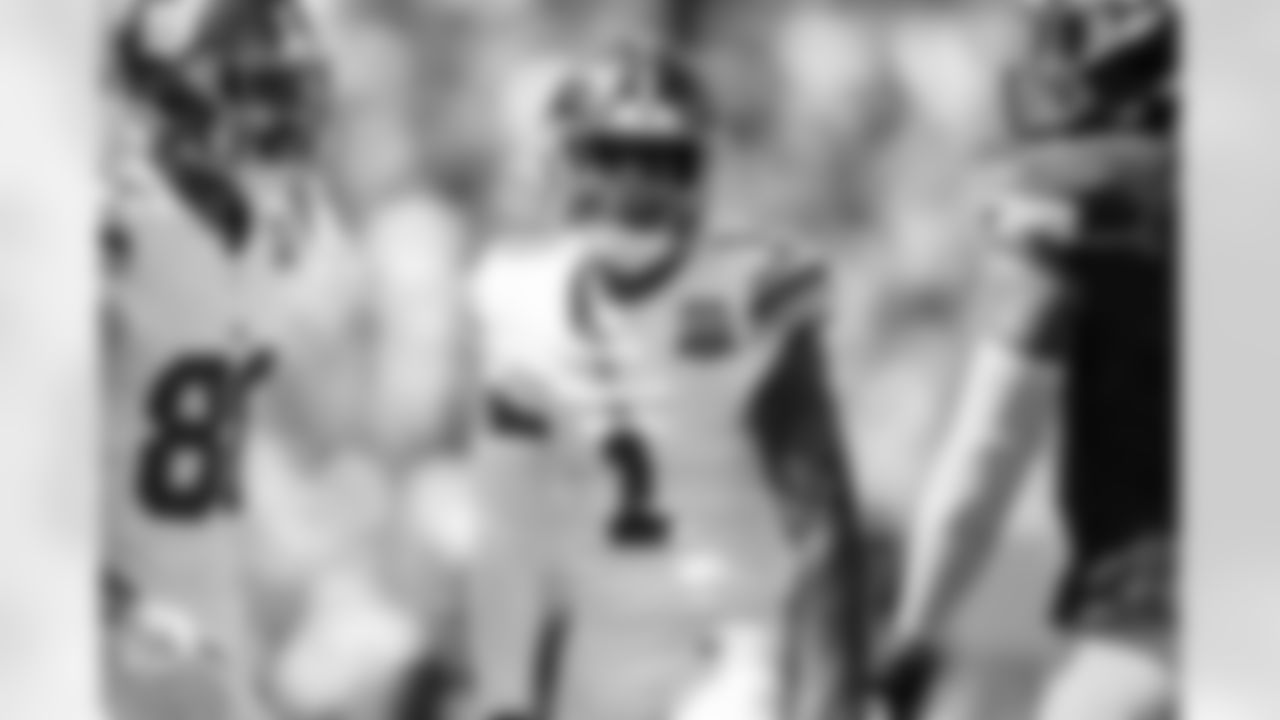
WR Malik Nabers (1)
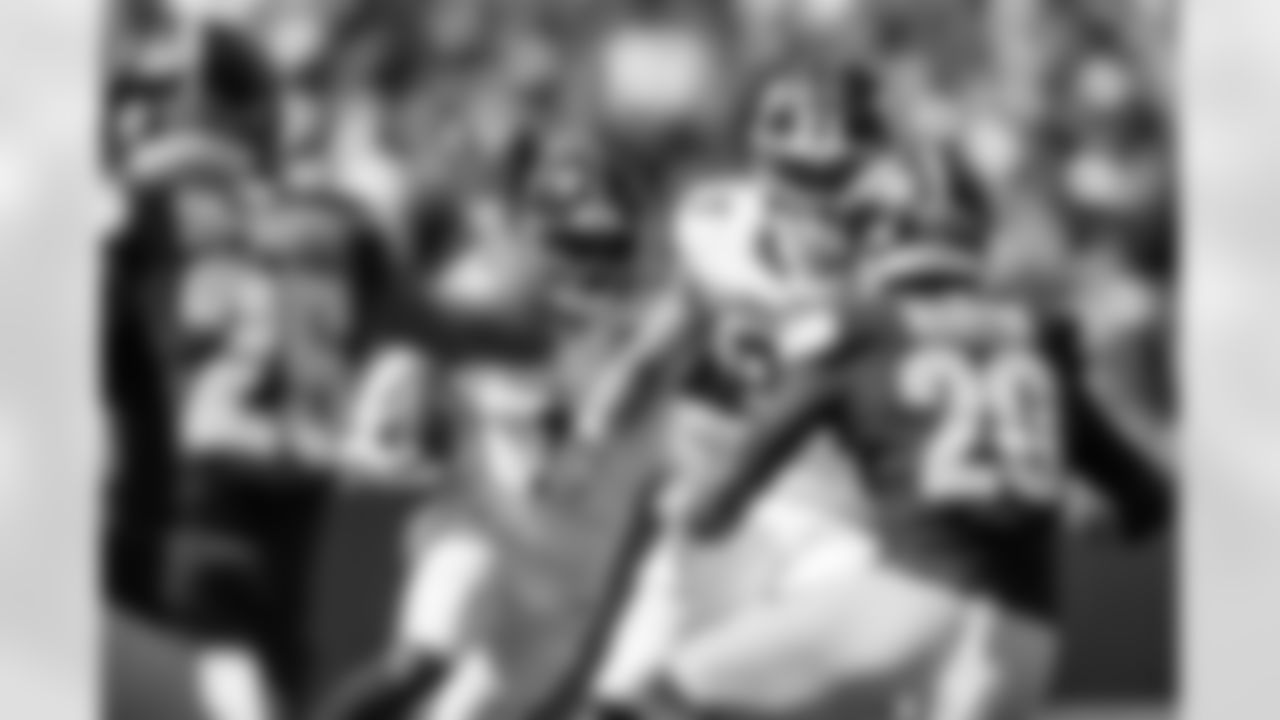
WR Malik Nabers (1)
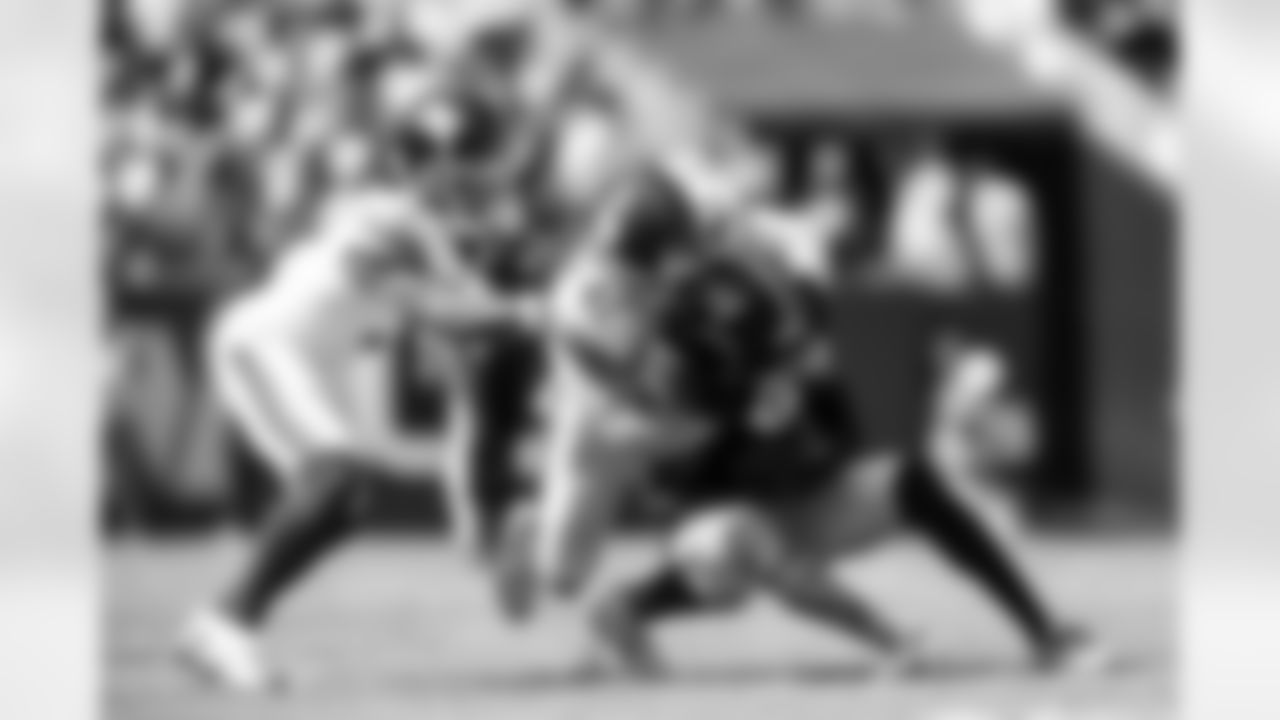
CB Deonte Banks (3), ILB Micah McFadden (41)
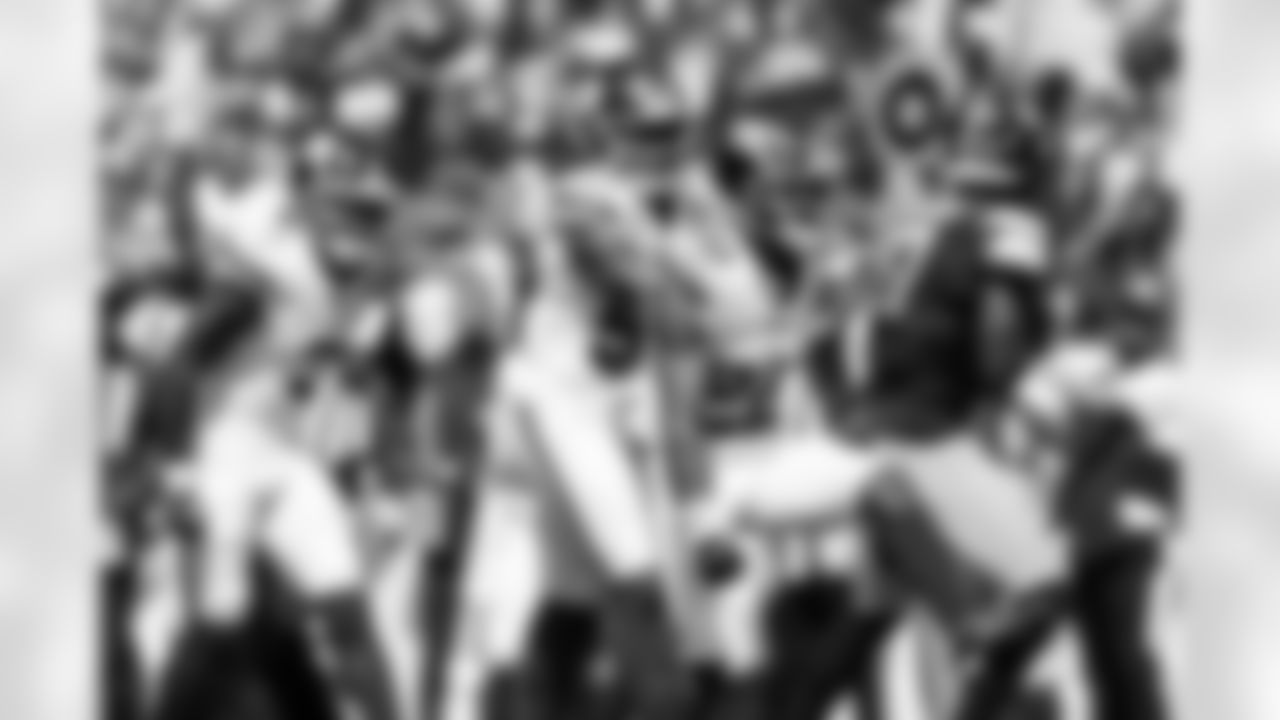
CB Dru Phillips (22)

Giants TV Streaming App
Watch exclusive videos with the GiantsTV app for Apple TV, Roku, and Amazon Fire TV. Also available in the Giants mobile app



